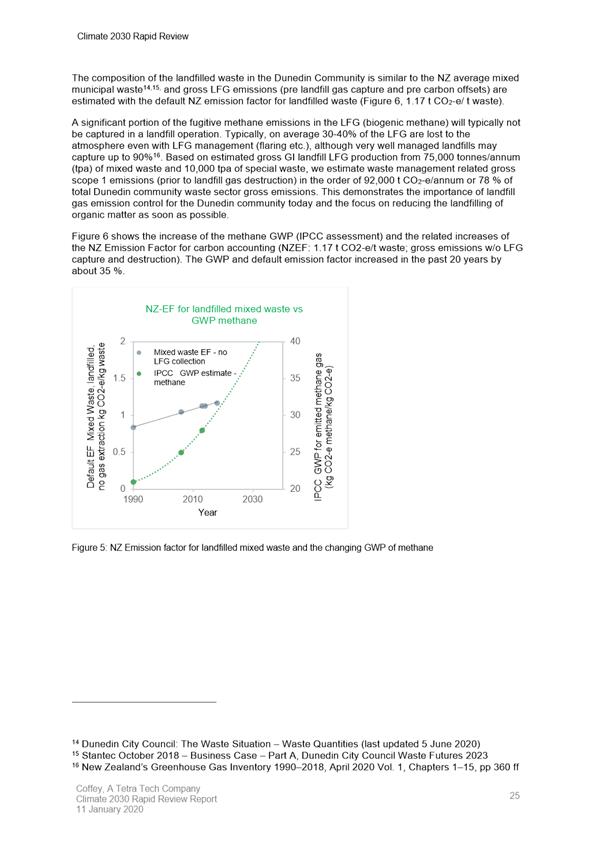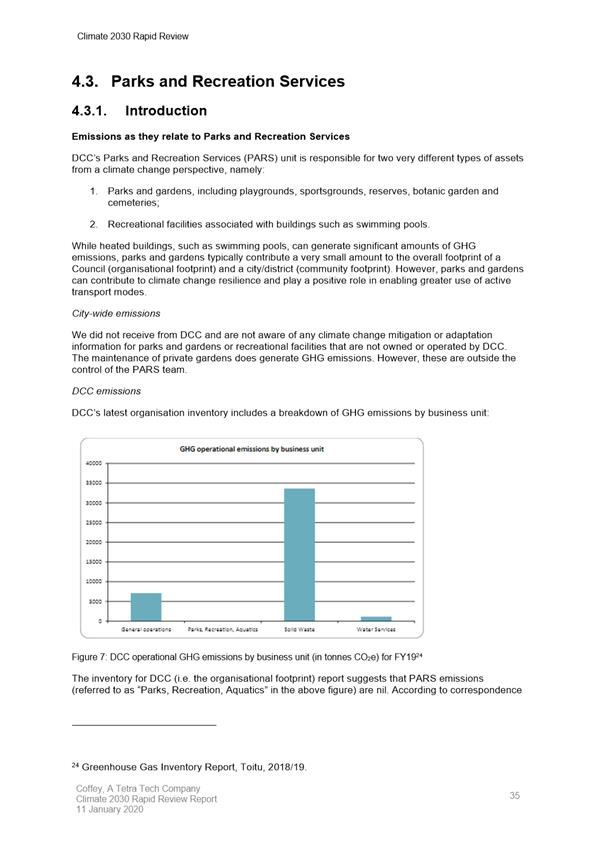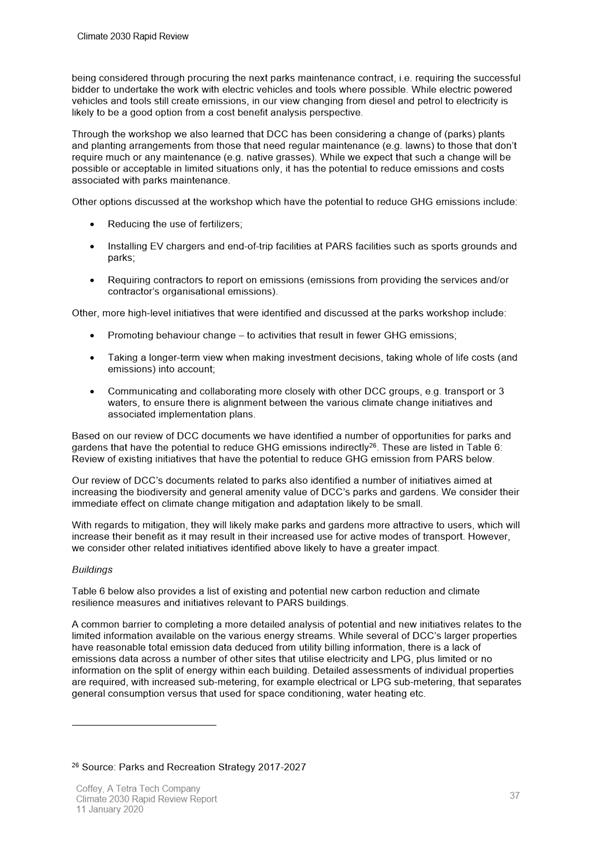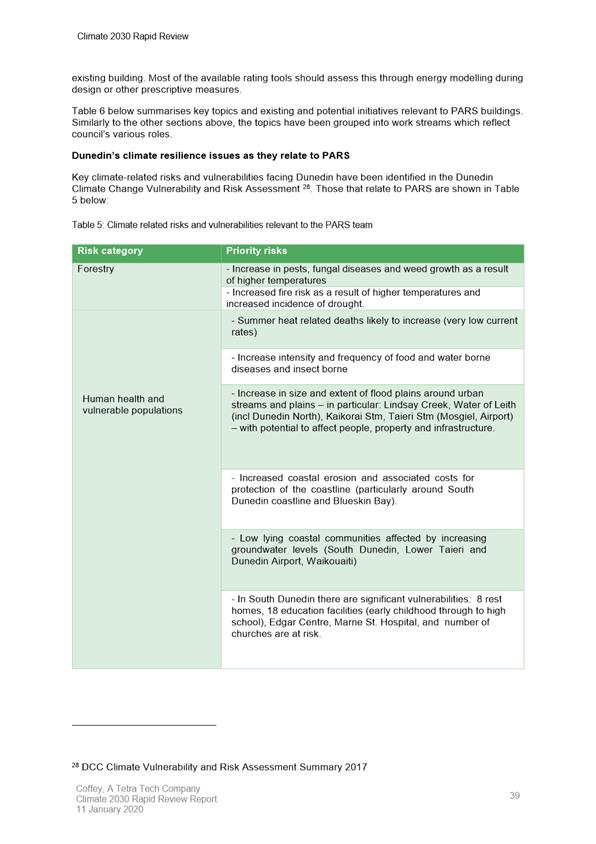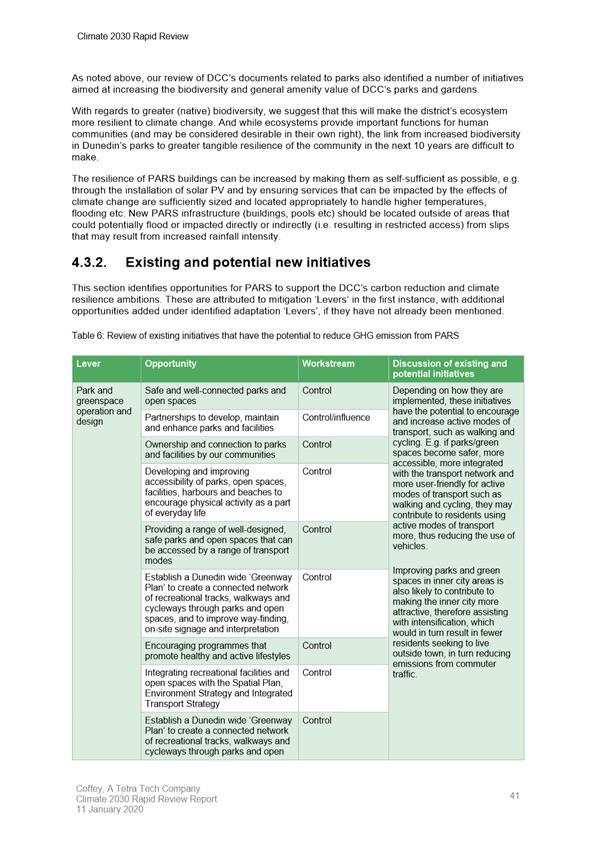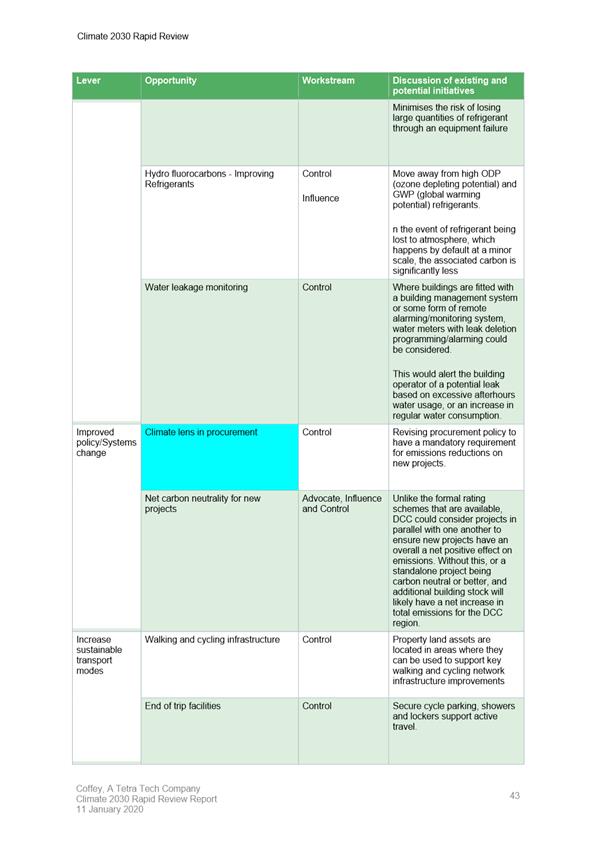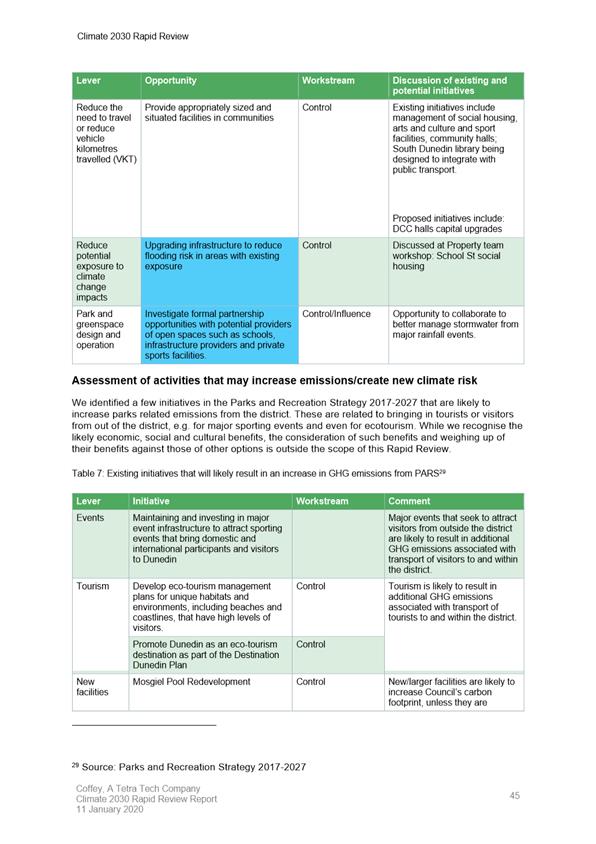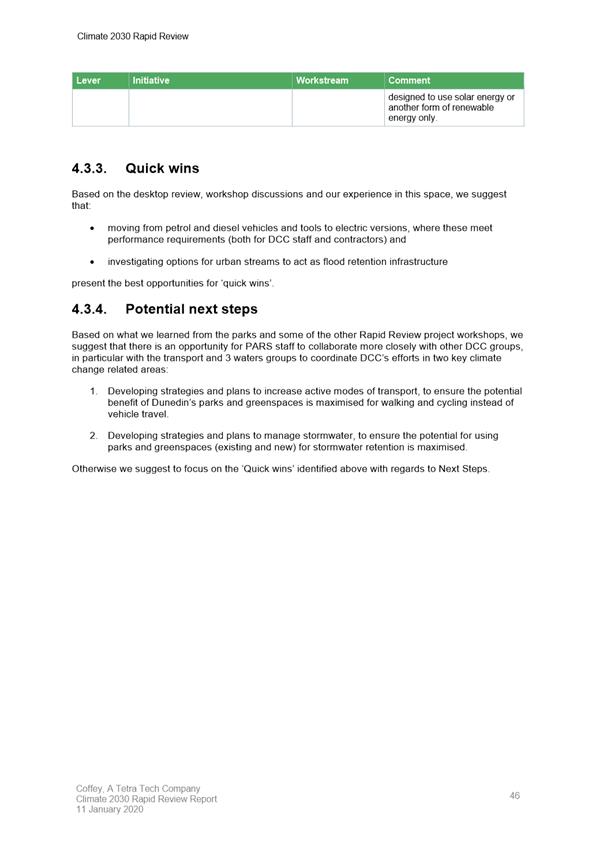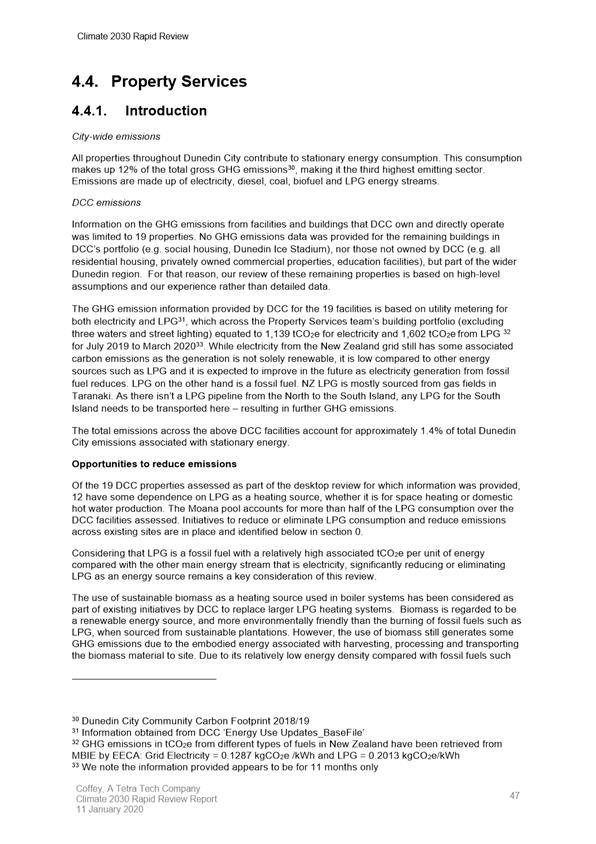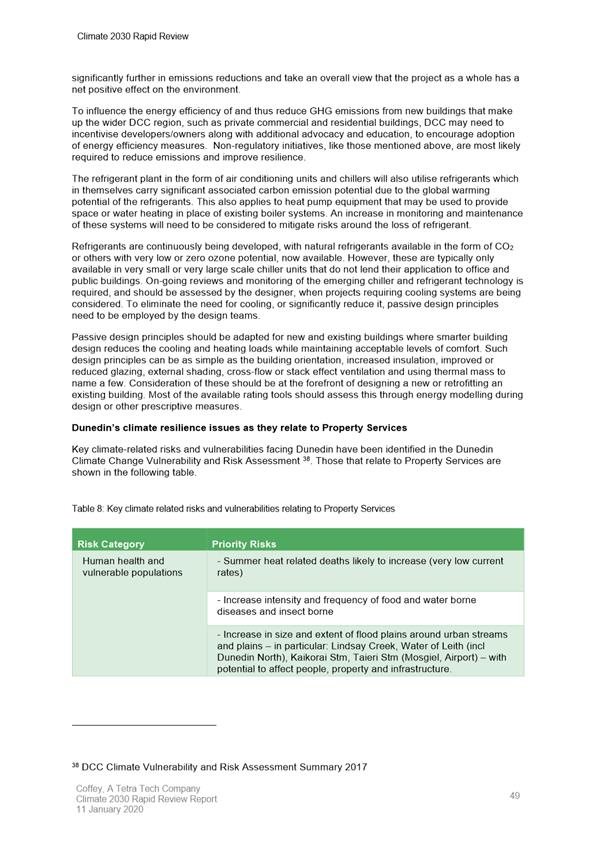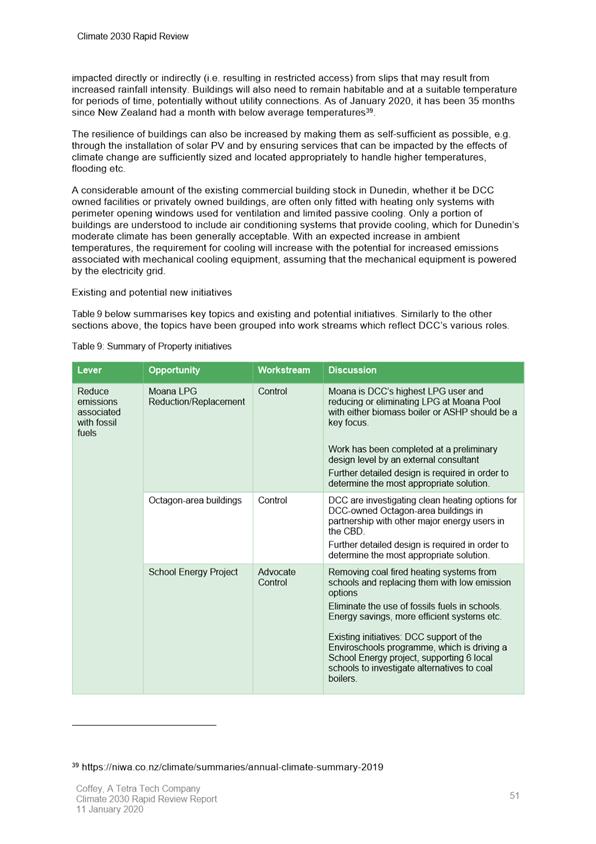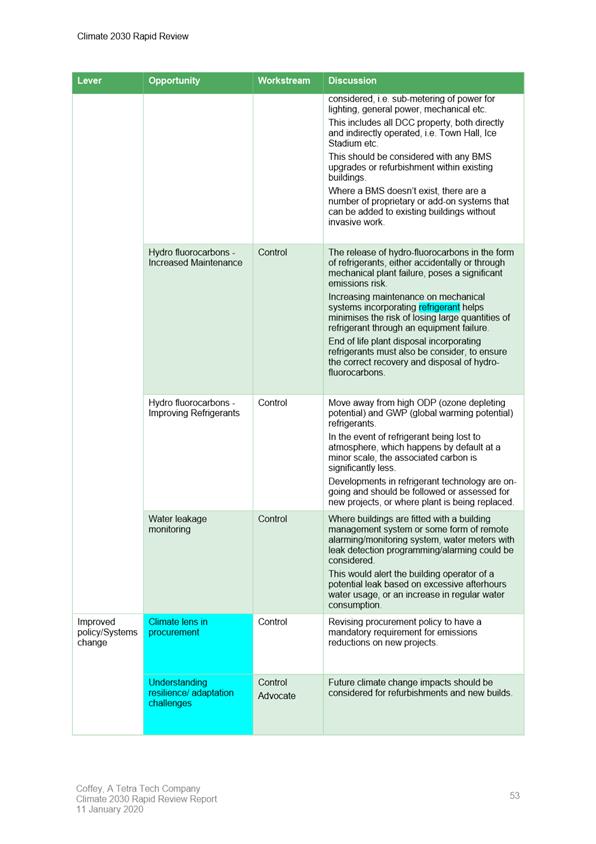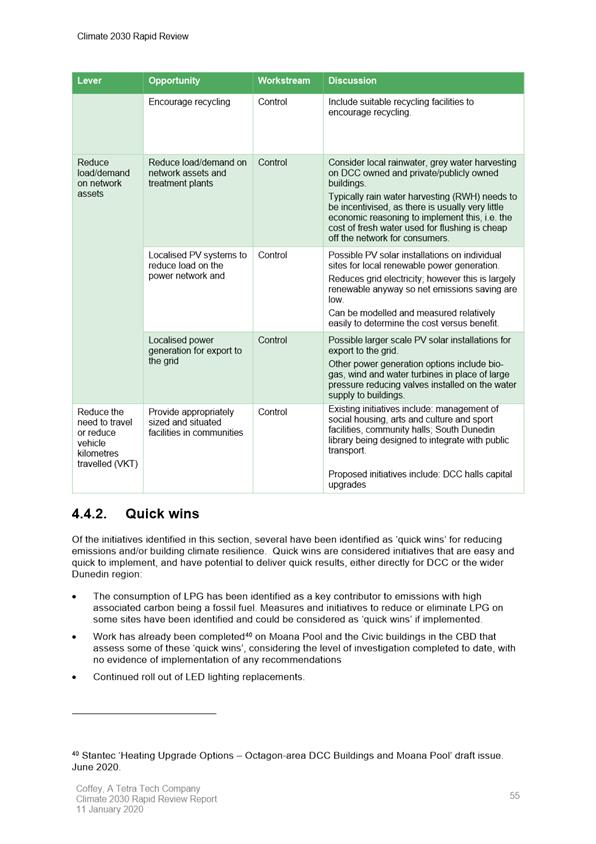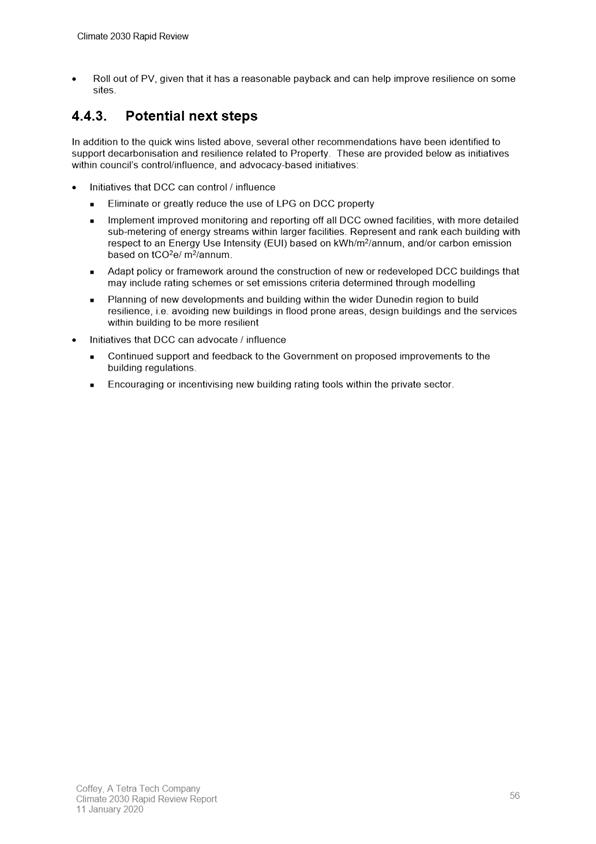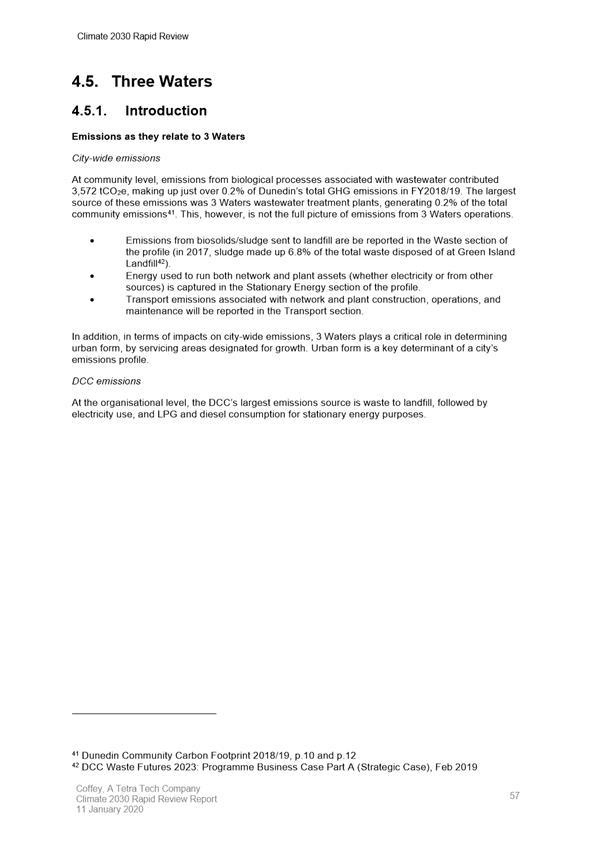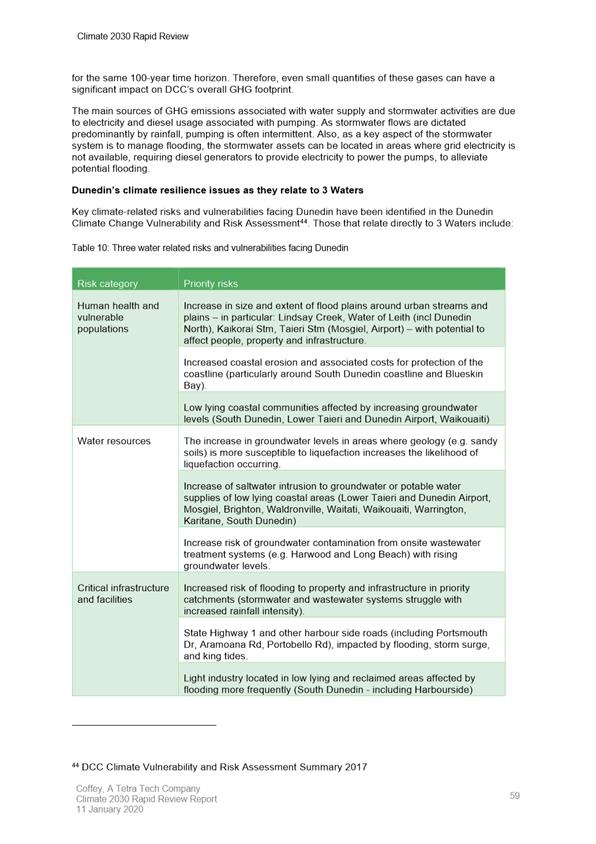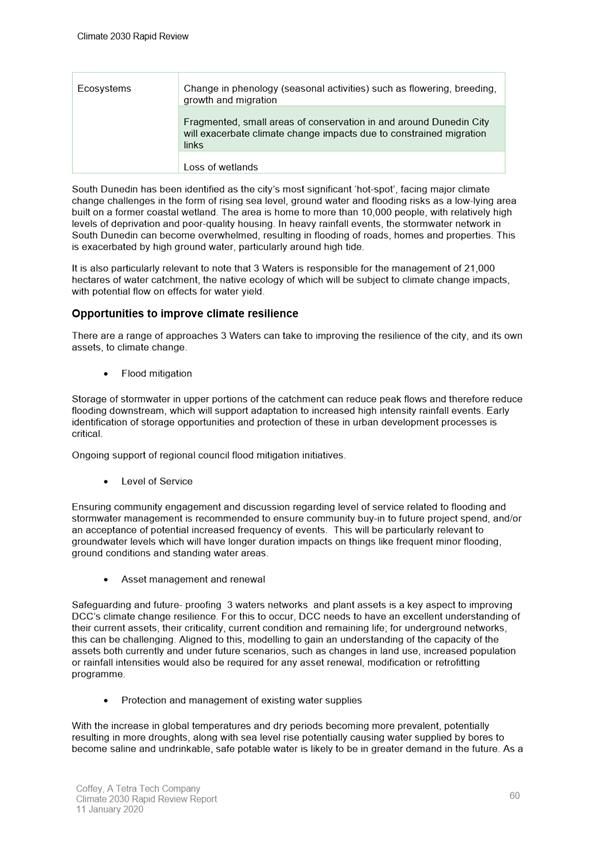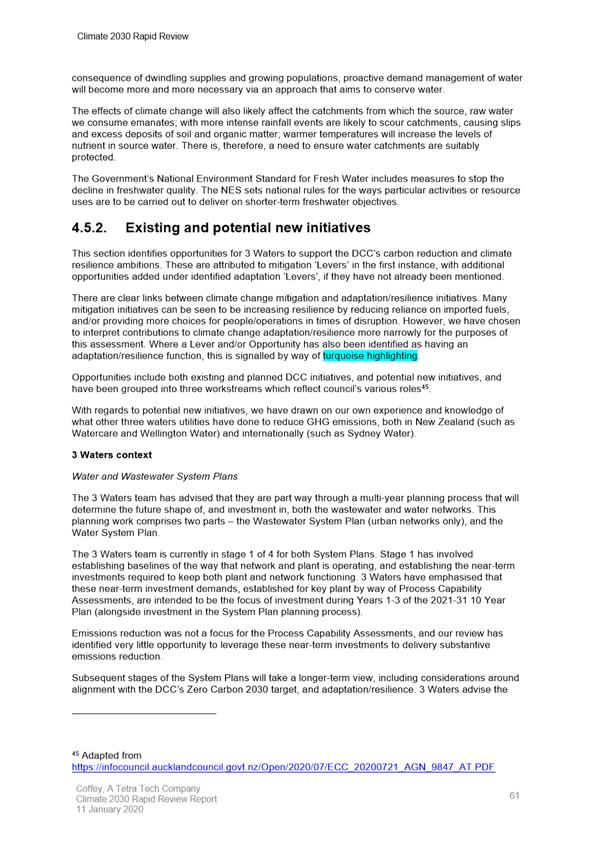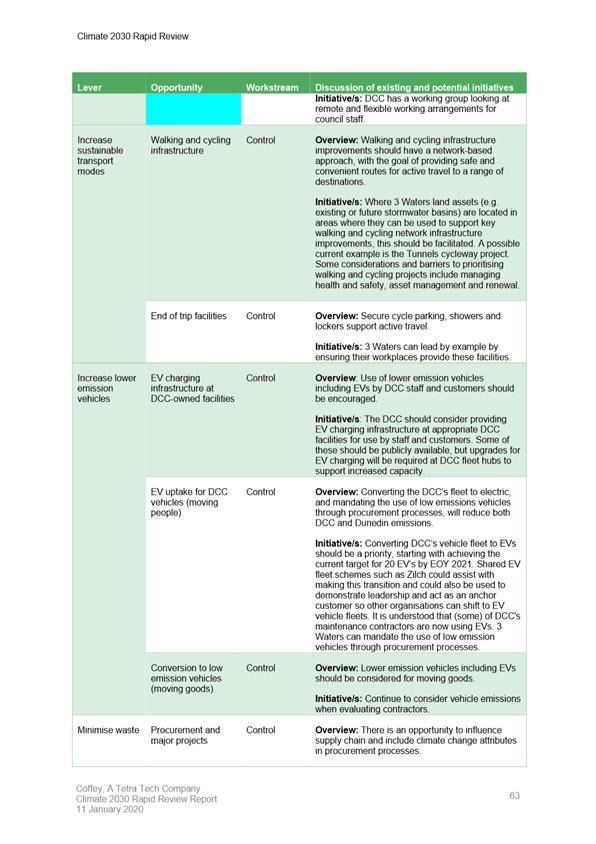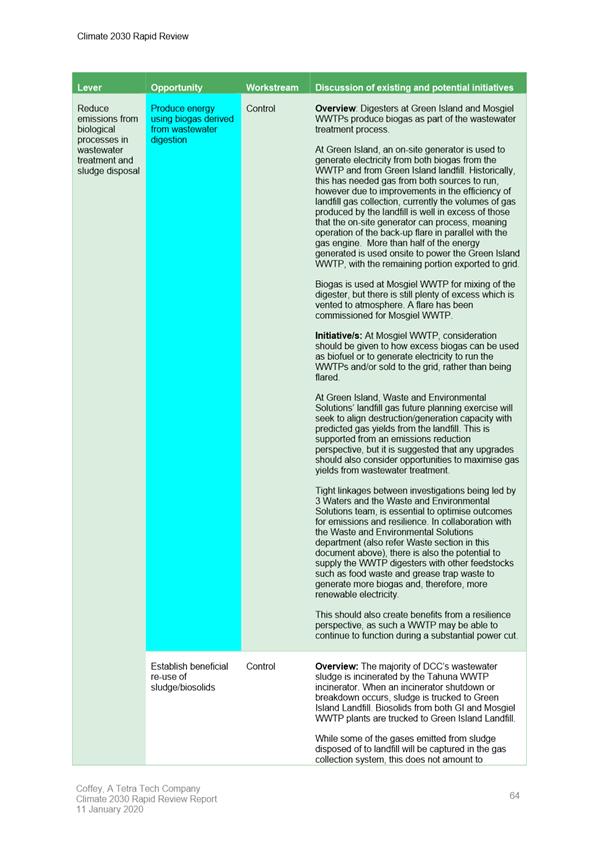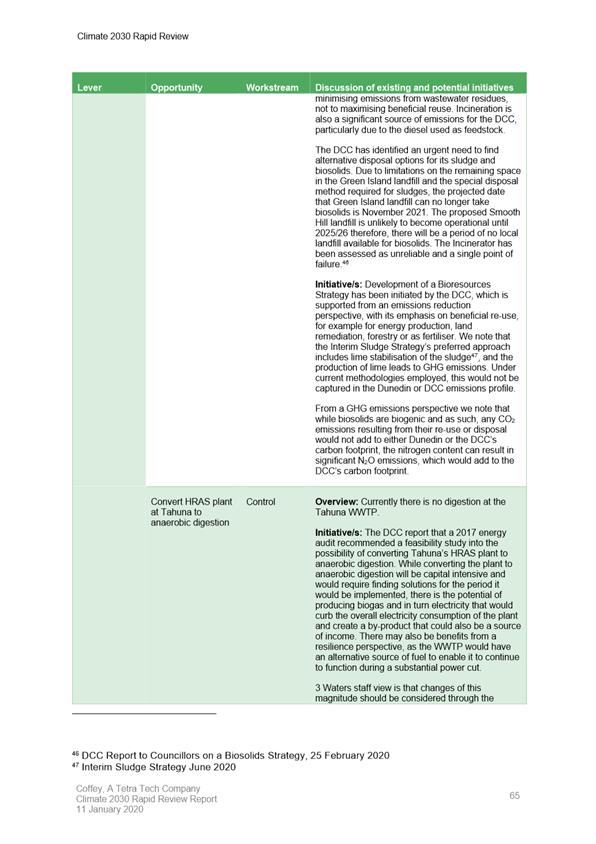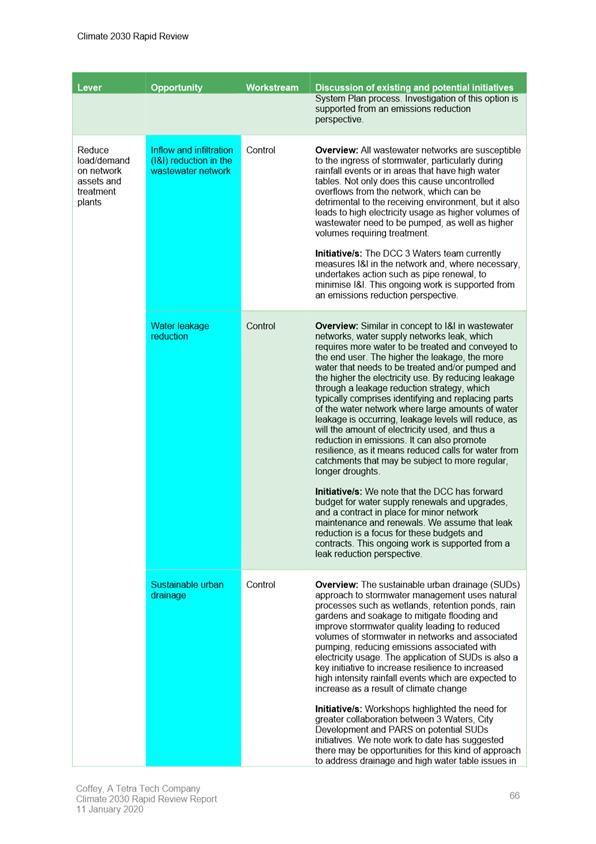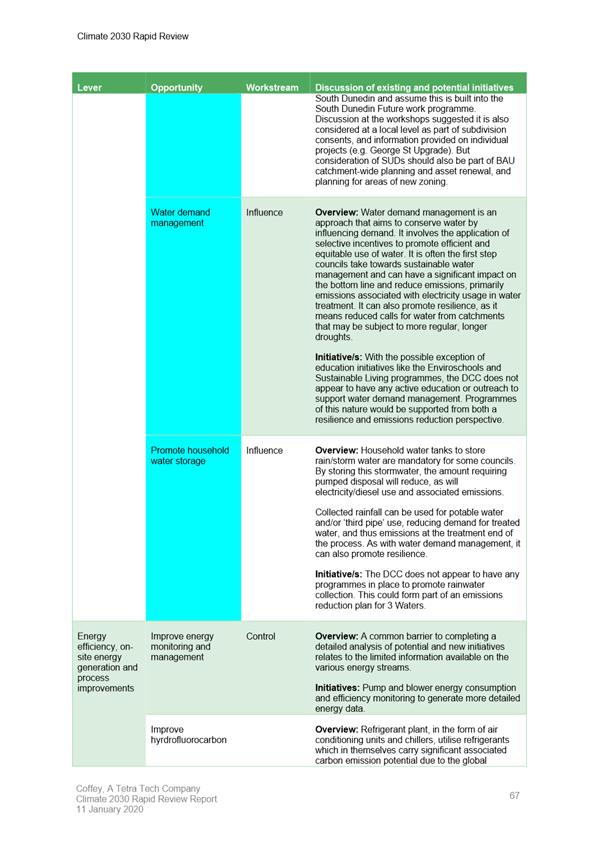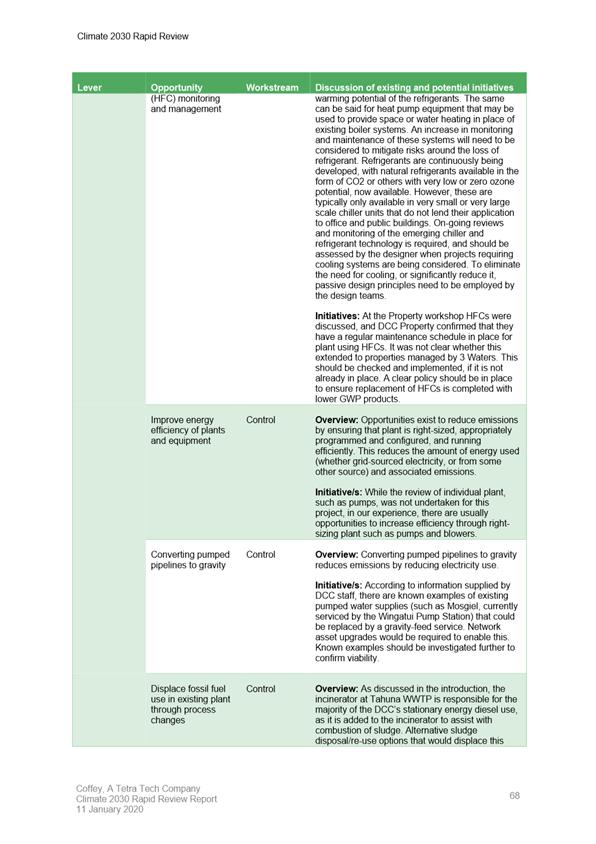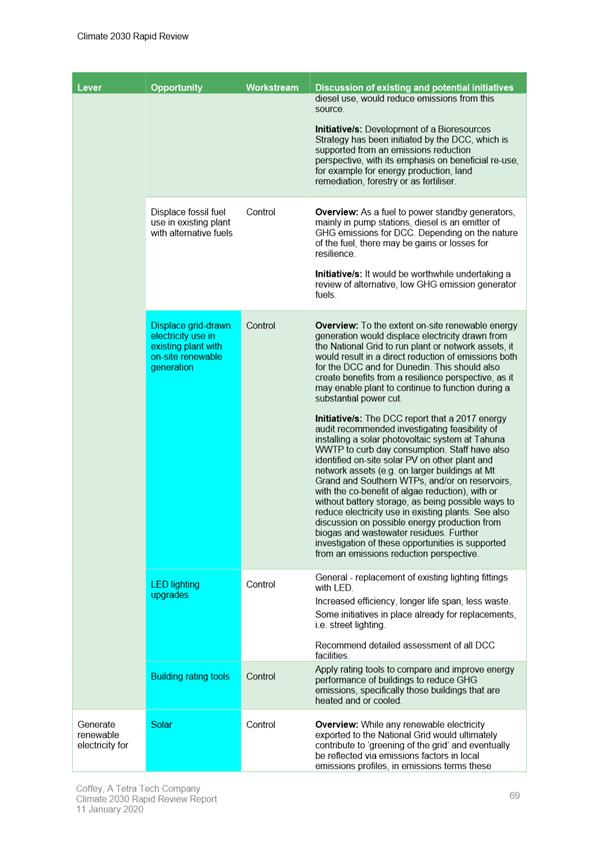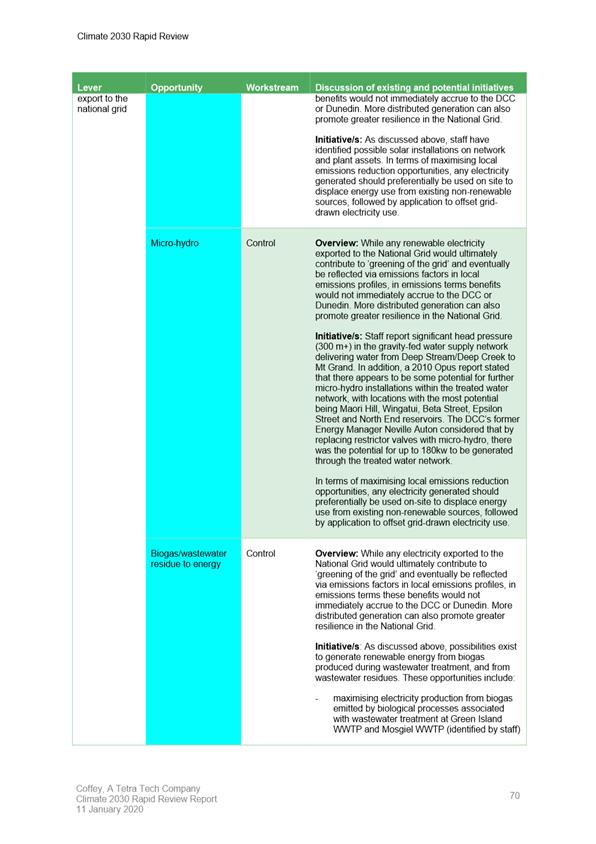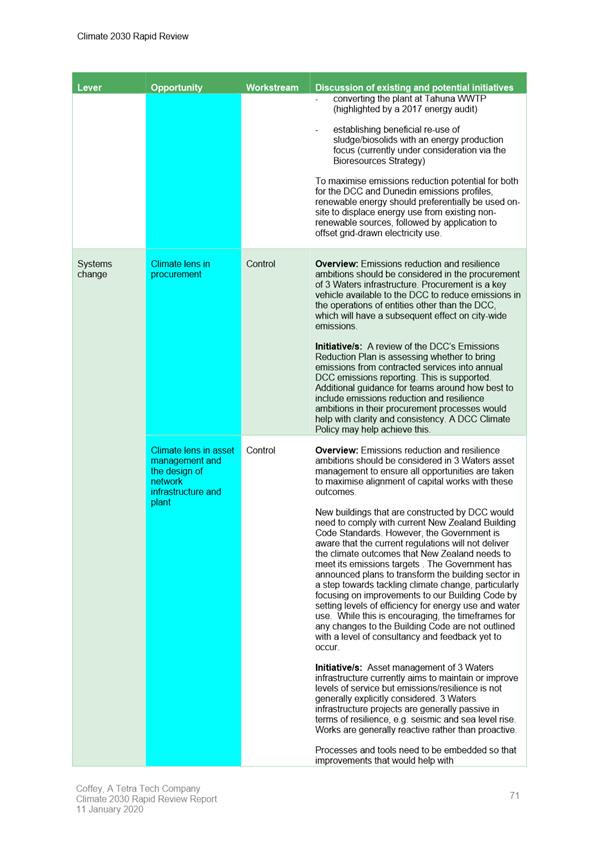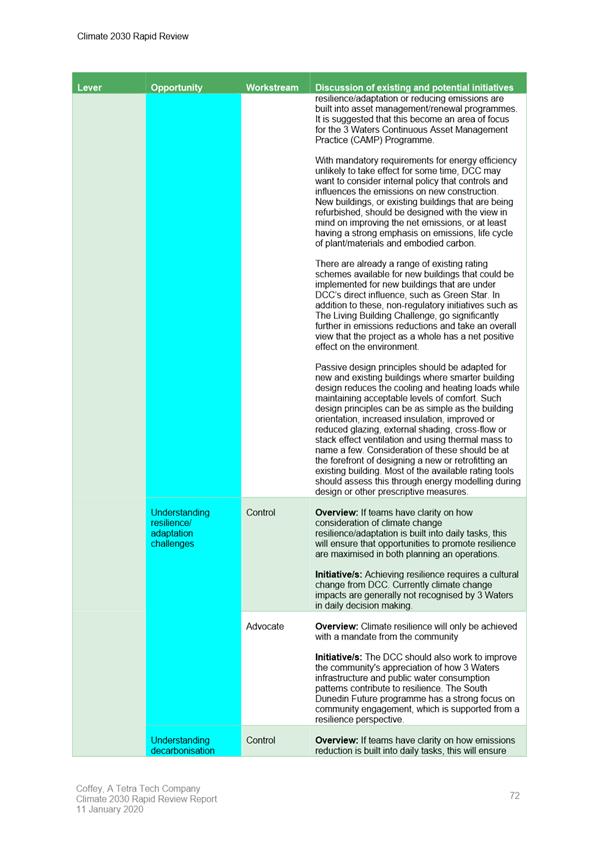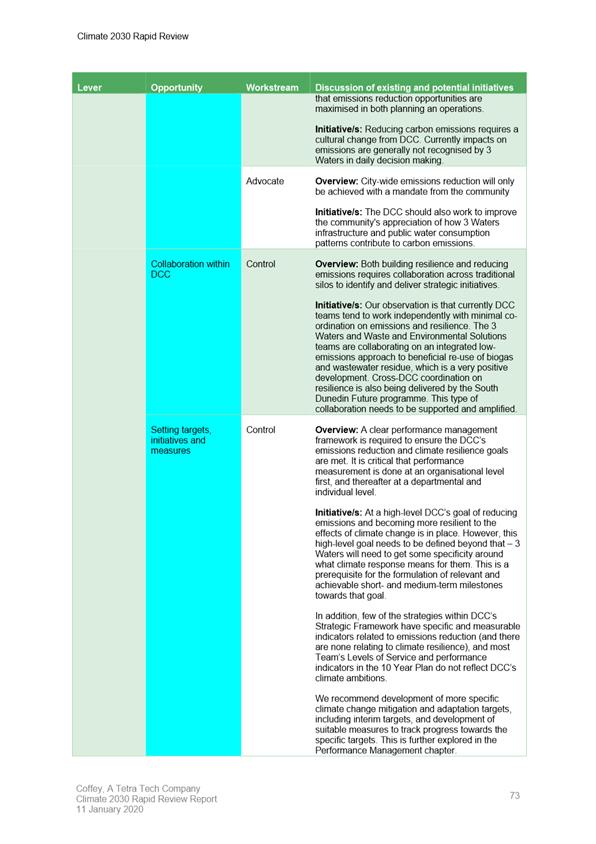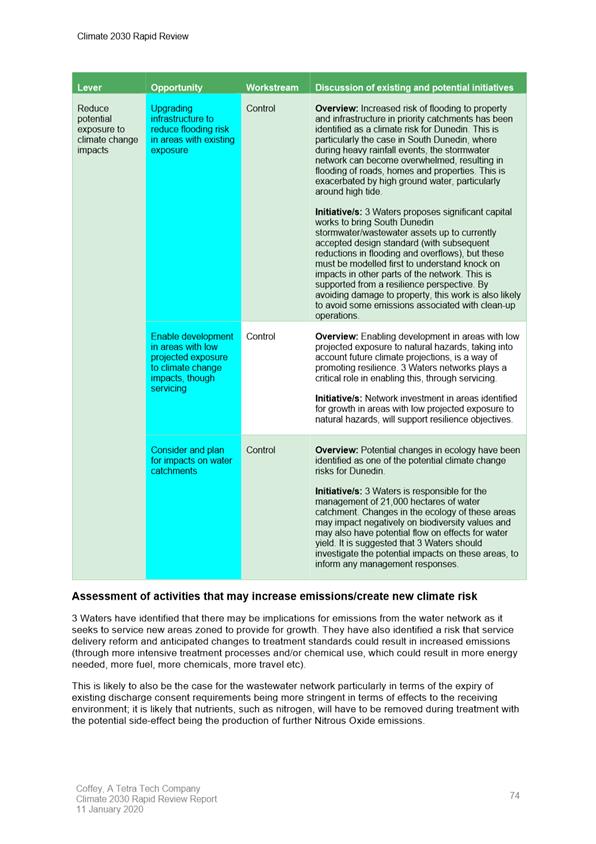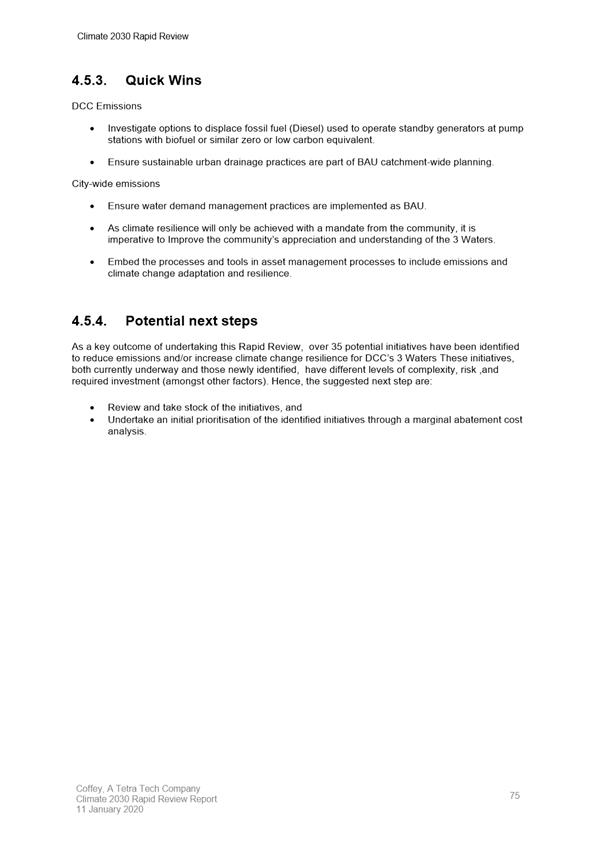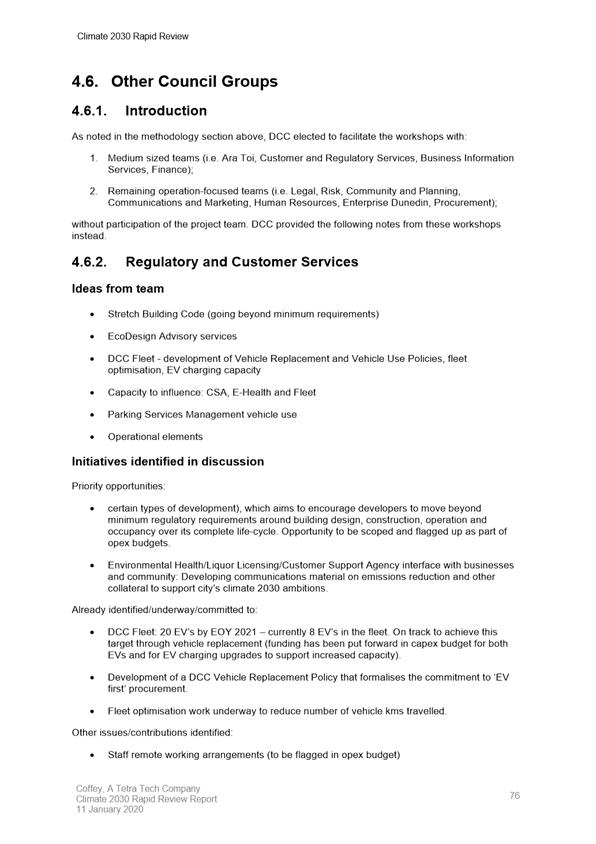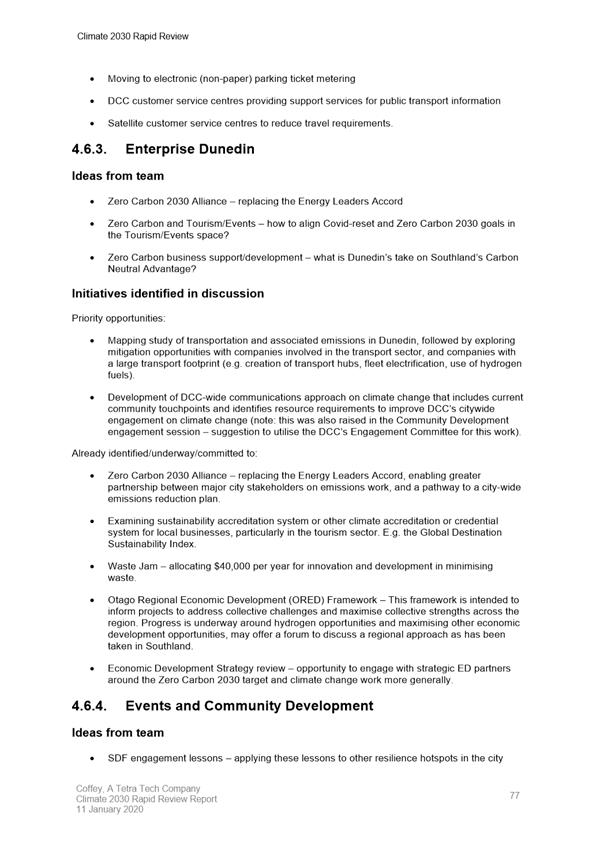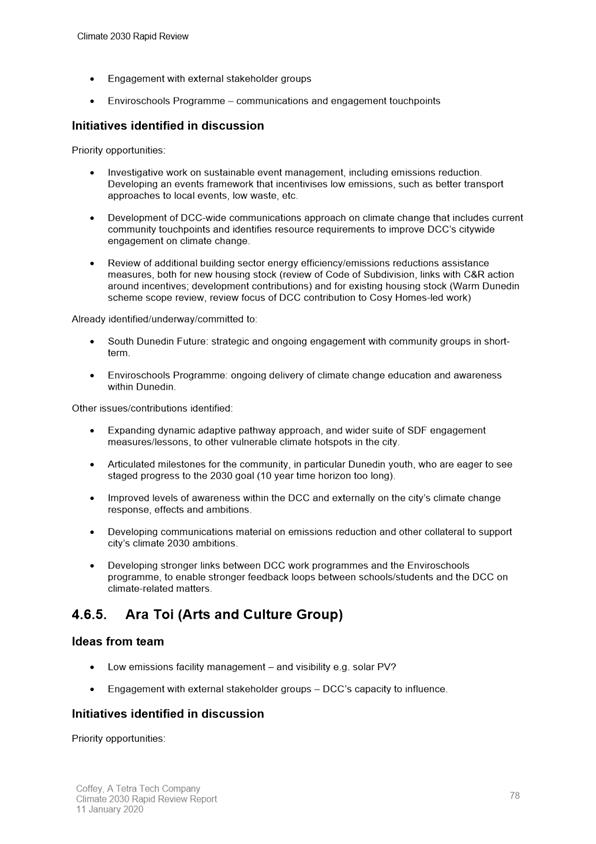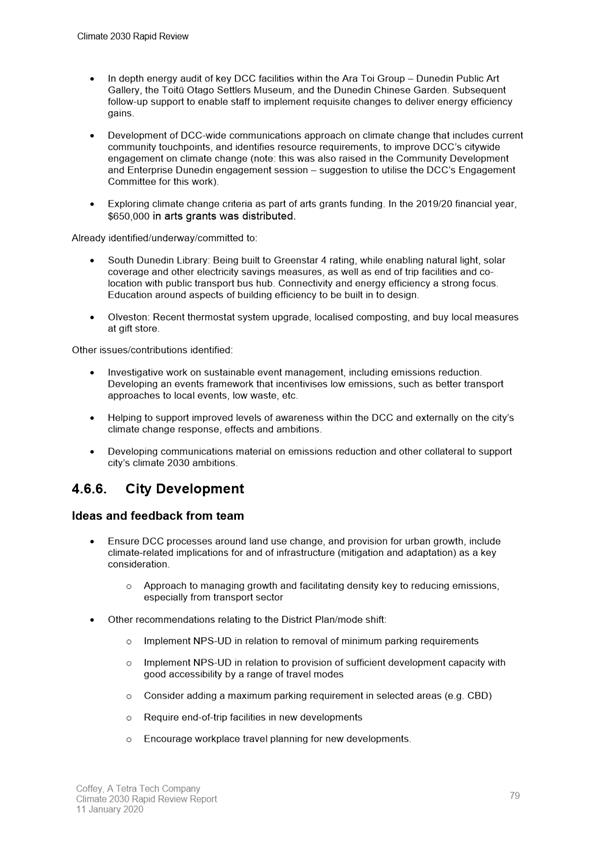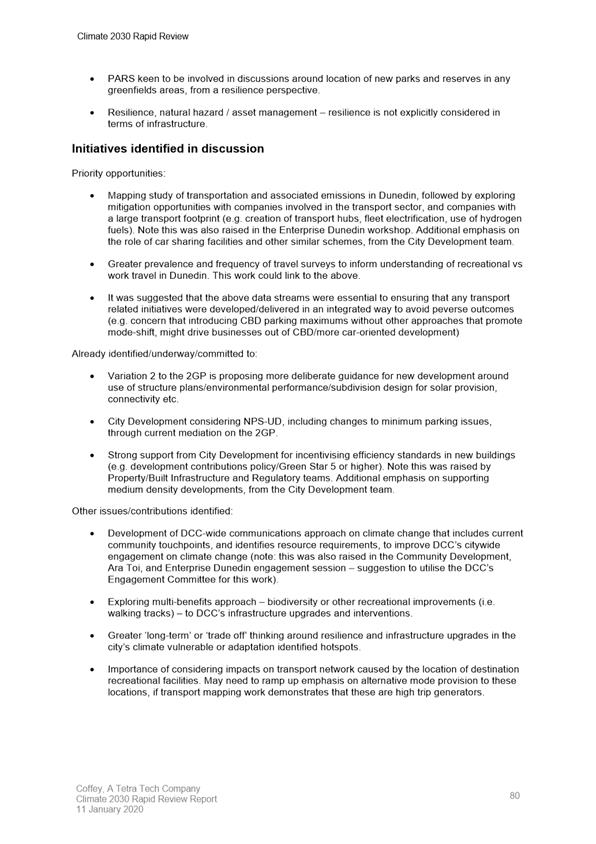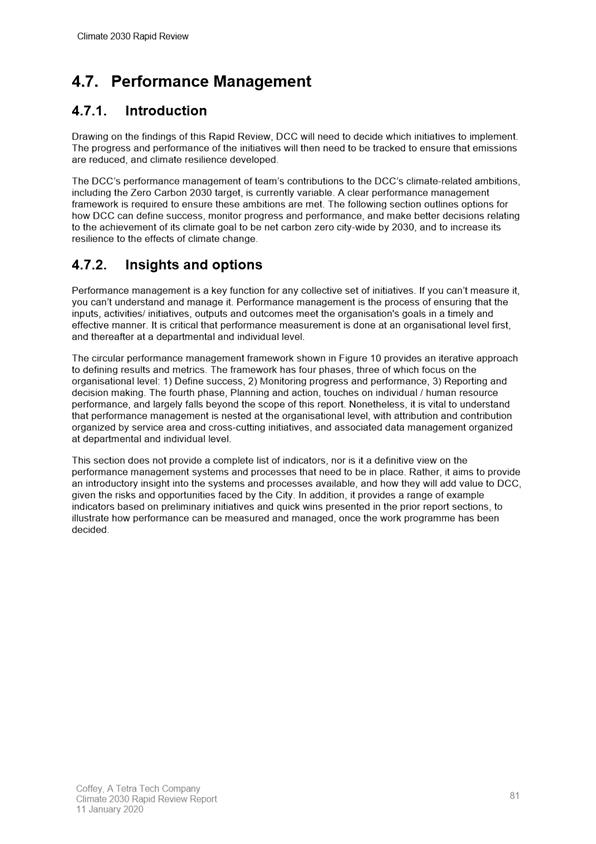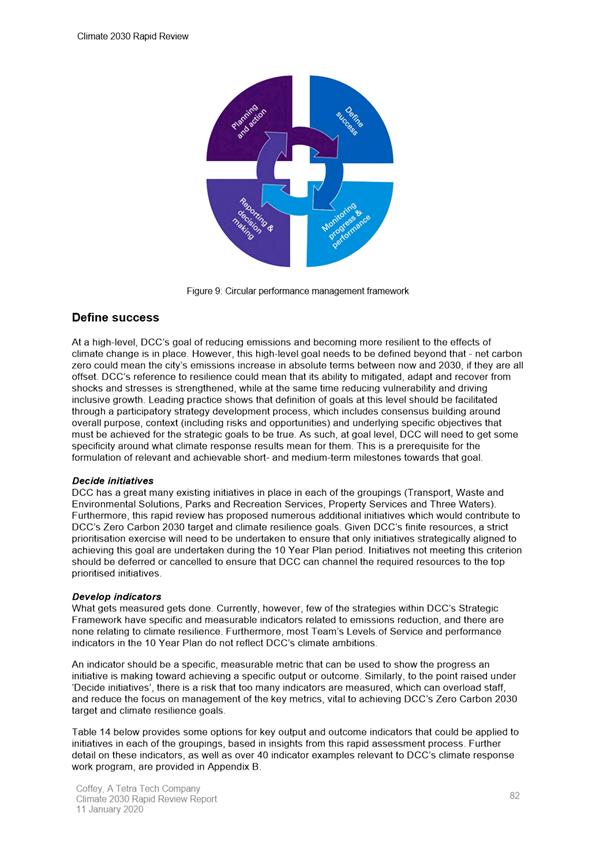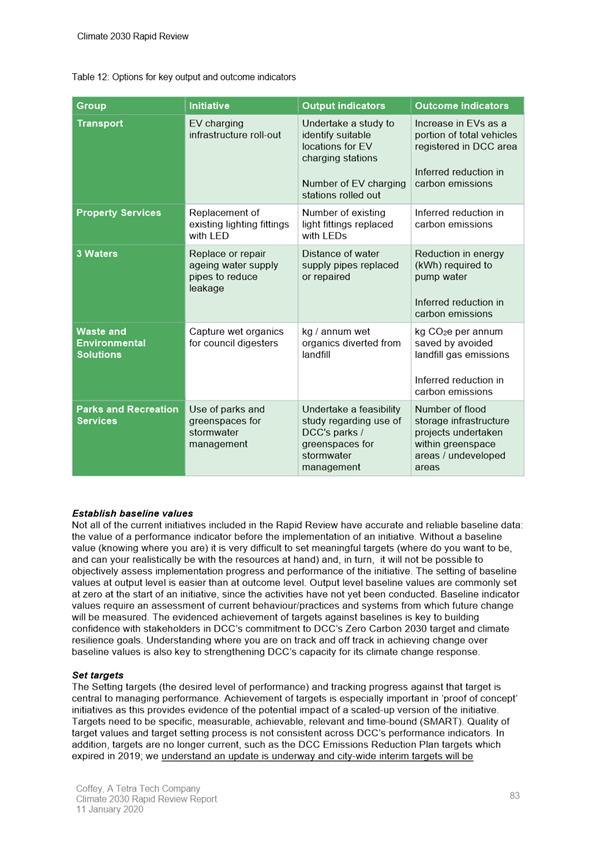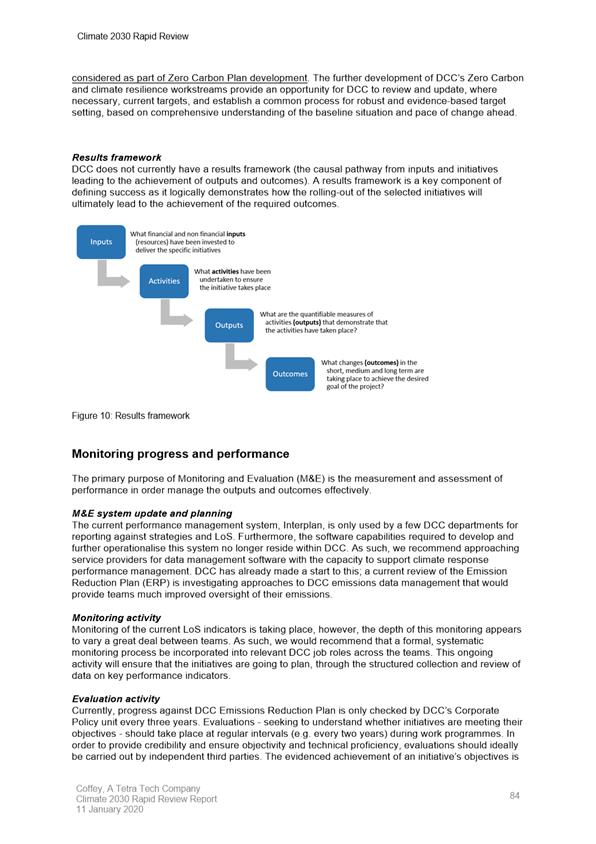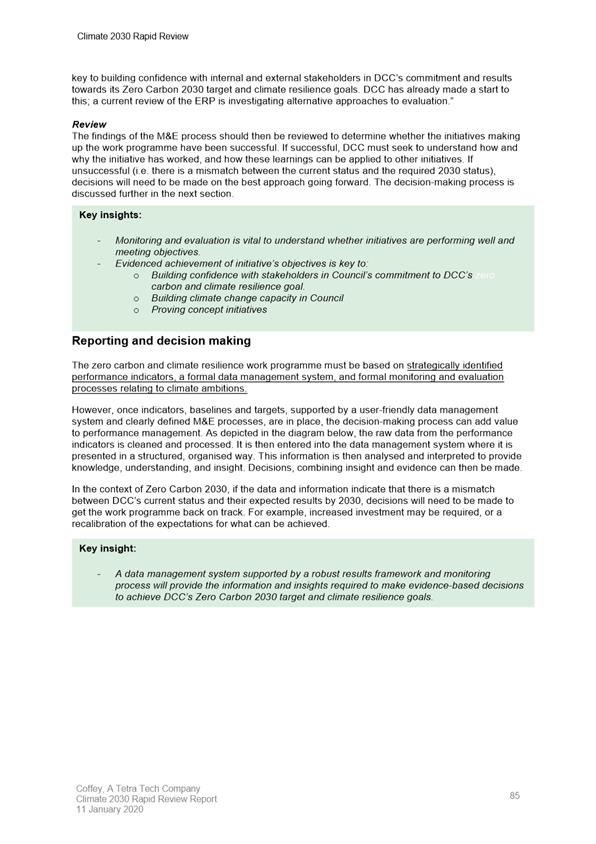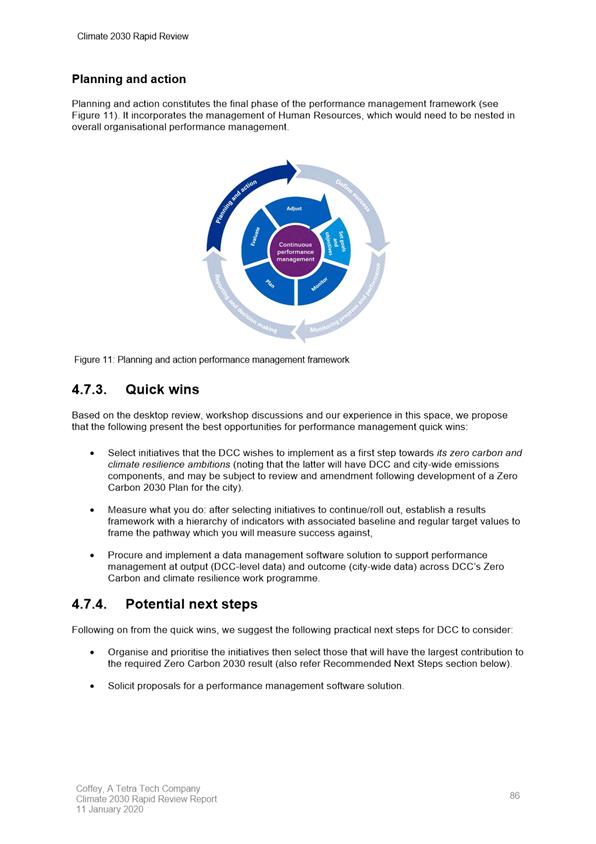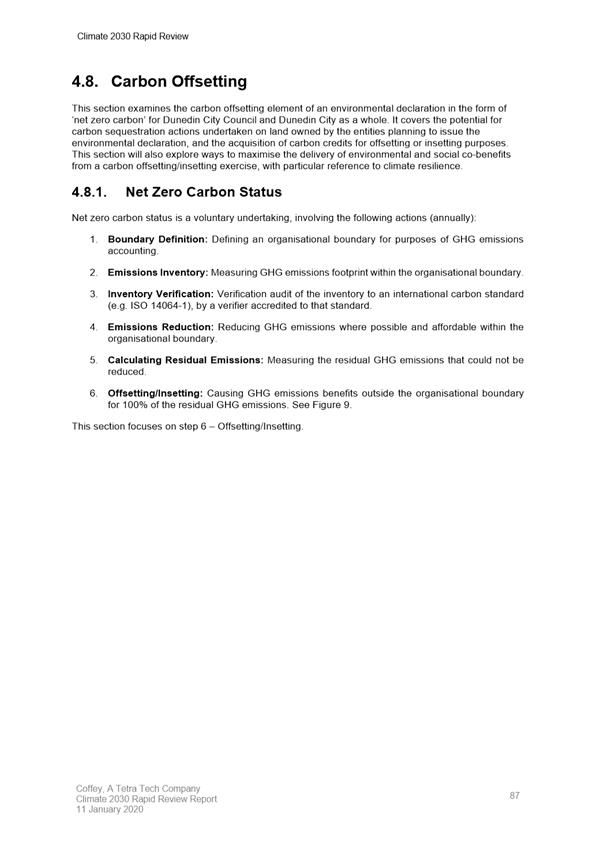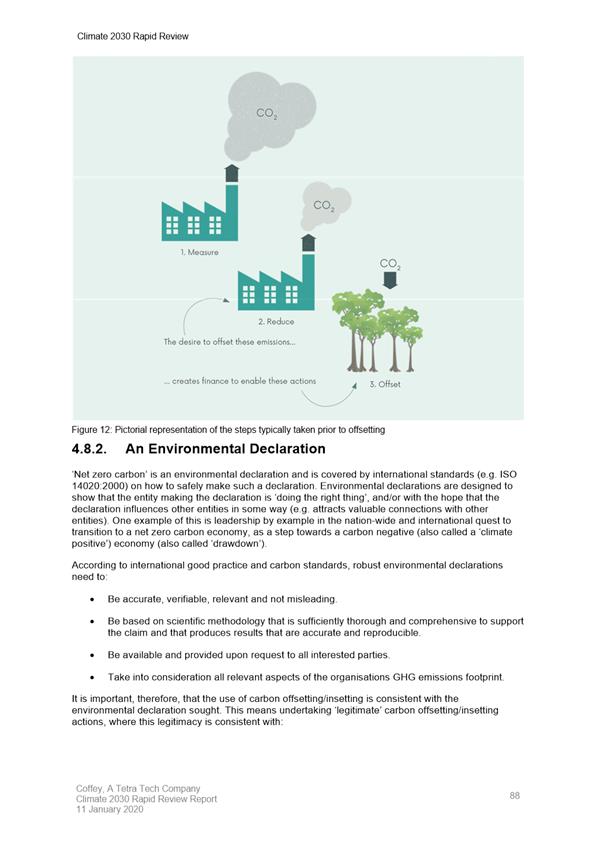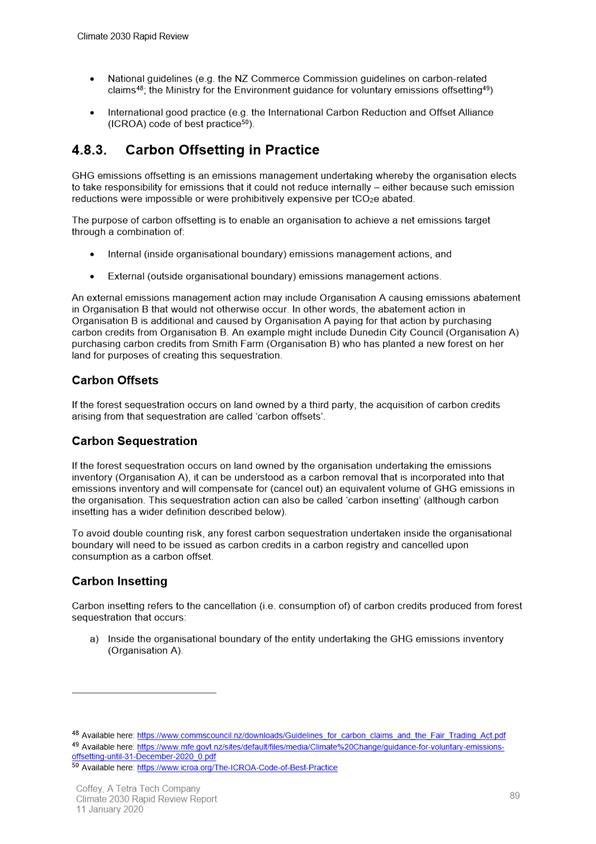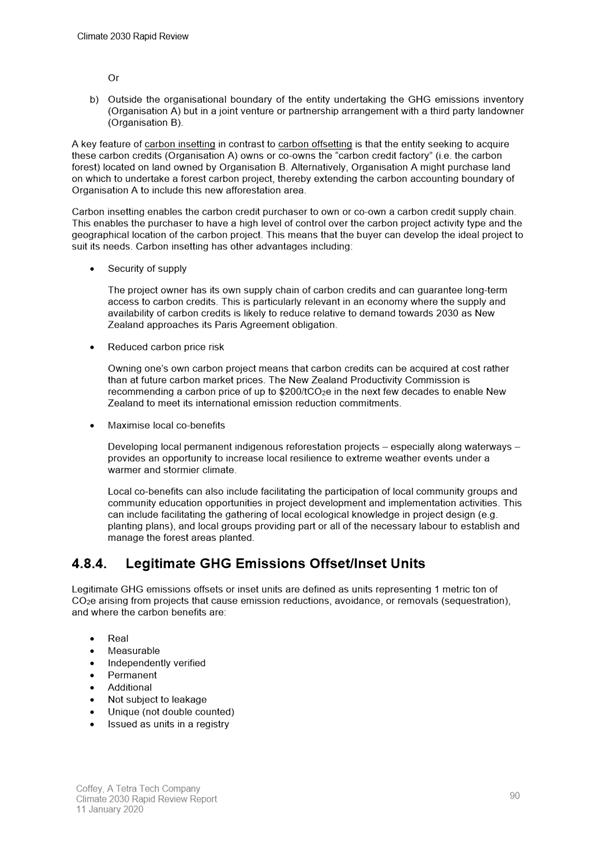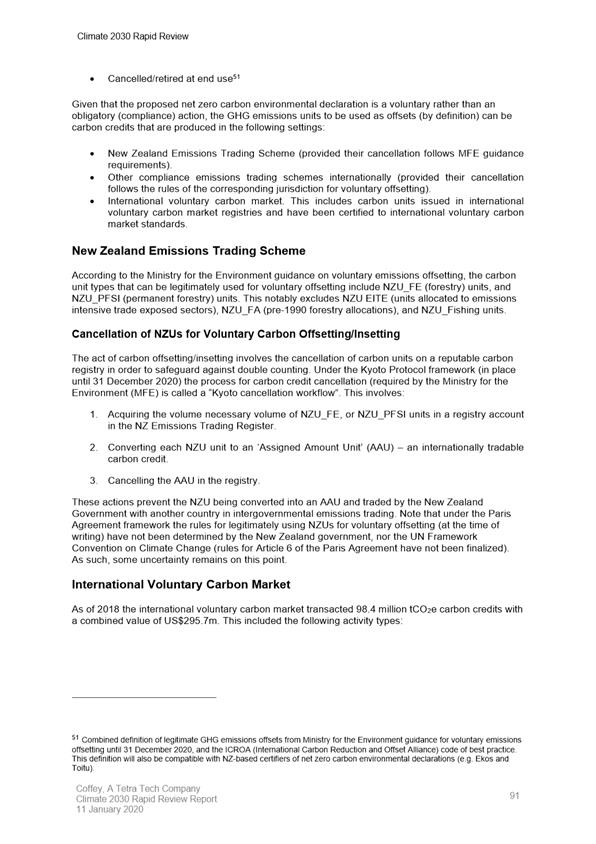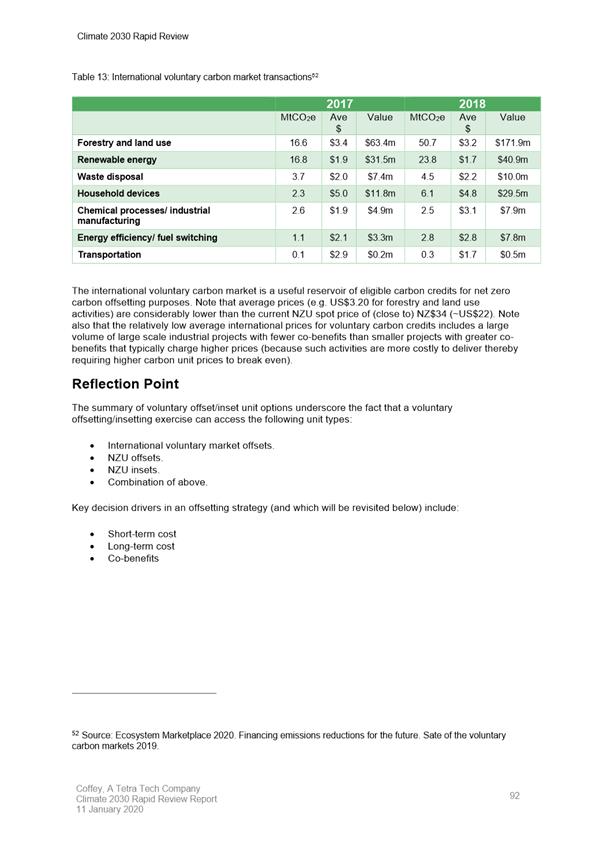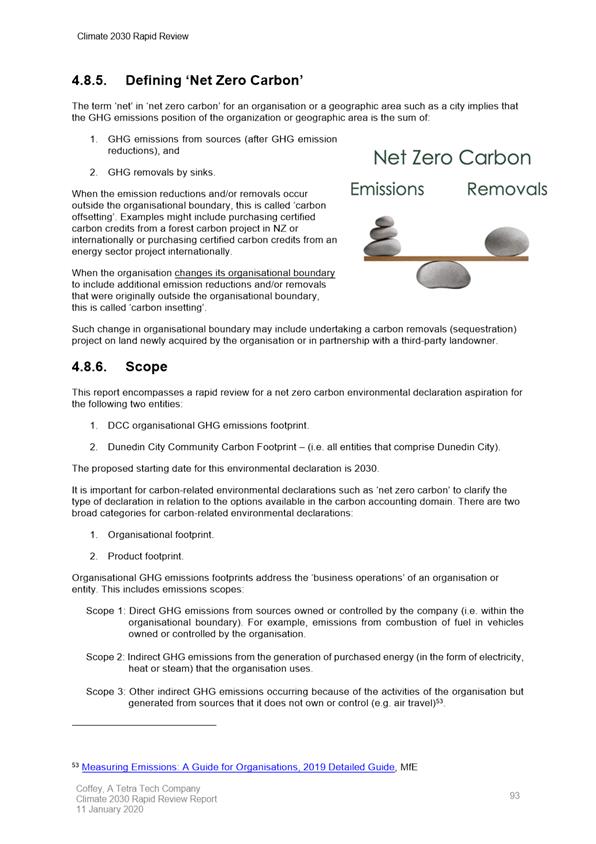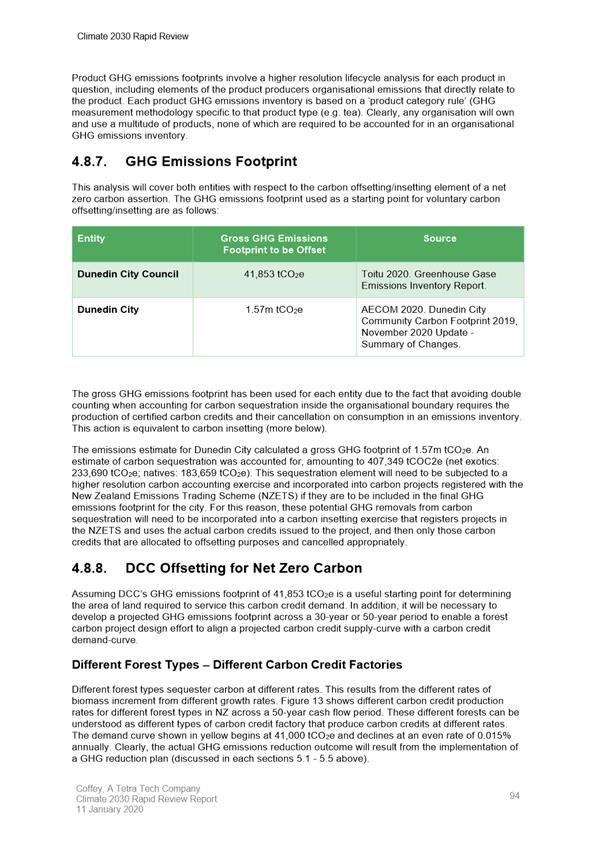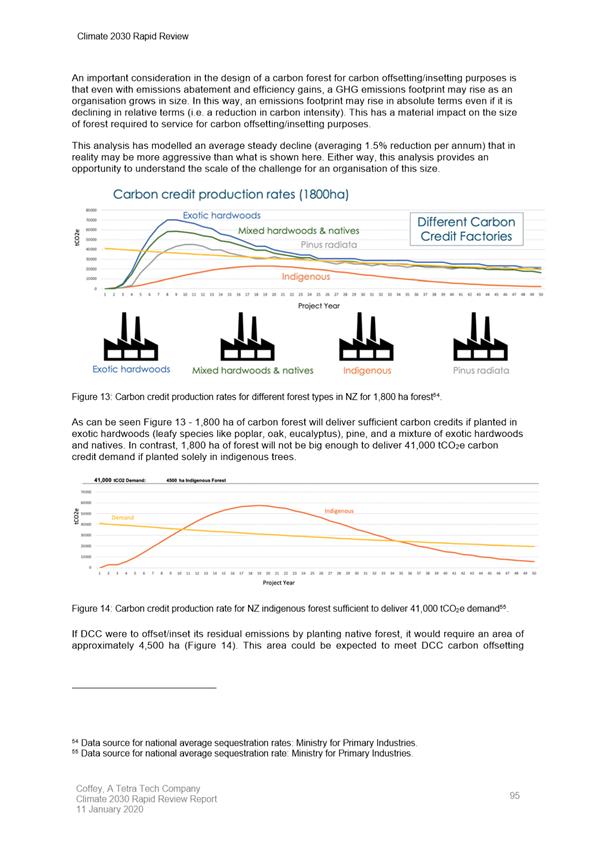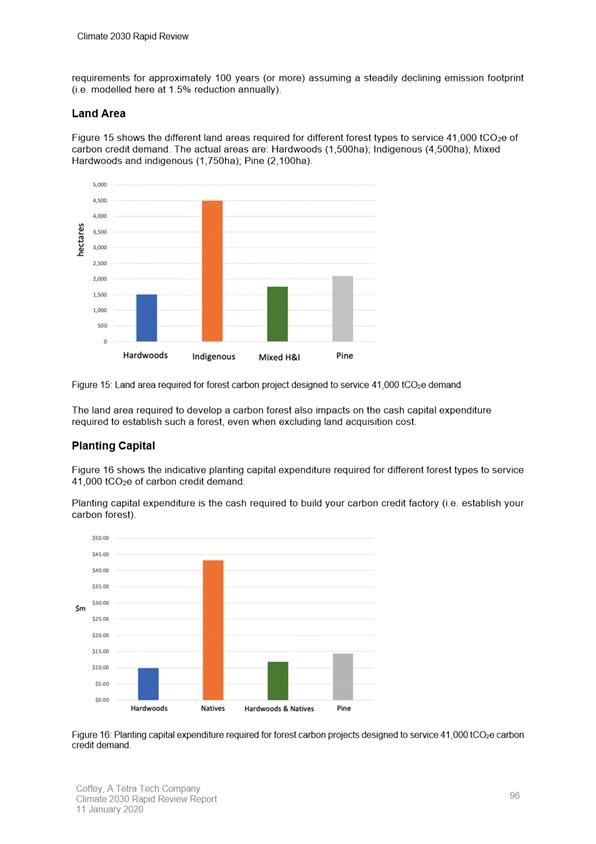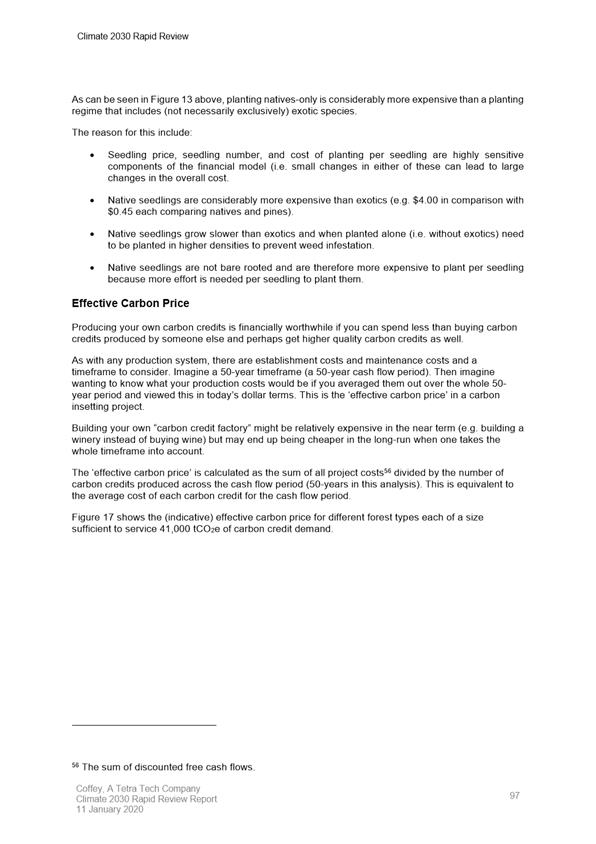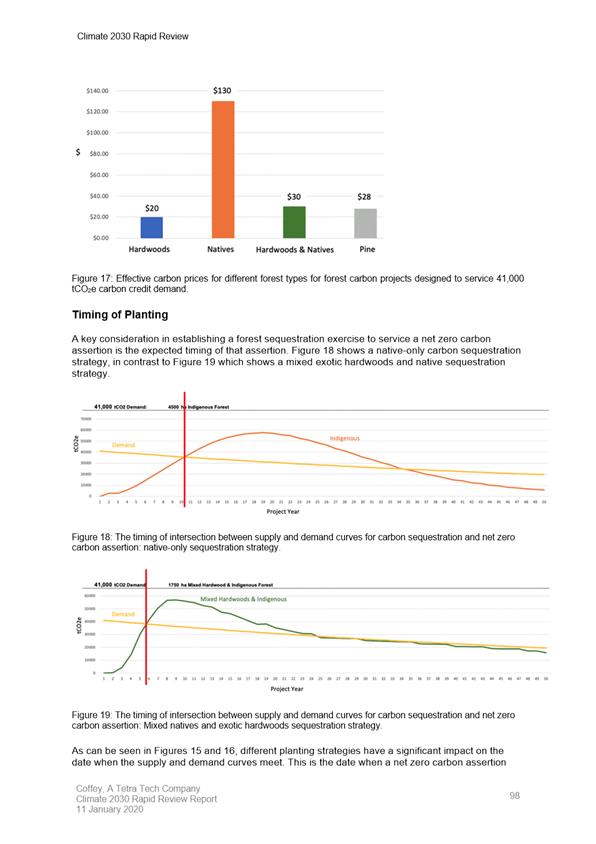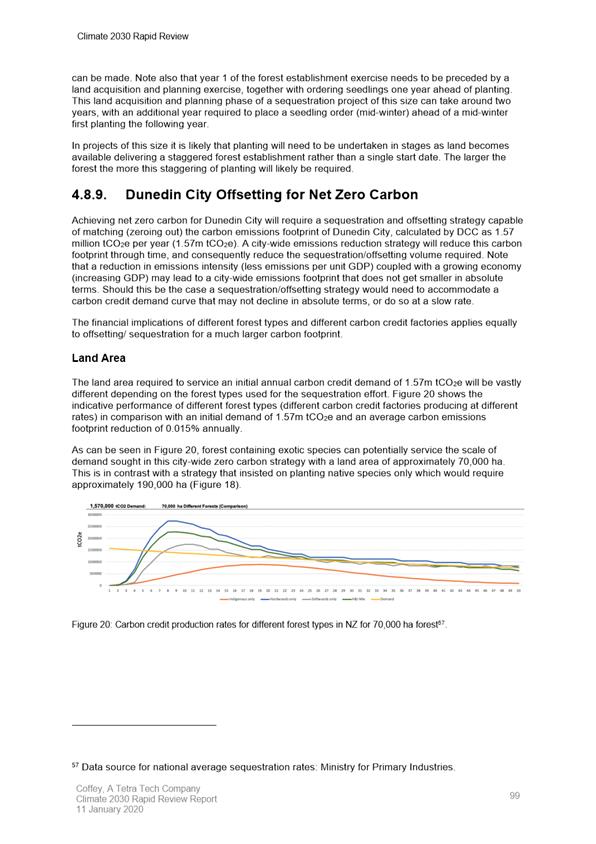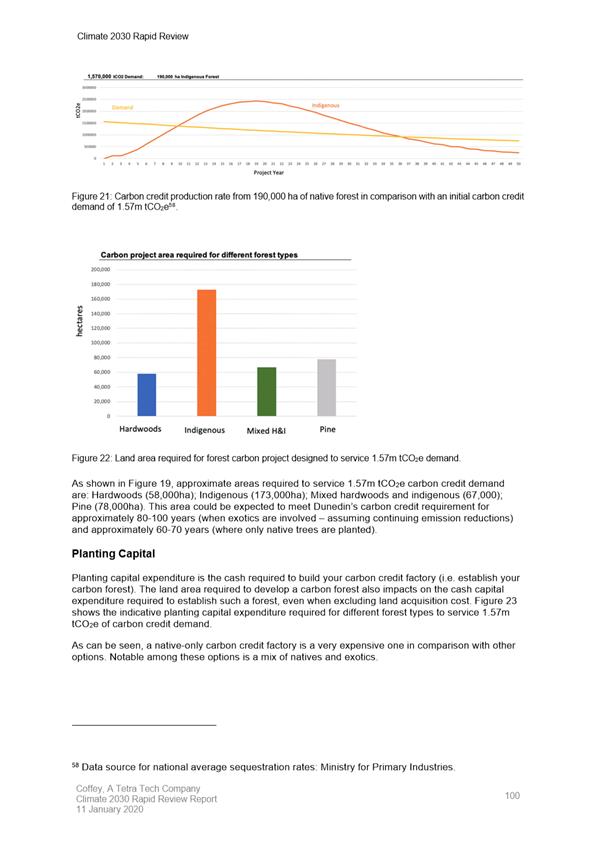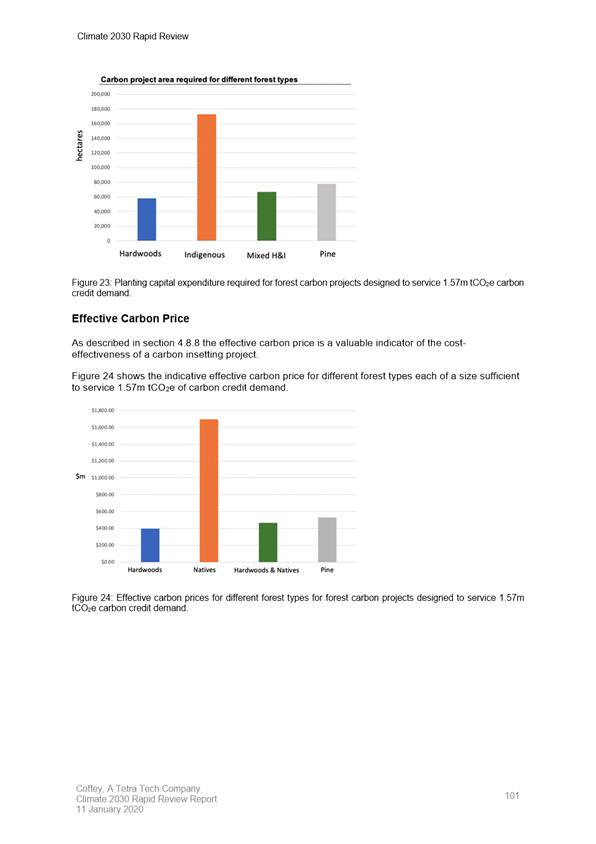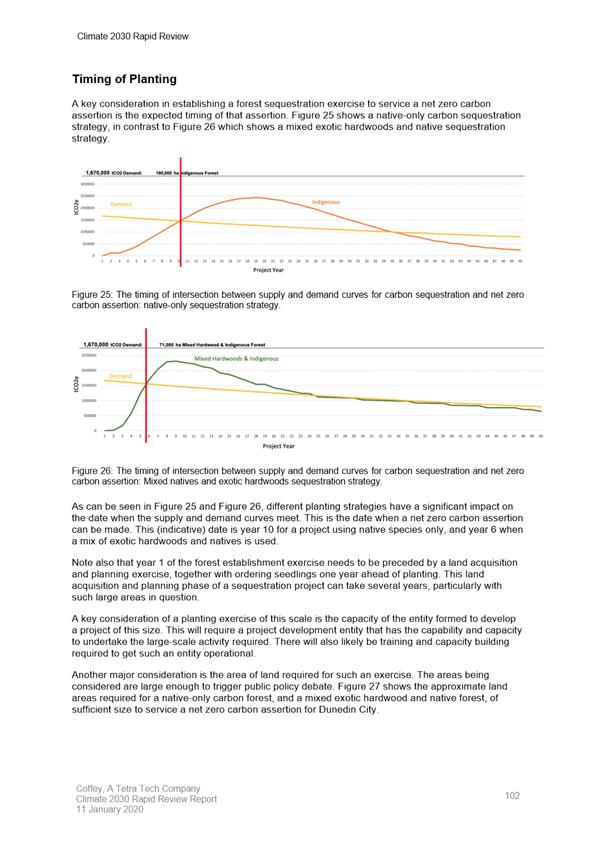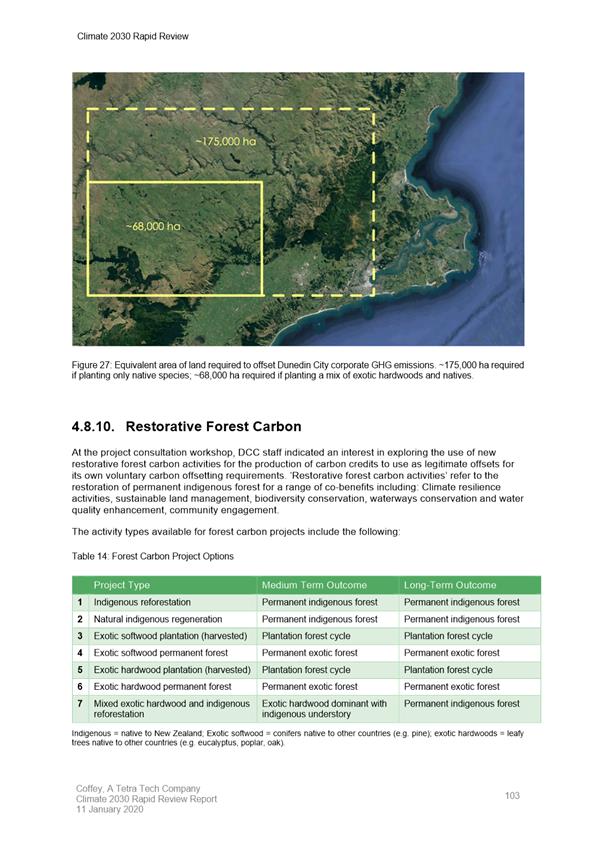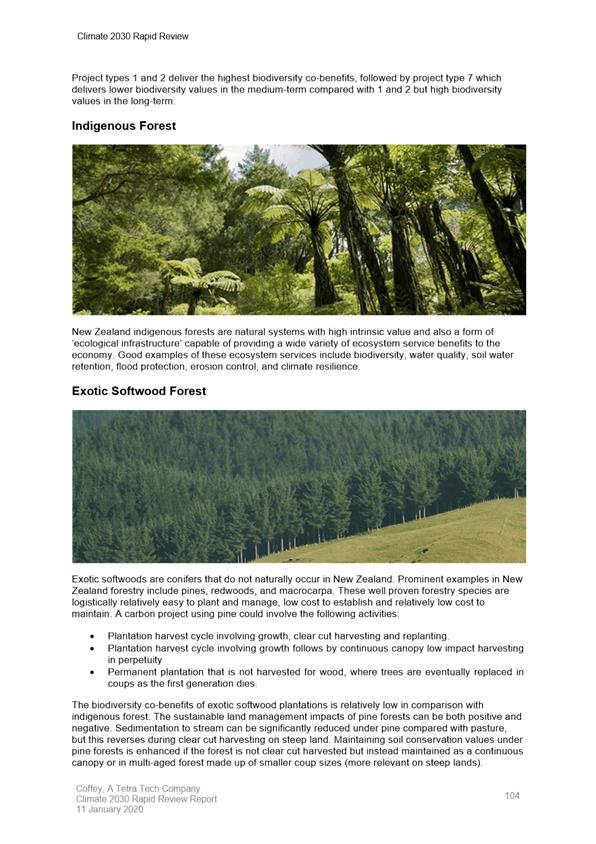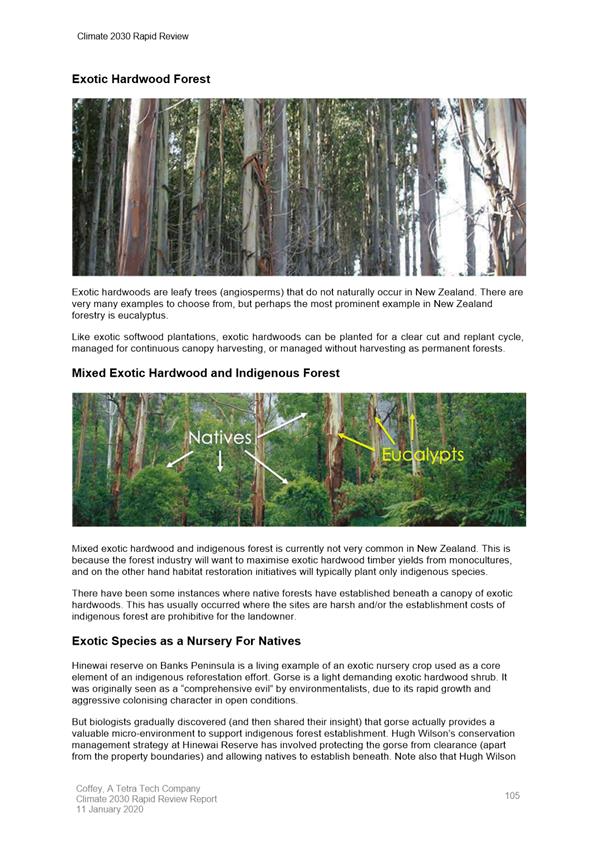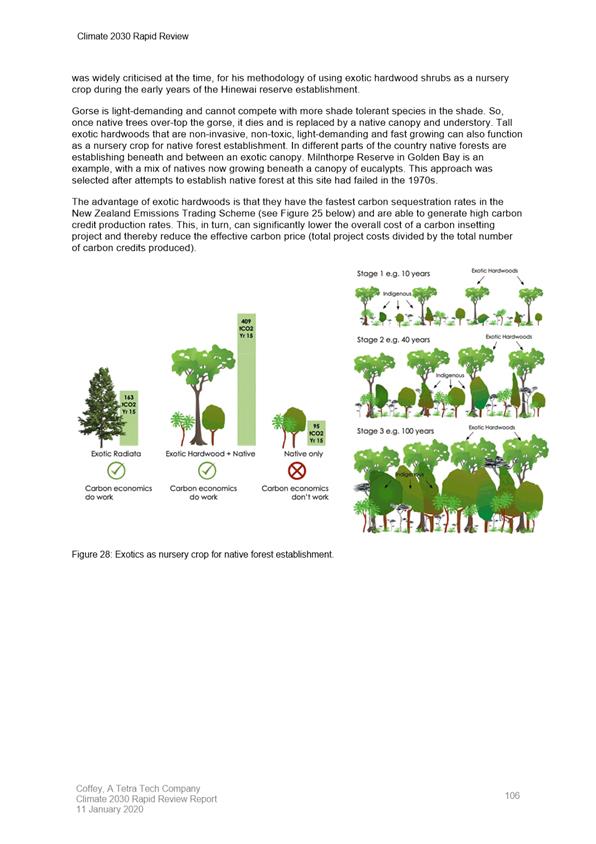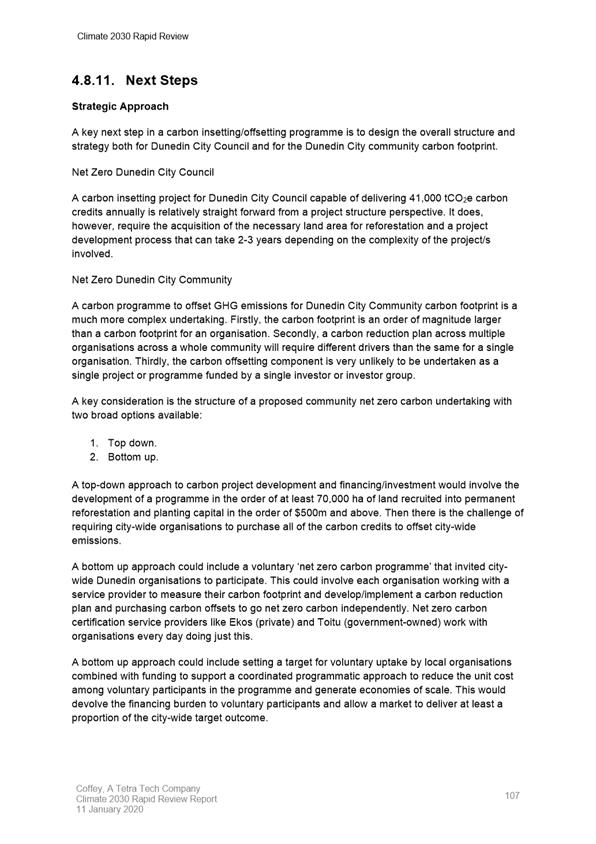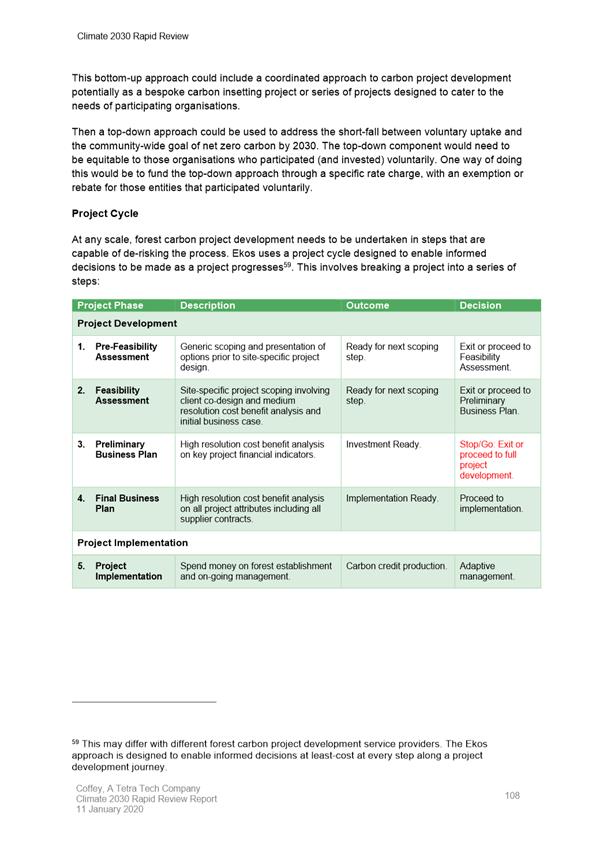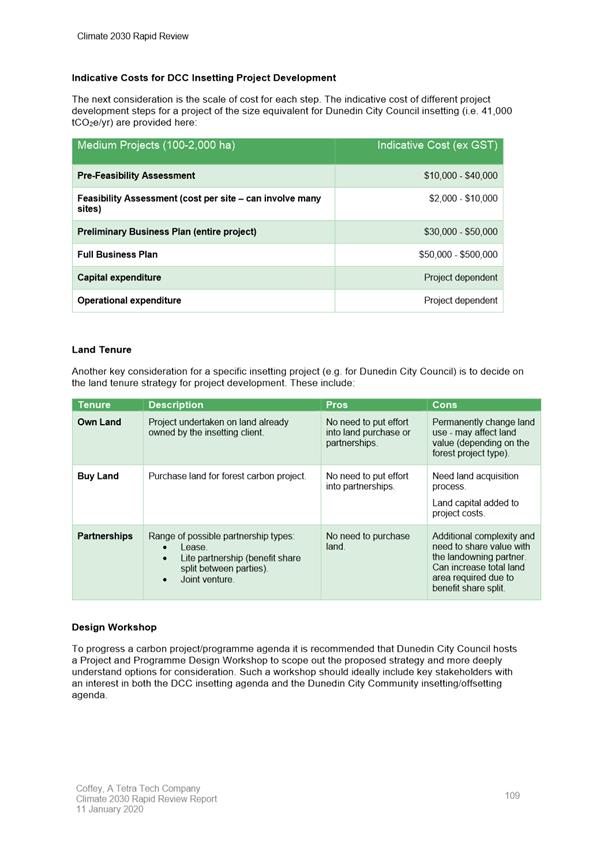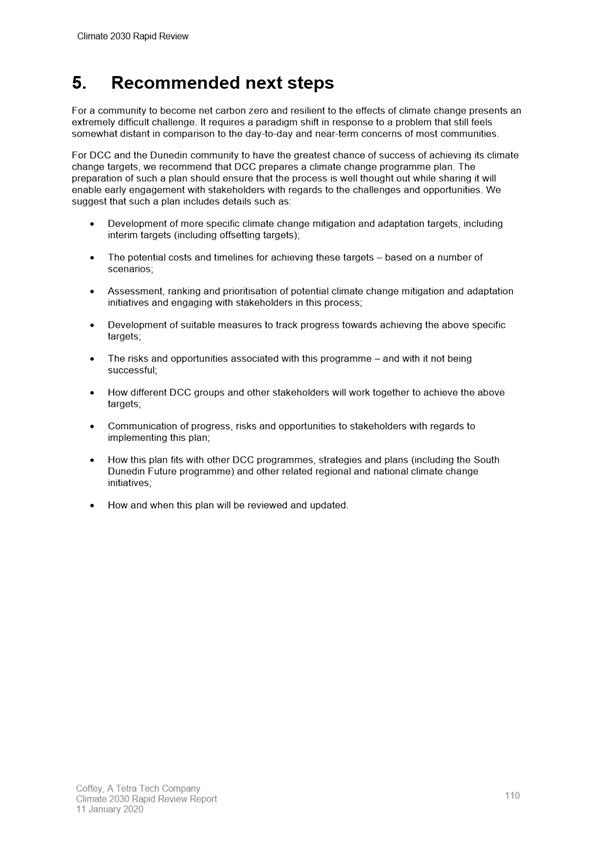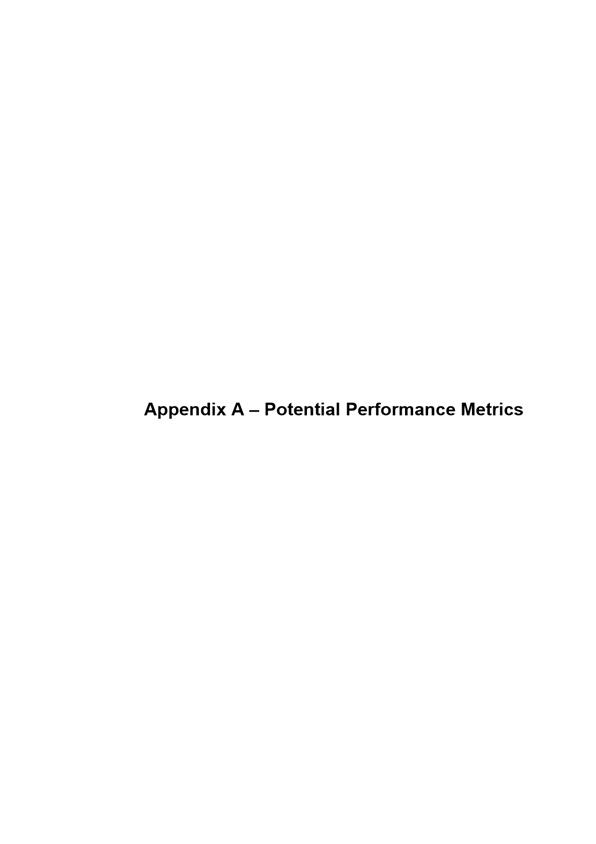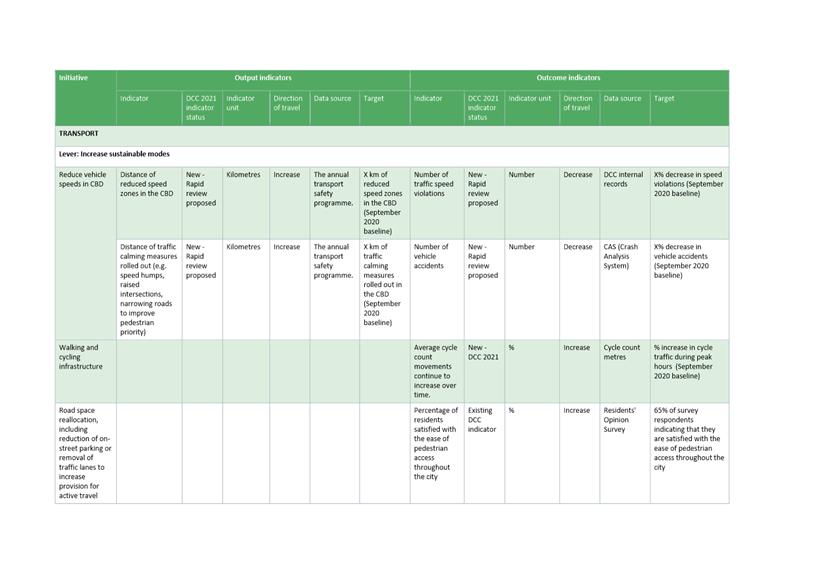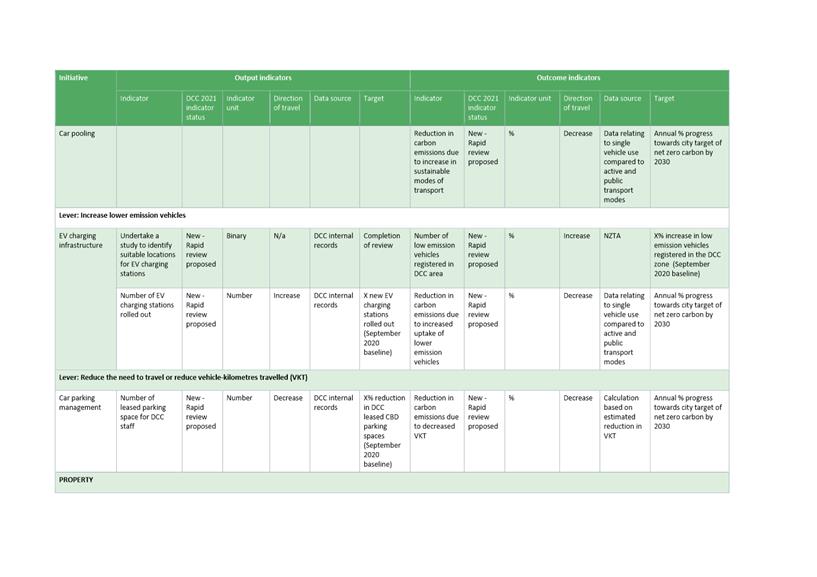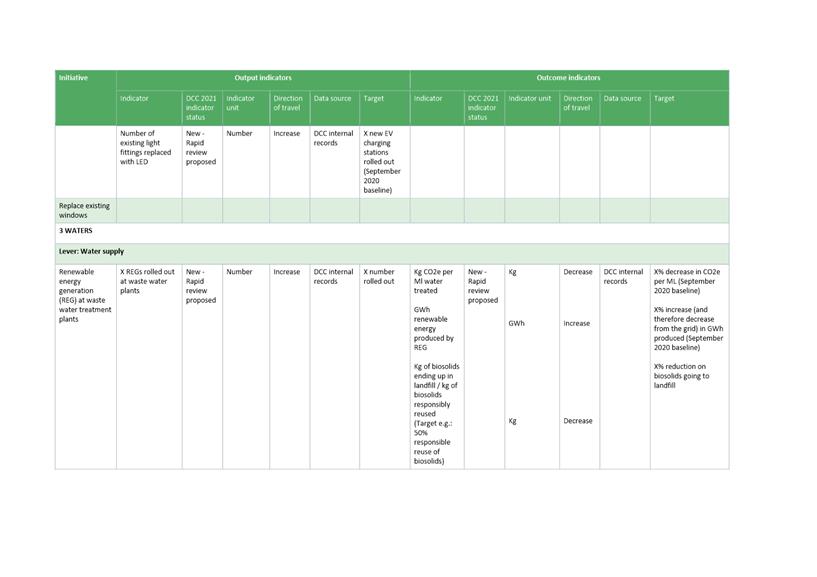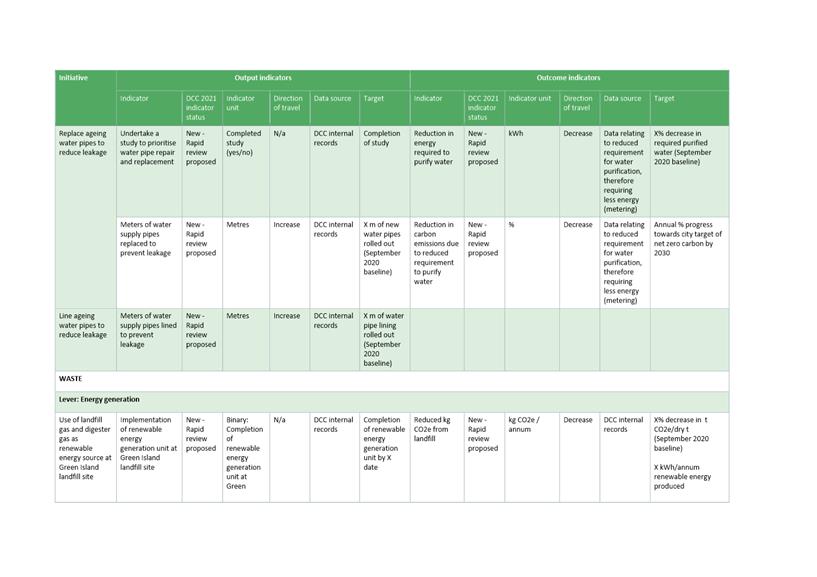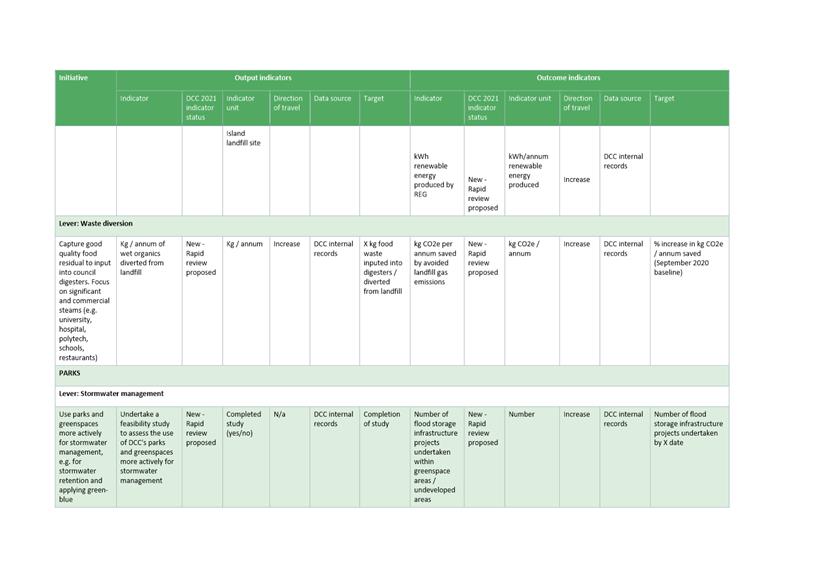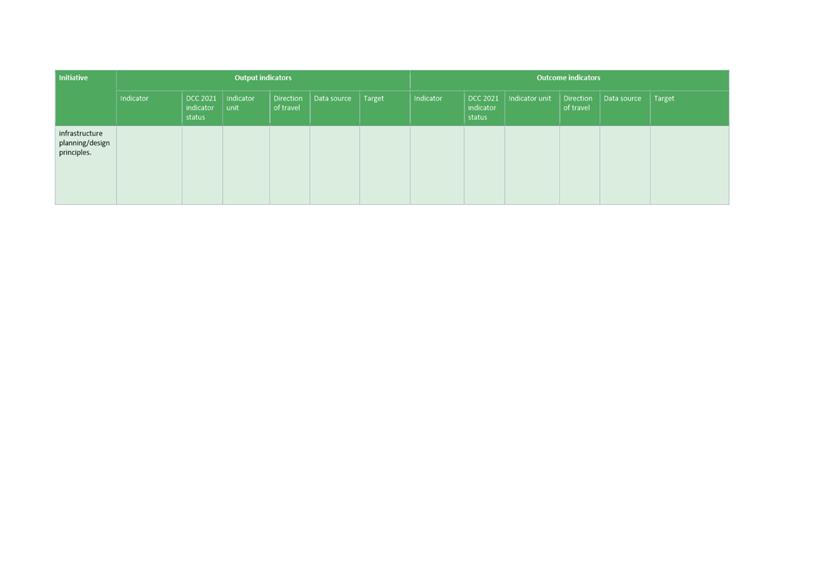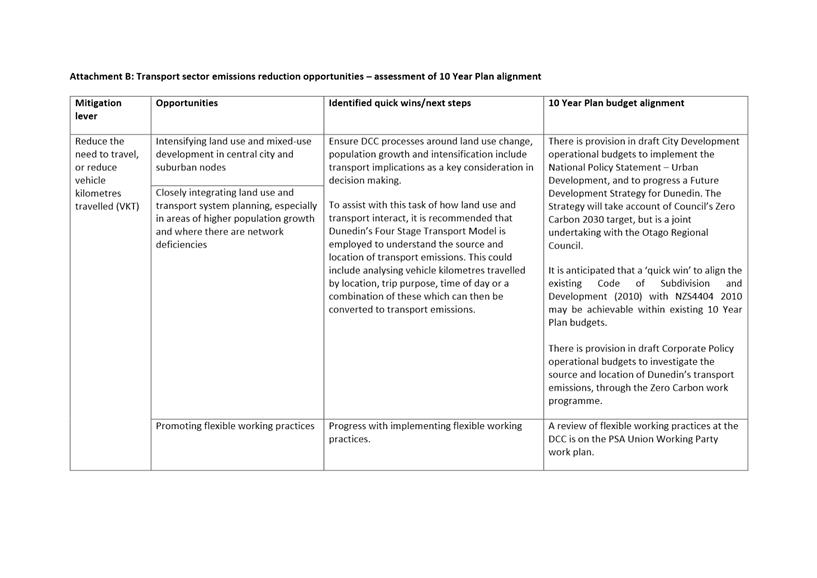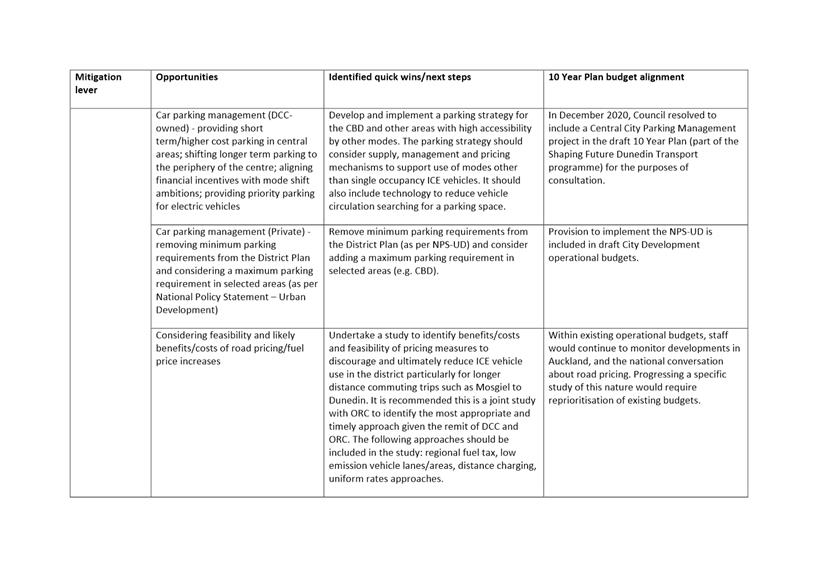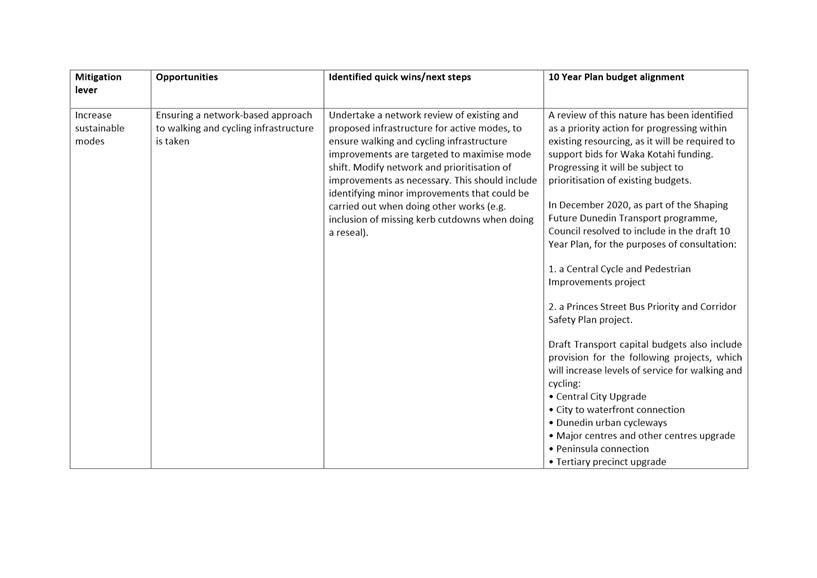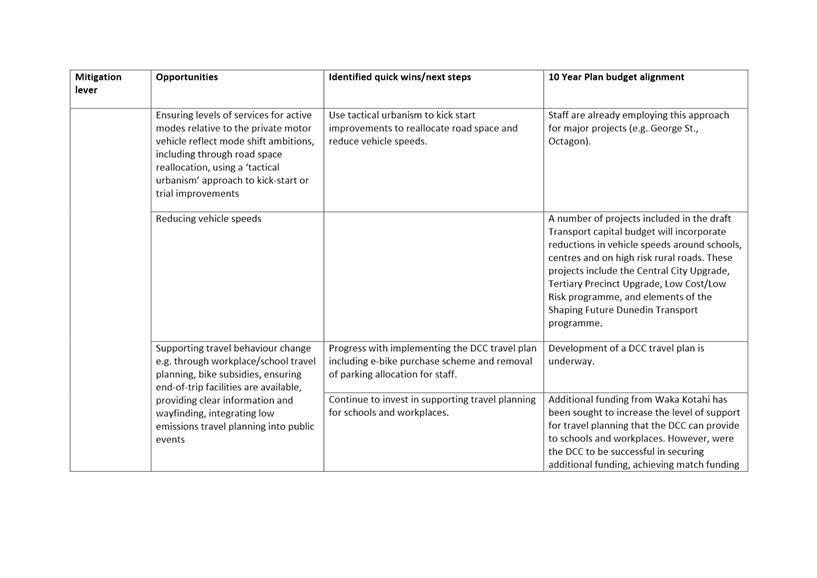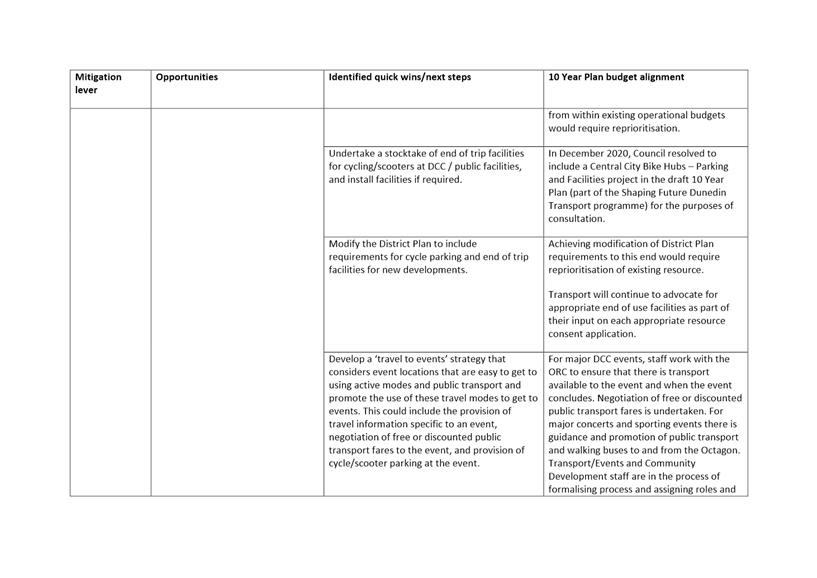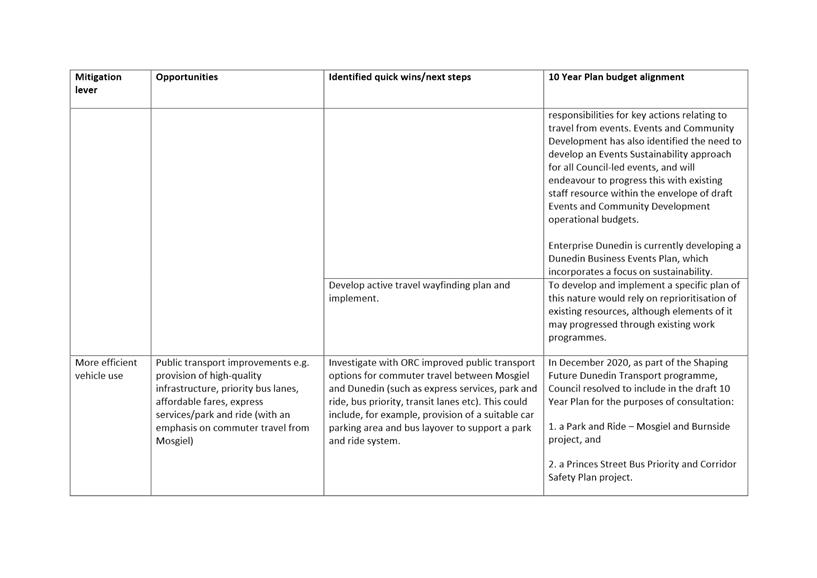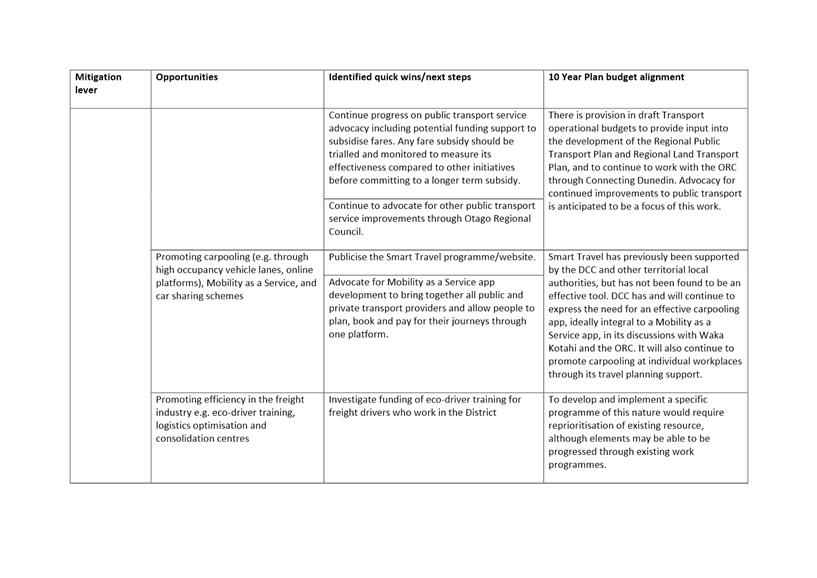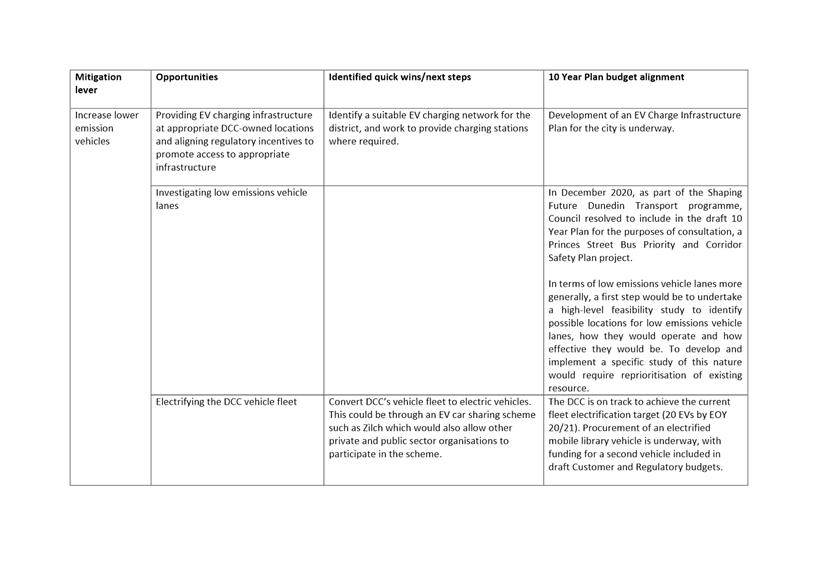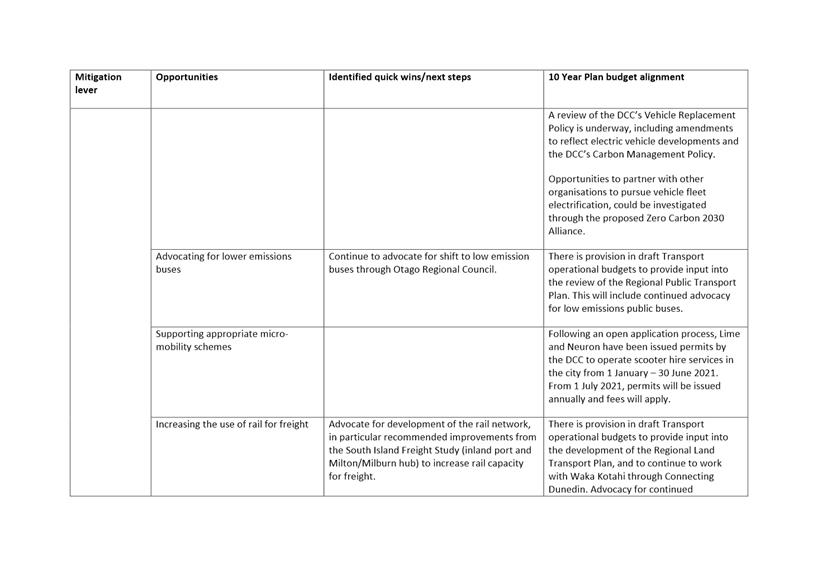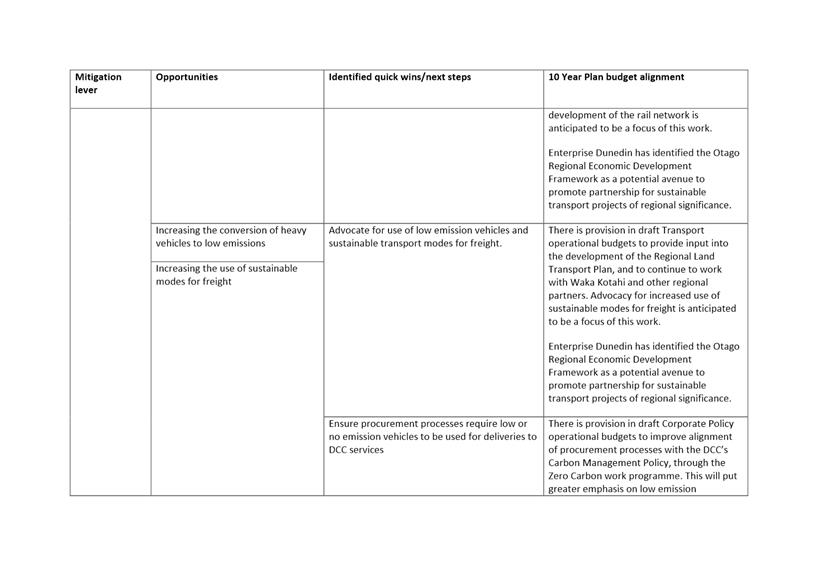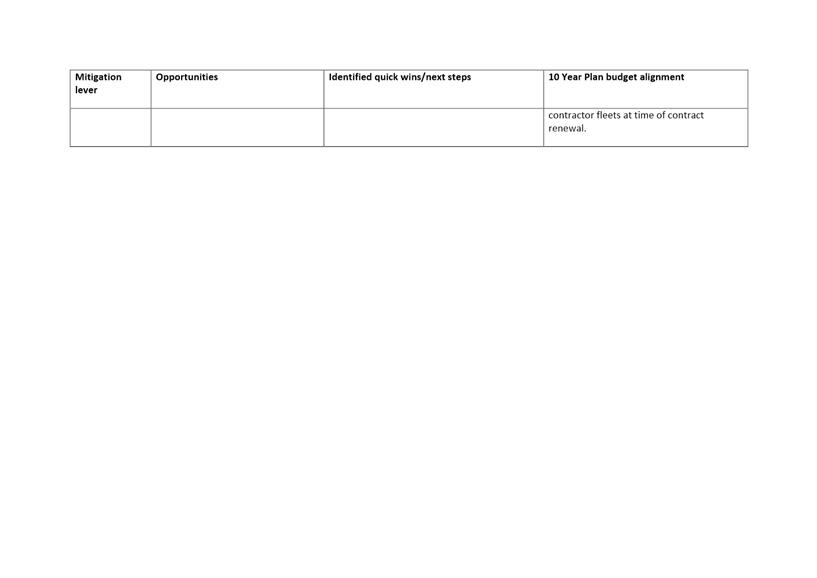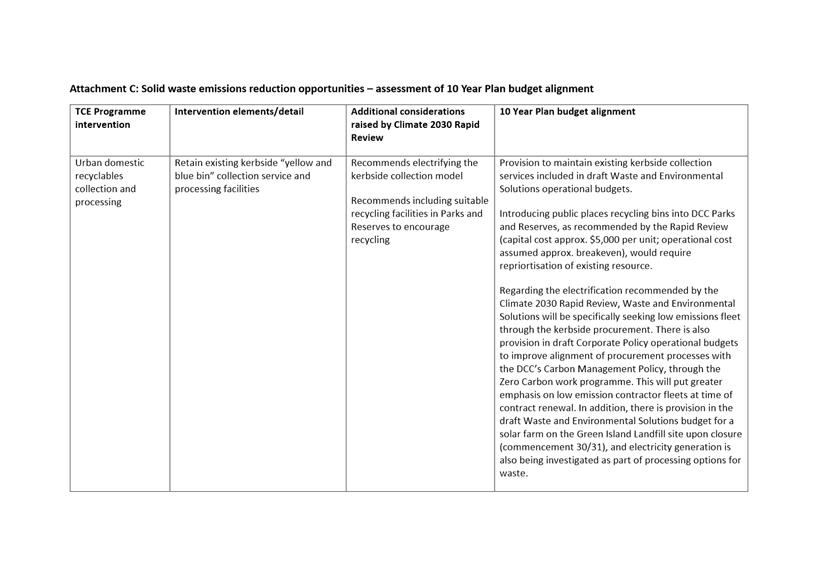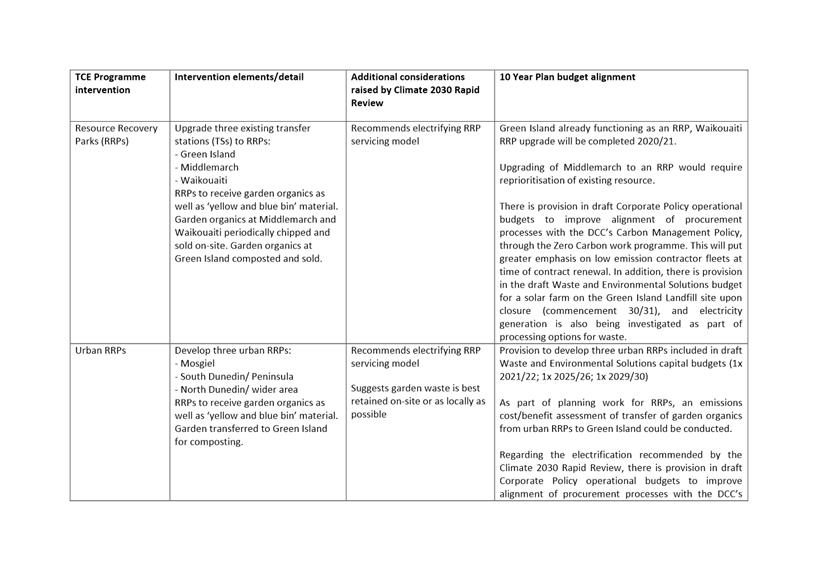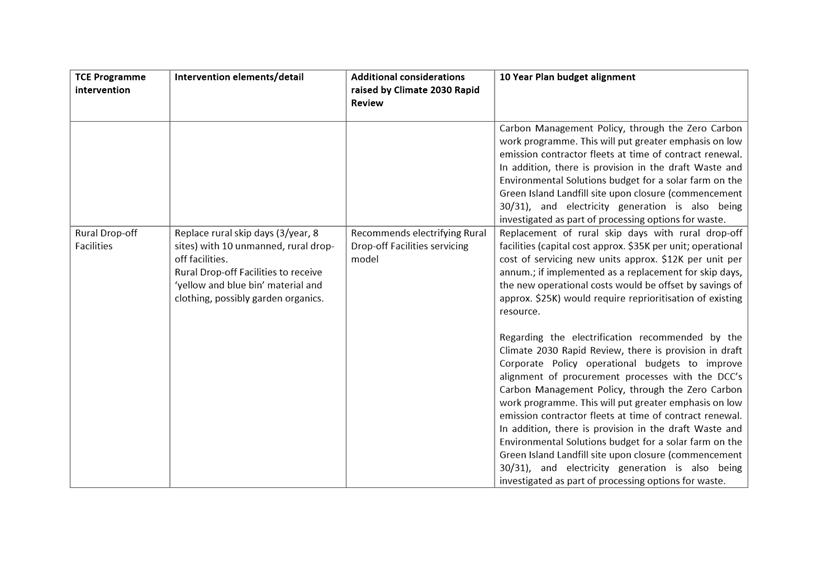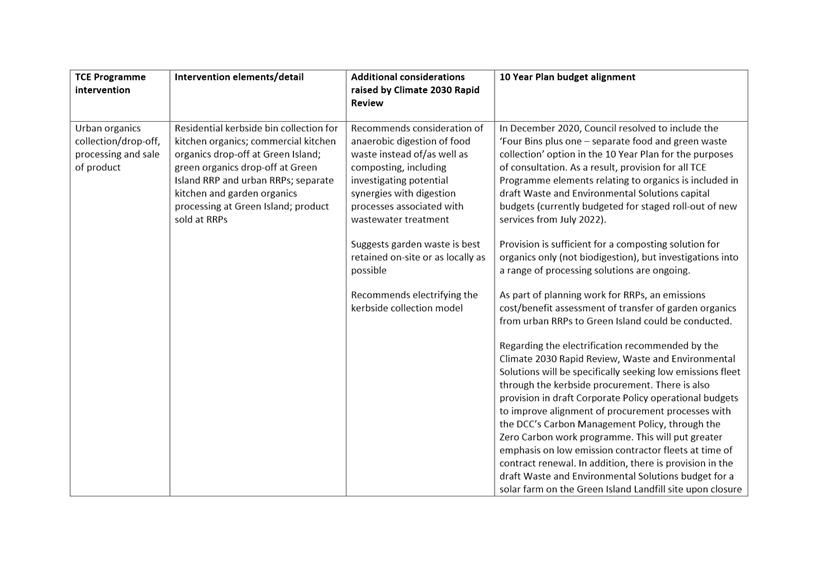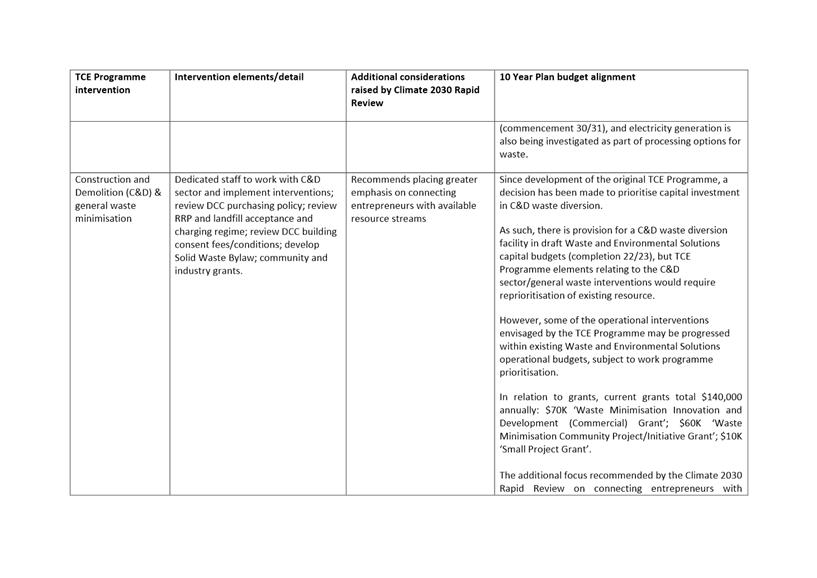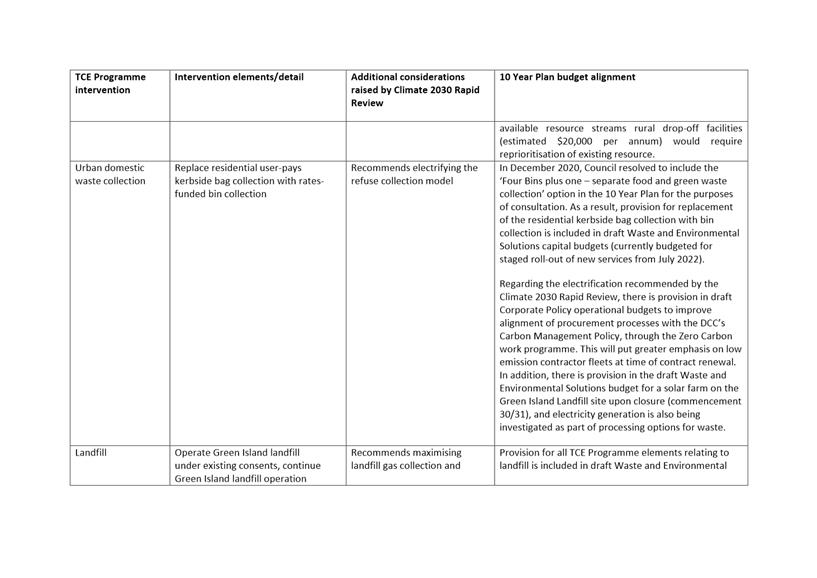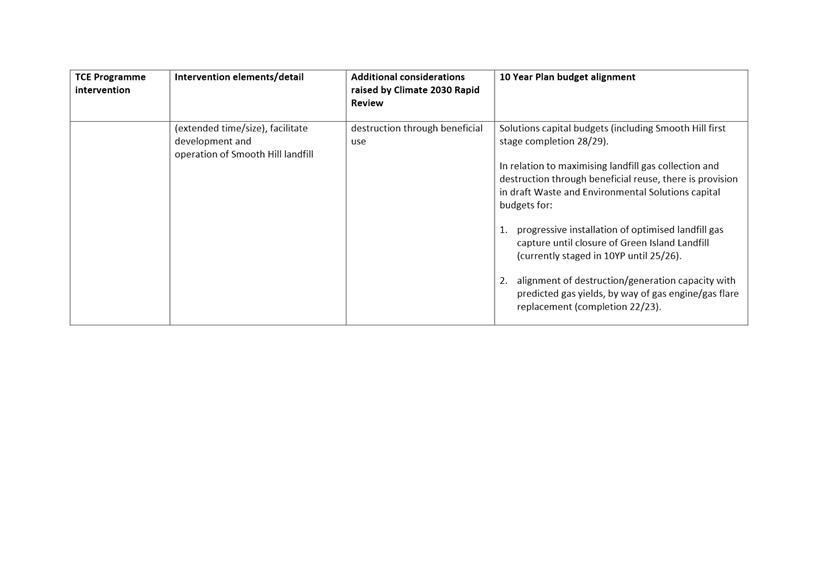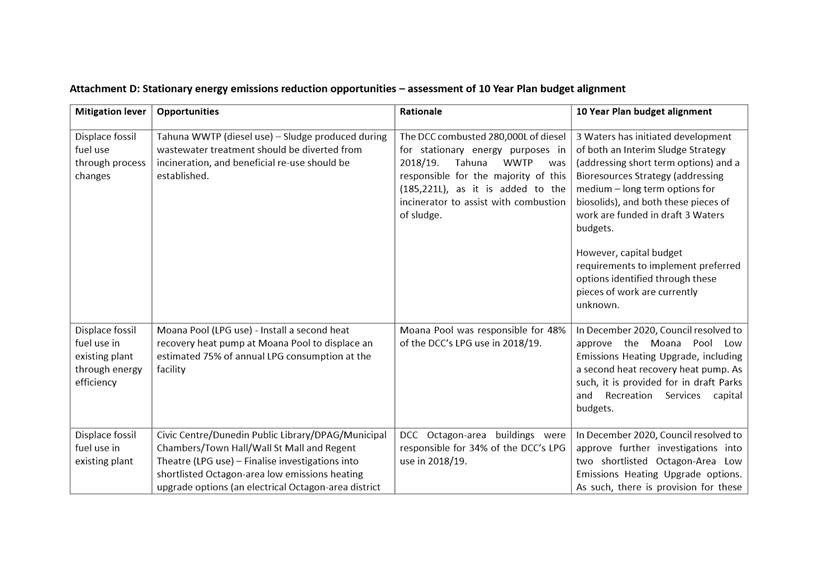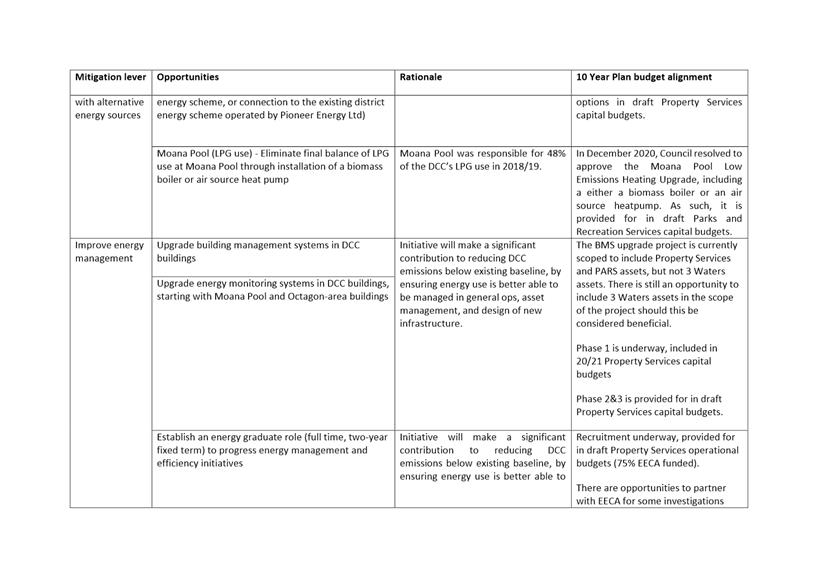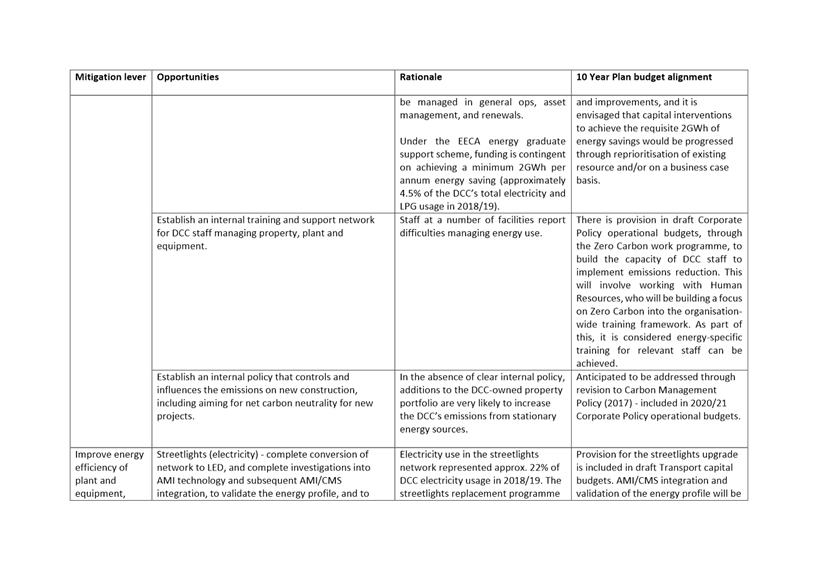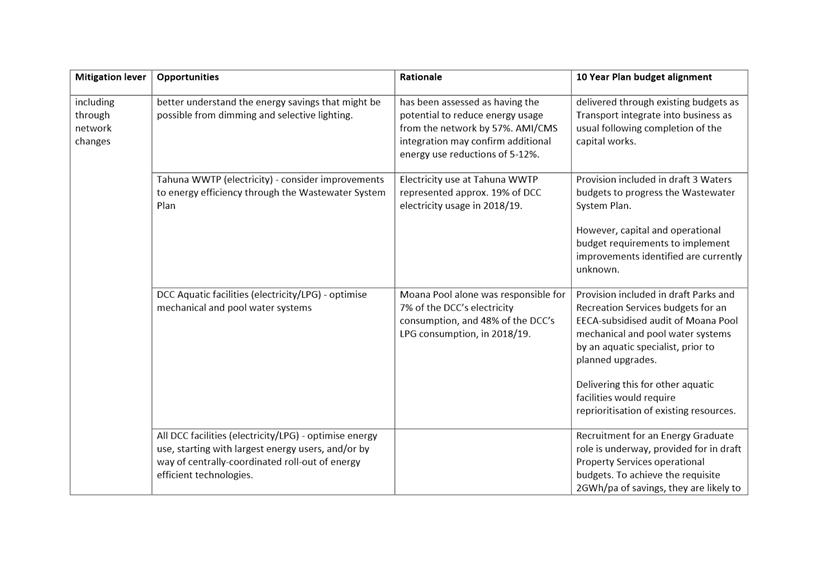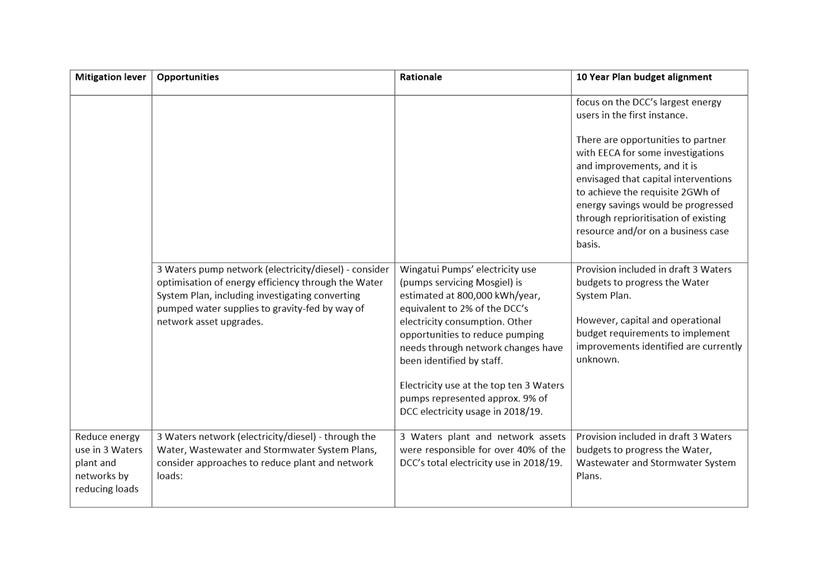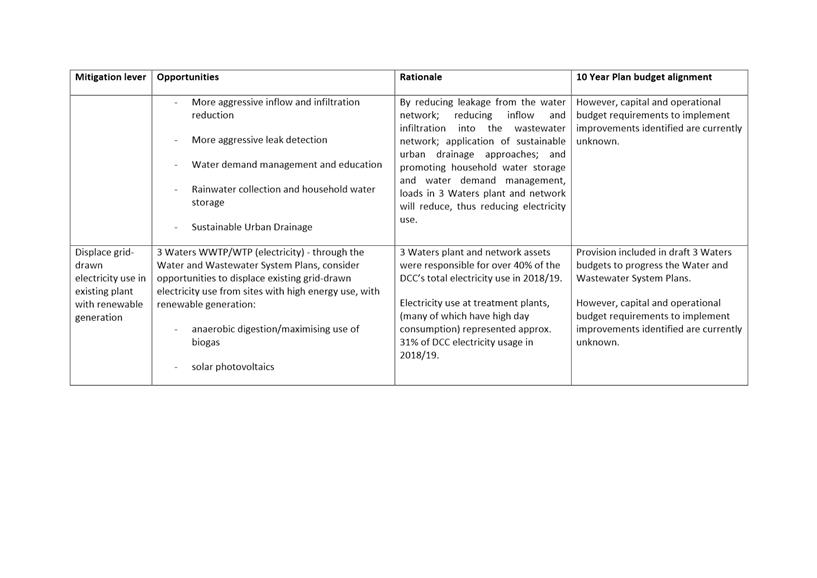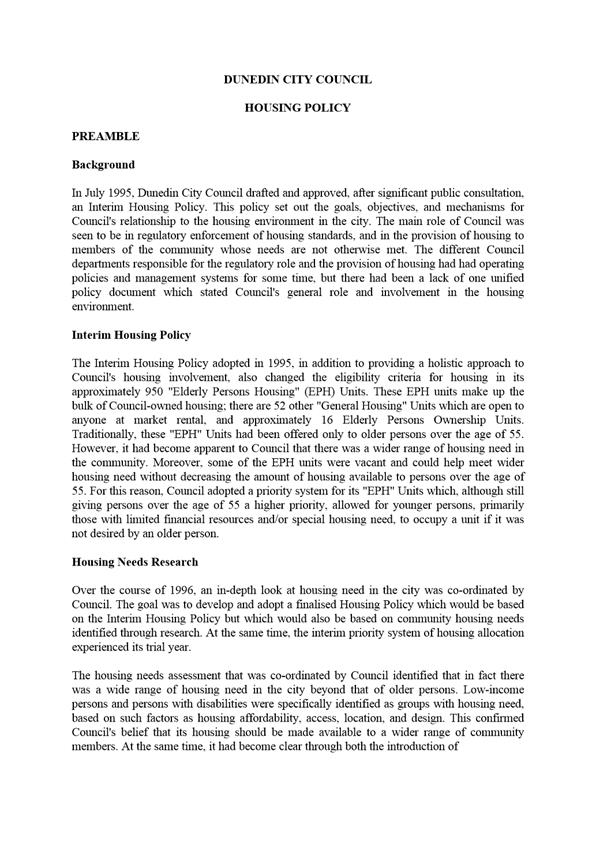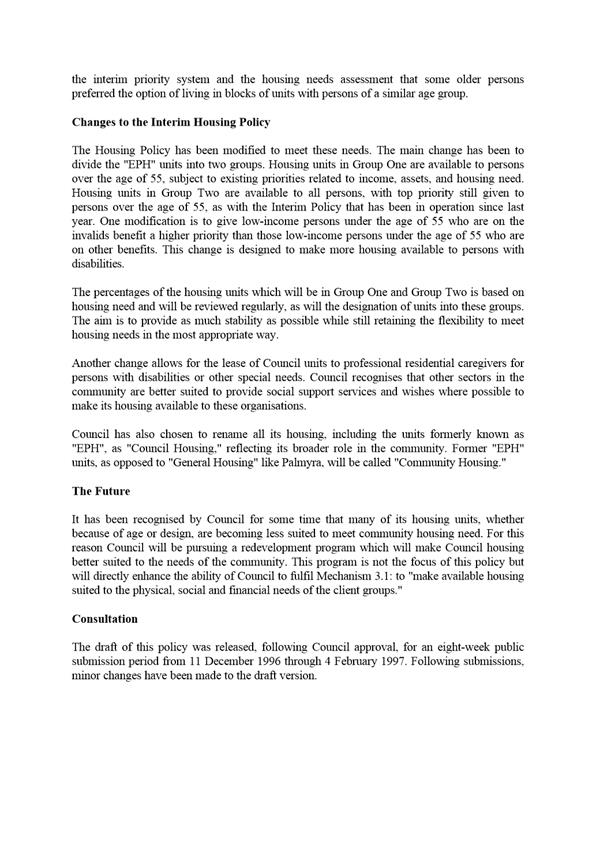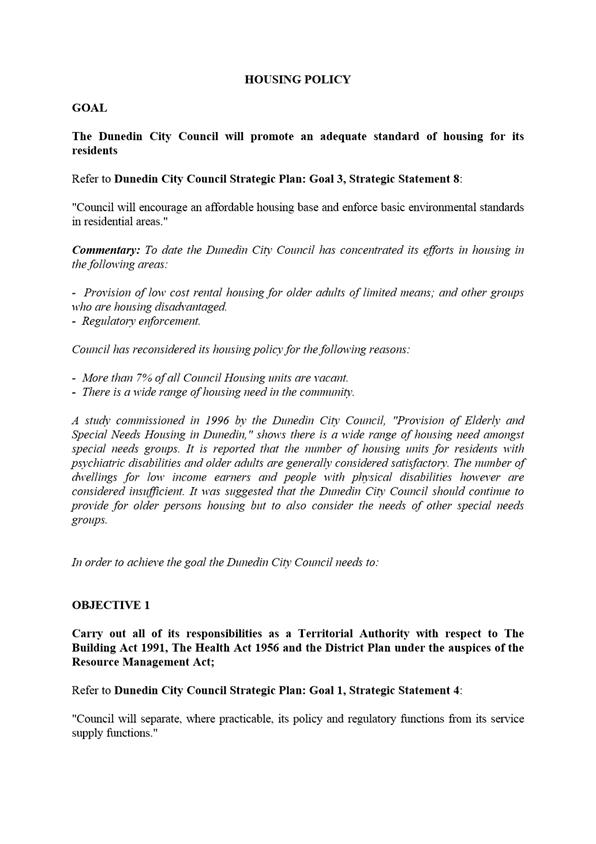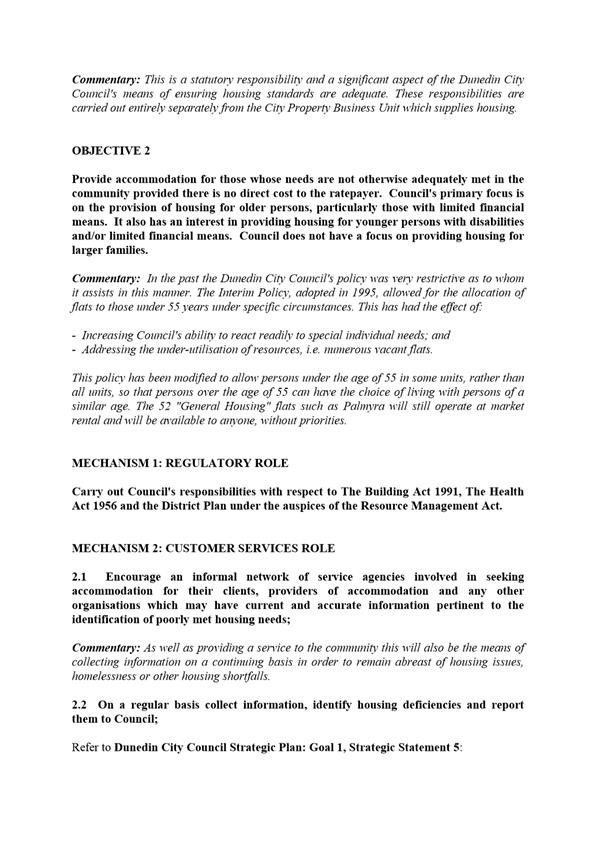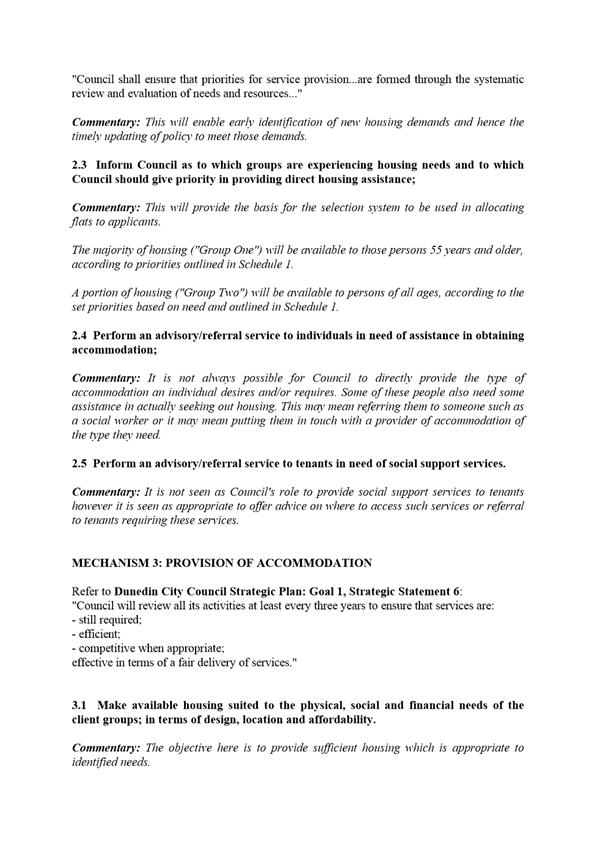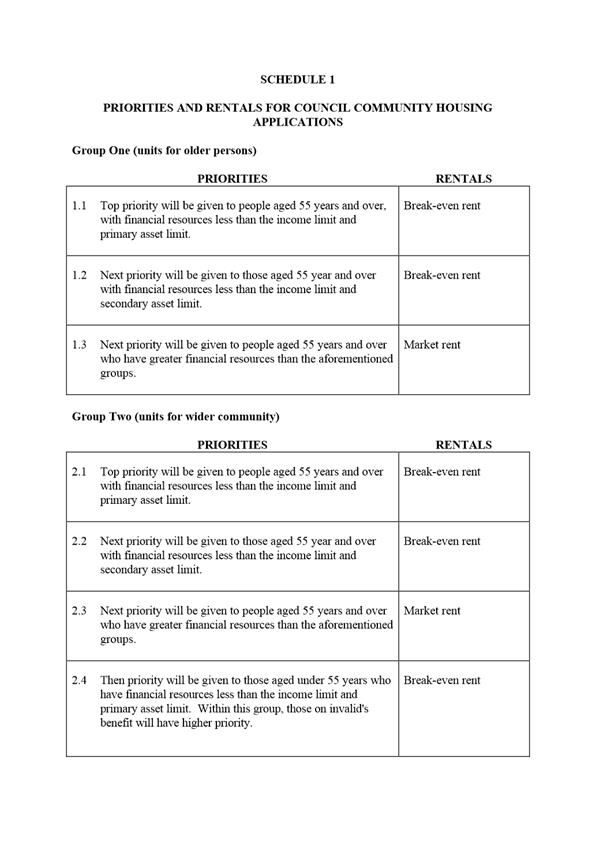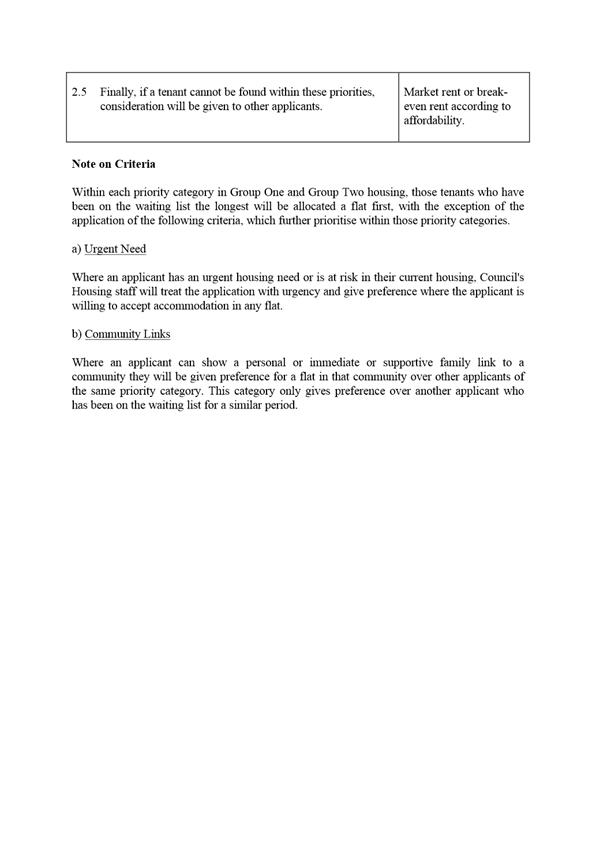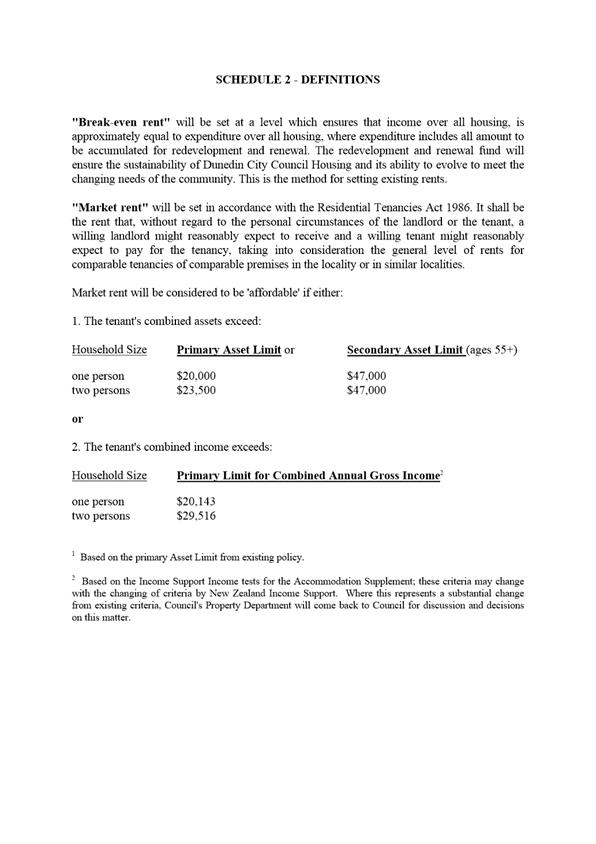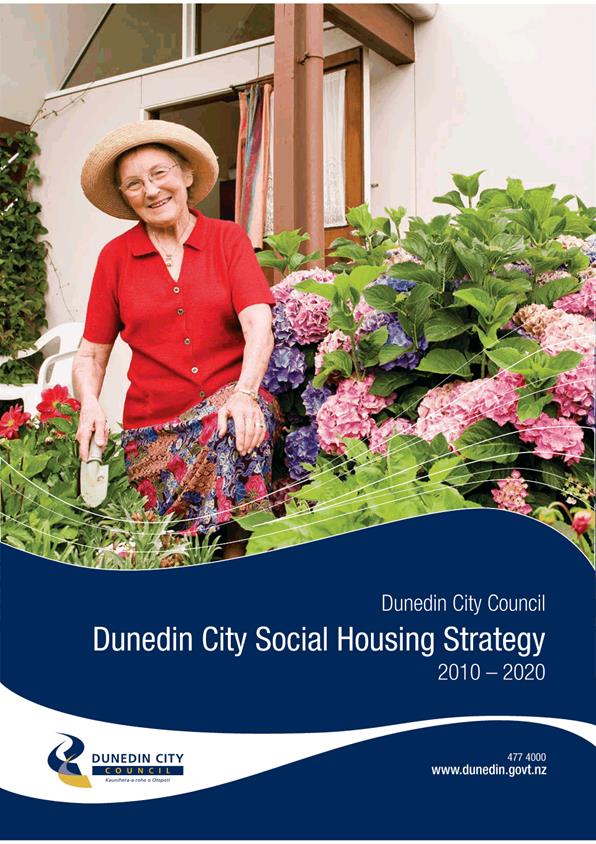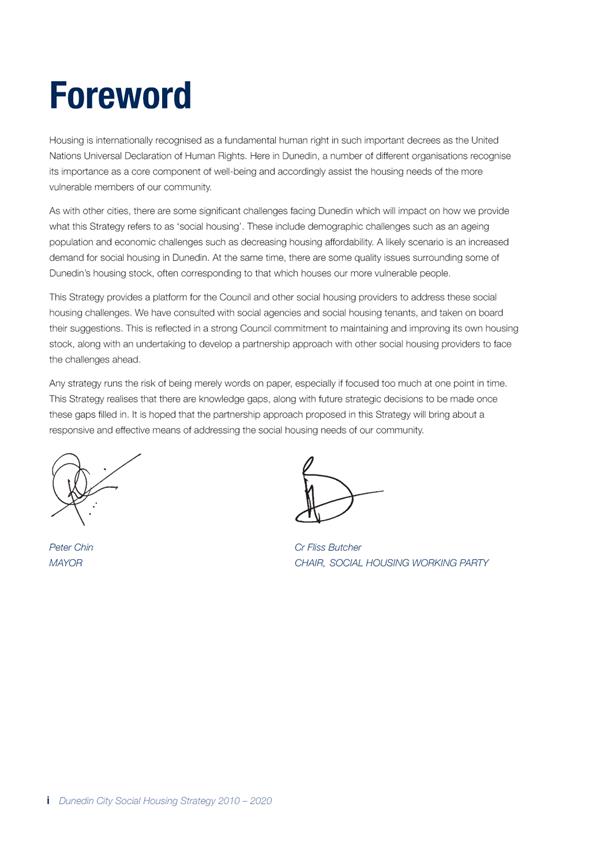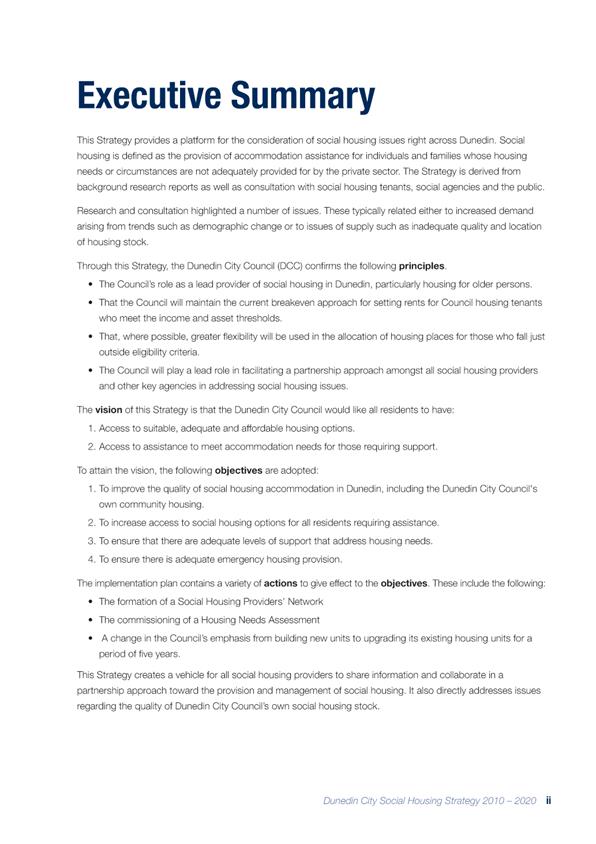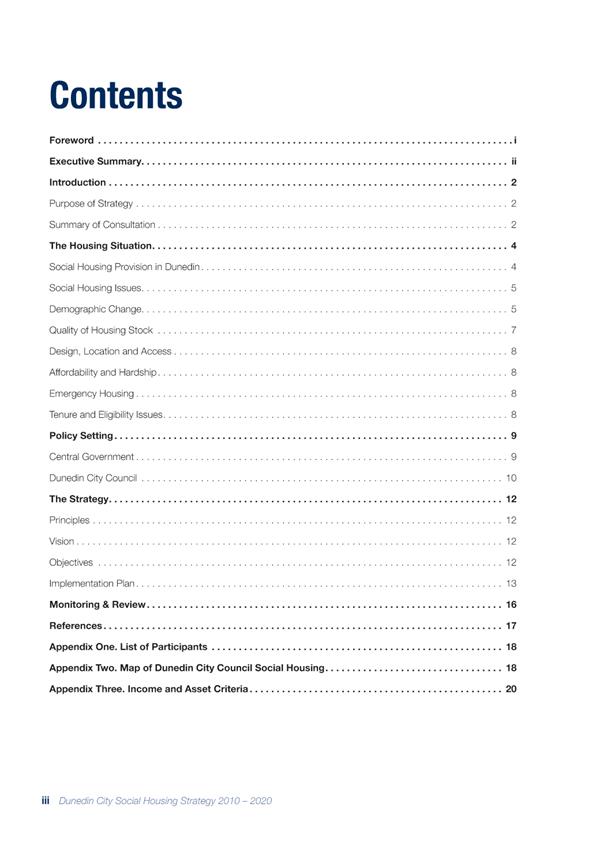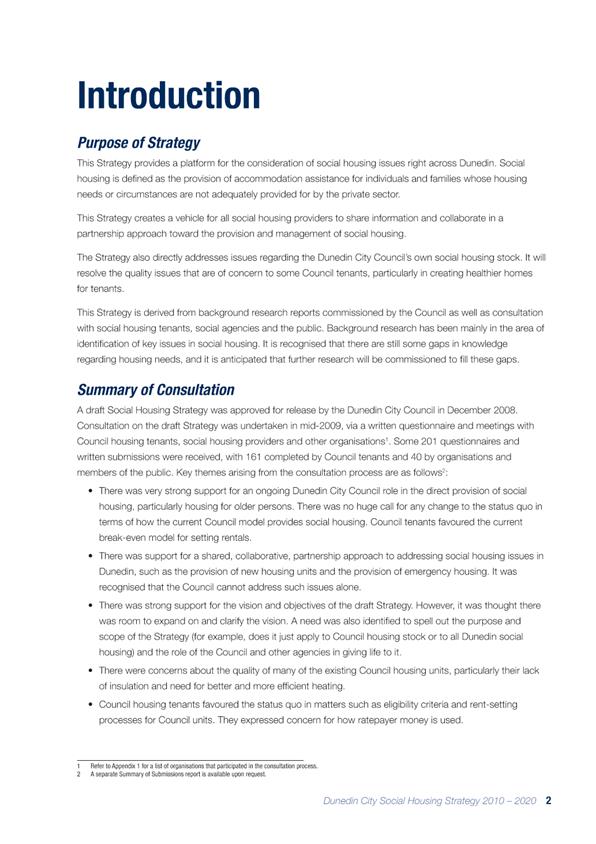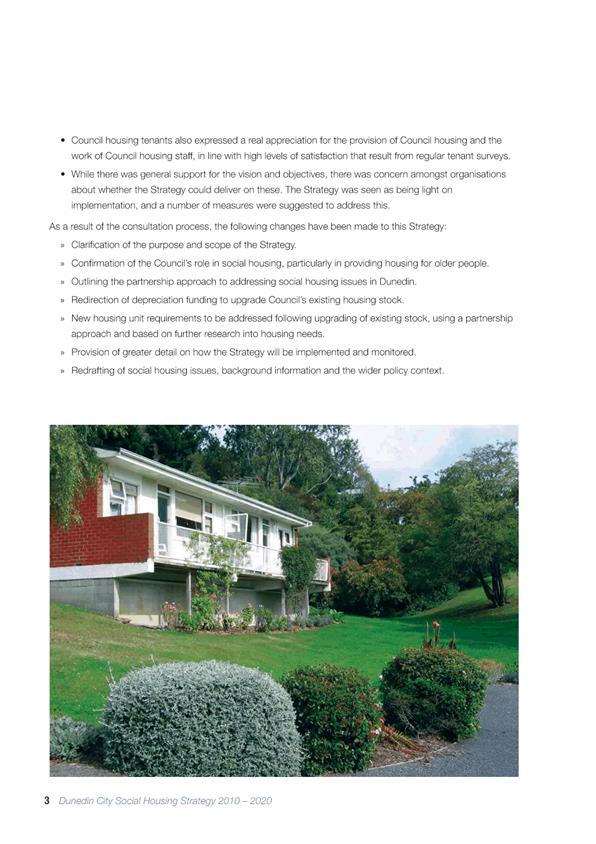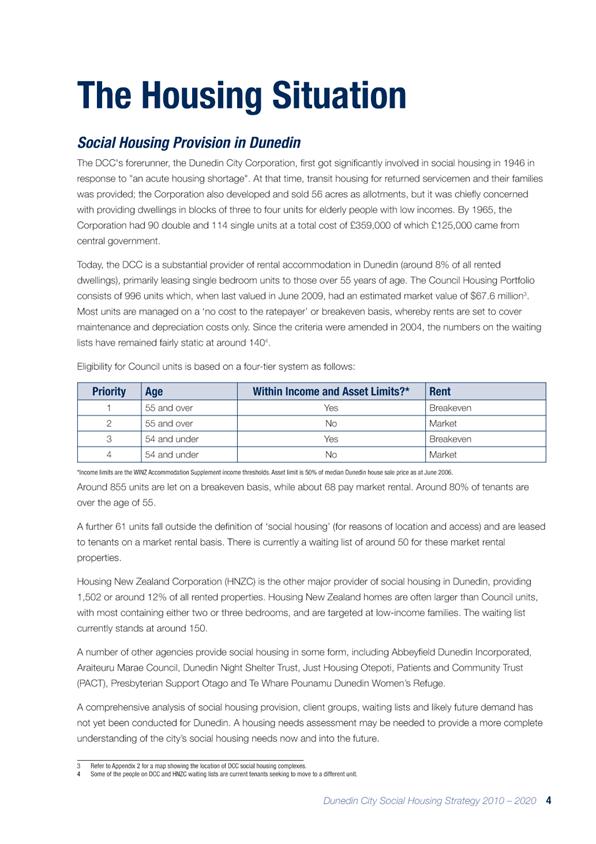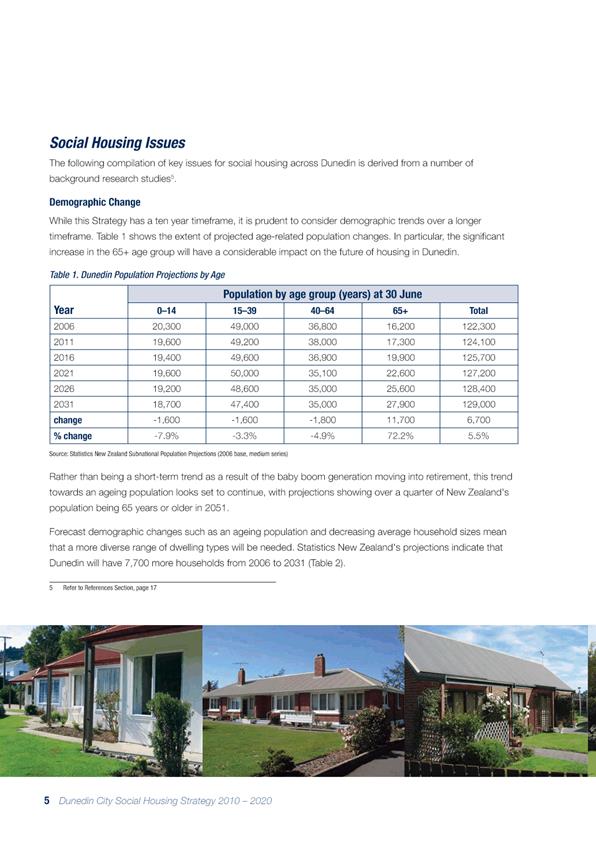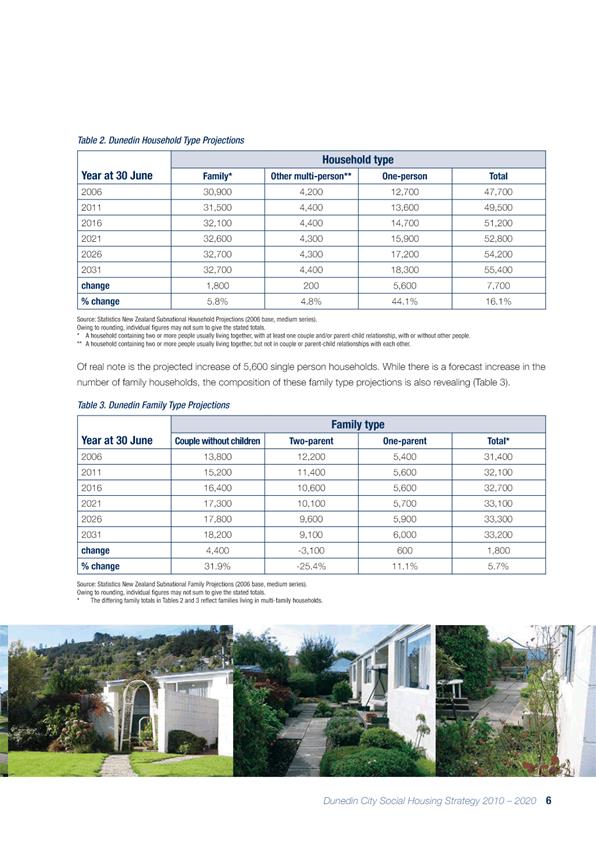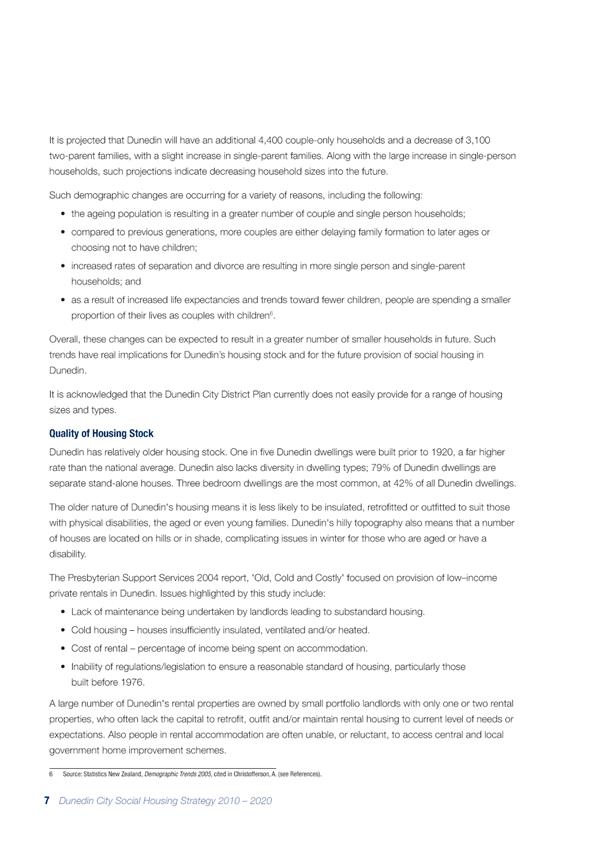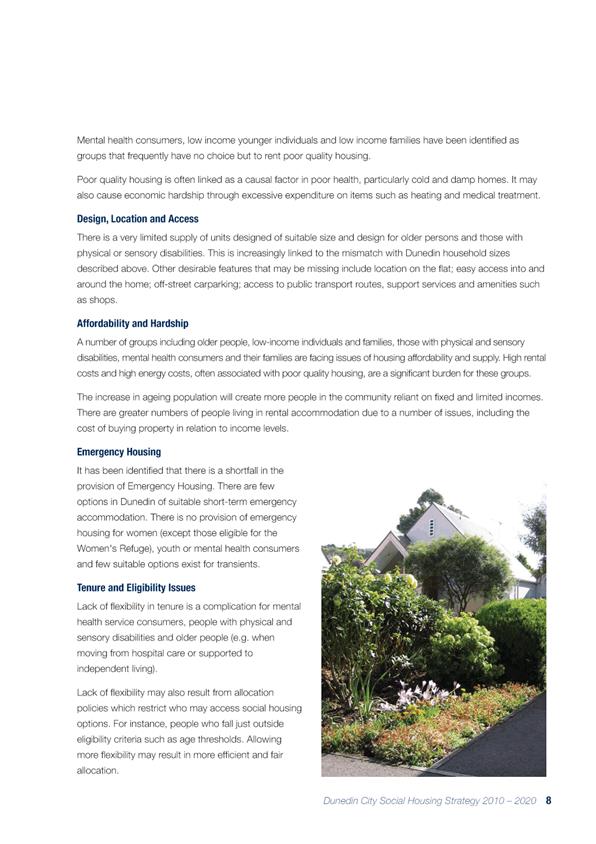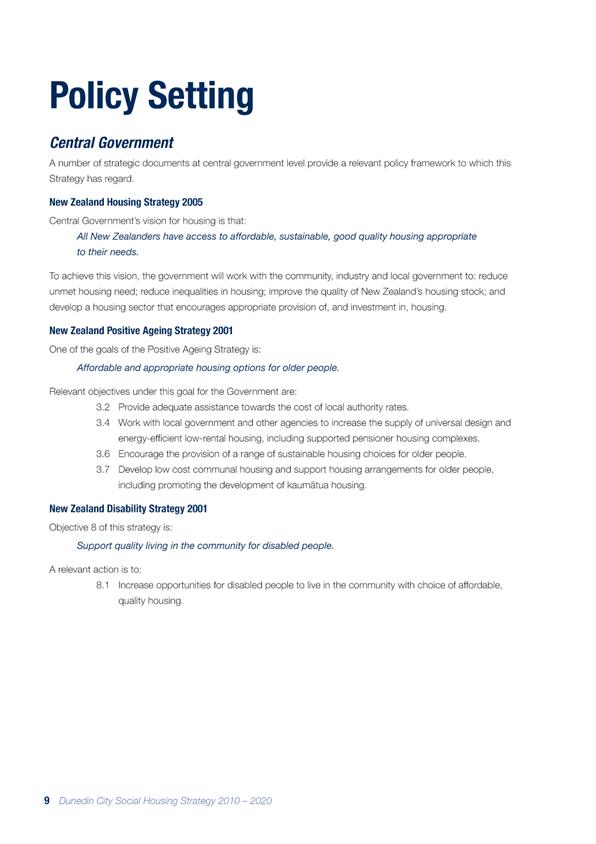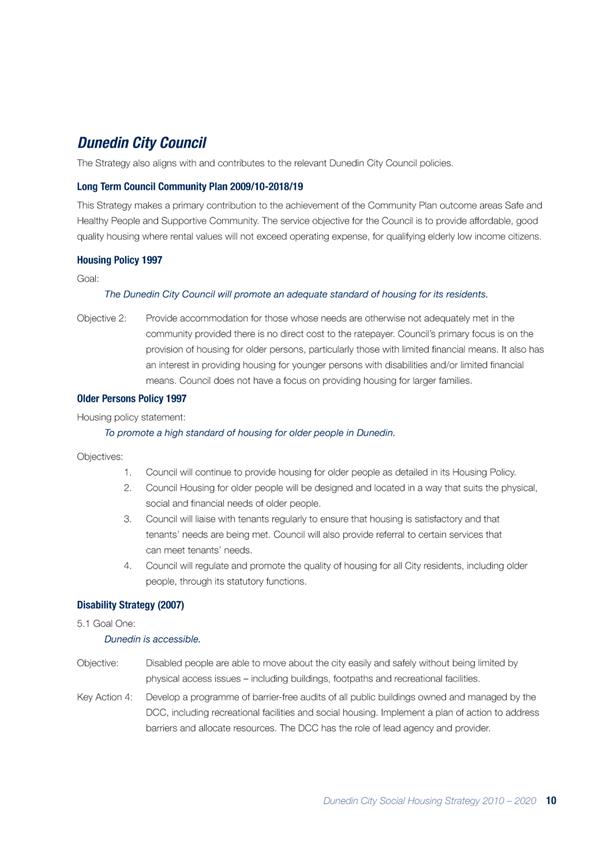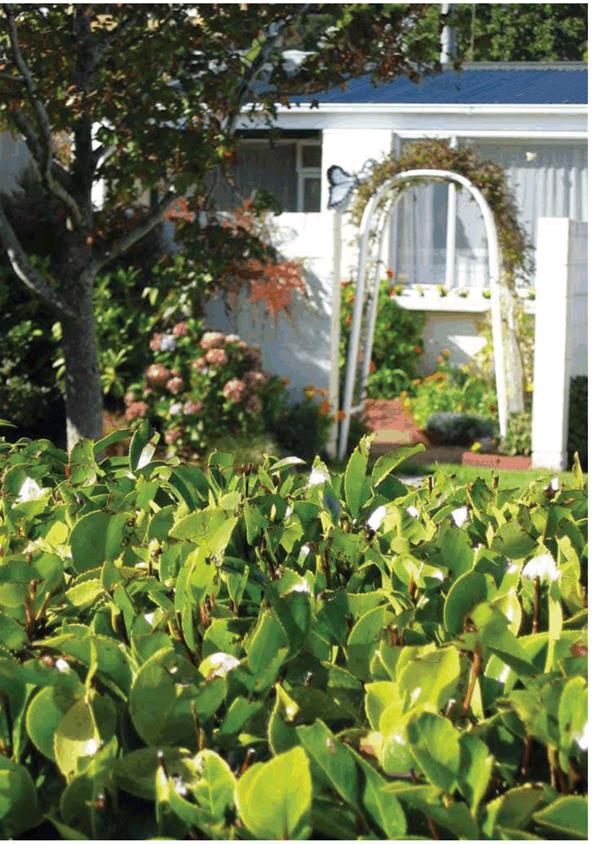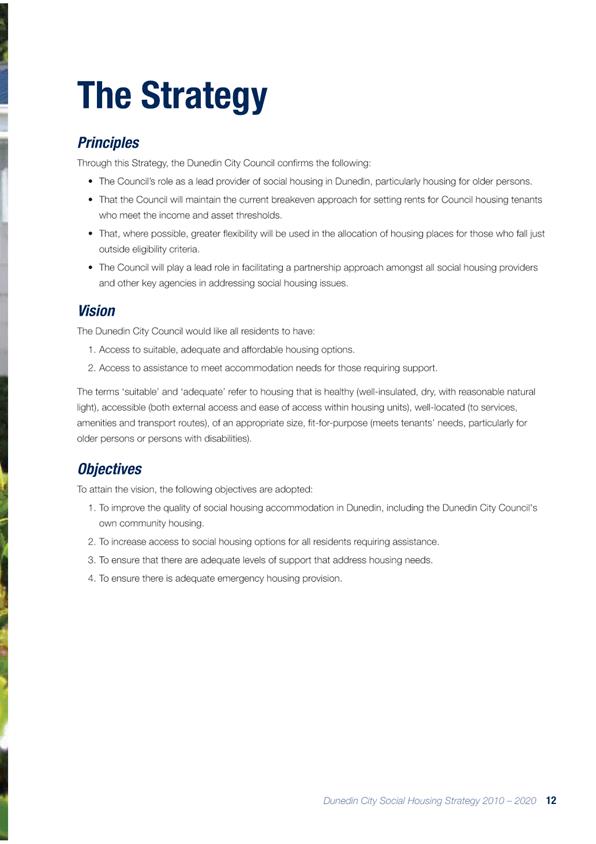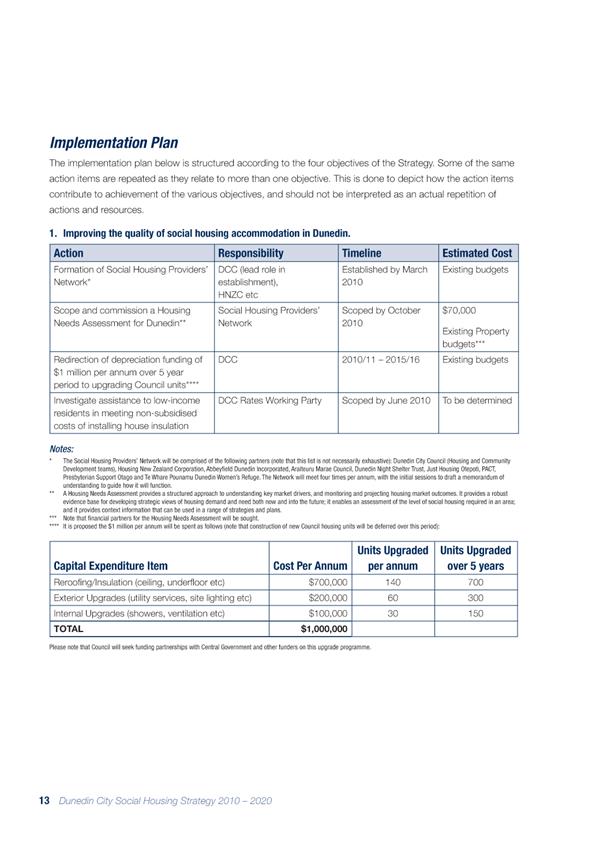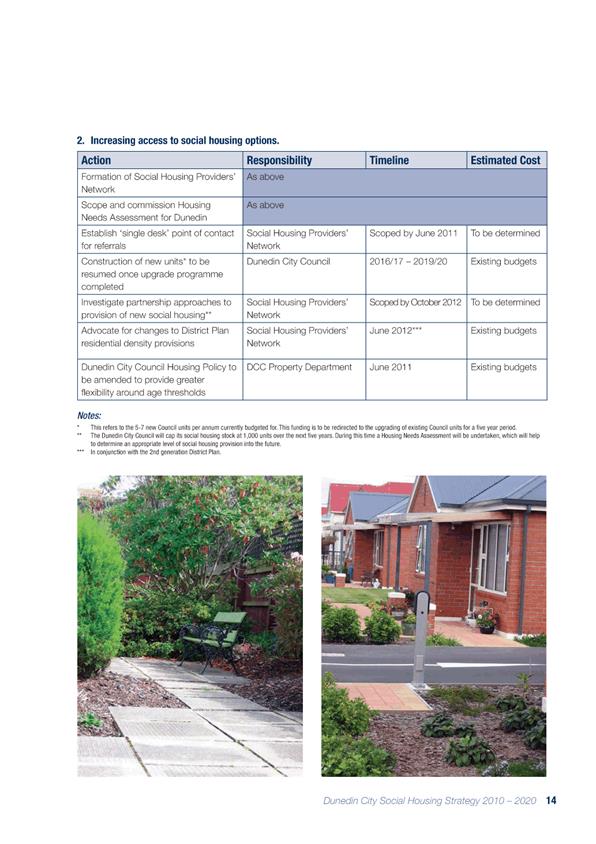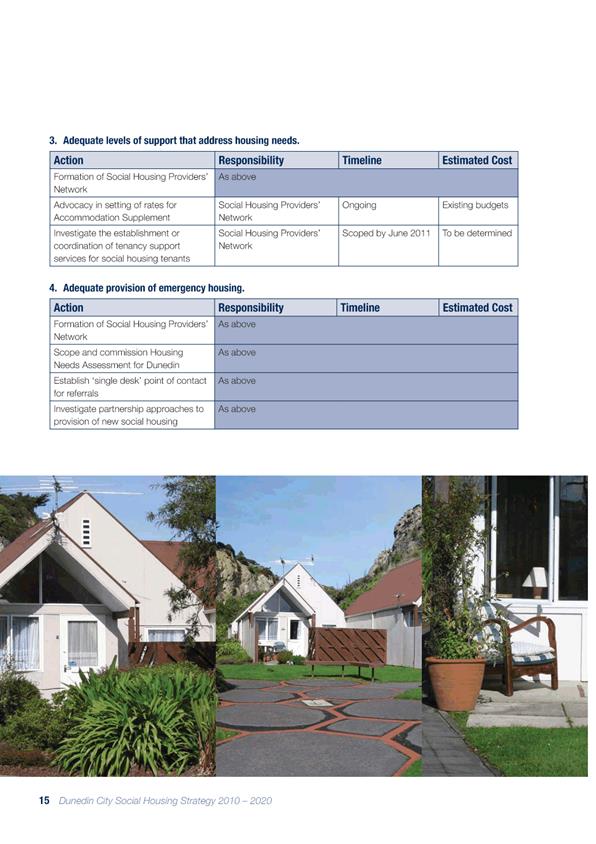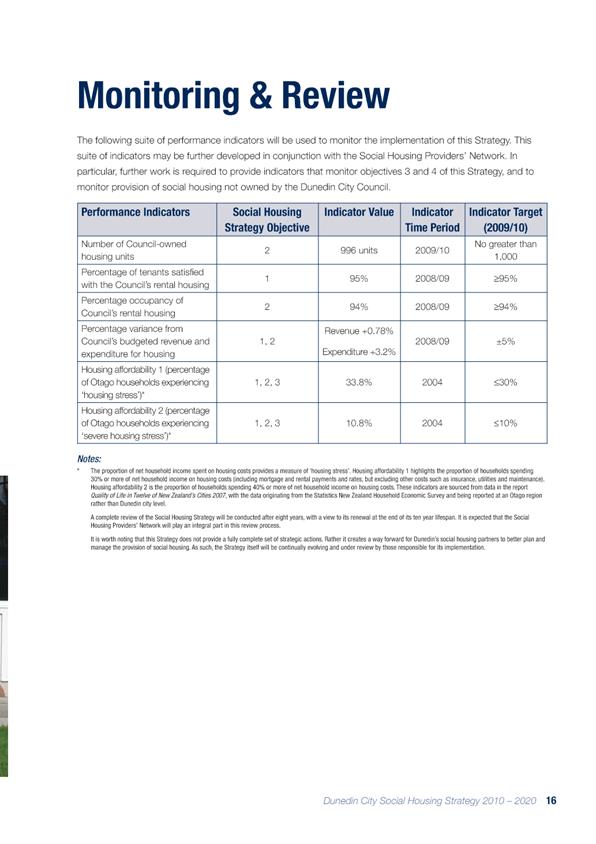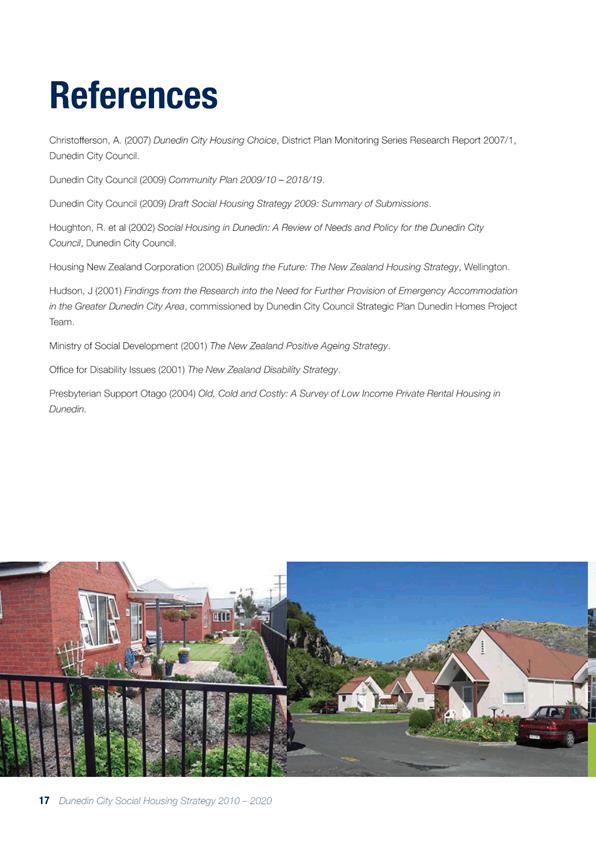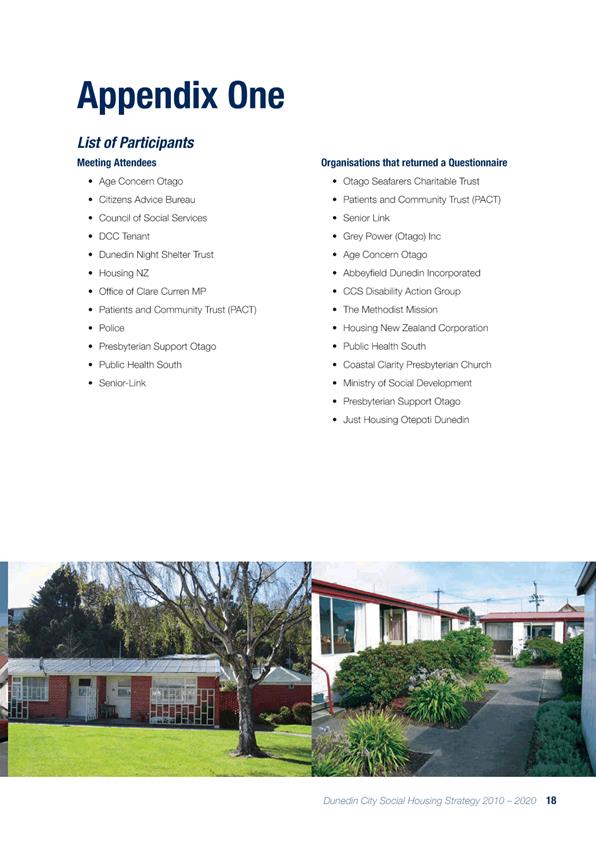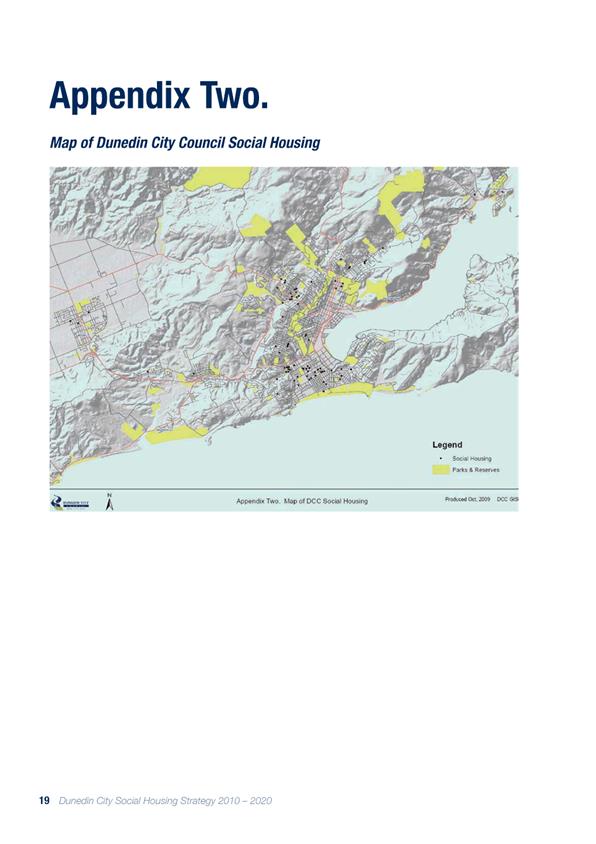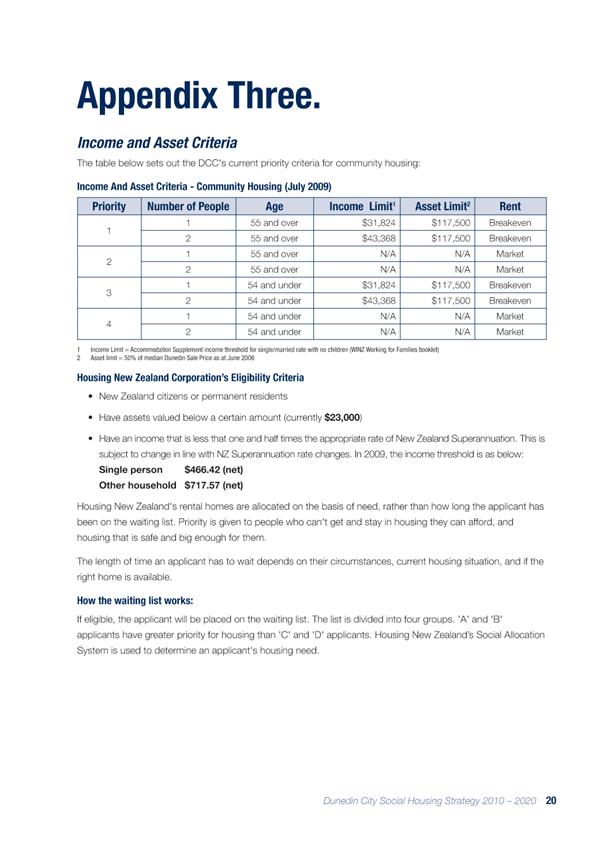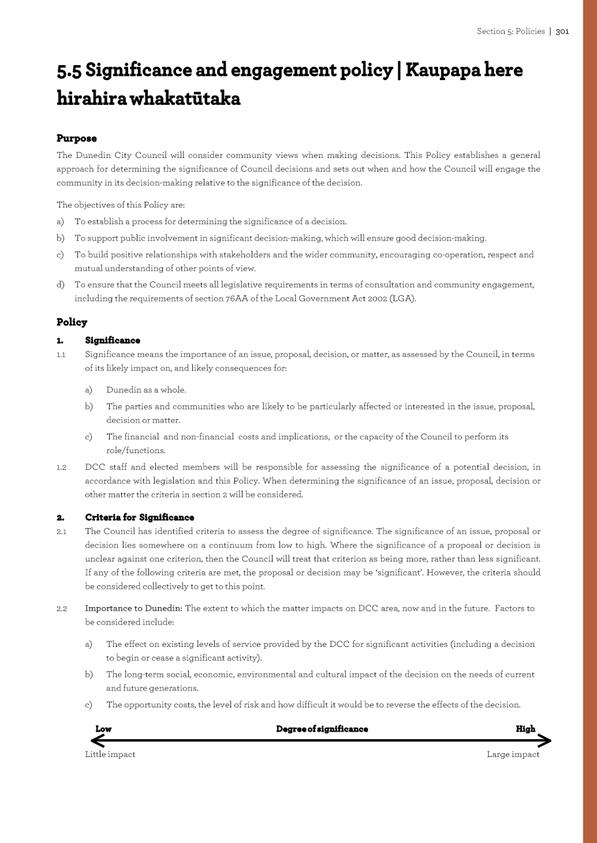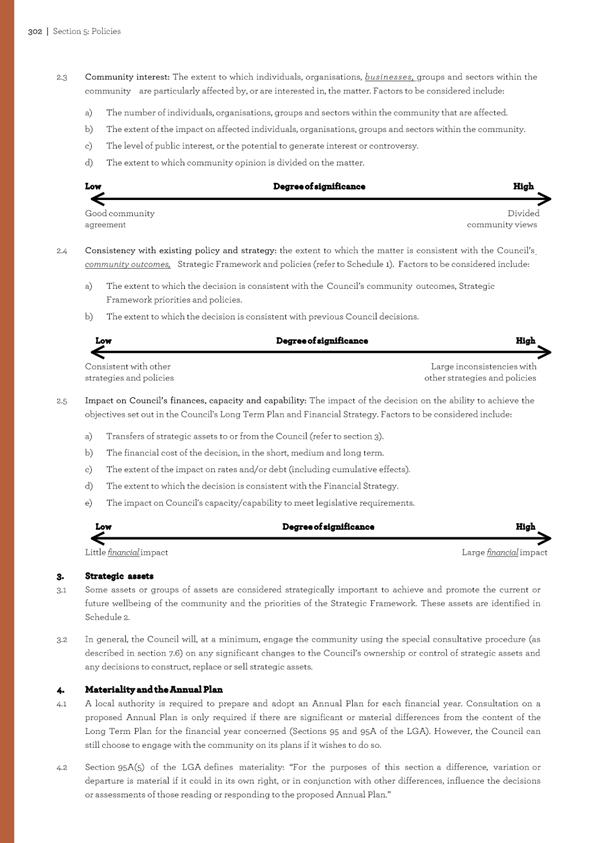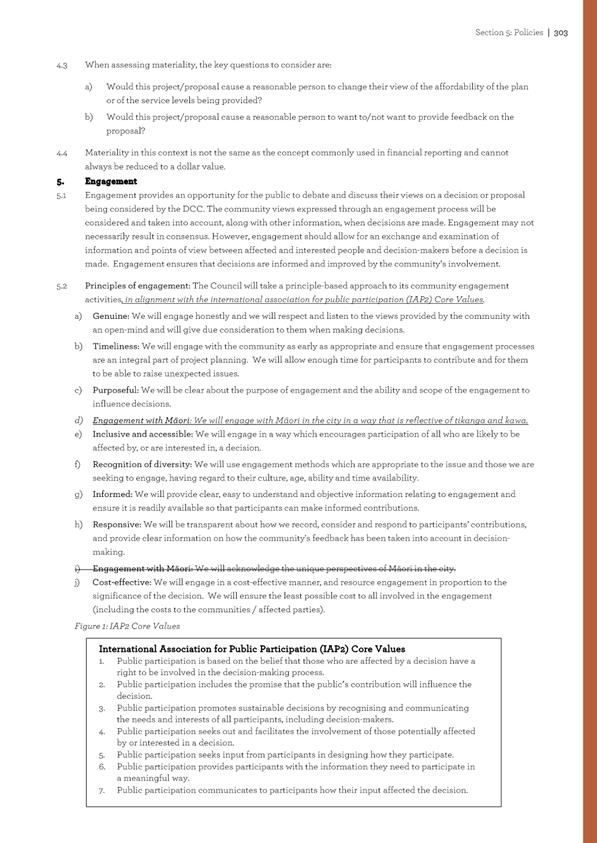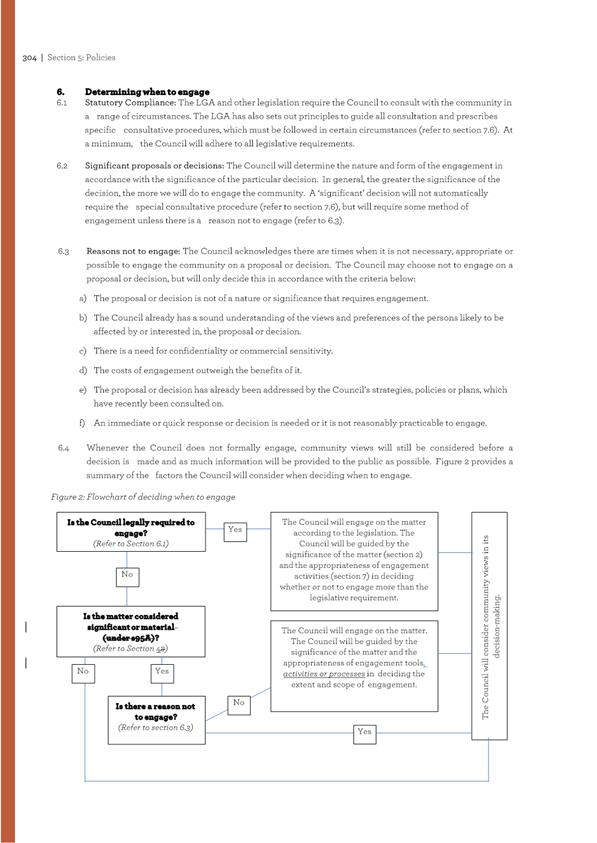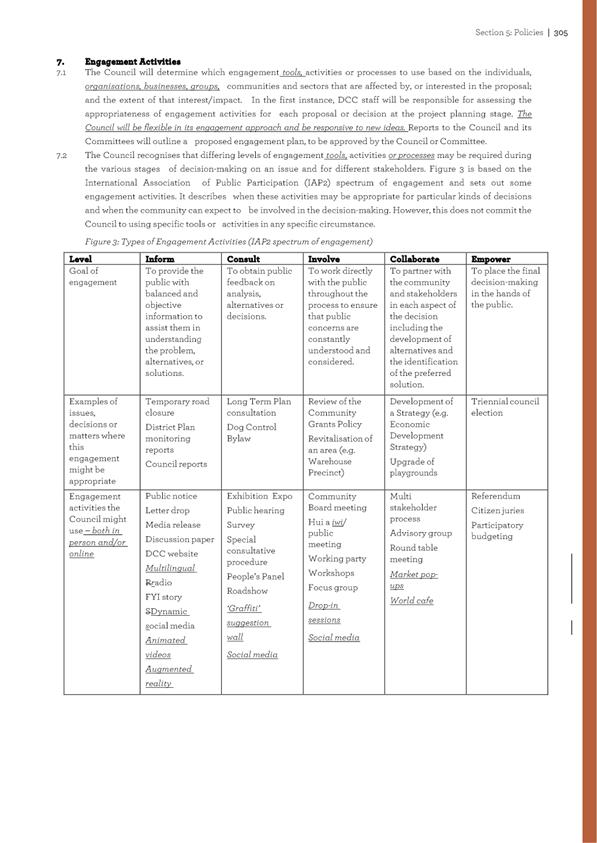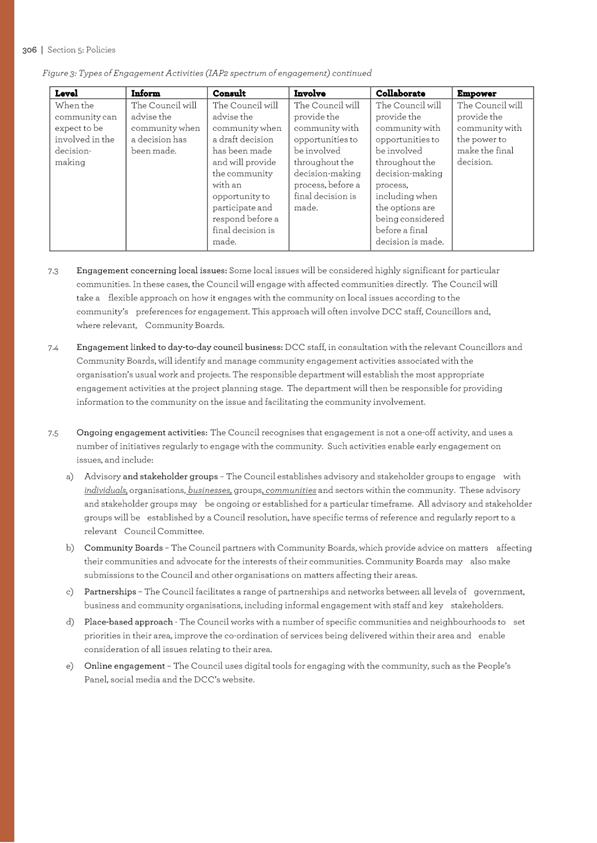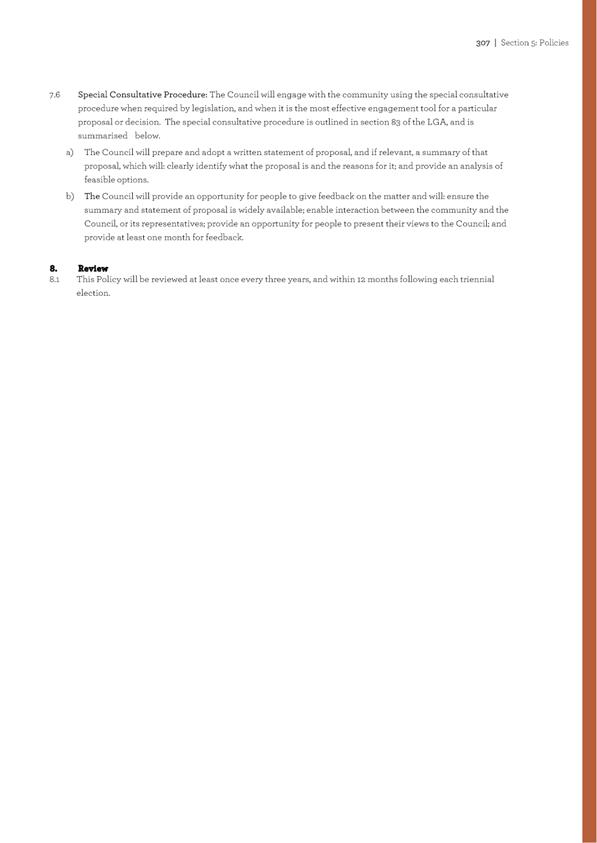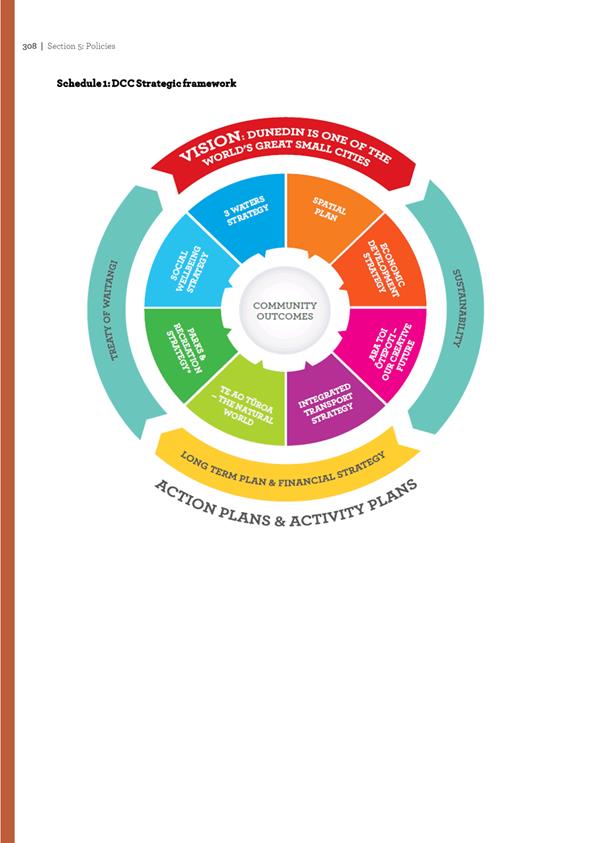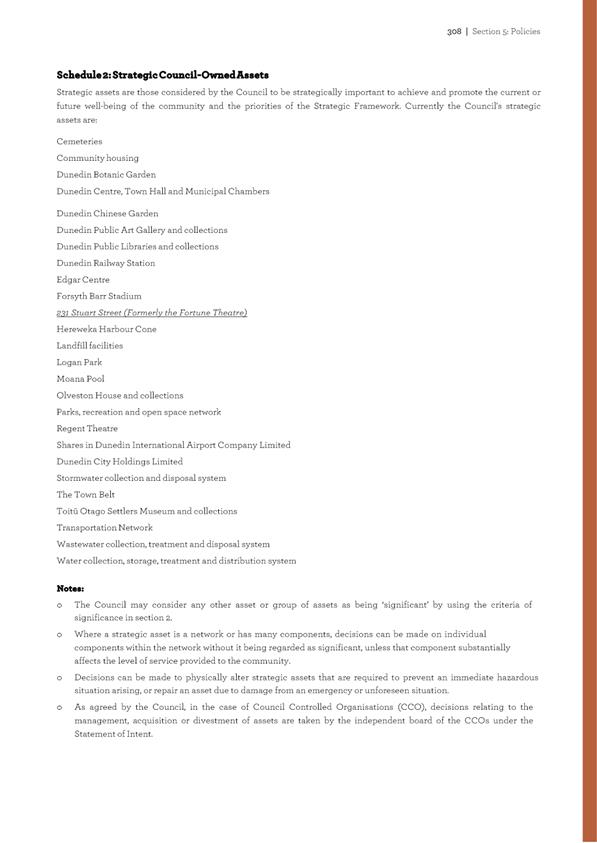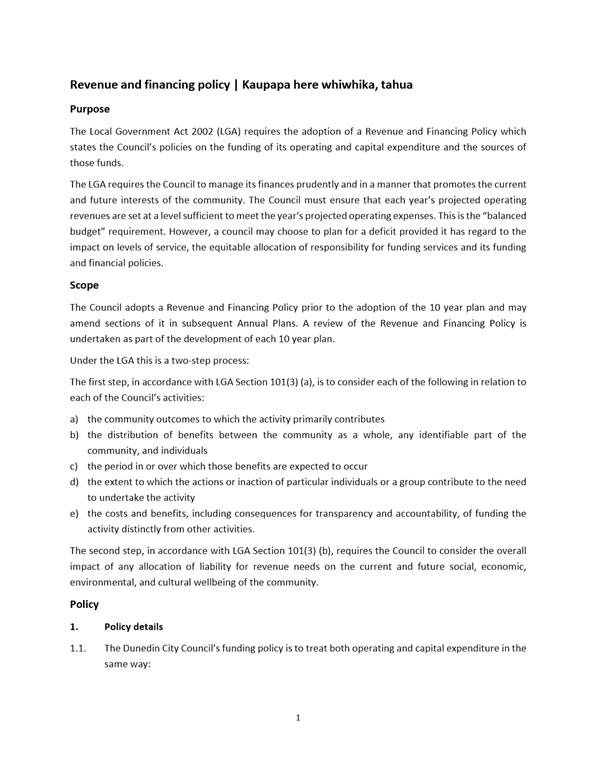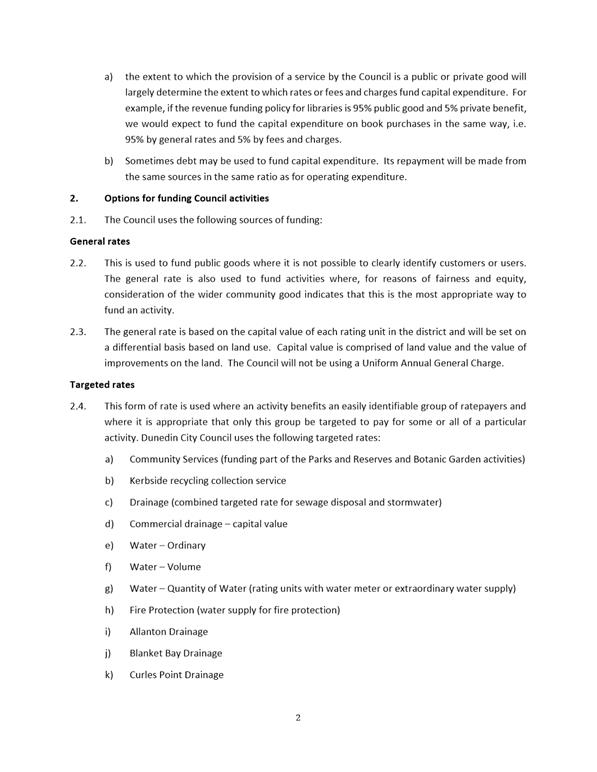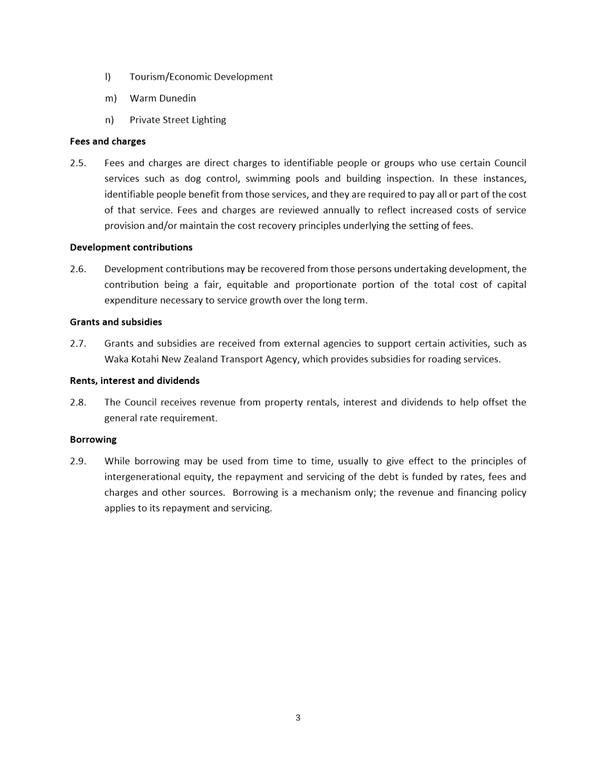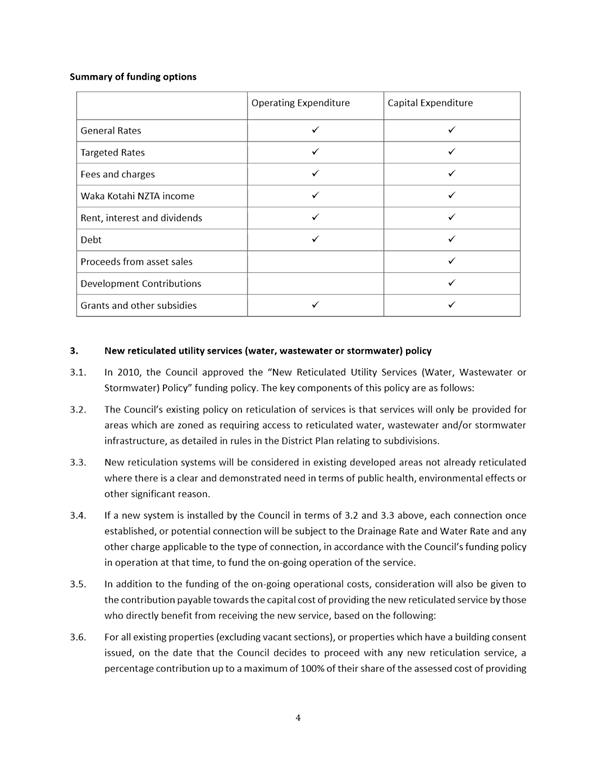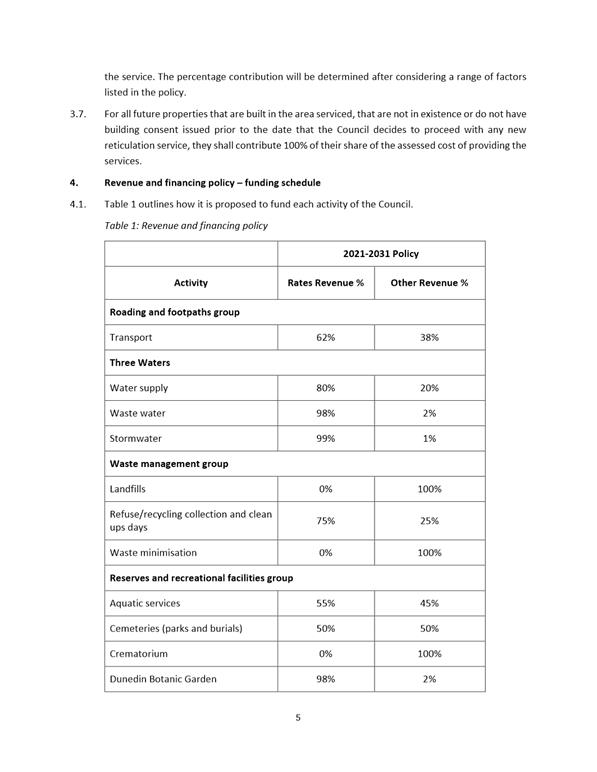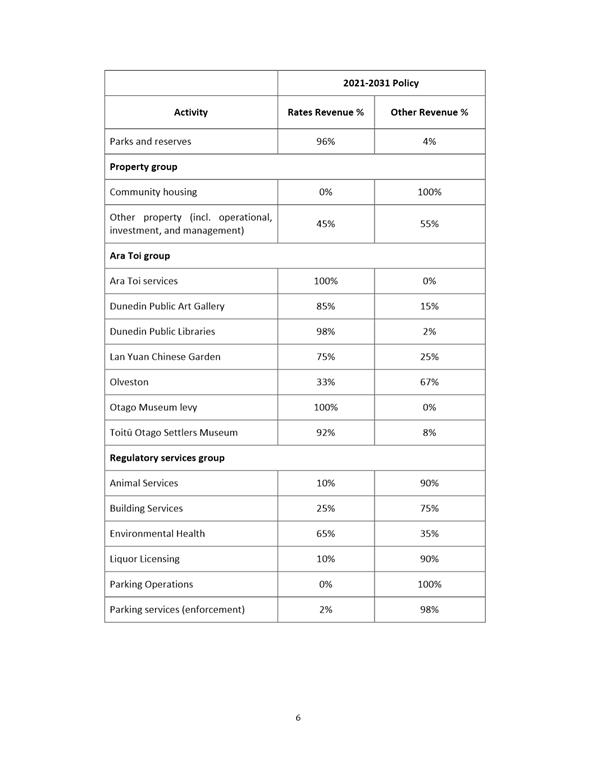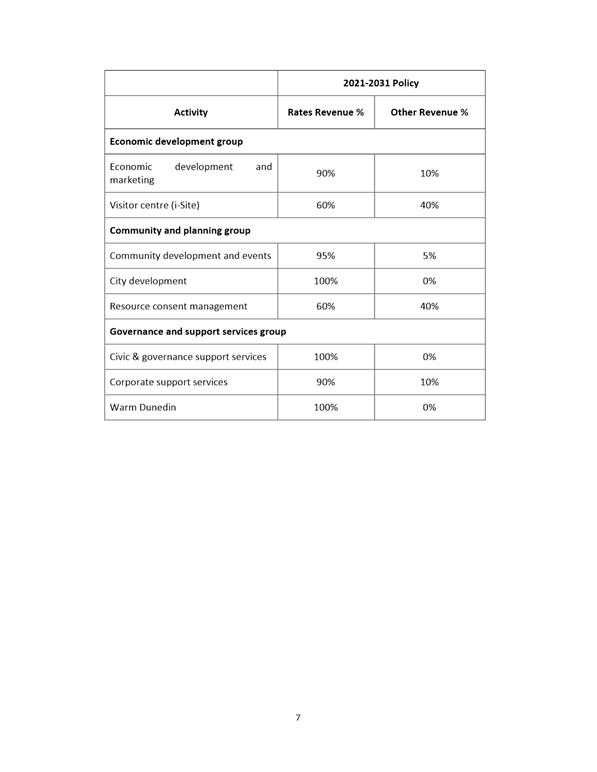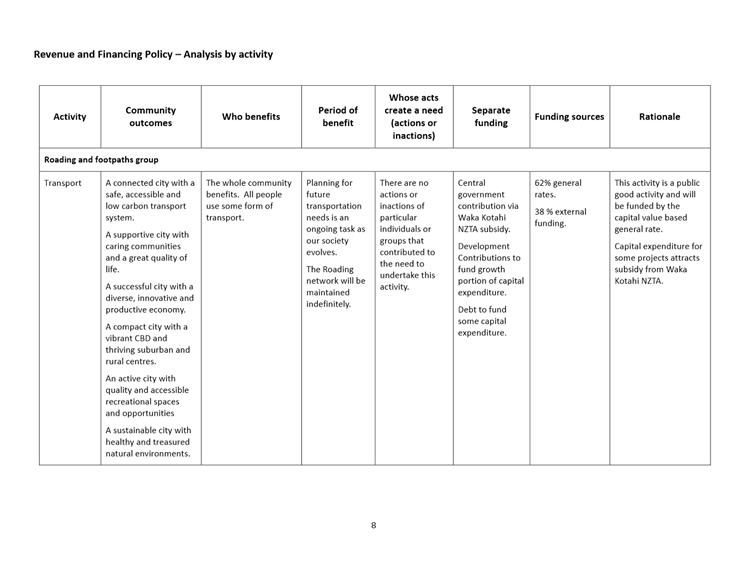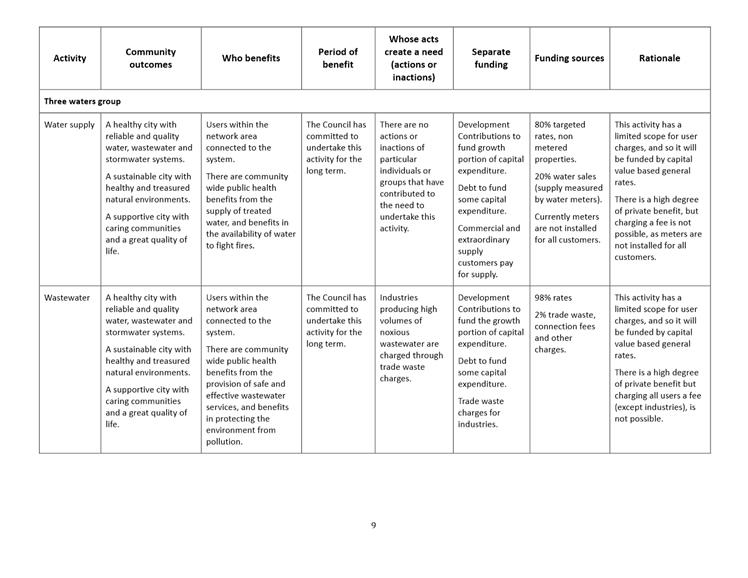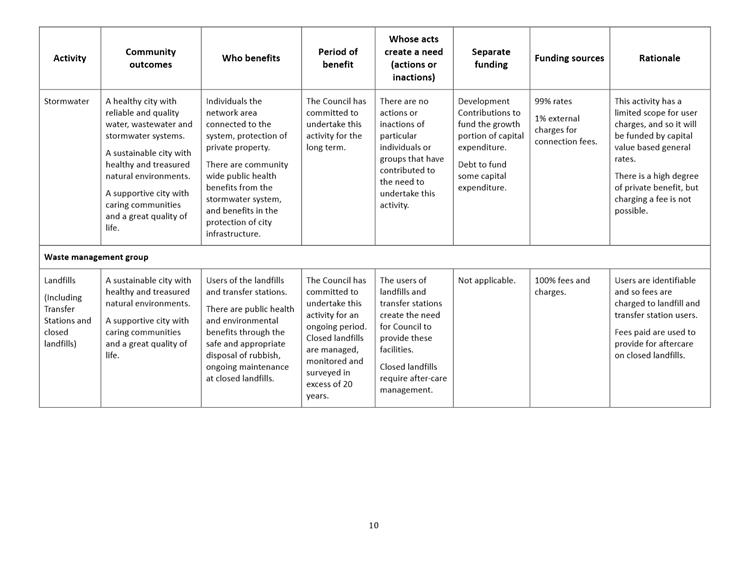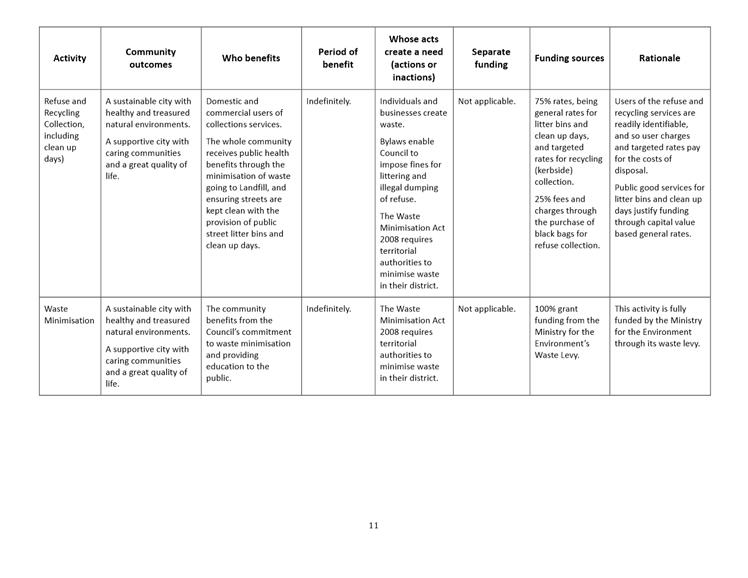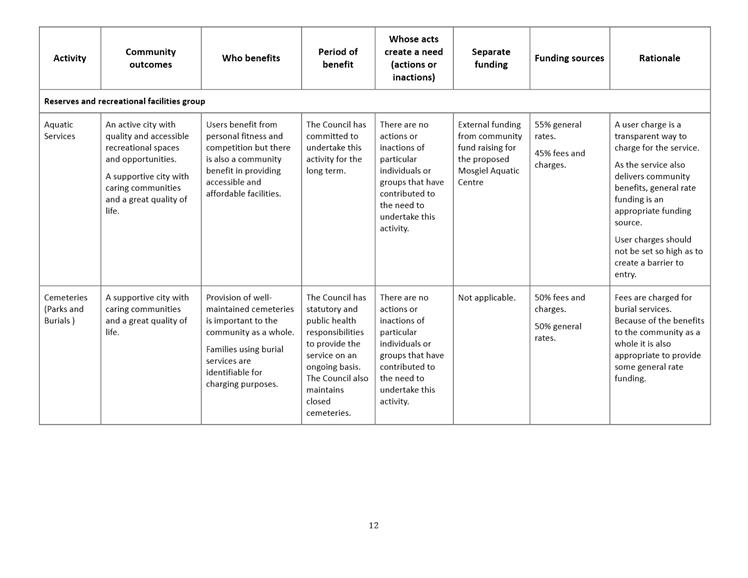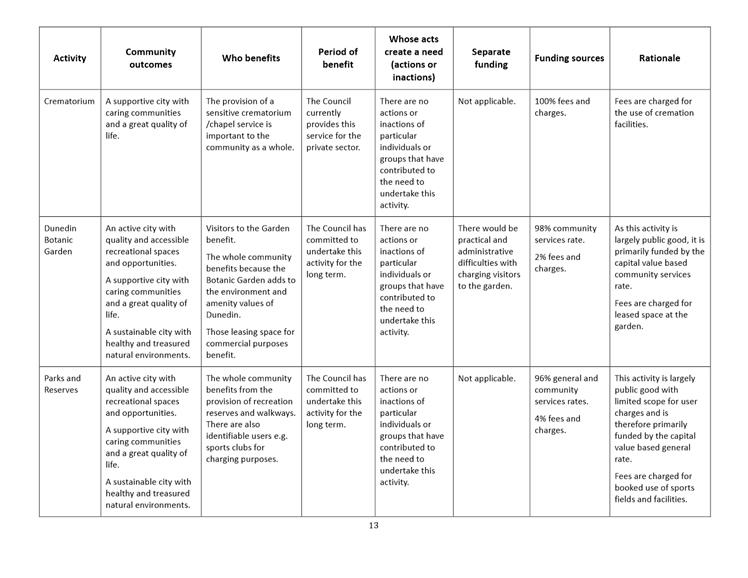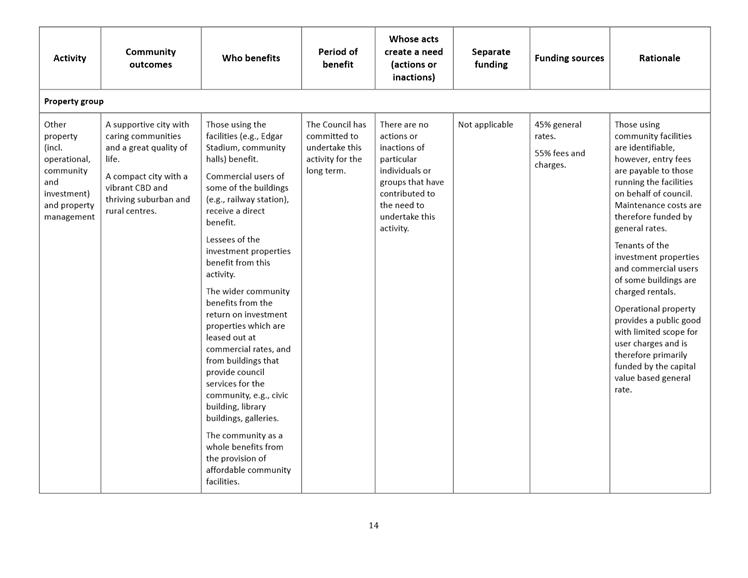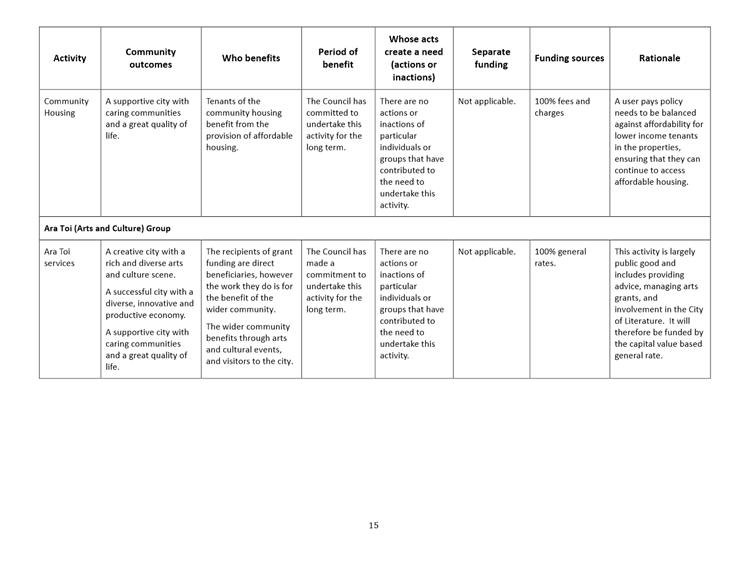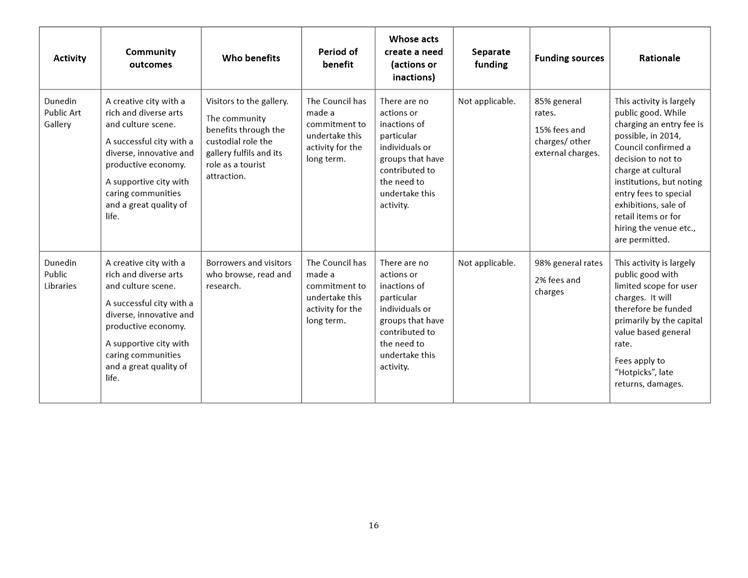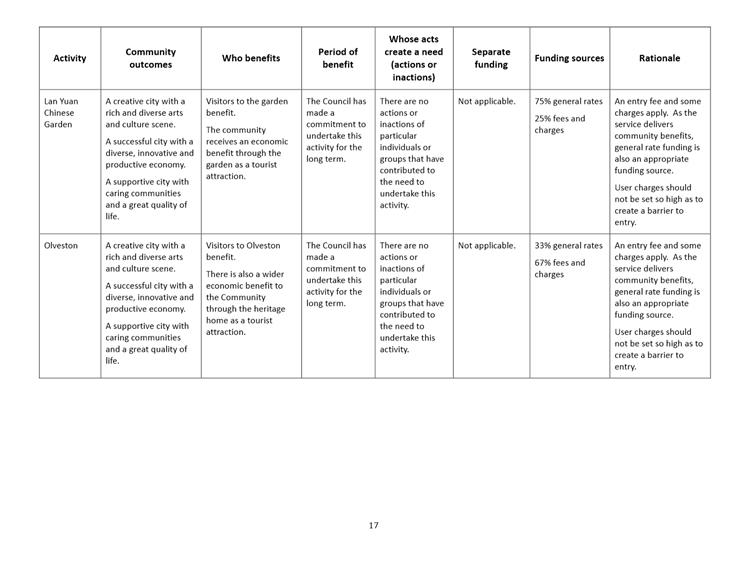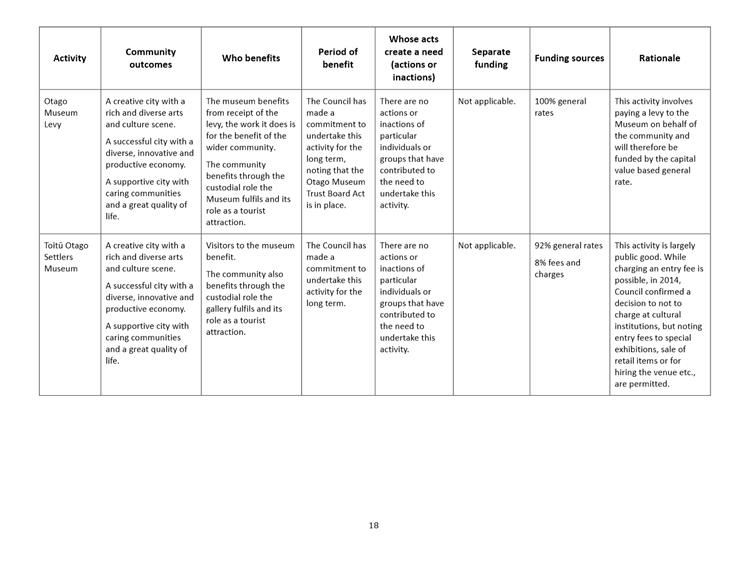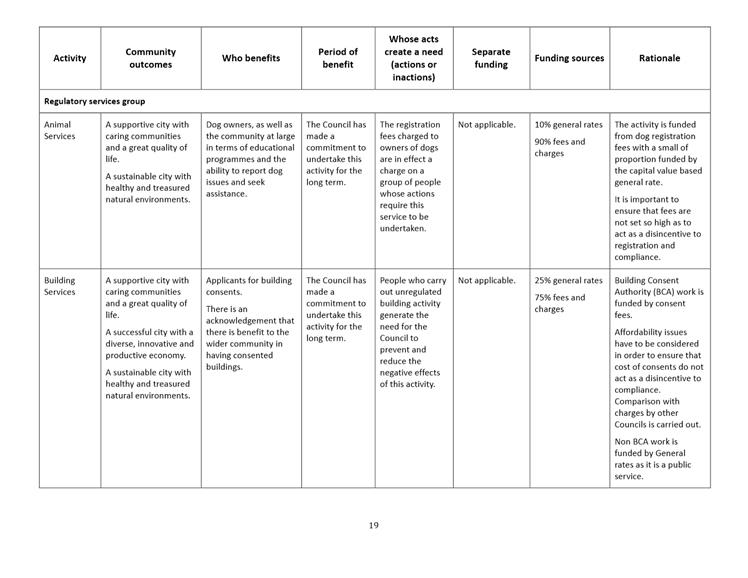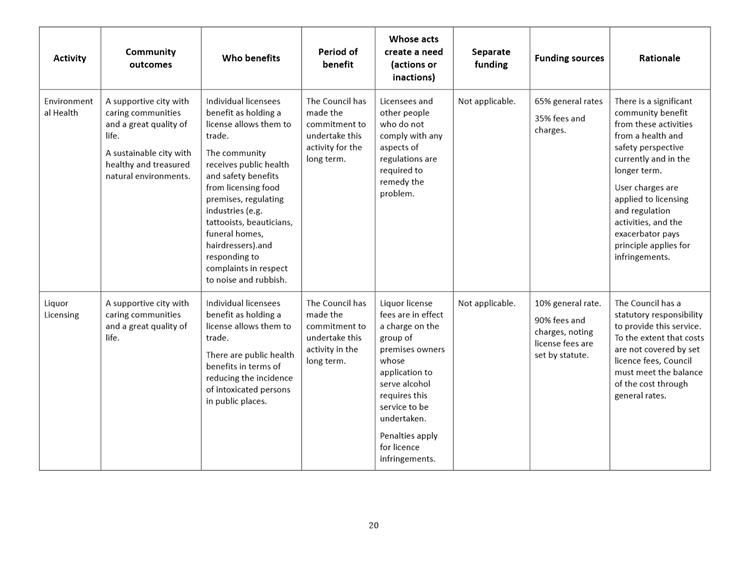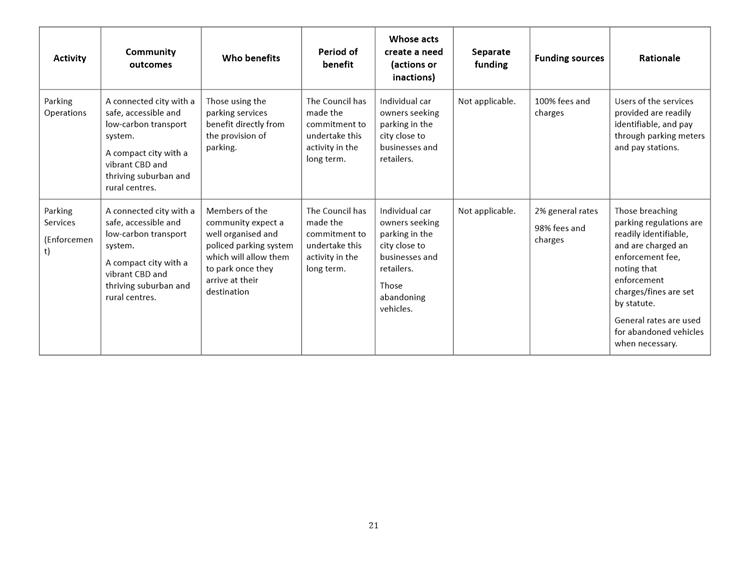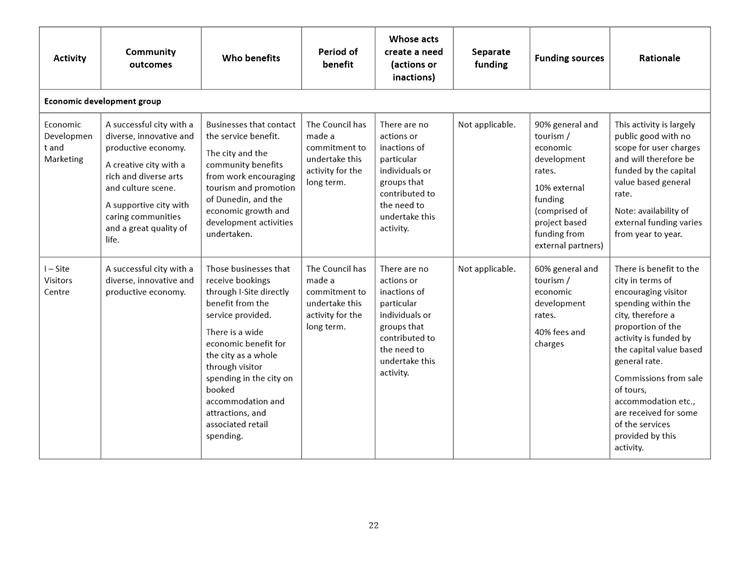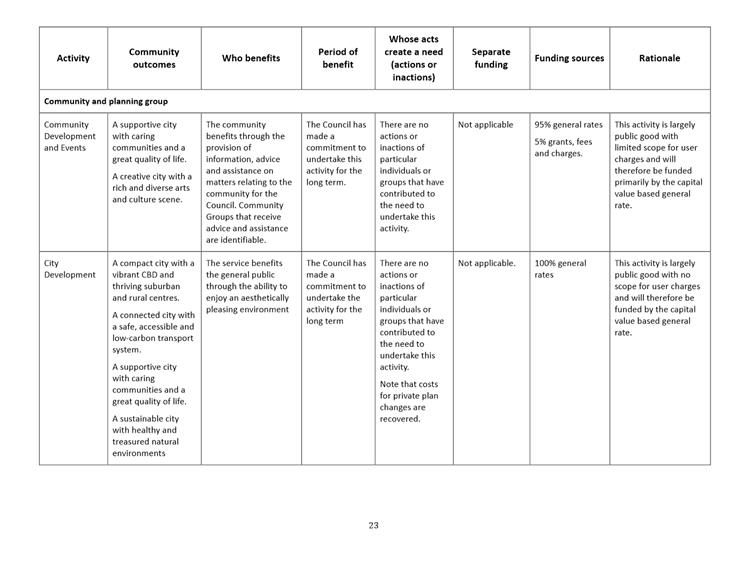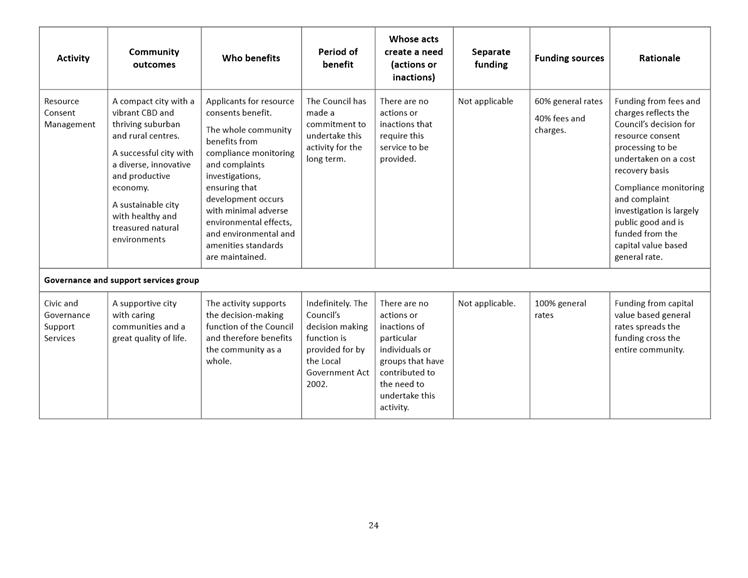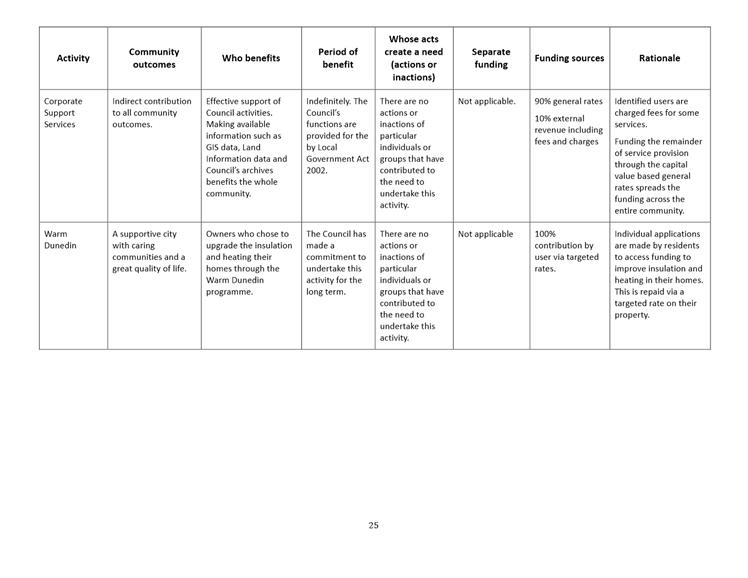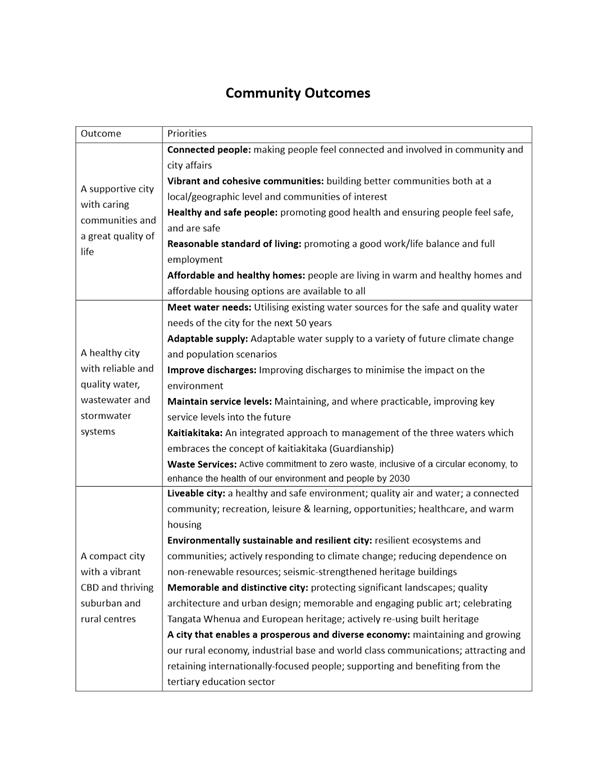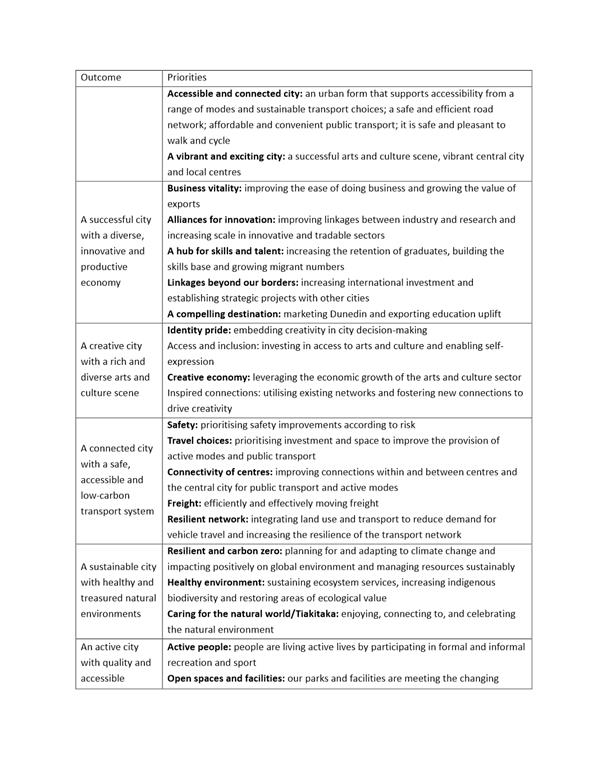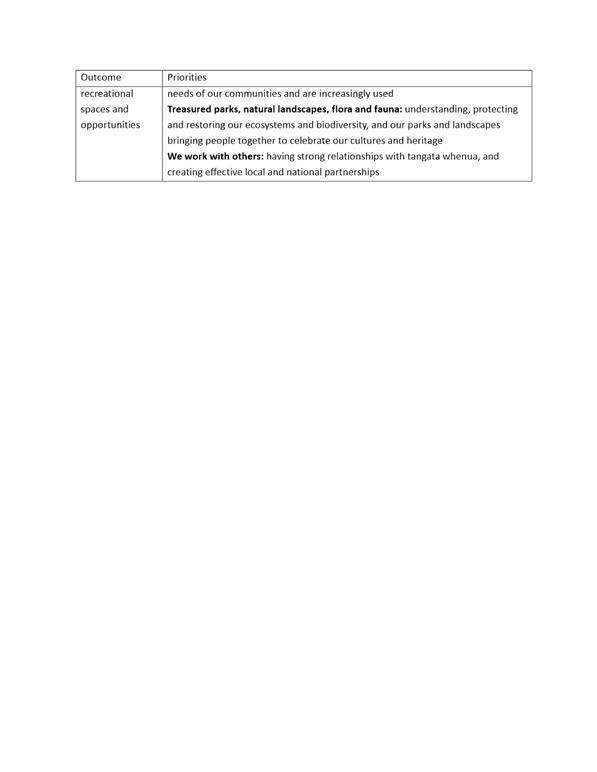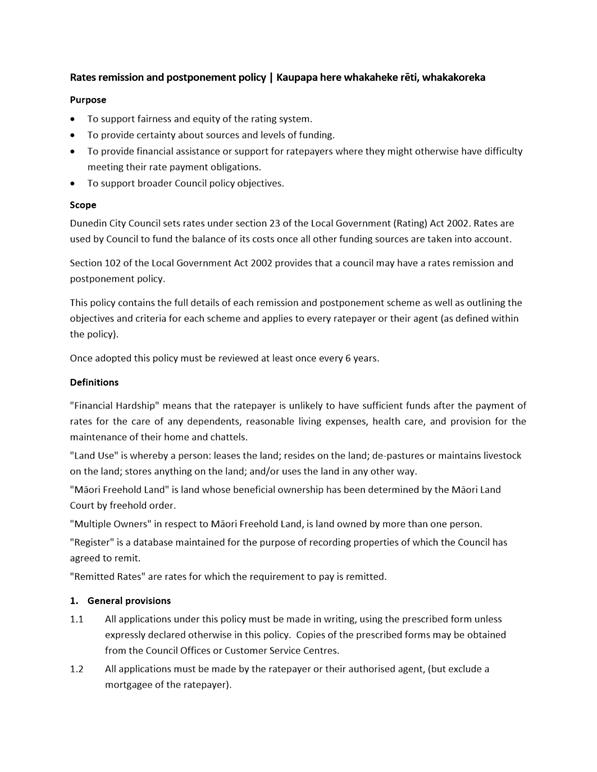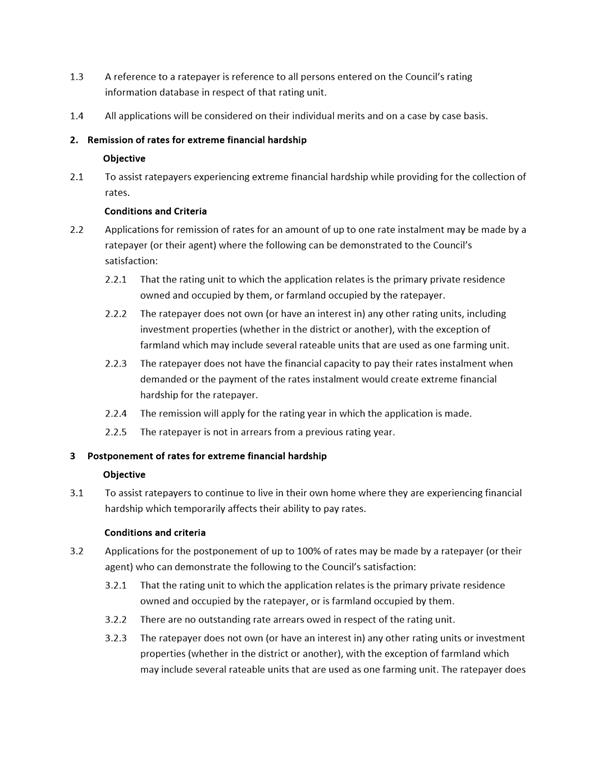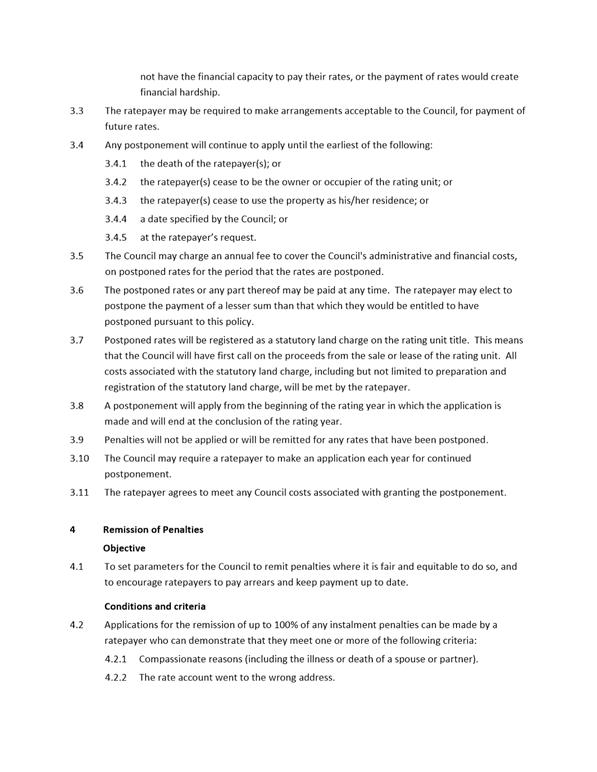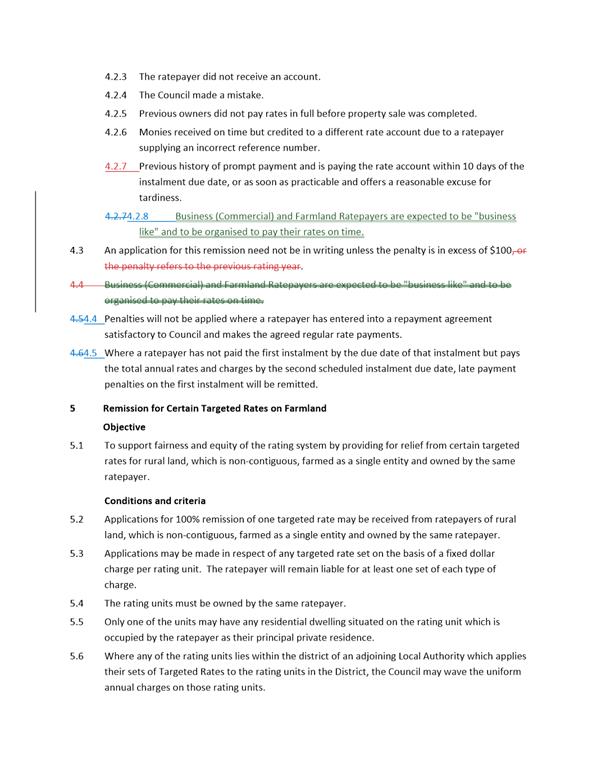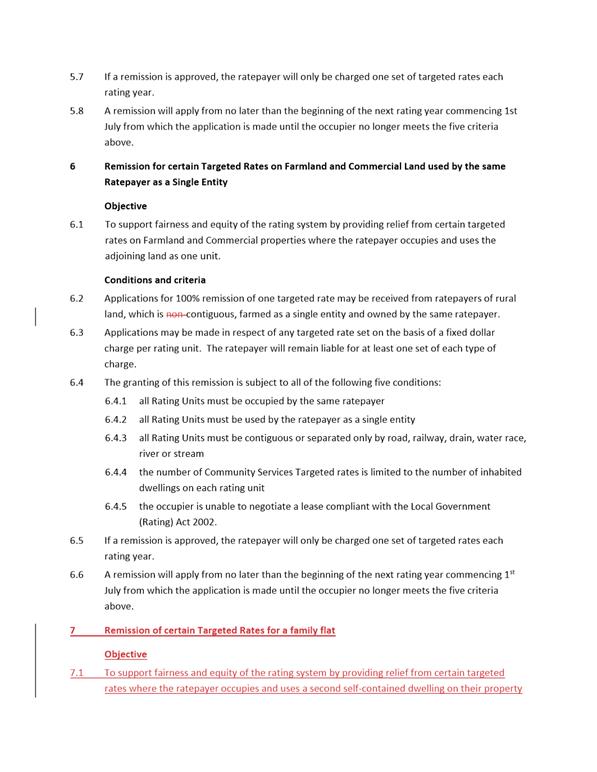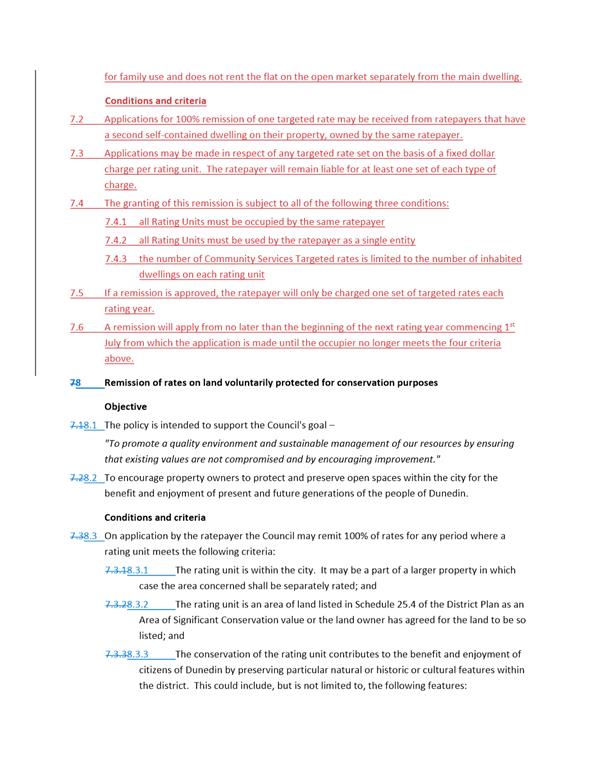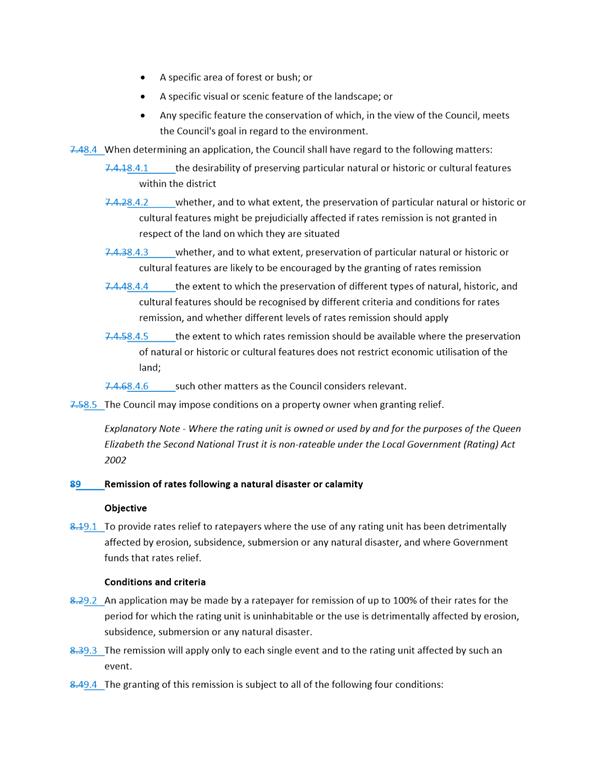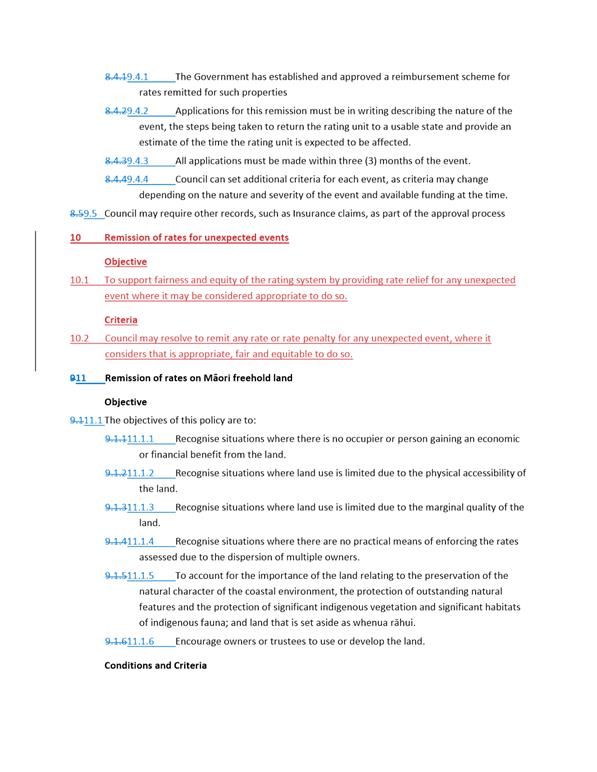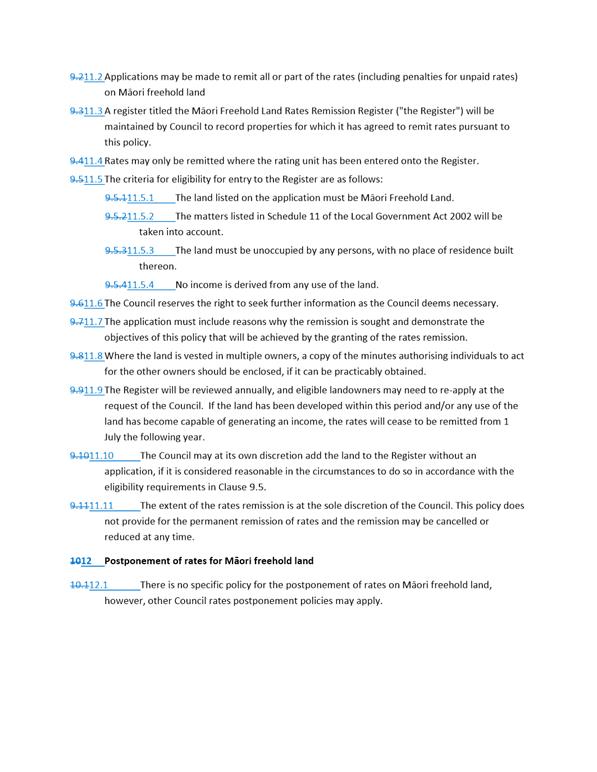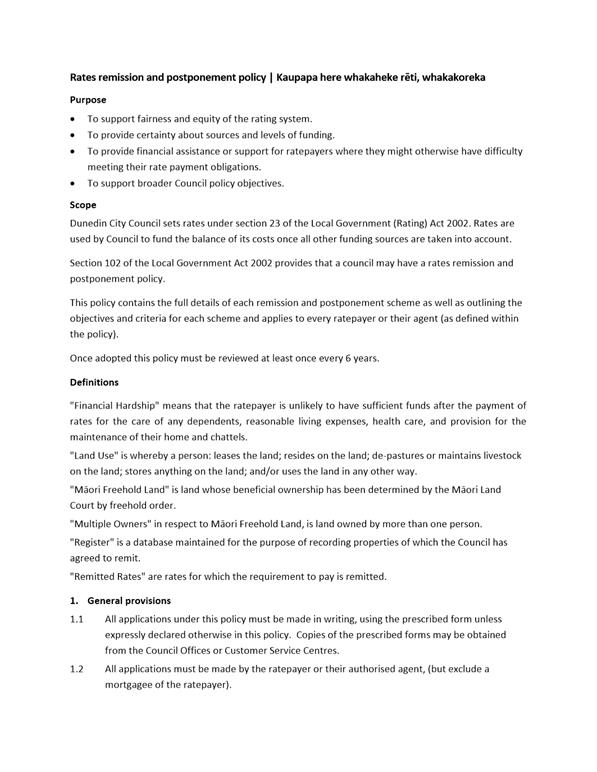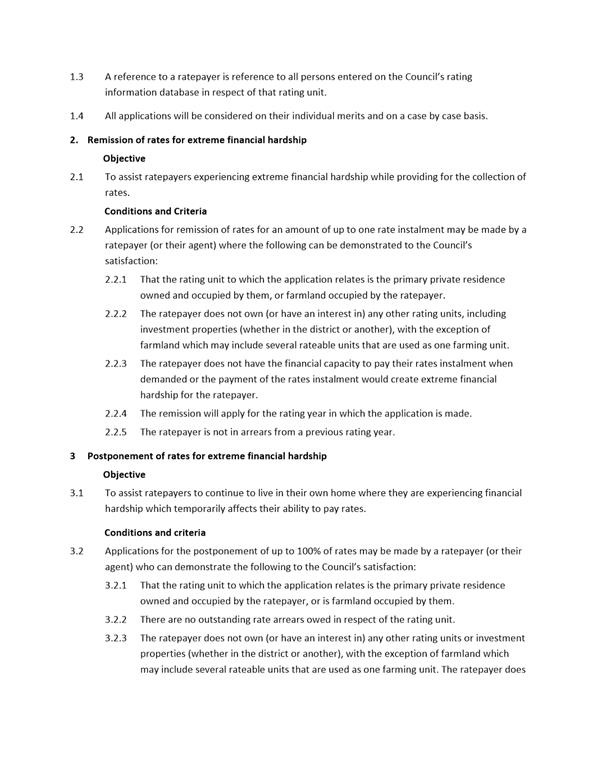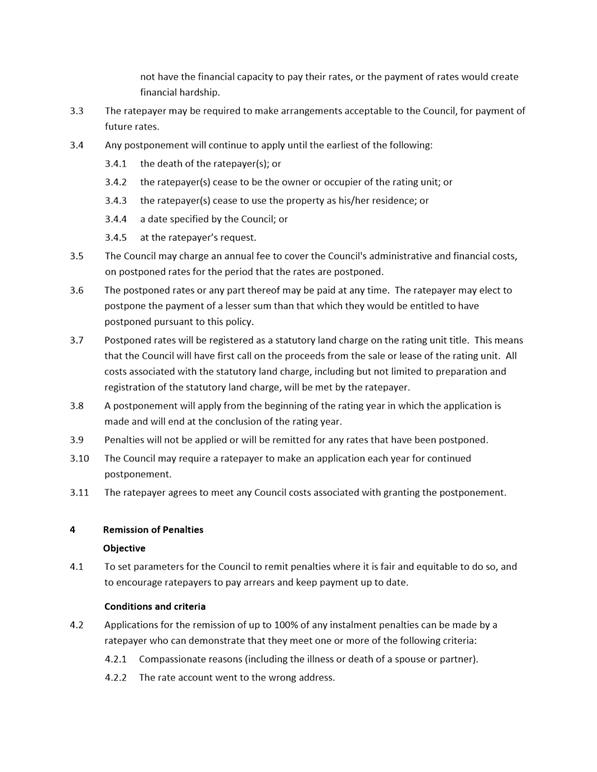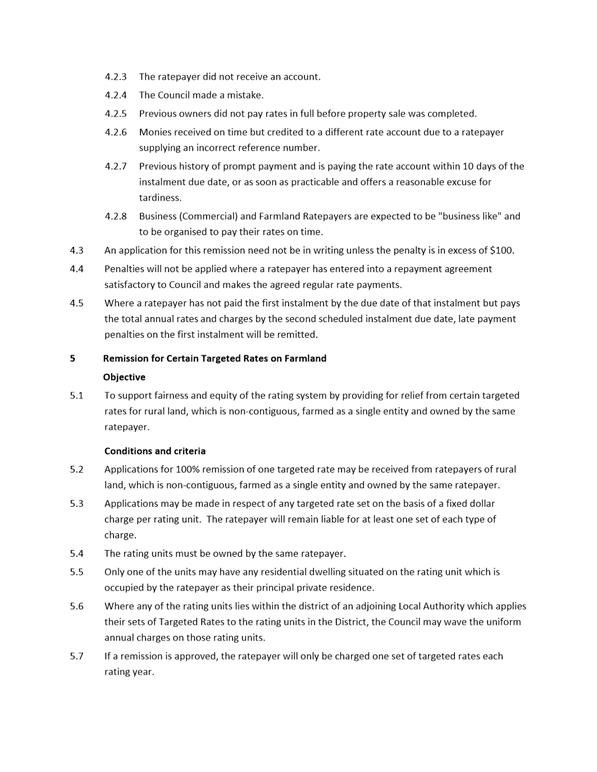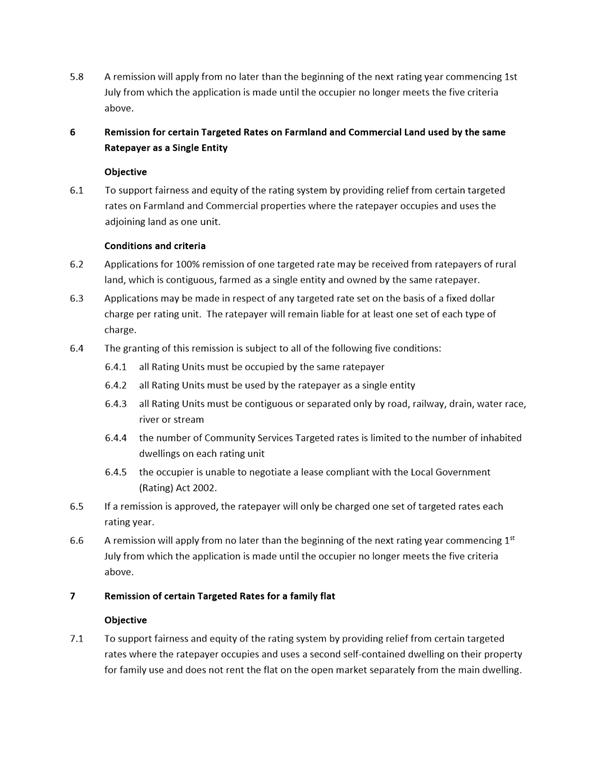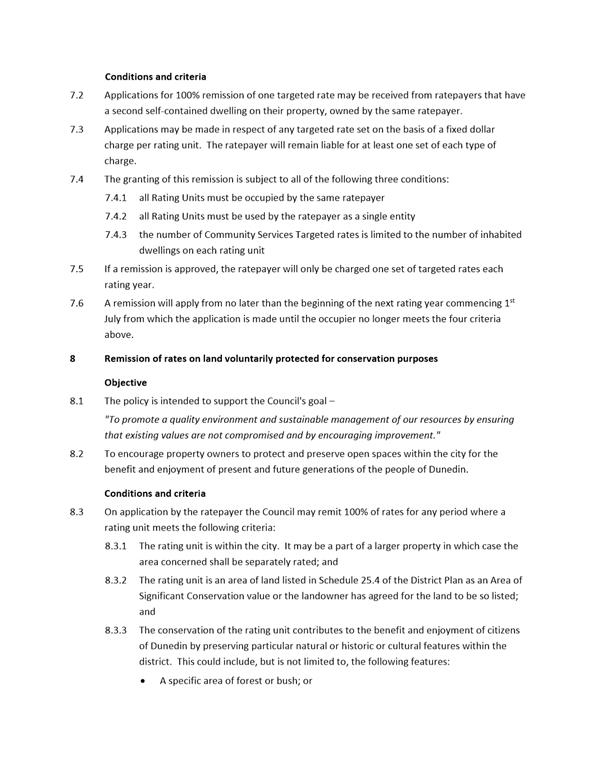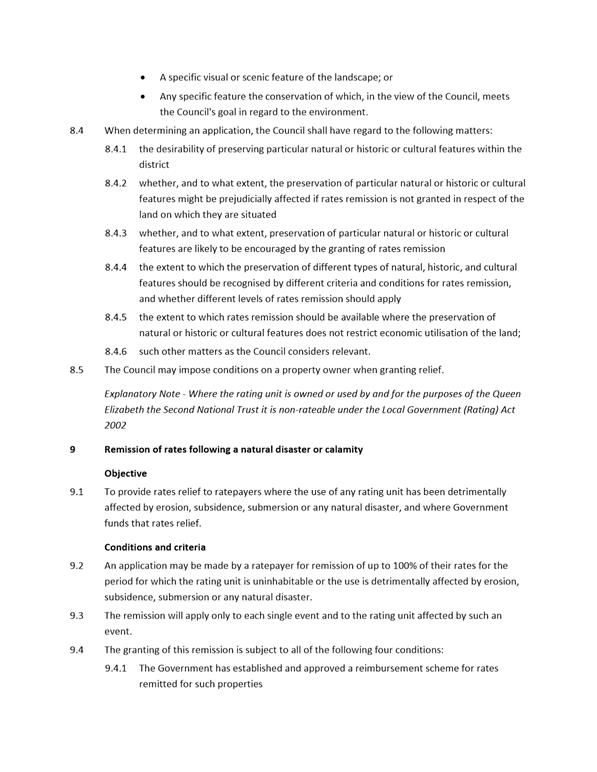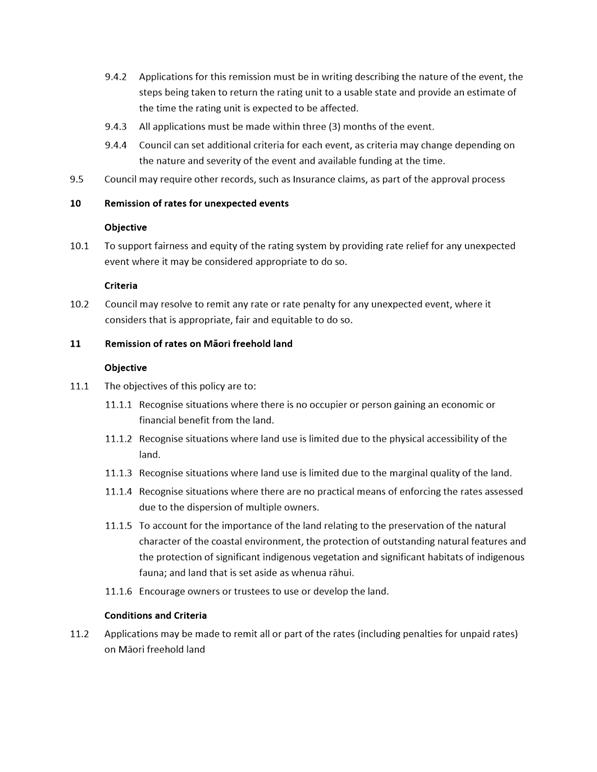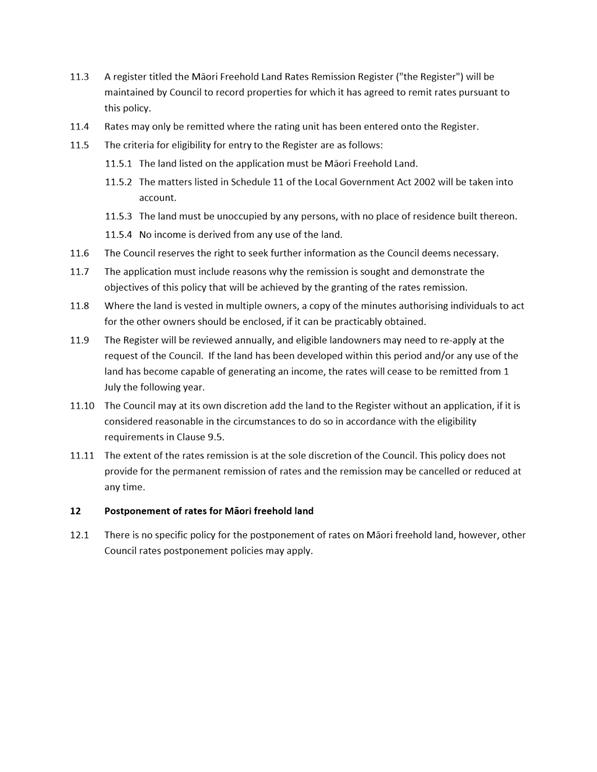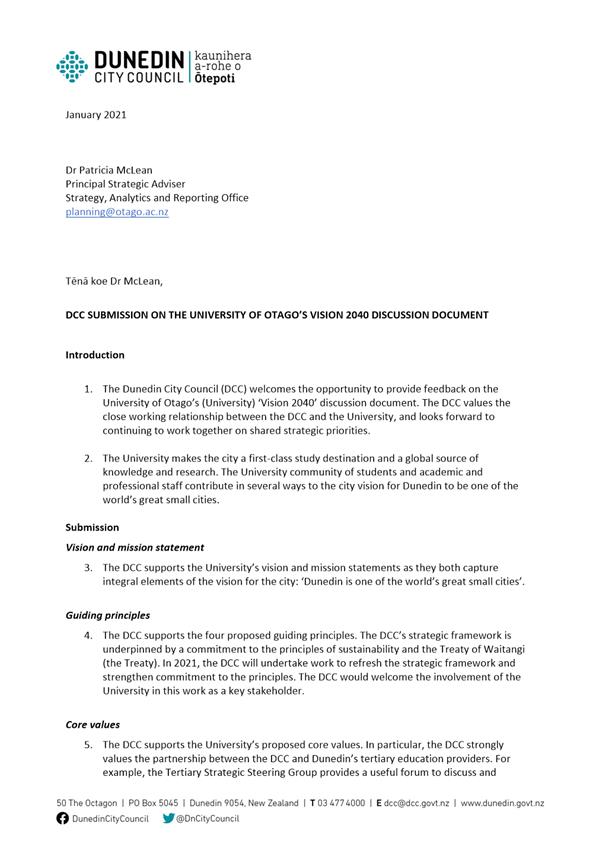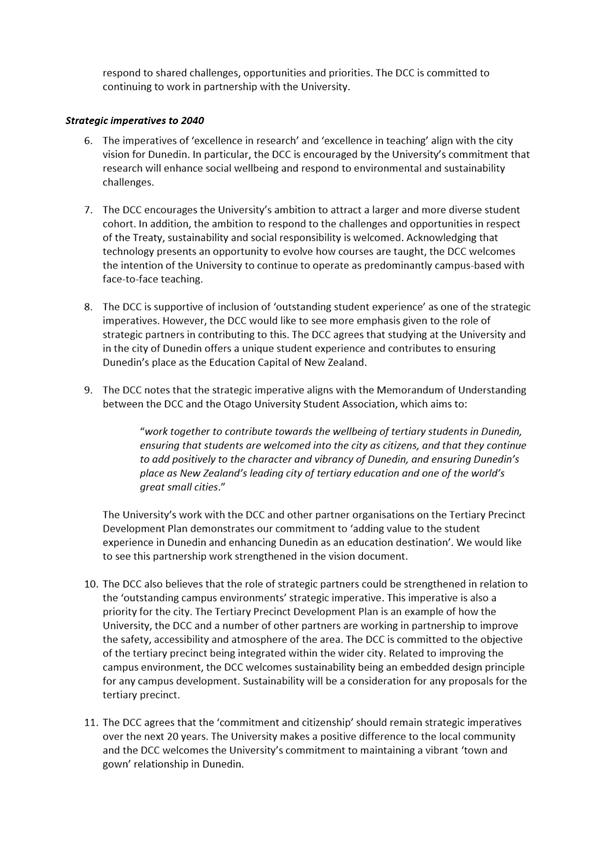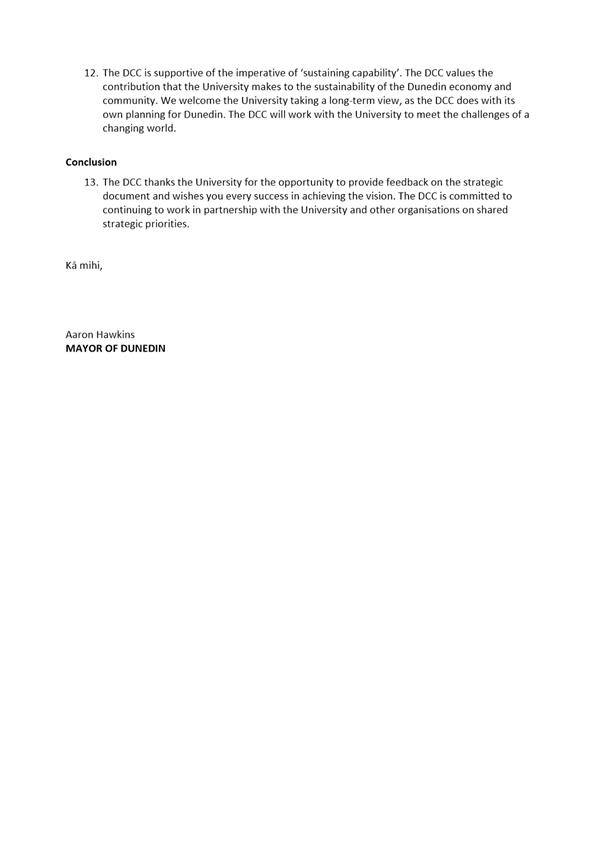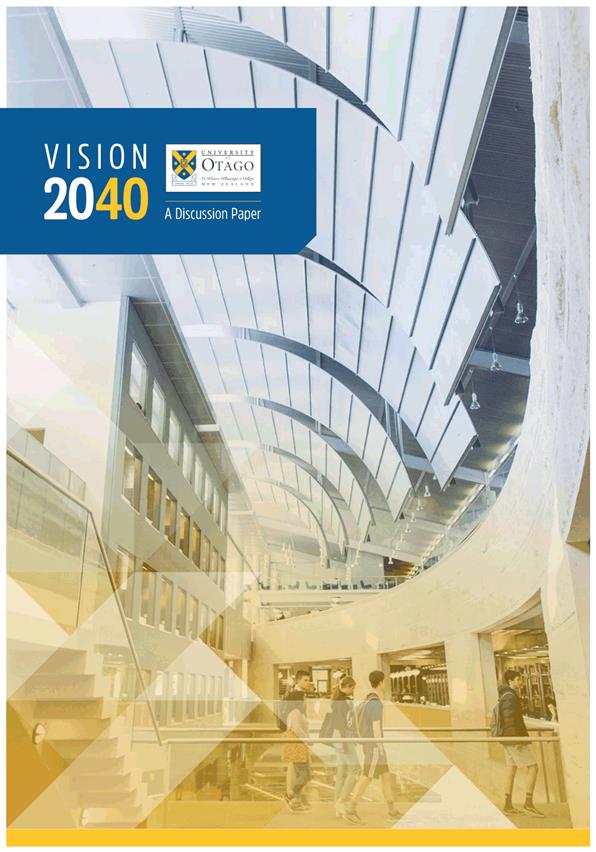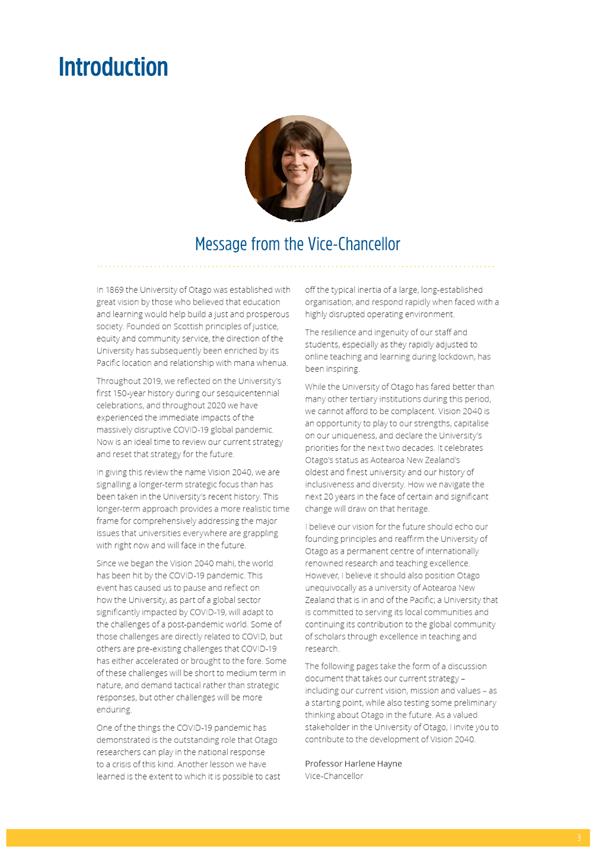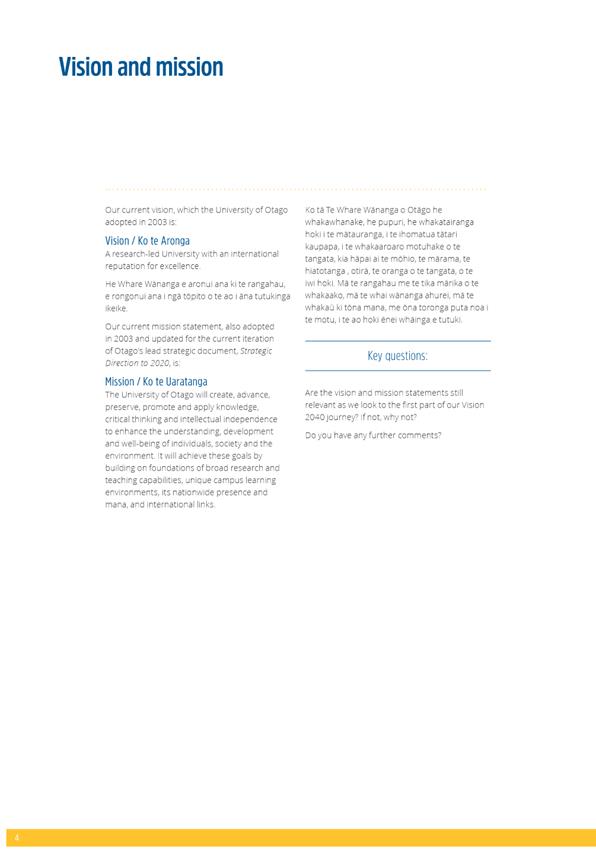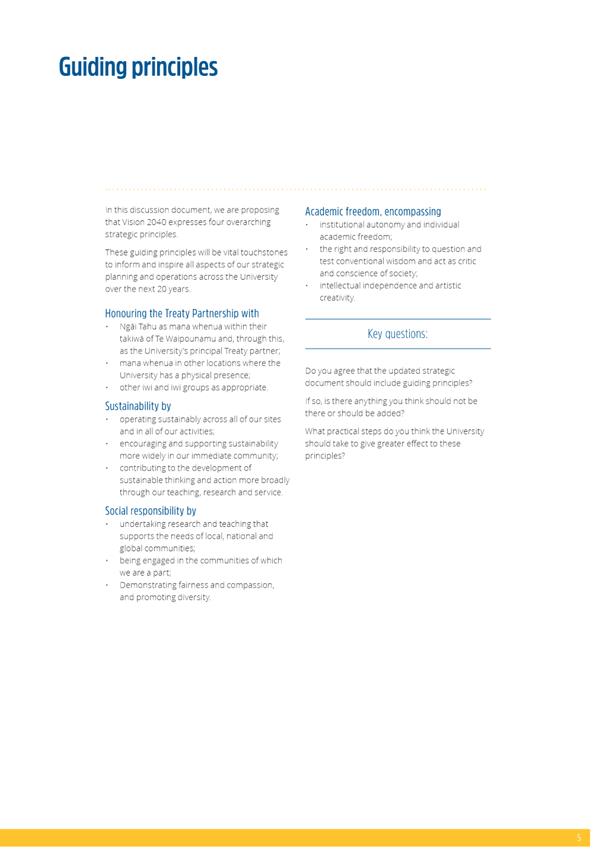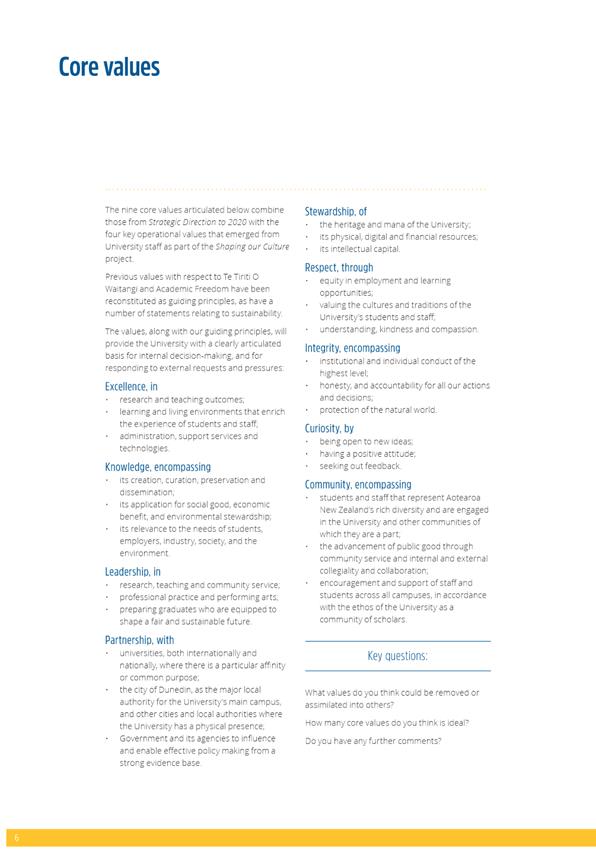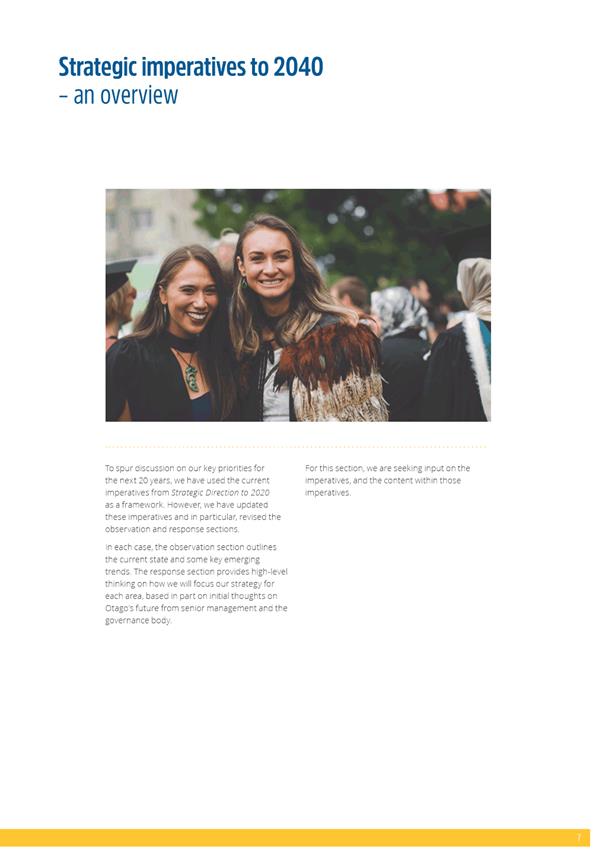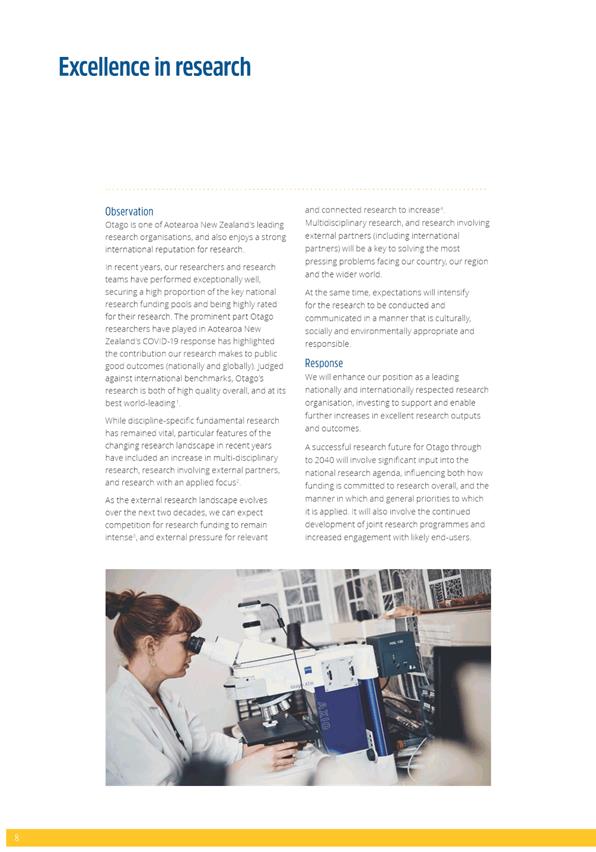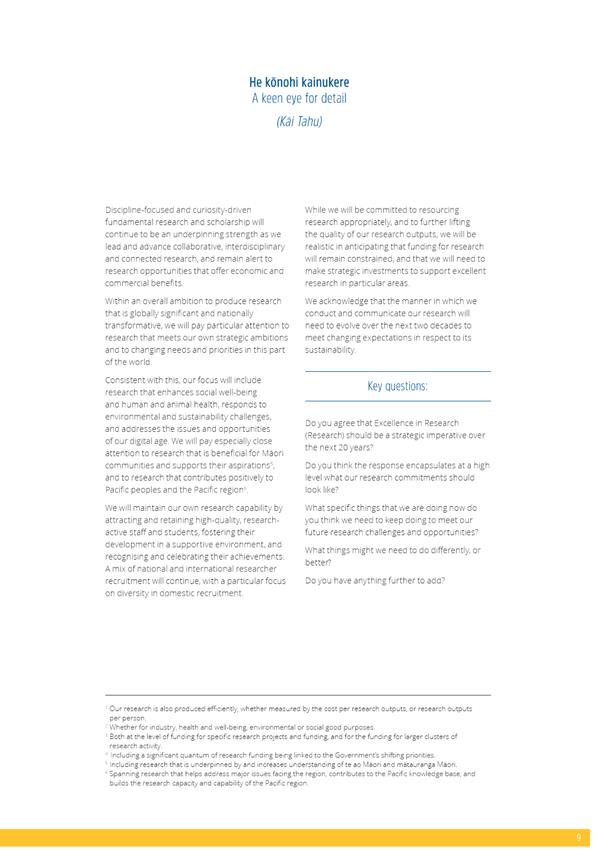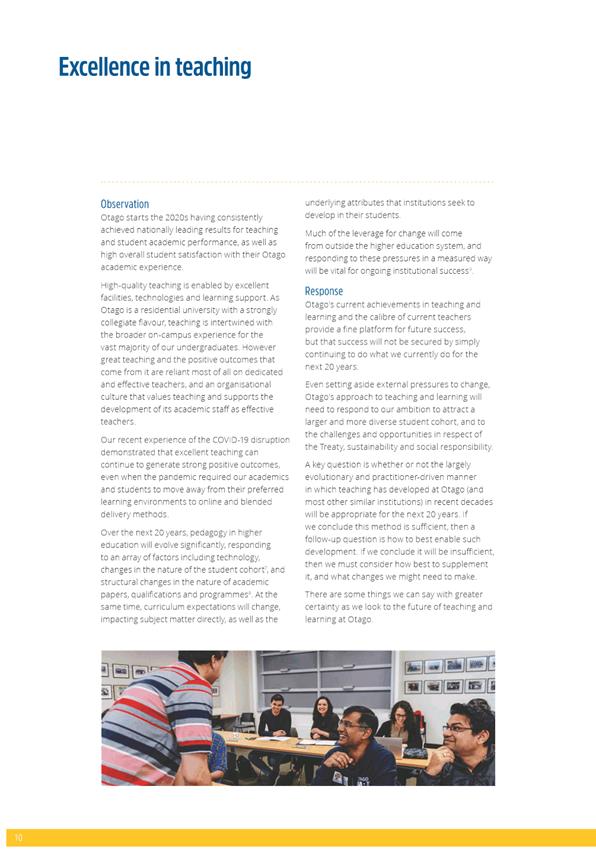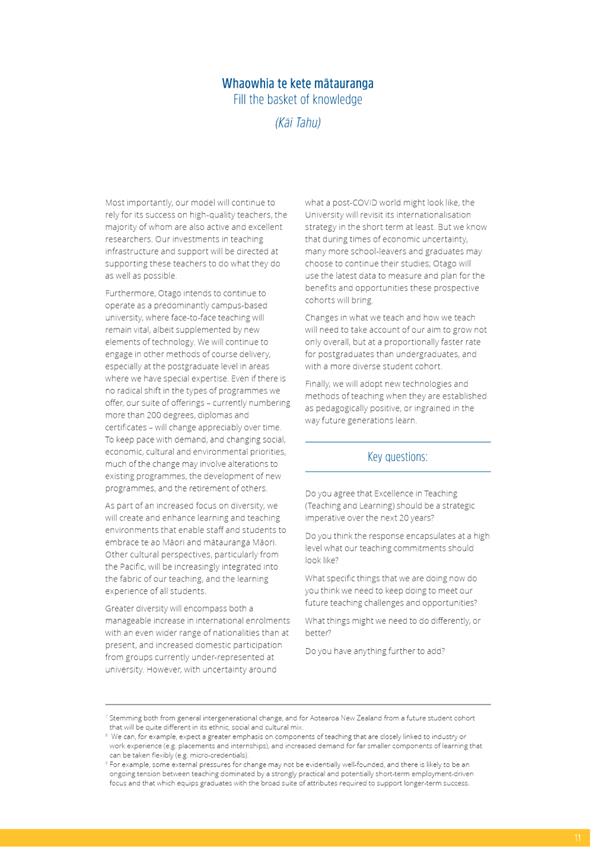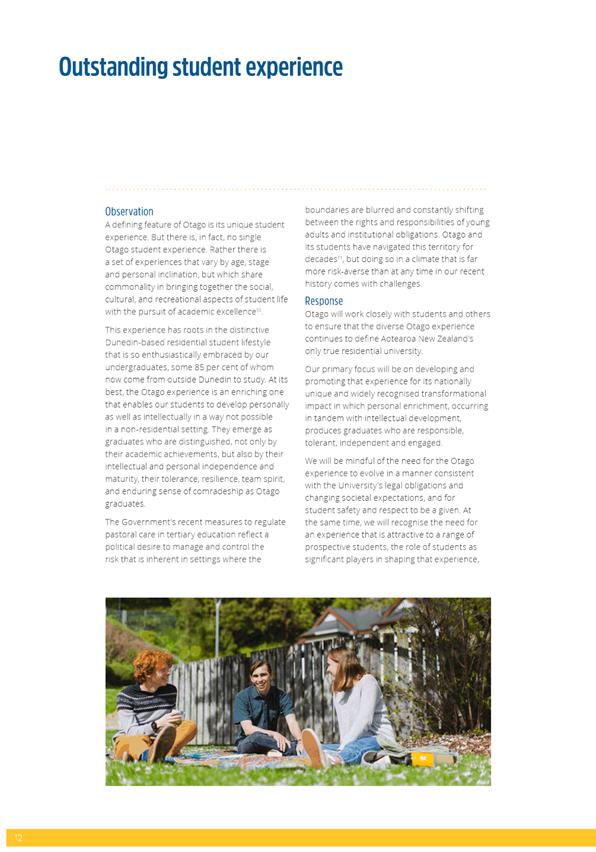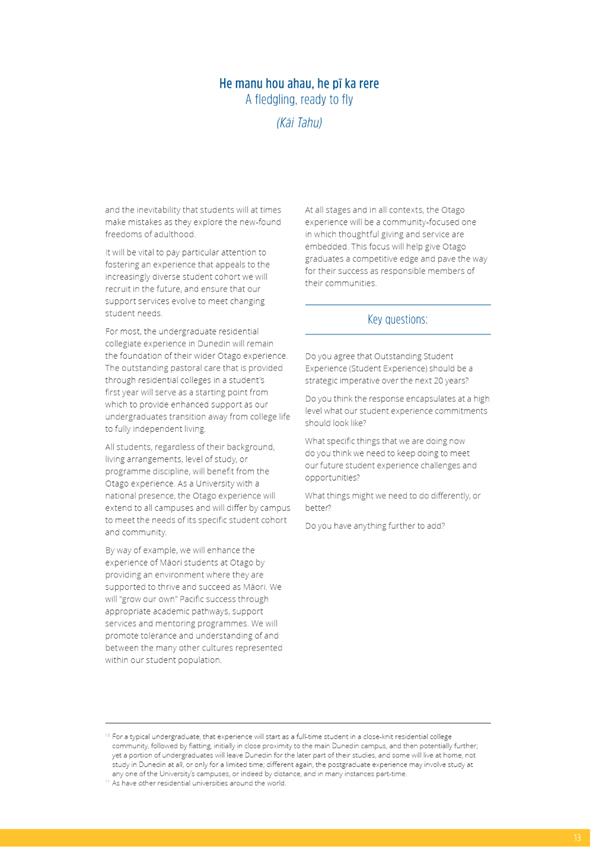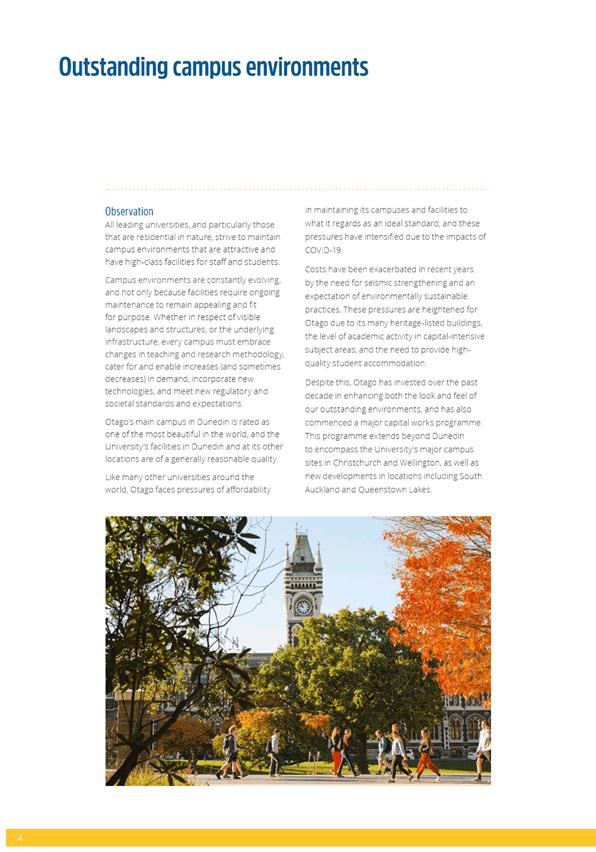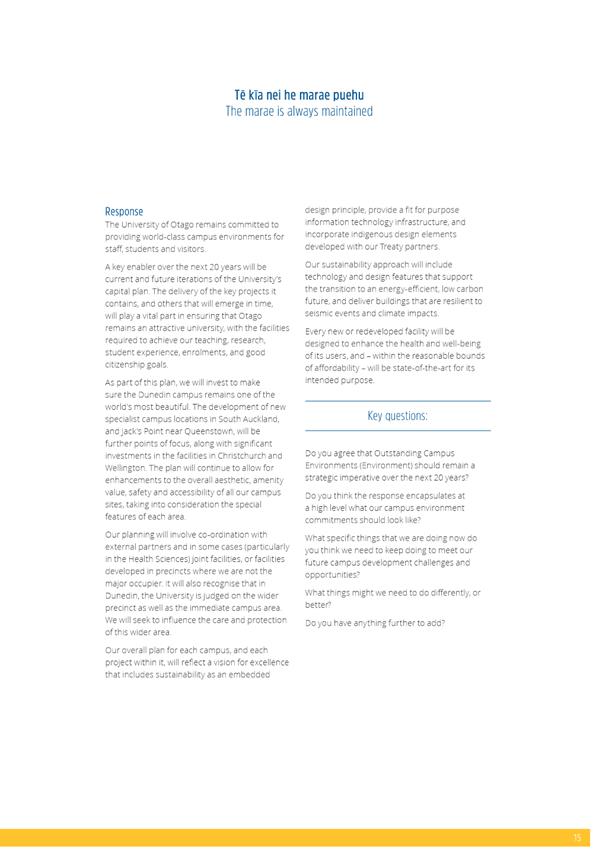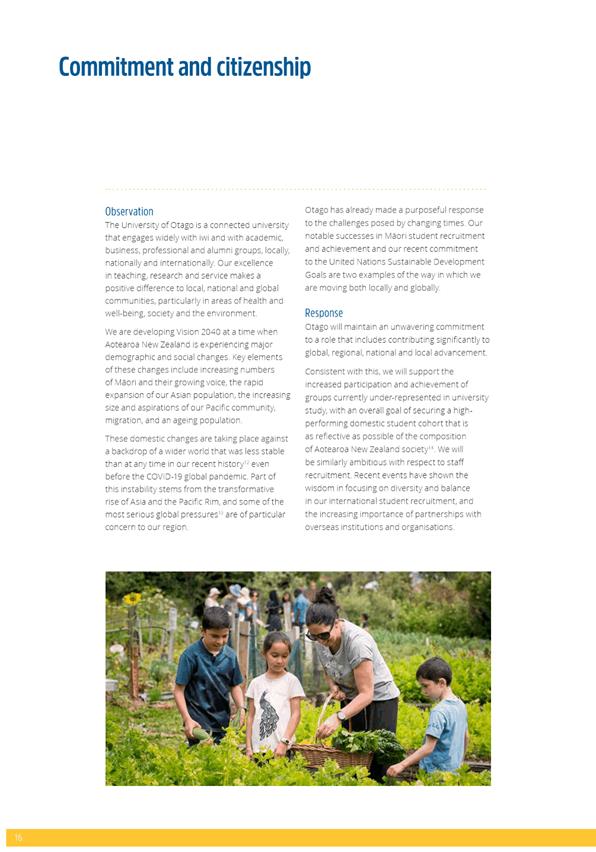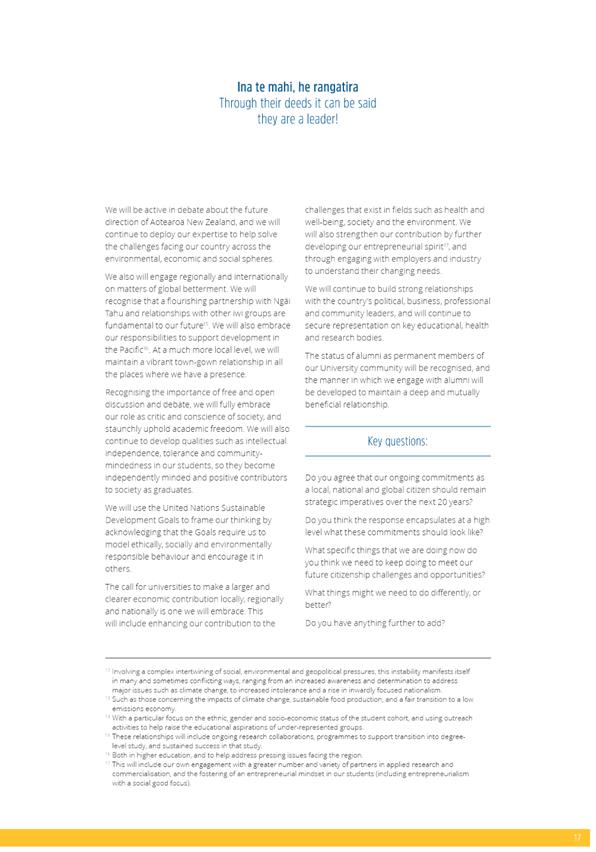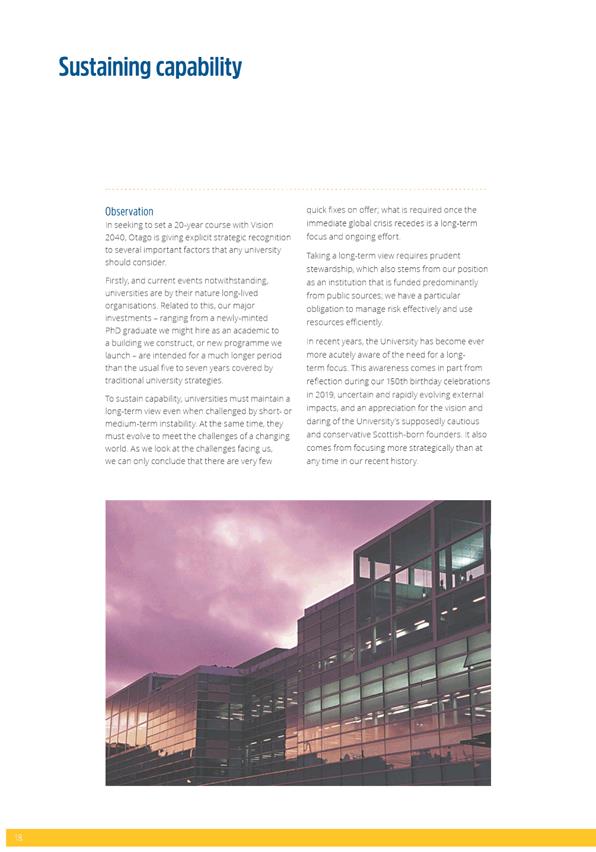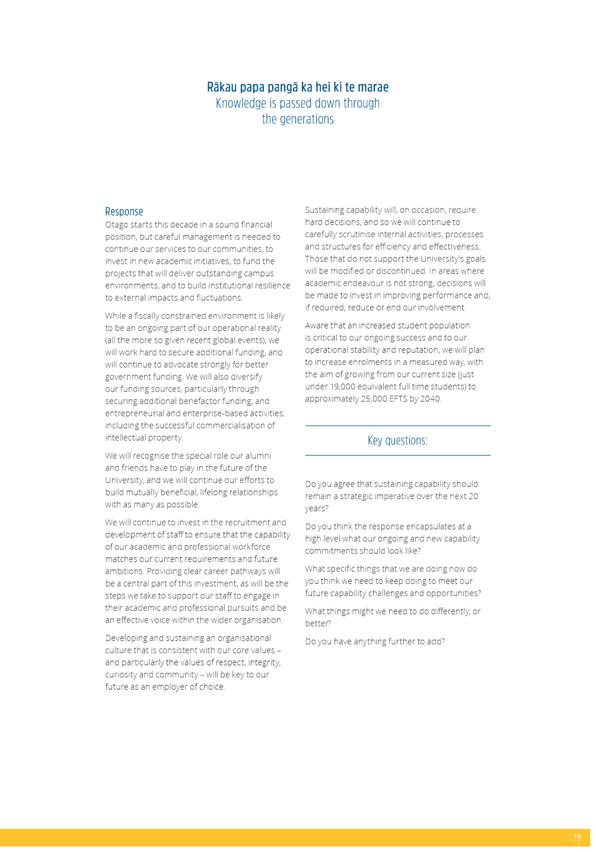Notice of Meeting:
I hereby give notice that an ordinary meeting of the Dunedin
City Council will be held on:
Date: Wednesday
27 January 2021, Thursday 28 January 2021 and
Friday 29 January 2021
Time: 9.00
am
Venue: Edinburgh
Room, Municipal Chambers, The Octagon, Dunedin
Sandy Graham
Council
PUBLIC AGENDA
|
Mayor
|
Mayor Aaron Hawkins
|
|
|
Deputy Mayor
|
Cr Christine Garey
|
|
|
Members
|
Cr Sophie Barker
|
Cr David Benson-Pope
|
|
|
Cr Rachel Elder
|
Cr Doug Hall
|
|
|
Cr Carmen Houlahan
|
Cr Marie Laufiso
|
|
|
Cr Mike Lord
|
Cr Jim O'Malley
|
|
|
Cr Jules Radich
|
Cr Chris Staynes
|
|
|
Cr Lee Vandervis
|
Cr Steve Walker
|
|
|
Cr Andrew Whiley
|
|
Senior Officer Sandy
Graham, Chief Executive Officer
Governance Support Officer Wendy
Collard
Wendy Collard
Governance Support Officer
Telephone: 03 477 4000
Wendy.collard@dcc.govt.nz
www.dunedin.govt.nz
Note: Reports
and recommendations contained in this agenda are not to be considered as
Council policy until adopted.
|

|
Council
27 January 2021
|
ITEM TABLE OF CONTENTS PAGE
1 Welcome 4
2 Apologies 4
3 Confirmation
of Agenda 4
4 Declaration
of Interest 5
5 Confirmation
of Minutes 19
5.1 Ordinary Council
meeting - 14 December 2020 19
5.2 Ordinary Council
meeting - 8 December 2020 33
Reports
6 10
year plan 2021-31 Overview Report (to follow)
7 Financial
Strategy (to follow)
8 Infrastructure
Strategy (to follow)
9 Significant
forecasting assumptions and community outcome indicators 47
10 10
Year Plan 2021-31 Proposed Levels of Service 70
11 Residents'
Opinion Survey 2019/20 results 122
12 Climate
2030 Rapid Review, and DCC emissions reduction opportunities 212
13 Capital
Expenditure Report 2021-2031 (to follow)
14 2021/22
Draft Operating Budget – 3 Waters (to follow)
15 Shaping
Future Dunedin Transport Programme (to follow)
16 2021/22
Draft Operating Budget – Roading and Footpaths (to follow)
17 2021/22
Draft Operating Budget – Reserves and Recreational Facilities (to follow)
18 Kerbside
Collection Funding Options (to follow)
19 2021/22
Draft Operating Budget – Waste Management (to follow)
20 Community
Housing - Strategy and Policy Review update 380
21 2021/22
Draft Operating Budget – Property Services (to follow)
22 2021/22
Draft Operating Budget – Economic Development (to follow)
23 2021/22
Draft Operating Budget – Governance and Support Services (to follow)
24 New
Zealand Sports Hall of Fame: Options for Intergration into the Ara Toi Group
(to follow)
25 2021/22
Draft Operating Budget – Ara Toi (Arts and Culture) (to follow)
26 2021/22
Draft Operating Budget – Regulatory Services (to follow)
27 2021/22
Draft Operating Budget – Communtiy and Planning (to follow)
28 10
year plan 2021-2031 Community Consultation (to follow)
29 Review
of the Significance and Engagement Policy 423
30 Revenue
and Financing Policy 439
31 2021-22
Rating Method (to follow)
32 Rates
Remission and Postponement Policy 479
33 DCC
Submission on the University of Otago's Vision 2040 Discussion Paper 501
34 Notification
of 2GP Variation 2: Additional Housing Capacity (to follow)
Resolution to Exclude the Public 529
|

|
Council
27 January 2021
|
1 welcome
2 Apologies
At the close of the agenda no
apologies had been received.
3 Confirmation
of agenda
Note:
Any additions must be approved by resolution with an explanation as to why they
cannot be delayed until a future meeting.
|

|
Council
27 January 2021
|
Declaration of Interest
EXECUTIVE SUMMARY
1. Members
are reminded of the need to stand aside from decision-making when a conflict
arises between their role as an elected representative and any private or other
external interest they might have.
2. Elected
members are reminded to update their register of interests as
soon as practicable, including amending the register at this meeting if
necessary.
3. Staff members are
reminded to update their register of interests as soon as practicable.
|
RECOMMENDATIONS
That the Council:
a) Notes/Amends if necessary the Elected Members'
Interest Register attached as Attachment A; and
b) Confirms/Amends the proposed management plan for
Elected Members' Interests.
c) Notes the proposed management plan for the Executive Leadership
Team’s Interests.
|
Attachments
|
|
Title
|
Page
|
|
⇩a
|
Councillor Register of
Interest
|
7
|
|
⇩b
|
Staff Register of
Interest
|
17
|
|

|
Council
27 January 2021
|
Confirmation
of Minutes
Ordinary Council meeting - 14 December 2020
|
RECOMMENDATIONS
That the Council:
Confirms the public part of the minutes of
the Ordinary Council meeting held on 14 December 2020 as a correct record.
|
Attachments
|
|
Title
|
Page
|
|
A⇩
|
Minutes of Ordinary
Council meeting held on 14 December 2020
|
20
|
|

|
Council
27 January 2021
|

Council
MINUTES
Minutes of an ordinary
meeting of the Dunedin City Council held in the Edinburgh Room, Municipal
Chambers, The Octagon, Dunedin on Monday 14 and Tuesday 15 December 2020,
commencing at 9.00 am
PRESENT
|
Mayor
|
Mayor Aaron Hawkins
|
|
|
Deputy Mayor
|
Cr Christine Garey
|
|
|
Members
|
Cr Sophie Barker
|
Cr David Benson-Pope
|
|
|
Cr Rachel Elder
|
Cr Doug Hall
|
|
|
Cr Carmen Houlahan
|
Cr Marie Laufiso
|
|
|
Cr Mike Lord
|
Cr Jim O'Malley
|
|
|
Cr Jules Radich
|
Cr Chris Staynes
|
|
|
Cr Lee Vandervis
|
Cr Steve Walker
|
|
|
Cr Andrew Whiley
|
|
|
IN ATTENDANCE
|
Sandy Graham (Chief Executive
Officer), Simon Drew (General Manager Infrastructure Services), Simon
Pickford (General Manager Community Services), John Christie (Director
Enterprise Dunedin), Robert West (Acting General Manager City Services),
Graham McKerracher (Manager, Council Communications and Marketing), Jinty
MacTavish (Principal Policy Advisor), Nicola Pinfold (Group Manager Community
and Planning), Suzie Ballantyne (Policy Manager), Nicola Pinfold (Group
Manager Community and Planning), David Bainbridge-Zafar (Group Manager
Property), Jeanine Benson (Group Manager Transport), Carolyn Allan (Senior
Management Accountant), Jeanette Wikaira (Kaiwhakamāherehere), Sharon
Bodeker(Corporate Planner) and Clare Sullivan (Team Leader Civic) and Julian
Tan (Audit NZ) and Monique Kruger (Audit NZ)
|
Governance Support Officers: Lynne
Adamson, Lauren McDonald and Jenny Lapham
The Mayor acknowledged the passing of Clare Rutter, a former
member of the Saddle Hill Community Board. He expressed gratitude for Ms
Rutter’s service and commented that thoughts were with her family.
1 Public
Forum
There was no Public
Forum.
|
2 Apologies
|
|
There
were no apologies.
|
|
3 Confirmation
of agenda
|
|
|
Moved (Mayor Aaron Hawkins/Cr Rachel Elder):
That the Council:
Confirms the agenda
without addition or alteration
That Item 11 – Dunedin
City Council Annual Report for the year ended 30 June 2020 be taken following
the morning tea adjournment as Julian Tan, external auditor will be in
attendance to speak to the item.
Motion carried
|
4 Declarations
of interest
Members were
reminded of the need to stand aside from decision-making when a conflict arose
between their role as an elected representative and any private or other
external interest they might have.
Cr Doug Hall advised that he was
no longer a trustee of the Hall Family Trust, Invercargill.
|
|
Moved (Mayor Aaron Hawkins/Cr Christine Garey):
That the Council:
a) Amends the Elected Members' Interest Register; and
b) Confirms the proposed management plan for
Elected Members' Interests.
c) Notes the proposed management plan for the Executive Leadership
Team’s Interests.
Motion
carried (CNL/2020/109)
|
Reports
|
5 Zero
Carbon guidance for the draft Ten Year Plan
|
|
|
A report from Civic provided
updates on initiatives underway to support Council to reflect its Zero Carbon
2030 target in the draft Ten Year Plan, and the timing of reporting to
Council on these initiatives; the Dunedin Community Carbon Footprint 2018/19,
based on an updated methodology; and high level guidance for Council on progressing towards the DCC’s Zero
Carbon 2030 target through its decision-making on the draft Ten Year Plan.
|
|
|
The Acting General Manager City Services (Robert West) and
Principal Policy Advisor (Jinty MacTavish) spoke to the report and responded
to questions.
|
|
Cr Carmen Houlahan entered the meeting at 9.07 am.
Cr Doug Hall left the meeting at 9.38 am and returned to
the meeting at 9.47 am.
Councillors
acknowledged the passing of Professor Jim Flynn, his work and the book he wrote
on climate change.
|
|
|
Moved (Cr David Benson-Pope/Cr
Marie Laufiso):
That the Council:
a) Notes the update on Zero Carbon work programme initiatives
related to the Ten Year Plan
b) Notes the December 2020 update to the Dunedin Community Carbon
Footprint 2018/19; and
c) Notes the Zero Carbon guidance for the Ten Year Plan.
Division
The Council voted by division:
For: Crs
Sophie Barker, David Benson-Pope, Rachel Elder, Christine Garey, Doug Hall,
Carmen Houlahan, Marie Laufiso, Mike Lord, Jim O'Malley, Jules Radich, Chris
Staynes, Steve Walker, Andrew Whiley and Mayor Aaron Hawkins (14).
Against: Cr
Lee Vandervis (1).
Abstained: Nil
The division
was declared CARRIED by 14 votes to 1
Motion
carried (CNL/2020/110)
|
Moved (The Mayor/Cr Christine
Garey):
That the Council:
Adjourns
the meeting.
Motion
carried
The meeting adjourned at 10.36 am and reconvened at 10.50
am.
|
11 Dunedin
City Council Annual Report for the year ended 30 June 2020
|
|
|
A report from Finance sought
approval and adoption of the Annual Report for the Dunedin City Council for
the financial year ended 30 June 2020.
|
|
|
The Acting General Manager Finance (Gavin Logie) and
Julian Tan (Audit NZ) responded to questions on the Dunedin City Council
Annual Report.
|
|
|
Moved (Cr Mike Lord/Cr Chris Staynes):
That the Council:
a) Approves the Dunedin City Council Annual Report
for the financial year ended 30 June 2020.
b) Delegates the Chief Executive the authority to
make any minor editing required to the approved Annual Report for the year
ended 30 June 2020.
c) Authorises the Mayor and Chief Executive to sign
the Statement of Compliance and Responsibility on behalf of Council.
d) Authorises the Mayor and Chief Executive to sign
the Letter of Representation to the auditor on behalf of Council.
e) Receives the Audit Report on the Annual Report
for the year ended 30 June 2020; and
f) Adopts the audited Annual Report for the year
ended 30 June 2020.
Motion
carried (CNL/2020/111)
|
|
6 Strategic
Framework Refresh
|
|
|
A report from Community and
Planning provided an update on the findings of an initial evaluation of the
Dunedin City Council’s Strategic Framework and noted the
next steps in the process.
|
|
|
The Acting General Manager City Services (Robert West) and
Group Manager Community and Planning (Nicola Pinfold) spoke to the report and
responded to questions.
|
|
Cr Doug Hall left the meeting at 11.18 am and returned at
11.20 am.
|
|
|
Moved (Cr Sophie Barker/Cr Rachel Elder):
That the Council:
a) Notes the findings of the DCC Strategic Framework
evaluation and the next steps in the refresh of the DCC Strategic Framework.
b) Notes
that staff would work with mana whenua and key stakeholders on a process for
undertaking the review and report back to Council in May 2021 with a project
plan.
Motion
carried (CNL/2020/112) with Cr Lee Vandervis recording his vote against.
|
|
7 Shaping
Future Dunedin Transport Programme
|
|
|
A report from Transport
provided information on the projects, within the wider Shaping Future Dunedin
Transport Programme, to be considered for inclusion in the Ten Year Plan
2021-31.
|
|
|
The General Manager Infrastructure Services (Simon Drew)
and Group Manager Transport (Jeanine Benson) spoke to the report and
responded to questions.
|
|
Cr Carmen Houlahan left the meeting at 11.37 am and
returned at 11.41 am.
Cr Doug Hall left the meeting at 11.49 am.
Cr Andrew Whiley left the meeting at 11.51 am and returned
at 11.52 am.
|
|
|
Moved (Cr Jim O'Malley/Cr David Benson-Pope):
That the Council:
a) Supports
the six DCC projects of the Shaping Future Dunedin Transport Programme be
included in the Draft Ten Year Plan 2021-31.
i) Harbour
Arterial Efficiency Improvements
ii) Central
City Parking Management
iii) Princes
Street Bus Priority and Corridor Safety Plan
iv) Central
Cycle and Pedestrian Improvements
v) Park
and Ride Facilities – Mosgiel and Burnside
vi) Central
City Bike Hubs – Parking and Facilities
b) Notes that the timing of those projects to be included will
be considered alongside the total capital budget and presented to the January
2021 meeting for approval.
|
|
Moved
(The Mayor/Cr Christine Garey)
That
the Council:
Adjourns
the meeting.
Motion
carried
The meeting adjourned at 12.36 pm and reconvened at 1.06
pm.
|
|
|
The discussion continued on the Shaping Future Dunedin
Transport Programme.
It was agreed that the resolutions would be taken
separately.
|
|
|
Moved (Cr Jim O'Malley/Cr David Benson-Pope):
That the Council:
i) Supports
the Harbour Arterial Efficiency Improvements project being included in the
Draft Ten Year Plan 2021-31.
Division
The
Council voted by division:
For: Crs
Sophie Barker, David Benson-Pope, Rachel Elder, Christine Garey, Marie
Laufiso, Mike Lord, Jim O'Malley, Jules Radich, Chris Staynes, Steve Walker,
Andrew Whiley and Mayor Aaron Hawkins (12).
Against: Crs
Carmen Houlahan and Lee Vandervis (2).
Abstained: Nil
The division was declared CARRIED by 12 votes to 2
Motion carried (CNL/2020/113)
|
|
|
Moved (Cr Jim O'Malley/Cr David Benson-Pope):
That the Council:
ii) Supports
the Central City Parking Management project being included in the Draft Ten
Year Plan 2021-31.
Division
The
Council voted by division:
For: Crs
Sophie Barker, David Benson-Pope, Rachel Elder, Christine Garey, Marie
Laufiso, Mike Lord, Jim O'Malley, Chris Staynes, Steve Walker, Andrew Whiley
and Mayor Aaron Hawkins (11).
Against: Crs
Carmen Houlahan, Jules Radich and Lee Vandervis (3).
Abstained: Nil
The division was declared CARRIED by 11 votes to 3
Motion
carried (CNL/2020/114)
|
|
|
Moved (Cr Jim O'Malley/Cr David Benson-Pope):
That the Council:
iii) Supports
the Princes Street Bus Priority and Corridor Safety Plan project being
included in the Draft Ten Year Plan 2021-31.
Division
The
Council voted by division
For:
Crs Sophie Barker, David Benson-Pope, Rachel Elder,
Christine Garey, Carmen
Houlahan, Marie Laufiso, Mike Lord, Jim O'Malley, Jules Radich, Chris
Staynes, Steve Walker, Andrew Whiley and Mayor Aaron Hawkins (13)
Against: Cr
Lee Vandervis (1).
Abstained: Nil
The
division was declared CARRIED by 13 votes to 1
Motion
carried (CNL/2020/115)
|
|
|
Moved (Cr Jim O'Malley/Cr David Benson-Pope):
That the Council:
iv) Supports
the Central Cycle and Pedestrian Improvements project being included in the
Draft Ten Year Plan 2021-31.
Division
The Council voted by division
For: Crs
Sophie Barker, David Benson-Pope, Rachel Elder, Christine Garey, Marie
Laufiso, Mike Lord, Jim O'Malley, Chris Staynes, Steve Walker, Andrew Whiley
and Mayor Aaron Hawkins (11).
Against: Crs
Carmen Houlahan, Jules Radich and Lee Vandervis (3).
Abstained: Nil
The division was declared CARRIED by 11 votes to 3
Motion carried (CNL/2020/116)
|
|
Cr Doug
Hall returned to the meeting 2.06 pm.
|
|
|
Moved (Cr Jim O'Malley/Cr David Benson-Pope):
That the Council:
v) Supports
the Park and Ride Facilities – Mosgiel and Burnside project being
included in the Draft Ten Year Plan 2021-31.
Division
The Council voted by division:
For: Crs
Sophie Barker, David Benson-Pope, Rachel Elder, Christine Garey, Doug Hall,
Carmen Houlahan, Marie Laufiso, Mike Lord, Jim O'Malley, Chris Staynes, Steve
Walker, Andrew Whiley and Mayor Aaron Hawkins (13).
Against: Crs
Jules Radich and Lee Vandervis (2).
Abstained: Nil
The
division was declared CARRIED by 13 votes to 2
Motion
carried (CNL/2020/117)
|
|
|
Moved (Cr Jim O'Malley/Cr David Benson-Pope):
That the Council:
vi) Supports
the Central City Bike Hubs – Parking and Facilities project being
included in the Draft Ten Year Plan 2021-31.
Division
The Council voted by division:
For: Crs
Sophie Barker, David Benson-Pope, Rachel Elder, Christine Garey, Doug Hall,
Carmen Houlahan, Marie Laufiso, Mike Lord, Jim O'Malley, Jules Radich, Chris
Staynes, Steve Walker, Andrew Whiley and Mayor Aaron Hawkins (14).
Against: Cr
Lee Vandervis (1).
Abstained: Nil
The
division was declared CARRIED by 14 votes to 1
Motion carried (CNL/2020/118)
|
|
|
Moved (Mayor Aaron Hawkins/Cr Jim O'Malley):
That the Council:
a) Notes
that the timing of those projects to be included will be considered alongside
the total capital budget and presented to the January 2021 meeting for
approval.
Motion
carried (CNL/2020/119)
|
|
8 City
to Waterfront (Bridge) Connection - Update
|
|
|
A report
from Community and Planning and Transport provided an update on the City to
Waterfront Connection project following the business case process and the
Council decision in May 2020 to defer the Dunedin Waterfront Revitalisation
project due to economic uncertainties.
|
|
|
The Group Manager Community and Planning (Nicola Pinfold)
and Group Manager Transport (Jeanine Benson) spoke to the report and
responded to questions.
Mayor Aaron Hawkins left the meeting at 2:21 pm and Cr
Christine Garey assumed the Chair.
The Mayor returned to the meeting at 2:23 pm and resumed
the Chair.
|
|
|
Moved (Cr David
Benson-Pope/Cr Steve Walker):
That the
Council:
Notes that staff will work with mana
whenua and other stakeholders to review the scope of the project to ensure it
meets broader aspirations for the city including mana whenua cultural
values and report back to Council in May 2021.
Division
The Council voted by division:
For: Crs
Sophie Barker, David Benson-Pope, Rachel Elder, Christine Garey, Doug Hall,
Carmen Houlahan, Marie Laufiso, Mike Lord, Jim O'Malley, Jules Radich, Chris
Staynes, Steve Walker, Andrew Whiley and Mayor Aaron Hawkins (14).
Against: Cr
Lee Vandervis (1).
Abstained: Nil
The division was declared CARRIED by 14
votes to 1
Motion carried (CNL/2020/120)
|
|
9 Public
Toilets Review
|
|
|
A report from Property noted
that Council had requested a programme and costs be developed to address the
need for more public toilets in the city, including a Changing Places
bathroom.
|
|
During discussion, Crs Mike
Lord, David Benson-Pope and Doug Hall left the meeting at 2:44 pm and
returned at 2:46 pm
|
|
|
The Acting General Manager City Services (Robert West) and
Group Manager Property Services (David Bainbridge-Zafar) spoke to the report
and responded to questions.
|
|
|
Moved (Cr Marie Laufiso/Cr
Christine Garey):
That the Council:
a) Notes that the Ten Year Plan 2021-31 consultation document would
seek feedback on preferred locations for new public toilets to be constructed
over the ten year period.
b) Notes that decisions made on the capital budget option
reports and the timing of those projects will be considered alongside the
total capital budget and presented to the January 2021 meeting for
approval.
Motion
carried (CNL/2020/121)
|
|
|
Moved (Mayor Aaron Hawkins/Cr Christine Garey):
That the Council:
Adjourn the
meeting.
Motion
carried (CNL/2020/122)
|
|
The meeting adjourned at 2:58pm and recommenced at 3:11pm.
Cr Carmen Houlahan was absent from the meeting.
|
|
|
Moved (Mayor Aaron Hawkins/Cr Christine Garey):
That the Council:
Extends
the meeting length beyond 6 hours.
Motion
carried (CNL/2020/123)
|
|
10 General
Rate Differential
|
|
|
A report from Finance
provided a review of the general rates differential and seeks a decision from
Council on what approach it wishes to take for preparation of the 2021/22
Rating Method report for the Ten year plan Council meeting in January
2021.
|
|
|
The Acting General Manager Finance (Gavin Logie) and
Senior Management Accountant (Carolyn Allan) spoke to the report and
responded to questions.
|
|
Cr Carmen Houlahan returned to the meeting at 3.14 pm.
|
|
|
Moved (Cr Doug Hall/Cr David Benson-Pope):
That the Council:
Decides for the purposes of preparing the
2021/22 Rating Method report for the Ten Year Plan Council meeting in January
2021 to maintain
the current general rate differentials.
Division
The
Council voted by division:
For: Crs
David Benson-Pope, Rachel Elder, Christine Garey, Doug Hall, Carmen Houlahan,
Marie Laufiso, Mike Lord, Steve Walker and Andrew Whiley (9).
Against: Crs
Sophie Barker, Jim O'Malley, Jules Radich, Chris Staynes, Lee Vandervis and
Mayor Aaron Hawkins (6).
Abstained: Nil
The division was declared CARRIED by 9 votes to 6
Motion carried (CNL/2020/124)
|
|
12 Notice
of Motion - NZ Sports Hall of Fame
|
|
|
In accordance with Standing Order 26.1, a
Notice of Motion had been received from Cr Sophie Barker.
Cr Barker spoke to the Notice of Motion
which was then considered by Council.
|
|
|
It was agreed that the resolutions be taken separately.
|
|
|
Moved (Cr Sophie Barker/Cr Marie Laufiso):
That the Council:
a) Request
a staff report on options and costs to integrate the NZ Sports Hall of
Fame into the Dunedin City Council’s Museum, Art Galleries and
Attractions department for the 10 Year Plan Council meeting of 27 January
2021.
Division
The Council
voted by division:
For: Crs
Sophie Barker, David Benson-Pope, Rachel Elder, Christine Garey, Doug Hall,
Carmen Houlahan, Marie Laufiso, Mike Lord, Jim O'Malley, Jules Radich, Chris
Staynes, Lee Vandervis, Steve Walker, Andrew Whiley and Aaron Hawkins (15).
Against: Nil
Abstained: Nil
The
division was declared CARRIED by 15 votes to 0
Motion
carried (CNL/2020/125)
|
|
|
Moved (Cr Sophie Barker/Cr Marie Laufiso):
That the Council:
vi) Authorise
$50,000 over expenditure from the Ara Toi budget subject to staff confirming
that the money would be used to keep the facility open until June 2021.
Division
The Council
voted by division:
For: Crs
Sophie Barker, David Benson-Pope, Rachel Elder, Doug Hall, Carmen Houlahan,
Marie Laufiso, Mike Lord, Jim O'Malley, Jules Radich, Chris Staynes, Lee
Vandervis, Steve Walker, Andrew Whiley and Mayor Aaron Hawkins (14).
Against: Cr
Christine Garey (1).
Abstained: Nil
The division
was declared CARRIED by 14 votes to 1
Motion
carried (CNL/2020/126)
|
|
|
Moved (Cr Sophie Barker/Cr Marie Laufiso):
That the Council:
vii) Request
a staff report on the potential of a single integrated museums and
visitor attraction structure for Council by December 2021.
Division
The Council
voted by division:
For: Crs
Sophie Barker, Rachel Elder, Doug Hall, Jules Radich, Lee Vandervis and
Andrew Whiley (6).
Against: Crs
David Benson-Pope, Christine Garey, Carmen Houlahan, Marie Laufiso, Mike
Lord, Jim O'Malley, Chris Staynes, Steve Walker and Mayor Aaron Hawkins (9).
Abstained: Nil
The
division was declared LOST by 9 votes to 6.
|
|
|
Moved (Mayor Aaron Hawkins/Cr David Benson-Pope):
That the Council:
Adjourn
the meeting until 9:00am on Tuesday 15 December 2020.
Motion
carried (CNL/2020/127)
|
The meeting adjourned at 4:30 pm and reconvened at 9.00 am
on Tuesday 15 December 2020.
|
Resolution to exclude the public
|
|
Moved (Mayor Aaron Hawkins/Cr Chris Staynes):
That the Council:
Pursuant
to the provisions of the Local Government Official Information and Meetings
Act 1987, exclude the public from the following part of the proceedings of
this meeting namely:
|
General
subject of the matter to be considered
|
Reasons
for passing this resolution in relation to each matter
|
Ground(s) under
section 48(1) for the passing of this resolution
|
Reason for
Confidentiality
|
|
C1
Dunedin Performing Arts Feasibility Study - Revised Options Appraisal
|
S7(2)(b)(ii)
The
withholding of the information is necessary to protect information where
the making available of the information would be likely unreasonably to
prejudice the commercial position of the person who supplied or who is the
subject of the information.
S7(2)(h)
The
withholding of the information is necessary to enable the local authority
to carry out, without prejudice or disadvantage, commercial activities.
|
S48(1)(a)
The public conduct of
the part of the meeting would be likely to result in the disclosure of
information for which good reason for withholding exists under section 7.
|
|
|
C2
Low Emissions Heating Upgrade options / possible District Energy Scheme
connection
|
S7(2)(h)
The
withholding of the information is necessary to enable the local authority
to carry out, without prejudice or disadvantage, commercial activities.
|
S48(1)(a)
The public conduct of
the part of the meeting would be likely to result in the disclosure of
information for which good reason for withholding exists under section 7.
|
|
|
C3
DCHL Matters
|
S7(2)(h)
The
withholding of the information is necessary to enable the local authority
to carry out, without prejudice or disadvantage, commercial activities.
|
S48(1)(a)
The public conduct of
the part of the meeting would be likely to result in the disclosure of
information for which good reason for withholding exists under section 7.
|
|
This resolution is made in
reliance on Section 48(1)(a) of the Local Government Official Information and
Meetings Act 1987, and the particular interest or interests protected by
Section 6 or Section 7 of that Act, or Section 6 or Section 7 or Section 9 of
the Official Information Act 1982, as the case may require, which would be
prejudiced by the holding of the whole or the relevant part of the
proceedings of the meeting in public are as shown above after each item.
Motion carried.
|
The meeting moved into confidential at 9.01 am.
..............................................
MAYOR
|

|
Council
27 January 2021
|
Ordinary Council meeting - 8
December 2020
|
RECOMMENDATIONS
That the Council:
Confirms the public part of the minutes of
the Ordinary Council meeting held on 08 December 2020 as a correct record.
|
Attachments
|
|
Title
|
Page
|
|
A⇩
|
Minutes of Ordinary
Council meeting held on 8 December 2020
|
34
|
|

|
Council
27 January 2021
|

Council
MINUTES
Minutes of an ordinary
meeting of the Dunedin City Council held in the Council Chamber, Municipal
Chambers, The Octagon, Dunedin on Tuesday 08 December 2020, commencing at
10.00 am
PRESENT
|
Mayor
|
Mayor Aaron Hawkins
|
|
|
Deputy Mayor
|
Cr Christine Garey
|
|
|
Members
|
Cr Sophie Barker
|
Cr David Benson-Pope
|
|
|
Cr Rachel Elder
|
Cr Doug Hall
|
|
|
Cr Carmen Houlahan
|
Cr Marie Laufiso
|
|
|
Cr Mike Lord
|
Cr Jim O'Malley
|
|
|
Cr Jules Radich
|
Cr Chris Staynes
|
|
|
Cr Lee Vandervis
|
Cr Steve Walker
|
|
|
Cr Andrew Whiley
|
|
|
IN ATTENDANCE
|
Sandy Graham (Chief Executive
Officer), Simon Drew (General Manager Infrastructure Services), Simon
Pickford (General Manager Community Services), John Christie (Director
Enterprise Dunedin), Gavin Logie (Acting General Manager Finance), Graham
McKerracher (Manager, Council Communications and Marketing); Chris Henderson
(Group Manager Waste and Environmental Solutions), Nicola Pinfold (Group
Manager Community and Planning), Sean Jacobs (Senior Policy Analyst), Andrea
Jones (Communication Team Leader), Richard Davey (Treasury Manager), Paul
Henderson (Acting Group Manager Customer and Regulatory Services), Kevin
Mechen (Secretary, District Licensing Committee) and Clare Sullivan (Team
Leader Civic), Jeanette Wikaira (Kaiwhakamāherehere), and Jemma Adams
(General Manager, Dunedin City Holdings) and Keith Cooper (Chairman, Dunedin
City Holdings)
|
Governance Support Officer Lynne
Adamson
1 Opening
Jambavati from the Hare Krishna community opened the meeting
with a prayer.
2 Public
Forum
|
2.1 Public
Forum - Strath Taieri Heritage Park
|
|
Jacquie Lucas-Prattley and Richard Emerson spoke on behalf
of the Concept Development Team, Strath Taieri Heritage Park. They
provided an update on the Heritage Park/Project Steam venture and responded
to questions.
|
|
2.2 Public
Forum – Place Based Community Building
Tess Trotter and Joy Davis
provided an update on key themes which arose from their report Resourcing
Place-Based Community Building in Ōtepoti Dunedin which had been
precirculated.
|
Moved (The Mayor/Cr Christine Garey):
That the Council:
Extends
the public forum.
Motion carried
2.2 Public
Forum – Place Based Community Building continued
Ms Trotter and Ms Davis the
responded to questions and spoke of the benefits place based groups provided
with linkage to wider support networks.
|
3 Apologies
|
|
There were no apologies.
|
|
4 Confirmation
of agenda
|
|
|
Moved (Mayor Aaron Hawkins/Cr Christine Garey):
That the Council:
Confirms the agenda
without addition or alteration.
Motion carried
|
5 Declarations
of interest
Members were
reminded of the need to stand aside from decision-making when a conflict arose between
their role as an elected representative and any private or other external
interest they might have.
Cr Mike Lord advised that he was
the Chairperson of the Otago Rural Support Trust and the Federated Farmers
Charitable Trust and was a Trustee of Otago Youth Adventure Trust.
|
|
Moved (Mayor Aaron Hawkins/Cr Christine Garey):
That the Council:
a) Amends the Elected Members' Interest Register; and
b) Confirms the proposed management plan for
Elected Members' Interests.
c) Notes the proposed management plan for the Executive
Leadership Team’s Interests.
Motion
carried (CNL/2020/104)
|
6 Confirmation
of Minutes
|
6.1 Ordinary
Council meeting - 17 November 2020
|
|
|
Moved (Mayor Aaron Hawkins/Cr Christine Garey):
That the Council:
Confirms the public part of the minutes of the Ordinary
Council meeting held on 17 November 2020 as a correct record.
Motion carried
|
|
6.2 Ordinary
Council meeting - 24 November 2020
|
|
|
Moved (Mayor Aaron Hawkins/Cr Christine Garey):
That the Council:
Confirms the public part of the minutes of the Ordinary
Council meeting held on 24 November 2020 as a correct record.
Motion carried
|
Minutes
of Community Boards
|
7 Mosgiel-Taieri
Community Board - 12 August 2020
|
|
|
Moved (Mayor Aaron Hawkins/Cr Christine Garey):
That the Council:
Notes the minutes of the Mosgiel-Taieri
Community Board meeting held on 12 August 2020
Motion
carried
|
|
8 Mosgiel-Taieri
Community Board - 30 September 2020
|
|
|
Moved (Mayor Aaron Hawkins/Cr Christine Garey):
That the Council:
Notes the minutes of the Mosgiel-Taieri
Community Board meeting held on 30 September 2020
Motion
carried
|
|
9 Otago
Peninsula Community Board - 24 September 2020
|
|
|
Moved (Mayor Aaron Hawkins/Cr Christine Garey):
That the Council:
Notes the minutes of the Otago Peninsula
Community Board meeting held on 24 September 2020.
Motion
carried
|
|
10 Saddle
Hill Community Board - 24 September 2020
|
|
|
Moved (Mayor Aaron Hawkins/Cr Christine Garey):
That the Council:
Notes the minutes of the Saddle Hill
Community Board meeting held on 24 September 2020
Motion
carried
|
|
11 Strath
Taieri Community Board - 24 September 2020
|
|
|
Moved (Mayor Aaron Hawkins/Cr Christine Garey):
That the Council:
Notes the minutes of the Strath Taieri
Community Board meeting held on 24 September 2020.
Motion
carried
|
|
12 Waikouaiti
Coast Community Board - 30 September 2020
|
|
|
Moved (Mayor Aaron Hawkins/Cr Christine Garey):
That the Council:
Notes minutes of the Waikouaiti Coast
Community Board meeting held on 30 September 2020.
Motion
carried
|
|
13 West
Harbour Community Board - 30 September 2020
|
|
|
Moved (Mayor Aaron Hawkins/Cr Christine Garey):
That the Council:
Notes the minutes of the West Harbour
Community Board meeting held on 30 September 2020.
Motion
carried
|
Reports
|
14 Kerbside
Collections and Options
|
|
|
A report from Waste and
Environmental Solutions provided an update on the results of preliminary
community engagement on alternative waste collection models for the Dunedin
area, and to recommend a preferred option to be included for public
consultation in the 10 year plan 2021–31.
|
|
|
The General Manager Infrastructure Services (Simon Drew)
and Group Manager Waste and Environmental Solutions (Chris Henderson) spoke
to the report and responded to questions on the different options presented.
|
|
During discussion Cr Rachel Elder left the meeting at
11.01 am and returned at 11.04 am.
Cr Mike Lord left the meeting at 11.08 am and returned at
11.10 am.
Cr Doug
Hall left the meeting at 11.17 am and returned at 11.23 am; he left the
meeting at 11.50 am and returned at 11.53 am and left the meeting at 12.37 pm
and returned at 12.41 pm.
|
|
|
Moved (Cr Jim O'Malley/Cr Marie Laufiso):
That the Council:
a) Approves
the “Four Bins plus one – separate food and green waste
collection” option to be
included in the Ten year
plan 2021–31 consultation document as the preferred option.
b) Approves
the three bins enhanced status quo option to be included in the Ten year plan 2021–31 consultation document as the
alternative option.
c) Requests
a report for the January Council meeting on alternative funding options
including by way of the general rate.
d) Notes that
the options presented would not be suitable for all properties in the Central
Activity Area.
e) Notes
that the options presented would not be suitable for all properties in
the Rural
collections area.
Division
The
Council voted by division:
For: Crs
Sophie Barker, David Benson-Pope, Rachel Elder, Christine Garey, Doug Hall,
Carmen Houlahan, Marie Laufiso, Mike Lord, Jim O'Malley, Jules Radich, Chris
Staynes, Steve Walker, Andrew Whiley and Mayor Aaron Hawkins (14).
Against: Cr
Lee Vandervis (1).
Abstained: Nil
The division was declared CARRIED by 14 votes to 1
Motion
carried (CNL/2020/105)
|
Moved Mayor Aaron Hawkins/Cr
Christine Garey:
That the Council:
Adjourns
the meeting and reconvenes at 1.30 pm.
Motion
carried
The meeting adjourned at 12.43 pm and reconvened at 1.30 pm.
|
15 TEN
Year Plan - Early engagement feedback
|
|
|
A
report from Corporate Policy summarised the feedback received through early
engagement on the Ten Year Plan 2021–31.
|
|
|
The Group Manager Community and Planning (Nicola Pinfold)
and Senior Policy Analyst (Sean Jacobs) spoke to the report and responded to
questions on the early engagement feedback.
|
|
|
Moved (Cr Steve Walker/Cr Doug Hall):
That the Council:
Notes
the feedback received
from the community through early engagement on the Council’s 10 Year
Plan 2021-31 and that feedback will inform reports on the Ten Year Plan.
Motion
carried (CNL/2020/106)
|
|
16 2020
Annual Reports for the Dunedin City Holdings Ltd Group
|
|
|
A report from Finance
appended the 2020 Annual Reports of Dunedin City Holdings Ltd (DCHL) Group
companies.
|
|
|
The Chairman, Dunedin City Holdings Limited (Keith Cooper)
and General Manager, Dunedin City Holdings Limited (Jemma Adams) spoke and
responded to questions on the Annual Reports of the Dunedin City Holding
Companies Ltd Group.
|
|
|
Moved (Cr Mike Lord/Cr Doug Hall):
That the Council:
Notes the
2020 Annual Reports of:
- Dunedin City Holdings Ltd
- Aurora Energy Ltd
- City Forests Ltd
- Delta Utility Services Ltd
- Dunedin City Treasury Ltd
- Dunedin Railways Ltd
- Dunedin Stadium Property Trust Ltd
- Dunedin Venues Management Ltd
- Dunedin International Airport Ltd
Motion
carried (CNL/2020/107)
|
|
17 Waipori
Fund - Quarter Ending September 2020
|
|
|
A report from Dunedin City
Treasury Limited provided information on the results of the Waipori Fund for
the quarter ended 30 September 2020.
|
|
|
The Acting General Manager Finance (Gavin Logie) and
Treasury Manager (Richard Davey) spoke to the report and responded to
questions.
|
|
|
Moved (Cr Andrew Whiley/Cr Mike Lord):
That the Council:
Notes
the report from Dunedin
City Treasury Limited on the Waipori Fund for the quarter ended 30 September
2020.
Motion
carried (CNL/2020/108)
|
|
18 Financial
Result - Period Ended 31 October 2020
|
|
|
A report
from Finance provided the financial results for the period ended 31 October
2020 and the financial position as at that date.
|
|
|
The Acting General Manager (Gavin Logie) spoke to the
report and responded to questions.
|
|
|
Moved (Cr Mike Lord/Cr Doug Hall):
That the Council:
Notes
the Financial
Performance for the period ended 31 October 2020 and the Financial Position
as at that date.
Motion
carried (CNL/2020/109)
|
|
20 Review
of Dangerous and Insanitary Buildings Policy
|
|
|
Crs Lee Vandervis and Carmen
Houlahan withdrew from this item.
A report from Customer and
Regulatory Services provided an update on the review of the Dangerous and
Insanitary Buildings Policy with a view to including ‘affected’
buildings. An affected building was defined as one that was adjacent,
adjoining or nearby a dangerous building or dangerous dam.
|
|
|
The General Manager Community Services (Simon Pickford)
and Acting Group Manager Customer and Regulatory Services (Paul Henderson),
spoke to the report and responded to questions.
|
|
|
Moved (Cr Andrew Whiley/Cr Rachel Elder):
That the Council:
a) Notes the review of the Dangerous and Insanitary Buildings
Policy
b) Approves the statement of proposal and the
proposed Dangerous, Insanitary and Affected Buildings Policy for consultation
c) Appoints the following members to the Regulatory
Subcommittee to hear and consider submissions and make recommendations to the
Council: Cr Andrew Whiley (Chair), Cr Lee Vandervis and Cr Carmen Houlahan.
Motion
carried (CNL/2020/111)
|
|
21 Review
of Gambling and TAB Venue Policy
|
|
|
Crs Christine Garey; Marie
Laufiso and Jules Radich withdrew from this item.
A report from Customer and
Regulatory Services provided an update on the review of the Gambling and TAB
Venue Policy. It sought approval for the statement of proposal for consultation
and requested that members be appointed to the Regulatory Subcommittee to
hear and consider submissions.
|
|
|
The General Manager Community Services (Simon Pickford)
and Secretary, District Licensing Committee (Kevin Mechen) spoke to the report
and responded to questions.
|
|
|
Moved (Cr Andrew Whiley/Cr Chris Staynes):
That the Council:
a) Notes the update on the review of the Gambling and TAB Venue
Policy
b) Approves the statement of proposal at Attachment
B and Gambling and TAB Venue Policy at Attachment A for consultation purposes
c) Appoints the following members to the Regulatory Subcommittee: Cr Christine Garey
(Chair), Cr Marie Laufiso and Cr Jules Radich.
Motion
carried (CNL/2020/112)
|
|
22 Warrant
Cards 2019/20
|
|
|
A report from Community
Services provided an annual report of warrants issued by the Chief Executive
Officer for the 12-month period ending 31 October 2020.
|
|
|
The Chief Executive Officer (Sandy Graham) spoke to the
report and responded to questions.
|
|
|
Moved (Cr Chris Staynes/Cr Steve Walker):
That the Council:
Notes the
Warrant Cards 2019/20 report for the 12 month period ending
31 October 2020.
Motion
carried (CNL/2020/113)
|
|
Resolution to exclude the public
|
|
Moved (Mayor Aaron Hawkins/Cr Christine Garey):
That the Council:
Pursuant
to the provisions of the Local Government Official Information and Meetings
Act 1987, exclude the public from the following part of the proceedings of
this meeting namely:
|
General
subject of the matter to be considered
|
Reasons
for passing this resolution in relation to each matter
|
Ground(s) under
section 48(1) for the passing of this resolution
|
Reason for
Confidentiality
|
|
C1
Ordinary Council meeting - 17 November 2020 - Public Excluded
|
S7(2)(b)(ii)
The
withholding of the information is necessary to protect information where
the making available of the information would be likely unreasonably to
prejudice the commercial position of the person who supplied or who is the
subject of the information.
S7(2)(c)(i)
The
withholding of the information is necessary to protect information which is
subject to an obligation of confidence or which any person has been or
could be compelled to provide under the authority of any enactment, where
the making available of the information would be likely to prejudice the
supply of similar information or information from the same source and it is
in the public interest that such information should continue to be
supplied.
|
.
|
|
|
C2
Kerbside Collection - Legal Issues
|
S7(2)(g)
The
withholding of the information is necessary to maintain legal professional
privilege.
|
S48(1)(a)
The public conduct of
the part of the meeting would be likely to result in the disclosure of
information for which good reason for withholding exists under section 7.
|
|
|
C3
Representation Review - Appointment of Independent Review Panel and
Confirmation of Terms of Reference
|
S7(2)(a)
The
withholding of the information is necessary to protect the privacy of
natural persons, including that of a deceased person.
|
S48(1)(a)
The public conduct of
the part of the meeting would be likely to result in the disclosure of
information for which good reason for withholding exists under section 7.
|
|
|
C4
Foulden Maar
|
S7(2)(g)
The
withholding of the information is necessary to maintain legal professional
privilege.
S7(2)(i)
The
withholding of the information is necessary to enable the local authority
to carry on, without prejudice or disadvantage, negotiations (including
commercial and industrial negotiations).
|
S48(1)(a)
The public conduct of
the part of the meeting would be likely to result in the disclosure of
information for which good reason for withholding exists under section 7.
|
|
|
C5
Centre of Digital Excellence
|
S7(2)(g)
The
withholding of the information is necessary to maintain legal professional
privilege.
S7(2)(h)
The
withholding of the information is necessary to enable the local authority
to carry out, without prejudice or disadvantage, commercial activities.
S7(2)(i)
The
withholding of the information is necessary to enable the local authority
to carry on, without prejudice or disadvantage, negotiations (including
commercial and industrial negotiations).
|
S48(1)(a)
The public conduct of
the part of the meeting would be likely to result in the disclosure of
information for which good reason for withholding exists under section 7.
|
|
|
C6
New Zealand Masters Games Appointment of Trustee
|
S7(2)(a)
The
withholding of the information is necessary to protect the privacy of
natural persons, including that of a deceased person.
|
S48(1)(a)
The public conduct of
the part of the meeting would be likely to result in the disclosure of
information for which good reason for withholding exists under section 7.
|
|
This resolution is made in
reliance on Section 48(1)(a) of the Local Government Official Information and
Meetings Act 1987, and the particular interest or interests protected by
Section 6 or Section 7 of that Act, or Section 6 or Section 7 or Section 9 of
the Official Information Act 1982, as the case may require, which would be
prejudiced by the holding of the whole or the relevant part of the
proceedings of the meeting in public are as shown above after each item.
That the meeting adjourn to
enable media and members of the public to leave the room.
|
The meeting moved into confidential at 2.19 pm and concluded
at 3.52 pm.
…………………………………………………….
MAYOR
|

|
Council
27 January 2021
|
Reports
Significant forecasting assumptions and
community outcome indicators
Department: Community and Planning
EXECUTIVE SUMMARY
1 This
report seeks approval of the significant forecasting assumptions and the
community outcome indicators, which measure progress on the community outcomes,
for inclusion in the 10 year plan.
|
RECOMMENDATIONS
That Council:
a) Approves, with any amendment the significant forecasting assumptions
and the community outcomes indicators, for inclusion in the 10 year
plan.
|
BACKGROUND
2 At
its meeting on 25 August 2020, Council approved the first set of significant
forecasting assumptions (growth and climate change projections) and the
community outcomes for inclusion in the 10 year plan. This report seeks
approval of the full set of significant forecasting assumptions and indicators
for measuring the community outcomes, for inclusion in the 10 year plan.
DISCUSSION
Significant forecasting
assumptions
3 Local
government has a legislative requirement to provide significant forecasting assumptions
as part of the 10 year plan. Schedule 10 (17) of the Local Government Act (LGA)
provides the following:
(a) A long-term plan must clearly identify—
(a) all the significant forecasting assumptions and
risks underlying the financial estimates:
(b) without limiting the generality of paragraph (a),
the following assumptions on which the financial estimates are based:
(i) the
assumptions of the local authority concerning the life cycle of significant
assets; and
(ii) the
assumptions of the local authority concerning sources of funds for the future
replacement of significant assets:
(c) in any case where significant forecasting
assumptions involve a high level of uncertainty,
(i) the
fact of that uncertainty; and
(ii) an
estimate of the potential effects of that uncertainty on the financial
estimates provided.
Impacts of COVID-19 on the 10 year plan
4 The
impacts of COVID-19 have been considered in the significant forecasting
assumptions presented for approval (Attachment A).
5 The
significant forecasting assumptions highlight the potential impacts arising
from the uncertainty around a significant or protracted COVID-19 community
outbreak and from the longer term impacts on migration, visitor numbers, the
economy and the community of the COVID-19 pandemic.
6 In
the 2020/21 Annual Plan, the DCC anticipated a reduction in operating revenue
of $6.5 million, due to the impacts of COVID-19. The DCC may experience
further revenue challenges as a result of a significant or protracted outbreak
of COVID-19. There is also a risk of reduced revenue from the Waipori Fund and
DCC companies as a result of national and global economic changes arising from
COVID-19.
7 In
2019/20, there was a delay in delivery of some services and capital programmes
due to COVID-19 alert levels. DCC staff could also face increased pressure to
deliver functions under stringent business continuity protocols if further
significant or protracted outbreaks occur in the future.
8 In
June 2020, the DCC’s growth scenarios were reviewed by consultants
Infometrics to assess the potential impacts of the pandemic on the 10 year plan
growth assumptions. Infometrics projected minimal changes to pre-COVID
population, dwelling and rating unit projections, in part due to the longer
term planning horizons for these projections. Infometrics projected the
increase in returning New Zealanders would offset a decline in international
migration, although there is a high degree of uncertainty associated with these
post-COVID projections. More regular monitoring and updating of growth
data will be required in this uncertain environment to minimise the risk of
under or over-delivery of growth related infrastructure.
9 Infometrics
prepared post-COVID visitor projections in June 2020. Infometrics predicts
international visitors to Dunedin are not expected to recover to pre-COVID
(2019) levels until 2031, although total visitors recover earlier due to the
growth in domestic visitors.
10 Short
term economic indicators have shown that economic activity in Dunedin city has
remained resilient in 2020 post-lockdown despite the stringent public health
restrictions put in place nationally earlier in 2020. Although there is
uncertainty regarding the pathway of recovery out of COVID-19, the Dunedin
economy is expected to hold up and recover relatively well as delivery of
public sector funded projects will continue as planned. In particular, the new
Hospital rebuild as well as Council and University led projects are likely to
shore up Dunedin’s wider economic activity. As the rebuild and
other major projects get underway, increased demand within the construction,
engineering, manufacturing, ICT and technology sectors is anticipated. This
will likely further stimulate job opportunities in these sectors.
11 There
is uncertainty on the medium to long term impacts of COVID-19 on the Dunedin
economy. Enterprise Dunedin will continue to work closely with Dunedin
businesses to understand the impacts of COVID-19 on the Dunedin economy and
impacted sectors.
Other significant forecasting assumptions
12 As
in previous 10 year plans, the significant forecasting assumptions also include
assumptions on:
a) demographic
change
b) growth
and urban development
c) climate
change, zero carbon, resilience and civil defence
d) levels
of service
e) finance
and asset management; and
f) future
legislative changes.
13 The
assumptions for climate change, zero carbon 2030, resilience and civil defence
and future legislative changes highlight the impact of the uncertainty in these
areas on the 10 year plan financial forecasts and the potential for the DCC to
face increased costs as a result of climate change.
Community outcome indicators
14 On
25 August 2020, Council approved the ‘rolling over’ of the
community outcomes from the 10 year plan 2018-28, with minor updates. As there
are only minor updates to the community outcomes, staff recommend that the
community outcomes indicators are carried over for this 10 year plan, with the
exception of two indicators that have proved difficult to measure. Staff
recommend these are changed as follows:
a) Replace
‘Urban development capacity’ with ‘number of new residential
building consents issued in the past twelve months’, for the indicator
that relates to the priority of ‘A city that enables a prosperous and
diverse economy’.
b) Remove
‘water quality of Dunedin lakes and rivers using Land Air Water Aotearoa
measures’ as this information relates to a number of waterways and there
is no aggregate measure of water quality that could be used as a community
outcome indicator for water, wastewater and stormwater systems.
15 Updated
Treaty and sustainability indicators are being considered and will be presented
to Council as part of the May deliberation meetings.
OPTIONS
16 Council
is required under the LGA to have significant forecasting assumptions and
community outcomes as part of the 10 year plan. Options have not been
presented but Council is able to modify the significant forecasting assumptions
and community outcome indicators.
NEXT STEPS
17 The
supporting documentation with any amendment, will be included in, and used to
support the development of the draft 10 year plan.
Signatories
|
Author:
|
Suzie Ballantyne - Policy Manager
|
|
Authoriser:
|
Robert West - Acting General Manager City Services
Sandy Graham - Chief Executive Officer
|
Attachments
|
|
Title
|
Page
|
|
⇩a
|
Draft Significant
Forecasting Assumptions
|
53
|
|
⇩b
|
Draft Community Outcome
Indicators
|
66
|
|
SUMMARY OF CONSIDERATIONS
|
|
Fit with purpose
of Local Government
This decision enables democratic local
decision making and action by, and on behalf of communities, and promotes the
social, economic, environmental and cultural wellbeing of the Dunedin
communities, taking a sustainable development approach.
|
|
Fit with strategic
framework
|
|
Contributes
|
Detracts
|
Not applicable
|
|
Social Wellbeing Strategy
|
☒
|
☐
|
☐
|
|
Economic Development Strategy
|
☒
|
☐
|
☐
|
|
Environment Strategy
|
☒
|
☐
|
☐
|
|
Arts and Culture Strategy
|
☒
|
☐
|
☐
|
|
3 Waters Strategy
|
☒
|
☐
|
☐
|
|
Spatial Plan
|
☒
|
☐
|
☐
|
|
Integrated Transport Strategy
|
☒
|
☐
|
☐
|
|
Parks and Recreation Strategy
|
☒
|
☐
|
☐
|
|
Other strategic projects/policies/plans
|
☒
|
☐
|
☐
|
The 10 year plan contributes to the objectives and
priorities of the strategic framework. The community outcome indicators and
significant forecasting assumptions are a key component of the work to
support the development of the 10 Year Plan.
|
|
Māori Impact
Statement
A treaty indicator working group was set up for the 10
Year Plan 2018-28 and Māori specific data is now measured for the
community outcome indicators where data is available.
|
|
Sustainability
The significant forecasting assumptions and community
outcome indicators reflect the DCC’s sustainability goals.
|
|
10 Year Plan/Annual
Plan / Financial Strategy /Infrastructure Strategy
The significant forecasting assumptions underpin the 10
year plan and Financial and Infrastructure Strategies.
|
|
Financial
considerations
The significant forecasting assumptions highlight the
extent of uncertainty in key assumptions that underpin the financial
forecasts in the 10 year plan, and the potential impacts of this uncertainty
on these financial forecasts.
|
|
Significance
This report is of low significance in terms of the
DCC’s Significance and Engagement Policy.
|
|
Engagement –
external
There has been no external engagement on these forecasting
assumptions or outcome indicators. There will be full community engagement on
the draft plan, which will include the community outcome indicators and significant
forecasting assumptions.
|
|
Engagement -
internal
A cross-Council team contributed to the development of the
significant forecasting assumptions.
|
|
Risks: Legal /
Health and Safety etc.
There are no known risks.
|
|
Conflict of
Interest
There are no known conflicts of interest.
|
|
Community Boards
There are no known impacts to community boards of Council
approving the community outcome indicators and significant forecasting
assumptions.
|

|

|
Council
27 January 2021
|
10 Year Plan 2021-31 Proposed Levels of
Service
Department: Corporate Policy
EXECUTIVE SUMMARY
1 The
Local Government Act 2002 requires that the 10 year plan includes a statement
of the intended Levels of Service (LOS) for each group of activities undertaken
by Council. LOS statements explain what services Council will provide to
its community, and how much of those services will be provided.
2 The
purpose of this report is to seek approval for proposed LOS statements for each
group of activities, for inclusion in the draft 10 Year Plan 2021-31 (draft
plan).
3 A
review of the current LOS statements has been undertaken to provide more
clarity about services the Council delivers and assist Council to monitor
progress towards Zero Carbon 2030 targets. A list of tracked
recommended changes is outlined in Attachment A, and an untracked
version is in Attachment B.
4 On 14 December 2020 Council requested a report in May 2021 outlining
a project plan for a strategic framework refresh. Further work is
required to ensure that LOS statements, measures, and reporting, align with
Council strategic framework and Resident Opinion Survey (ROS) reporting and
monitoring. It is proposed that a review of LOS statements and measures
be undertaken in parallel to the strategic framework refresh to ensure future
alignment of LOS statements and measures with strategic priorities.
|
RECOMMENDATIONS
That the Council:
a) Approves
the proposed Levels of Service statements, measures and targets, with any
amendments, for inclusion in the draft 10 Year Plan 2021-31.
b) Notes
that staff will work on a process for undertaking a review of
Levels of Service statements and measures to align with the Strategic
Framework refresh work, with a report back to Council in May 2021 on progress
and with a project plan.
c) Notes
that staff will be changing the quarterly activity report templates to
incorporate performance tracking against 10 Year plan 2021-31 Levels of
Service statements and various other reporting measures.
|
BACKGROUND
5 Schedule
10, section 4 of the Local Government Act 2002 (LGA) provides:
“A long term plan must, in relation to each group
of activities of the local authority, include a statement of the intended
levels of service provision that specifies-
(a) any performance measures specified in a rule made under
section 261B for a group of activities described in clause 2(2); and
(b) the performance measures that the local authority considers
will enable the public to assess the level of service for major aspects of
groups of activities for which performance measures have not been specified
under paragraph (a); and
(c) the performance target or targets set by
the local authority for each performance measure; and
(d) any intended changes to the level of service that was
provided in the year before the first year covered by the plan and the reasons
for the changes; and
(e) the reason for any material change to the cost of a
service.”
6 LOS
set out for the community what activities they can expect from Council, and
they have measures and targets that can be used to assess the level of
achievement. Council is required to report on its achievement of the
levels of service through its Annual Report.
7 Under
section 261B of the LGA (referred to in 4 (a) above), mandatory performance
measures have been set by the Department of Internal Affairs through its
“Non-Financial Performance Measures Rules 2013”, for the following
group of activities, and must be used by councils:
· Water supply
· Sewerage and the
treatment and disposal of sewage;
· Stormwater
drainage; and
· The
provision of roads and footpaths.
8 Whilst
section 261B of the LGA sets out mandatory performance measures, it does not
set mandatory targets for these measures, which are set by individual Councils.
9 The
activity groups for the draft plan are shown in Attachment C. The only
change from the structure in the 10 Year Plan 2018-28 is to rename
‘Libraries and museums’ to ‘Ara Toi (Arts and
Culture)’.
DISCUSSION
10 In
the report “Matters arising from our audits of the 2018-28 long-term
plans” from the Office of the Auditor General, the following comments
were made about performance frameworks:
“It is
important that the council selects the forecast performance measures and
targets well to provide a meaningful picture of its activities and levels of
service. This includes considering aspects of service and performance that are
of greatest importance to the community and reflect the financial significance
of the activity.”
“We
would like to see performance frameworks that provide greater clarity about the
main matters a council is working on. The Parliamentary Commissioner for the
Environment had a similar view about presenting clear information.”
11 This
approach from the Office of the Auditor General aligns with the Council’s
commitment to present clear, transparent information. With these comments
in mind, a review of each group of activities’ LOS statements, measures
and targets has been undertaken as part of the development of the draft
plan. This review considered if any amendments were required to reflect
changes in service delivery and strategic direction, while ensuring good, clear
wording. It also considered if LOS statements could be improved to better
describe the services that Council provides to the community.
12 Proposed
amendments to LOS statements and measures have been made to provide
improvements in terms of;
· More
straight-forward language
· Providing
clarity about the services council delivers
· Better
alignment between LOS statements, measures and targets
13 New
LOS statements have been proposed for projects Council has agreed to, e.g.,
Mosgiel Pool and the South Dunedin Library and Community Complex. Council
may decide that further LOS statements are to be included in the Plan following
decisions made at its deliberations meeting in May 2021, e.g. for performing
arts and Shaping Future Dunedin projects. The LOS statements for proposed
projects would be confirmed following decisions made.
14 Introduction of new LOS statements and measures that help monitor
progress towards Council’s Zero Carbon Target 2030 are being
proposed. These, and existing LOS statements and measures that
will help monitor progress towards Council’s Zero Carbon 2030 target are
marked with a green leaf symbol -  .
.
15 The
strategic and policy directions considered to support the inclusion of
additional zero carbon related LOS statements and measures include the
following:
· Te
Ao Tūroa / Dunedin’s Environment Strategy
· DCC
Carbon Management Policy 2017
· Council’s
Zero Carbon 2030 resolution
· Integrated
Transport Strategy
· The
Energy Plan 1.0
· DCC
Emissions Reduction and Management Plan
· DCC
Waste Management and Minimisation Plan
16 Further work is required to ensure that LOS statements, measures,
and targets align with Council’s strategic framework and Resident Opinion
Survey (ROS) reporting and monitoring. It is proposed that a further
review of LOS statements and measures is undertaken in parallel with the
strategic framework refresh to ensure future alignment of LOS statements and
measures with strategic priorities. A project plan is being developed to
undertake this work and will be presented to Council at its May 2021 10 year plan
deliberations meeting.
17 Staff
will work on incorporating reporting of 10 Year Plan 2021-31 LOS statements,
measures and targets into new Committee quarterly report templates to ensure
regular reporting and Council oversight.
Financial
impact
18 Budgets
have been developed based on the proposed LOS. Changes to LOS statements,
measures or targets may have a financial impact. For example, the
proposed level of service in relation to the percentage of sealed road network
that is resurfaced proposes a target of “greater than or equal to 6%
of the network in m2”. Should Council decide to amend this target to
achieve a higher percentage of resurfacing, there would be a financial impact.
OPTIONS
19 The
options in this report are to decide on the Levels of Service statements,
measures and targets to include in the draft 10 year plan 2021-31.
Option
One – Approve the proposed Levels of Service statements, measures and
targets, with any amendment (Recommended Option)
20 This
option seeks Council approval of the proposed LOS statements, measures and
targets, as provided for in Attachment B, with any amendments, for inclusion in
the draft 10 year plan 2021-31, noting that further work will be undertaken to
align these with the revised Strategic Framework.
Advantages
· The
Levels of Service statements provide greater clarity of the services provided
by Council.
· There
is better alignment between Levels of Service statements, measures and targets.
· Levels
of Service statements and measures that will help monitor progress towards
Council’s Zero Carbon 2030 targets are identified.
· The
future alignment of LOS statements, measures and targets to be undertaken as
part of the Strategic Framework review will enable integrated reporting on
progress towards achieving strategic priorities.
Disadvantages
· There
are no identified disadvantages.
Option
Two – Retain the Levels of Service statements, measures and targets that
are in the current 10 year plan 2018-28 (Status Quo)
21 Council
does not approve the amended Levels of Service statements, measures and
targets, and retains those that are in the current 10 year plan 2018-28.
Advantages
· There
are no identified advantages.
Disadvantages
· Improvements
in terms of simpler language, clarity and identification of new initiatives
would not be recognised.
· The
Levels of Service statements and measures that will help monitor progress
towards Council’s Zero Carbon 2030 target would not be identified.
NEXT STEPS
22 If
approved, the proposed LOS will be included in the draft 10 year plan
2021-31.
23 Amendments
to new LOS statements, measures and targets will be made, where necessary,
following decisions made at the May 2021 10 year plan deliberations meeting.
24 Committee
quarterly activity report templates are being revised to incorporate
performance tracking against LOS statements, measures and targets to ensure
regular reporting and Council oversight (among other changes).
25 A
review of LOS statements measures and targets to make further improvements and
alignment with Council strategic framework will be progressed, with a report
back to Council in May 2021 on progress and with a project plan.
Signatories
|
Author:
|
Sharon Bodeker - Corporate Planner
|
|
Authoriser:
|
Robert West - Acting General Manager City Services
|
Attachments
|
|
Title
|
Page
|
|
⇩a
|
Levels of Service track
changes
|
77
|
|
⇩b
|
Levels of Service
|
105
|
|
SUMMARY OF CONSIDERATIONS
|
|
Fit with purpose
of Local Government
This decision enables democratic local
decision making and action by, and on behalf of communities, and promotes the
social, economic, environmental and cultural well-being of communities in the
present and for the future.
|
|
Fit with strategic
framework
|
|
Contributes
|
Detracts
|
Not applicable
|
|
Social Wellbeing Strategy
|
☒
|
☐
|
☐
|
|
Economic Development Strategy
|
☒
|
☐
|
☐
|
|
Environment Strategy
|
☒
|
☐
|
☐
|
|
Arts and Culture Strategy
|
☒
|
☐
|
☐
|
|
3 Waters Strategy
|
☒
|
☐
|
☐
|
|
Spatial Plan
|
☒
|
☐
|
☐
|
|
Integrated Transport Strategy
|
☒
|
☐
|
☐
|
|
Parks and Recreation Strategy
|
☒
|
☐
|
☐
|
|
Other strategic projects/policies/plans
|
☒
|
☐
|
☐
|
The draft 10 year plan contributes to all of the
objectives and priorities of the strategic framework as it describes the
Council’s activities, the community outcomes, and provides a long term
focus for decision making and coordination of the Council’s resources,
as well as a basis for community accountability. Levels of Service
impact on all areas of Council service delivery.
|
|
Māori Impact
Statement
There are no specific Levels of Service relating to Treaty
obligations, however Levels of Service will be updated as part of the
Strategic Framework review project that will include this.
|
|
Sustainability
The draft 10 year plan contains new
content regarding the Council’s approach to sustainability. Levels of Service that will help monitor progress towards
Council’s Carbon Zero 2030 target are marked with a green leaf symbol -

|
|
LTP/Annual Plan /
Financial Strategy /Infrastructure Strategy
Levels of Service are included in the 10 year plan.
|
|
Financial
considerations
There are financial implications to altering the proposed
Levels of Service.
|
|
Significance
Levels of Service are included in
the 10 year plan, which is considered to be significant in terms of the
Council’s Significance and Engagement Policy, and will be consulted on
using the special consultative process.
|
|
Engagement –
external
There has been no external engagement.
|
|
Engagement - internal
There has been cross-council internal engagement.
|
|
Risks: Legal /
Health and Safety etc.
There are no identified risks.
|
|
Conflict of
Interest
There are no known conflicts of interest.
|
|
Community Boards
Levels of Service affect all areas of the community
including those with Community Boards. There are no levels of service
that directly relate to Community Boards.
|
|

|
Council
27 January 2021
|
Residents' Opinion Survey
2019/20 results
Department: Community and Planning
EXECUTIVE SUMMARY
1 This
report provides a summary of the annual results of the 2019/20 Residents’
Opinion Survey (ROS) (Attachment A).
2 The
Dunedin City Council (DCC) has commissioned a ROS every year since 1994. This
is the first time in recent years the results have been formally reported to
Council.
3 This
year’s survey was conducted over the 12 months from 1 July 2019 to 30
June 2020. COVID-19 does not appear to have had any across the board impacts on
this year’s survey results. Residents’ overall satisfaction with the
DCC increased slightly from 52% in 2018/19 to 54% in 2019/20. Results in other
areas showed both increases and decreases and this report provides a summary of
the findings.
|
RECOMMENDATIONS
That the Council:
a) Notes the annual results of the 2019/20 Residents’
Opinion Survey.
|
BACKGROUND
4 The
Residents’ Opinion Survey (ROS) is the principal mechanism by which the
DCC measures residents’ satisfaction with a wide range of its services
and facilities. It has been commissioned by the DCC every year since 1994 and
provides an annual snapshot of residents’ satisfaction.
5 The
annual results are publicly released every year. This is the first time in
recent years that the results have been directly reported to the Council. The
results are an important component of the DCC’s integrated monitoring
framework, and will feed into upcoming strategic work on:
· Non-financial
reporting and forecasting
· Levels
of service
· Strategic
framework
6 Participants
are randomly selected from the electoral roll, with a target sample size of
1,200 residents each year. Some groups of residents are more likely to respond
to ROS than others, younger people in particular are harder to reach through
sample surveys like ROS. The results are weighted to known population
distributions based on 2018 census data for age, gender, ethnicity and location
to reduce sample bias due to the differential response rate.
7 Since
2016, the ROS has been conducted on a monthly, rather than annual basis, to
provide for analysis of trends throughout the year.
8 In
2019, Gravitas Research & Strategy Limited (Gravitas) was selected to
conduct ROS following a public procurement process.
9 Gravitas
is a social research agency that provides social and market research services
including consultancy, large and small-scale surveys using a range of methods,
qualitative research and evaluation. They have conducted projects for a range
of local government organisations such as Auckland City Council and Greater
Wellington Regional Council, as well as public sector organisations such as NZ
Police and States Services Commission.
10 Gravitas
has worked with the DCC to make changes to the survey, including improvements
to the questionnaire e.g. edits to question and content text for clarity, and
changes to the calculation of monthly data to increase accuracy.
11 The
ROS 2019/20 was conducted over the 12 months from 1 July 2019 to 30 June 2020. A
total of 4,800 survey invitations were sent during these 12 months and 1,373
responses were received. This is a response rate of 32% compared with 28% in
2018/19. The results have a margin of error of +/-2.6%.
DISCUSSION
ROS
2019/20 results report
12 The
ROS 2019/20 results report has been prepared by Gravitas (Attachment A).
13 Statistically
significant differences in results from the previous year, or between users and
non-users of facilities, are indicated throughout the report by black arrows.
These differences are statistically significant at a 95% confidence level.
COVID-19
effects
14 An
analysis of the results of quarters one and two of 2020, with the last two
quarters of 2019, was undertaken to determine if there were differences pre and
post-COVID. However, no across the board impacts on satisfaction were
identified. There were noticeable declines in visitation to various facilities
in early 2020, as facilities were impacted by the COVID-19 lockdown.
15 Staff
will continue to monitor ROS results in 2020/21 for any longer-term impacts of
COVID-19. While there are no COVID-19 specific questions included in ROS, some
COVID-19 specific questions were included in the Quality of Life survey in
2020. Results from the Quality of Life survey will be released within the first
quarter of this year.
Summary of findings
Overall Satisfaction
with the DCC
16 Residents’
overall satisfaction with the DCC slightly increased from 52% in 2018/19 to 54%
in 2019/20.
Overall value for
money
17 Satisfaction
with overall value for money declined from 46% in 2018/19 to 42% in 2019/20.
This follows a trend from the previous year, where satisfaction decreased from
52% in 2017/18 to 46% in 2018/19.
18 Residents
commented on the need to reduce rates/no rates increase, wanting more value for
money, and for the DCC to spend more wisely e.g. on core infrastructure, or
focus on reducing debt.
Transport
19 Satisfaction
with roads, footpaths, lighting and parking remains low, consistent with
previous years. Overall, only 30% of residents are satisfied, 32% are neutral
and 38% are dissatisfied with the roading network. Dissatisfaction remains
highest with availability of parking in the central city, with 64%
dissatisfied, 17% neutral and 20% satisfied. Half of residents (51%) are also
dissatisfied with availability of on-street metered parking and flow of traffic
at peak times, with only 23% and 24% satisfied with each respectively.
20 Satisfaction
with aspects of transport have been steadily decreasing over the last few
years. Residents’ identified parking as a major issue, as well as poor
traffic flows, and poor quality roads. These issues raised were also featured
amongst residents’ top two priorities for the DCC for this year.
Public consultation
21 Satisfaction
with the amount of public consultation undertaken decreased from 48% in 2018/19
to 38% in 2019/20. Residents’ commented that the DCC needed more
consultation on key projects and improved transparency and noted the importance
of listening to the public.
DCC communications
22 Satisfaction
with keeping residents informed deceased from 63% in 2018/19 to 58% in 2019/20.
Satisfaction with DCC staff remains high, 78% of residents are satisfied with
how well staff communicated with them. Residents’ noted that staff were
friendly, helpful and professional. Concerns mainly arose from unresolved
issues, dissatisfaction with the outcome or long wait times for resolution.
Planning and urban
design
23 Satisfaction
with the overall look and feel of the city has decreased this year down to 70%,
compared to 75% in 2018/19. This has been gradually decreasing since 2016/17.
Looking specifically at the central city retail area, satisfaction with its
look and feel has also decreased to 65% compared to 69% in 2018/19.
Sustainability
24 The
percentage of residents who perceive Dunedin as a sustainable city decreased
this year (-8 percentage points). The percentage of residents who agree that
the DCC is a leader in encouraging the development of a sustainable city,
dropped 4 percentage points in 2019/20.
Other findings
25 Other
findings from the 2019/20 survey were:
· Increase
in satisfaction for some facilities such as the cemeteries (increase of +5
percentage points), Moana Pool (+4 percentage points) and the Edgar Centre (+3
percentage points).
· An increase in
satisfaction with the control of noise (+4 percentage points) and a decrease in
satisfaction with parking enforcement (-7 percentage points).
· A
decrease in satisfaction with community pools in 2019/20, down 10 percentage
points. Most comments on pools relate to the Mosgiel Pool needing an
upgrade/replacement.
26 A
summary document outlining performance measures that increased or decreased by
3 percentage points or more is attached (Attachment B).
Top priorities for
DCC
27 Residents
also provided their top two priorities for the DCC for this year. The top two
priorities featured in the responses include more parking, and more
environmentally friendly focus e.g. dealing with climate change issues such as
coastal erosion and providing for recycling options. Other priorities also
include maintaining infrastructure, better traffic flow management, improving
public transport and more. A summary of the comments is provided below and on
page 71 of Attachment A.

Correlation
analysis
28 A
performance versus importance correlation analysis was also undertaken by
Gravitas (see pages 73-76 of Attachment A). This analysis considers the
relationship of each measure in the survey to the overall satisfaction
question.
29 The
correction analysis plots facilities and services by importance versus
performance. Investing in improvements in areas that residents consider
are of high importance, but which are not currently performing, would be
expected to boost overall satisfaction with the DCC.

30 In
2019/20, the correction analysis highlighted planning and urban design as an
area of high importance and high performance.
31 Parks,
reserves and open spaces, sport and recreational facilities, waste management and
contact with staff were areas of lower importance but high performance in
2019/20.
32 DCC
communications, roading, performance of Mayor and councillors and Community
Boards were areas that were of high importance but lower performance in
2019/20. These areas strongly influenced residents’ overall satisfaction
ratings in 2019/20. Improvement in these areas would be expected to boost
overall satisfaction with the DCC.
33 Regulatory
services and water services were areas that the correlation analysis highlighted
as lower importance and lower performance in 2019/20.
NEXT STEPS
34 The
2019/20 ROS results report will be uploaded onto the DCC website. Gravitas will
continue to deliver the ROS survey on a monthly basis.
35 The
ROS results provide important data for monitoring the DCC’s performance.
The feedback will be used to inform areas of improvement for DCC services and
facilities and feed into upcoming work on strategic priorities and levels of
service.
Signatories
|
Author:
|
Suzie Ballantyne - Policy Manager
|
|
Authoriser:
|
Robert West - Acting General Manager City Services
Sandy Graham - Chief Executive Officer
|
Attachments
|
|
Title
|
Page
|
|
⇩a
|
DCC 2019/20 ROS Annual
Results Report
|
129
|
|
⇩b
|
Summary of 2019/20 ROS
key findings 3 percent or more increase and decrease
|
210
|
|
SUMMARY OF CONSIDERATIONS
|
|
Fit with purpose
of Local Government
The ROS survey enables democratic local
decision making and action by, and on behalf of communities.
|
|
Fit with strategic
framework
|
|
Contributes
|
Detracts
|
Not applicable
|
|
Social Wellbeing Strategy
|
☒
|
☐
|
☐
|
|
Economic Development Strategy
|
☒
|
☐
|
☐
|
|
Environment Strategy
|
☒
|
☐
|
☐
|
|
Arts and Culture Strategy
|
☒
|
☐
|
☐
|
|
3 Waters Strategy
|
☒
|
☐
|
☐
|
|
Spatial Plan
|
☒
|
☐
|
☐
|
|
Integrated Transport Strategy
|
☒
|
☐
|
☐
|
|
Parks and Recreation Strategy
|
☒
|
☐
|
☐
|
|
Other strategic projects/policies/plans
|
☒
|
☐
|
☐
|
The ROS contributes to all aspects of the strategic
framework as it gauges resident’s opinions on DCC services and performance
across the board.
|
|
Māori Impact
Statement
No specific impact identified. The ROS survey is based on
a randomly selected sample of the Dunedin population.
|
|
Sustainability
The ROS survey asks about residents’ perception of
Dunedin as a sustainable city, and whether the DCC is a leader in encouraging
the development of a sustainable city. The results for these measured dropped
in 2019/20.
|
|
LTP/Annual Plan /
Financial Strategy /Infrastructure Strategy
The ROS survey asks about resident’s satisfaction
with the ‘value for money’ of the services provided by the DCC.
|
|
Financial
considerations
There are no direct financial considerations.
|
|
Significance
The significance of this report is low, in terms of
Council’s Significance and Engagement policy, as it is for noting only.
|
|
Engagement –
external
The ROS survey is a form of external engagement.
|
|
Engagement -
internal
ROS survey results are available to management and staff
monthly, and some results have been reported to Council committees
quarterly. Reporting of ROS results will be considered as part of
future work on non-financial reporting, levels of service and strategic
framework refresh.
|
|
Risks: Legal /
Health and Safety etc.
There are no known risks.
|
|
Conflict of Interest
There are no known conflicts of interest.
|
|
Community Boards
ROS survey result breakdowns are available at a community
level, which includes Community Board areas.
|
|

|
Council
27 January 2021
|
Climate 2030 Rapid Review, and DCC emissions
reduction opportunities
Department: Civic
EXECUTIVE SUMMARY
1 This
report presents the findings of the Climate 2030 Rapid Review, and work to date
on the update of the Dunedin City Council’s (DCC’s) Emissions
Reduction Plan.
2 It
also provides an assessment of the alignment of 10 year plan budgets against
the emissions reduction opportunities identified through these two work
streams.
3 The
report also includes an update on how climate change adaptation considerations
raised in the Rapid Review are being incorporated into 10 year plan budgets.
|
RECOMMENDATIONS
That the Council:
a) Notes the findings of the Climate 2030 Rapid Review, and
work to date on the update of the DCC Emissions Reduction Plan.
b) Notes the assessment of alignment of 10 Year Plan against
the emissions reduction opportunities identified through these two work
streams.
|
BACKGROUND
4 In
December 2020, a ‘Zero Carbon Guidance for the 10 Year Plan’ report
was presented to Council setting out high level guidance on promoting progress
against the DCC’s Zero Carbon 2030 target, through its decision-making on
the draft 10 Year Plan.
5 It
recommended priority sectors for DCC investment to achieve emissions reduction.
The report also committed to presenting the final Climate 2030 Rapid Review
report, alongside a long list of potential DCC Emissions Reduction Plan
initiatives, and their status in the 10 Year Plan, to Council in January 2021.
6 The
Council resolved as follows:
Moved (Cr David Benson-Pope/Cr Marie Laufiso):
That the Council:
a) Notes the update on Zero Carbon work programme
initiatives related to the Ten Year Plan
b) Notes the December 2020 update to the Dunedin
Community Carbon Footprint 2018/19; and
c) Notes the Zero Carbon guidance for the Ten Year
Plan.
Division
The Council voted by division:
For: Crs Sophie Barker, David Benson-Pope, Rachel Elder,
Christine Garey, Doug Hall, Carmen Houlahan, Marie Laufiso, Mike Lord, Jim
O'Malley, Jules Radich, Chris Staynes, Steve Walker, Andrew Whiley and Mayor
Aaron Hawkins (14).
Against: Cr Lee Vandervis (1).
Abstained: Nil
The division was declared CARRIED by 14 votes to 1
Motion carried (CNL/2020/110)
DISCUSSION
Climate
2030 Rapid Review
7 Coffey
Services (NZ) Limited, in conjunction with a team of specialists, has conducted
a rapid review of DCC’s work programmes (and service and activity
measures), with both a climate change mitigation and adaptation focus. It
involved a desktop review of initiatives underway, and workshops with staff
from teams across the organisation. Findings have been iteratively fed into
Council’s draft 10 Year Plan preparations. The final Climate 2030 Rapid
Review report is included as Attachment A.
8 From
a climate change mitigation perspective, the Rapid Review sought to check
alignment of existing and planned work programmes with the DCC’s
emissions reduction ambitions and Zero Carbon 2030 target, and to identify
initiatives to reduce and/or offset Dunedin’s greenhouse gas emissions.
Key findings and emissions reduction opportunities identified by the Rapid
Review are set out below, as part of an assessment of alignment of draft 10
Year Plan budgets with identified emissions reduction opportunities.
9 A
climate change adaptation perspective was also considered as part of the Rapid
Review, with initiatives and opportunities identified that will help DCC and
the city to become more resilient and to adapt to the effects of climate
change. However, there are fewer team-specific ‘quick win’
initiatives identified, as this was not the primary focus of the review.
10 Many
of the broad recommendations from the Rapid Review in terms of climate change
adaptation relate to integrated strategic direction and target setting,
planning, communications, asset management, data collection, monitoring and
performance management systems.
11 It
is envisaged that some of these elements will be key components of the planned
strategic framework refresh process, in alignment with the Thriving
Cities’ City Portrait development and mana whenua partnership
discussions.
DCC
Emissions Reduction Plan update
12 The
DCC’s Carbon Management Policy (2017) serves as a public commitment to
identify, manage and minimise carbon emissions, including to consider the
impact of current and proposed business activities on the DCC’s carbon
footprint.
13 The
DCC has been monitoring and managing organisational emissions since 2013/14,
through participation in the Toitū carbonreduce
programme. It provides a verification and audit service for annual
emissions reporting.
14 As
part of the programme, the DCC submits an Emissions Inventory Report every
year, and an Emissions Management and Reduction Plan (EMRP) every three years.
An EMRP includes emissions reduction targets and lists actions that are
intended to be taken to reduce emissions. The baseline inventory was established
using 2013/14 data, and the first DCC EMRP was approved by the Executive
Leadership Team in early 2015.
15 2018/19
marked the end of the first target period set under the Council’s EMRP.
Targets were not achieved.
16 To
maintain ‘carbonreduce’ status under the Toitū programme, the
DCC will need to show, in its 2019/20 reporting (currently underway) a
reduction in emissions on baseline year, by a measure acceptable to Toitū.
In the event that this is not achieved, Toitū status will be changed to
‘verified inventory’ until reductions are demonstrated.
17 A
refresh of the EMRP has been progressed, in parallel with, and to help inform,
draft 10 Year Plan development.
18 This
has involved working with staff from each of the teams responsible for
significant elements of the organisation’s emissions profile to
understand the sources of emissions, and to identify the possible nature and
timing of any interventions to reduce emissions. This work stream has informed,
and been informed by, the Climate 2030 Rapid Review, and as such, there is some
overlap in the findings. The most significant emissions sources have been the
focus for this work, and are discussed below, as part of an assessment of
alignment of draft 10 Year Plan budgets with identified emissions reduction
opportunities.
19 In
addition, to enable the Carbon Management Policy to be operationalised in
relation to organisational emissions, consideration is being given to:
a) expanding
the Scope 3 emissions inclusions in reporting, to encompass major contracts and
staff travel to and from work (with Procurement/Transport);
b) establishing
an improved data management platform for organisational emissions, that would
support greater visibility over emissions throughout the year, and introduction
of an associated performance management framework for teams;
c) oversight
and management processes to promote DCC-wide ownership and evolution of
emissions reduction initiatives and reporting; and
d) setting
new targets for the organisation’s emissions.
Alignment
of draft 10 Year Plan budgets with identified emissions reduction opportunities
20 This
section presents an assessment of the alignment of draft 10 Year Plan budgets
with emissions opportunities identified through the Rapid Review and the update
of the DCC Emissions Reduction Plan, in five parts:
a) general
work that will promote emissions reduction across all sectors;
b) opportunities
to progress reduction in transport sector emissions;
c) opportunities
to progress reduction in waste sector emissions;
d) opportunities
to progress reduction of emissions from the stationary energy sector;
e) opportunities
to contribute to nationwide decarbonisation efforts through renewable energy
generation.
21 While
the focus of these sections is primarily on city-wide emissions, the
opportunities discussed pick up the majority of initiatives considered to have
high emissions reduction potential in terms of the DCC’s operational
emissions.
22 While
many of the opportunities are already funded, there are a number for which there
is no specific provision in draft capital or operational budgets. As set out in
the Chief Executive’s report, it is proposed that appropriate funding is
identified within existing budgets through prioritisation and achieving
efficiencies.
All sectors
City-wide emissions
23 The
Climate 2030 Rapid Review report includes some general findings that are not
sector specific, but rather, are seen as key to progressing city-wide emissions
reduction generally.
24 From
a climate change mitigation perspective, development of a ‘programme
plan’ is recommended, including:
· More
specific climate change mitigation targets, including interim targets and
offsetting targets, and the potential costs and timelines for achieving these
targets, based on a number of scenarios;
· Assessment,
ranking and prioritisation of potential climate change mitigation initiatives,
and engagement with stakeholders in this process;
· Development
of suitable measures to track progress towards achieving the above specific
targets (e.g. Levels of Service and associated performance measures);
· A
focus on risks and opportunities associated, and communication of these;
· Development
of partnership and collaboration mechanisms and structures, both internal to
the DCC and with stakeholders;
· Integration
with other DCC programmes, strategies and plans, and other related regional and
national climate change initiatives; and
· Review
mechanisms.
25 The
Rapid Review report also emphasises the value of greater collaboration across
the DCC in relation to Zero Carbon ambitions, and the importance of embedding
an emissions reduction focus into asset management, procurement and performance
management.
26 A
Zero Carbon work programme for 2021/22 – 23/24 has been developed and
costed, including resourcing to:
a) produce
a Zero Carbon Plan for the city, in partnership with the community and key
stakeholders, and facilitate its implementation;
b) finalise
a new DCC Emissions Reduction Plan as a ‘living document’, and
facilitate its implementation;
c) improve
management of, and reporting on, emissions reduction (both operational and
city-wide);
d) support
staff, suppliers and the community to reduce emissions (both operational and
city-wide, including through policy, planning, asset management and procurement
processes, and training/engagement); and
e) support
improved internal and external communication and collaboration on Zero
Carbon-related deliverables.
27 $831,000
has been included in the draft 10 year plan Corporate Policy operating budgets
to progress the Zero Carbon work programme. This budget includes some staff and
reprioritised existing resource, and includes some provision for Energy Plan
co-ordination and sustainability. The intention is that all DCC teams will
embed delivery on the Zero Carbon 2030 target into their business-as-usual, as
policy, processes and guidance are developed, as well as a Zero Carbon Plan for
the city.
Transport sector
28 The
Transport sector was assessed as Dunedin’s largest source of emissions in
2018/19, accounting for 39% of total gross emissions (land transport 25%;
marine transport 12%; air transport 2%).
29 In
terms of the DCC’s operational emissions, air travel and diesel
consumption in fleet cars were each the source of approx. 1% of the DCC’s
total reported emissions in 2018/19. Petrol consumption in fleet cars, taxi
use, and private vehicle use charged back to the Council were each responsible
for less than 1% of the DCC’s total reported emissions.
30 The
Climate 2030 Rapid Review report sets out several ‘mitigation
levers’ and associated opportunities for emissions reduction in the
transport sector, primarily focusing on land transport emissions. It also
identifies some ‘quick wins’ and ‘next steps’ to
promote emissions reduction. An assessment of the alignment of the draft 10
Year Plan budget with these is set out in Attachment B.
31 Investment
in reducing transport sector emissions has been assessed as the highest
priority in terms of achieving the Council’s Zero Carbon 2030
target. While the general direction of Transport-related capital
investment in the 10 Year Plan is likely to support reductions in transport
sector emissions over time, the speed and extent of changes required to achieve
the Zero Carbon 2030 target represents a departure from business-as-usual.
32 The
degree to which emissions reduction in the transport sector will be achieved by
2030 will be determined by staff capacity, the level of DCC investment in
infrastructure and service provision, and degree to which partner agencies are
equally focussed on facilitating a rapid low emissions transition. The Climate
2030 Rapid Review recommends, in the first instance, a range of reviews and
studies to ensure that existing investment programmes are optimising mode shift
opportunities, and that efforts are integrated across agencies. There is
currently no specific provision in budgets for a number of these initiatives.
33 In
addition, the Rapid Review emphasises the importance of urban form to outcomes
for transport emissions, and the need for tight integration of land use and
transport system planning. Appropriate resourcing to achieve this link will be
essential, particularly in the implementation of the National Policy Statement
– Urban Development (NPS-UD) and the development of a Future Development
Strategy. There is provision within City Development operational budgets to
implement the NPS-UD, and to process a Future Development Strategy for Dunedin.
Staff capacity within Transport needs to be assessed, and will be as part of
the ongoing review of staff prioritisation.
34 Work
will also need to be undertaken on the Code of Subdivision and Development
(2010) to help guide the shape and form of new development.
35 In
terms of reducing emissions from marine and air transport, the DCC’s
influence in these areas primarily come down to the focus and nature of
economic development spend, and advocacy to central Government. It is
recommended that opportunities in these areas are explored during the
development of the city-wide Zero Carbon Plan.
Stationary energy
sector
36 In
2018/19, emissions from the stationary energy sector were assessed as
comprising 12% of Dunedin’s total emissions. In terms of the DCC’s
total reported emissions in 2018/19:
· 9%
resulted from electricity use;
· 5%
resulted from LPG consumption; and
· 2%
resulted from diesel consumption for stationary energy purposes.
37 The
final draft of the Climate 2030 Rapid Review focuses primarily on DCC-owned
assets from a stationary energy perspective. The initial phase of the Emissions
Reduction Plan review has also identified opportunities for emissions reduction
from stationary energy use across the DCC’s assets.
38 An
assessment of the alignment of the draft 10 Year Plan budget with initiatives
considered to have the highest potential to reduce the DCC’s emissions
from stationary energy, is set out in Attachment D.
39 Reducing
emissions from stationary energy sources relies on contributions from a range
of Council teams. Attachment E sets out the DCC’s largest users of
electricity and LPG (2018/19 data).
40 Each
of the teams managing these assets has different opportunities, and faces
different challenges, to implementing change.
3 Waters
41 The
current high priority for 3 Waters is on addressing operational health &
safety risks, failing assets and reactive operational expenditure, process
challenges and compliance risks. It is therefore difficult to enable immediate
improvements to plant and processes from an emissions reduction perspective.
42 While
emissions data relating to 3 Waters emissions from stationary energy sources is
reasonable, historically DCC reporting of emissions associated with biological
processes from wastewater treatment has relied on generic national emissions
factors and is unlikely to be particularly accurate, nor a good basis upon
which to design interventions. There are also challenges with 3 Waters data
quality and access to this data.
43 Some
aspects of the initial Year 1-3 renewals provided for in draft 3 Waters budgets
may provide some operational carbon benefits (e.g. optimisation of aeration,
incinerator modifications, addition of a flare at Mosgiel WWTP) but measuring
improvement would be difficult given baselining and data issues.
44 There
is an opportunity associated with the business case for the reform programme
(which includes asset management improvements), and System Planning.
a) The
asset management improvements include capability and capacity, data gathering
and capital delivery processes which could all have Zero Carbon-related objectives.
b) The
System Planning projects provide an opportunity to baseline the current
operational carbon emissions from treatment and network processes, and to build
Zero Carbon-related ambitions into the optioneering phase, which would in turn
align 3 Waters expenditure with Zero Carbon ambitions closer to 2030.
45 The
following steps have been identified as mechanisms to promote alignment of
these 3 Waters work programmes with Zero Carbon ambitions:
· explicitly
referencing Zero Carbon ambitions in the critical success factors associated
with the business case;
· including
baselining of current operational carbon emissions from treatment and network
processes in system planning (to be considered through the business case
process);
· clearly
defining in the objectives for the System Plans, the outcomes sought to give
effect to Council’s Zero Carbon ambitions (to be informed by an updated
DCC Carbon Management Policy); and
· supplementing
the 3 Waters operational and asset management teams with staff that are able to
act as project representation for both asset management and System Planning
work (to be considered through the reform business case process).
46 The
identified initiatives have not always been prioritised in the work plan but
these are now being reviewed for inclusion.
47 While
this work is underway, there may be opportunities to reduce 3 Water emissions
through Council-wide projects coordinated centrally (e.g. roll out of LED
lighting).
48 Given
the importance of improved availability of data to support energy management
improvements within 3 Waters in the medium term, the DCC-wide upgrade of
building management systems, currently underway, will consider including 3
Waters facilities.
Property Services
49 Property
Services spends $1.2 million per annum on electricity, and manages a number of
DCC facilities that use LPG for heating. Historically, energy management
company Smart Power have been contracted to recommend improvement initiatives.
50 The
DCC has an existing Collaboration Agreement with the Energy Efficiency and
Conservation Authority (EECA), a Crown entity established under section 20 of
the Energy Efficiency and Conservation Act 2000.
51 Under
this Agreement, the DCC qualifies for co-funding support to investigate and
implement energy saving initiatives. Energy audits have been undertaken at a
number of facilities in recent years and gains made.
52 Under
the EECA Collaboration Agreement, the DCC qualifies for an energy graduate
support scheme, which funds up to 75% of an energy graduate’s wage over
two years. Funding is contingent on achieving a minimum 2GWh per annum energy
saving (with an approximate current cost of $200,000).
53 Recruitment
of an energy graduate role is currently underway. The role will focus on
delivering energy efficiency improvements and emissions reduction across the
organisation. To achieve 2GWh of savings, the energy graduate is likely to
focus on the DCC’s largest energy users in the first instance.
54 Capital
interventions to achieve the requisite 2GWh of energy savings will be
progressed through reprioritisation of existing resource and/or on a business
case basis.
55 Another
key project underway is the upgrade of building management systems, and
associated energy monitoring improvements. This will ensure energy use is
better able to be managed in general operations, asset management, and design
of new infrastructure. Implementation of this project is fully funded in draft
Property Services capital budgets.
56 Draft
10 Year Plan budgets also include provision to achieve reductions in emissions
associated with stationary energy use in Octagon-area buildings.
Other teams
57 Transport,
Parks and Recreation Services and Ara Toi Group staff are responsible for the
day-to-day management of a range of assets/facilities that have high energy
use. Most notable is the streetlight network, and Moana Pool.
58 Discussions
with staff across the organisation have highlighted an opportunity to improve
emissions management by way of targeting training relating to day-to-day energy
management. Establishing an internal training and support network for DCC staff
managing property, plant and equipment is being explored by Human Resources,
Corporate Policy and Property Services, to be delivered within draft 10 Year
Plan operational budgets.
59 Draft 10 Year Plan budgets include provision to achieve reductions
in emissions associated with stationary energy use both in the streetlights
network and Moana Pool.
60 From
an aquatics perspective, there is provision included in draft Parks and
Recreation Services budgets for an EECA-subsidised audit of Moana Pool
mechanical and pool water systems by an aquatic specialist, prior to planned
upgrades. Delivering this for other aquatic facilities, as recommended by the
Rapid Review, would require reprioritisation of existing resources.
City-wide stationary energy emissions reduction
61 In
terms of further possible actions to support city-wide reductions in emissions
from the Stationary Energy sector, the Climate 2030 Rapid Review identified support
for Enviroschools’ work to decarbonise school energy systems, and
advocacy for wider adoption of green building rating tools. The DCC’s
role in these, and other city-wide stationary energy emissions reduction
opportunities, could be explored through the development of the city-wide Zero
Carbon Plan.
Additional renewable
energy generation opportunities
62 Under
the methodologies used to determine both city-wide and DCC emissions, renewable
electricity generated by the DCC does not directly contribute to emissions
reduction if it is solely exported to the National Grid. However, if the
electricity generated is used on-site, and/or is generated using greenhouse
gases that would otherwise be emitted, it contributes to emissions reduction at
both scales. Given this, most identified renewable energy generation
opportunities are discussed in relation to the sector in which they have the
potential to cut emissions. Examples include:
· Solar:
there is provision in the budget for a solar farm on the Green Island Landfill
site upon closure, and 3 Waters will consider during System Planning
opportunities for solar PV to displace existing grid-drawn electricity use from
sites with high energy use
· Anaerobic
digestion/maximising use of biogas: there is provision in the budget to
maximise landfill gas collection and associated electricity generation at Green
Island until closure, and electricity generation is also being investigated as
part of processing options for waste.
63 The
two exceptions to this, for which no immediate potential to directly reduce DCC
or city-wide emissions has been identified, sit within 3 Waters network:
· Micro-hydro:
there is significant head pressure in the gravity-fed water supply network
delivering water from Deep Stream/Deep Creek to Mt Grand WTP. A 2010 Opus
report stated that there appears to be some potential for further micro-hydro
installations within the treated water network, with locations with the most
potential being Maori Hill, Wingatui, Beta Street, Epsilon Street and North End
reservoirs. While this may be able to be explored through the Water System
Plan, given the timing of the reform programme, it is likely that any
development of these resources would be undertaken by the new Water entity.
· Wastewater
thermal energy: a 2017 Smart Alliances report identified approximately 7,000kW
of thermal energy available within the Metropolitan wastewater network, and up
to 10,000kW for periods of the day. The report has been and continues to be
provided to potentially interested parties, but there has been no interest to
date in tapping heat in the network. The Green Island and the Mosgiel
wastewater networks have not been mapped.
Alignment
of draft 10 year plan budget with identified adaptation opportunities
64 The
main adaptation focus for the DCC is the South Dunedin Future programme - a
collaborative and integrated work programme delivered by the DCC, Otago
Regional Council and the community to address climate resilience challenges.
South Dunedin is the primary focus of adaptation activities for the DCC due to
the major climate change challenges South Dunedin faces. These are in the form
of rising sea levels, ground water and flooding risks as a low-lying area built
on a former coastal wetland.
65 The
South Dunedin Future Programme is structured to focus on the following project
areas:
a) Dynamic
Adaptive Policy Pathways Development
b) Partnership/Relationship
Management
c) Community
Engagement
d) Short
term initiatives
e) Community
resilience activities
f) Technical
Data
66 The
related South Dunedin flood alleviation and St Clair-St
Kilda Coastal plan projects, legal aspects of climate change adaptation and
business-as-usual resilience activities are closely related pieces of work that
are being developed and delivered in alignment with the South Dunedin Future
programme.
67 $500,000,
including some staff resource, has been allocated in Corporate Policy’s
10 year plan operational budget for South Dunedin Future. Other adaptation work
will be resourced from existing budgets across multiple teams. The South
Dunedin flood alleviation and St Clair-St Kilda Coastal plan projects are
provided for in 3 Waters budgets.
OPTIONS
68 As
this report presents information for noting only, no options have been
identified.
NEXT STEPS
69 The
shape and focus of the Zero Carbon work programme and related projects from
2021/22 onwards will be determined by Council’s decisions on the 10 Year
Plan.
Signatories
|
Author:
|
Jinty MacTavish - Principal Policy Advisor
|
|
Authoriser:
|
Robert West - Acting General Manager City Services
|
Attachments
|
|
Title
|
Page
|
|
⇩a
|
Climate 2030 Rapid
Review report
|
225
|
|
⇩b
|
Transport sector
emissions reduction opportunities - alignment assessment
|
355
|
|
⇩c
|
Solid waste sector
emissions reduction opportunities - alignment assessment
|
366
|
|
⇩d
|
Stationary energy
sector emissions reduction opportunities - alignment assessment
|
373
|
|
⇩e
|
DCC's largest
electricity and LPG users (2018/19)
|
379
|
|
SUMMARY OF CONSIDERATIONS
|
|
Fit with purpose
of Local Government
The Zero Carbon work programme is
anticipated to promote the social, economic and environmental well-being of
communities in the present and for the future, by facilitating a transition
to a low carbon economy.
|
|
Fit with strategic
framework
|
|
Contributes
|
Detracts
|
Not applicable
|
|
Social Wellbeing Strategy
|
☒
|
☐
|
☐
|
|
Economic Development Strategy
|
☒
|
☐
|
☐
|
|
Environment Strategy
|
☒
|
☐
|
☐
|
|
Arts and Culture Strategy
|
☐
|
☐
|
☒
|
|
3 Waters Strategy
|
☒
|
☐
|
☐
|
|
Spatial Plan
|
☒
|
☐
|
☐
|
|
Integrated Transport Strategy
|
☒
|
☐
|
☐
|
|
Parks and Recreation Strategy
|
☐
|
☐
|
☒
|
|
Other strategic projects/policies/plans
|
☒
|
☐
|
☐
|
The Zero Carbon work programme has been assessed as
directly contributing to the goals of the Economic Development and
Environment Strategies, with clear links to the 3 Waters Strategy, Spatial
Plan, Social Wellbeing Strategy, and Integrated Transport Strategy, Energy
Plan 1.0, the DCC’s Carbon Management Policy and the DCC’s
Emissions Management and Reduction Plan. Action to reduce emissions is also
likely to have co-benefits that contribute to the goals of the Arts and Culture
Strategy.
|
|
Māori Impact
Statement
The Māori Participation Working Party, Kāti Huirapa Rūnaka ki Puketeraki and Ōtākou
Runaka have all signalled their in principle support to work collaboratively
on city-wide emissions reduction initiatives. Discussions about establishment
of a Zero Carbon 2030 Alliance are being progressed in parallel with 10 Year
Plan development.
|
|
Sustainability
Climate change mitigation/emissions reduction efforts are
considered key to sustainability. ‘Climate Action’ is one of the
United Nation’s Sustainable Development Goals, reflecting the
centrality of action on climate change to the achievement of sustainable
development. Without significant cuts to emissions, climate change impacts
will further accelerate, with commensurate negative impacts on the social,
environmental, cultural and economic wellbeing of New Zealand communities.
Conversely, actions to reduce emissions generally have significant
co-benefits in terms of community wellbeing.
|
|
LTP/Annual Plan /
Financial Strategy /Infrastructure Strategy
The extent to which the DCC’s Zero Carbon 2030
target is achievable depends on decisions made across a wide range of budget
lines as part of the 10 Year Plan process. The guidance set out in this
report is provided to support Council to promote emissions reduction through
its decision-making on the draft 10 Year Plan.
|
|
Financial
considerations
As this report presents guidance only, there are no
financial considerations.
|
|
Significance
As this report presents guidance only, it is considered
low significance in terms of the Council’s Significance and Engagement
Policy.
|
|
Engagement –
external
This report draws on the advice provided by a number of
consultants - Coffey Services (NZ) and subconsultants Ekos, Powell Fenwick,
Calibre, KPMG and Abley.
|
|
Engagement -
internal
The Climate 2030 Rapid Review has involved workshops with
teams across the organisation (Transport, 3 Waters, Parks and Recreation
Services, Property Services, Waste and Environmental Solutions, Events and
Community Development, Enterprise Dunedin, Customer and Regulatory Services,
Ara Toi, City Development). Initial work on the Emissions Reduction Plan has
involved discussions with a more limited range of teams.
|
|
Risks: Legal /
Health and Safety etc.
It is considered that there are some reputational risks
for the DCC associated with non-delivery on emissions reduction ambitions,
given the target adopted by Council in 2019.
|
|
Conflict of
Interest
No conflict of interest has been identified.
|
|
Community Boards
There has been no engagement to date with Community Boards
as part of the Zero Carbon work programme.
|
|

|
Council
27 January 2021
|
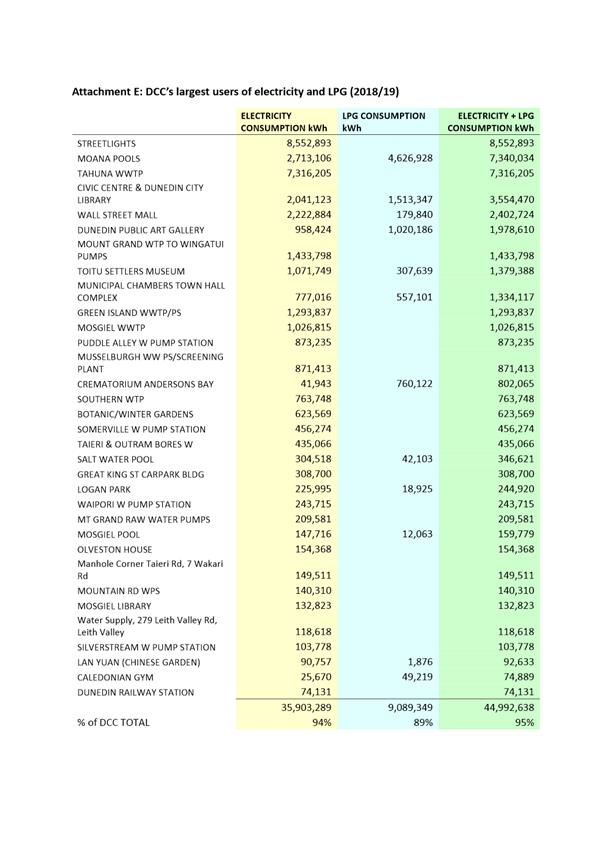
|

|
Council
27 January 2021
|
Community Housing - Strategy and Policy Review
update
Department: Property
EXECUTIVE SUMMARY
1 The
purpose of this report is to update Council on the review of the Dunedin City Council Housing Policy 1997 and the Dunedin City Social
Housing Strategy 2010-2020.
2 This
report also proposes that feedback be sought in the 10 year
plan 2021-2031 consultation document on three key areas of the Community
Housing portfolio (prioritisation of tenants, funding for the
portfolio, and growth of the portfolio) to inform the next stage of the review.
3 Staff
will report back to Council with recommendations during deliberations on the 10
year plan 2021-2031 in May 2021.
|
RECOMMENDATIONS
That the Council:
a) Approves that the 10 year plan 2021-2031
consultation document will seek feedback on prioritisation of DCC Community
Housing tenants by including the following question;
- Do you support the
DCC prioritising its community housing for people aged 65 and over?
b) Approves that the 10 year plan 2021-2031
consultation document will seek feedback on funding for the DCC Community
Housing portfolio by including the following question;
- Do you support
rates being used to subsidise rents for DCC community housing?
c) Approves that the 10 year plan 2021-2031
consultation document will seek feedback on growth of the DCC Community
Housing portfolio by including the following question;
- Should
the DCC build more community housing units?
d) Notes that public submissions will be used to inform the next
stage of the review of the Dunedin City Council Housing Policy 1997 and the Dunedin
City Social Housing Strategy 2010-2020.
|
BACKGROUND
4 Council
passed the below resolution on 29 January 2020;
Moved (Cr
Marie Laufiso/Cr Chris Staynes):
That the Council:
a)
Notes that the Community Housing portfolio is
forecast to return a deficit of $600k in the draft 2020/21 budget.
b)
Notes that staff will carry out a full
review of both the Dunedin Housing Policy 1997, and the Social Housing Strategy
2010-2020 as part of the 10-year Plan process.
Motion carried
(CAPCC/2020/020)
5 Following
the resolution, Community Housing Solutions (the consulting arm of Community
Housing Aotearoa) were commissioned to undertake an initial review of the
Dunedin City Council Housing Policy 1997 (the policy) and the Dunedin City
Social Housing Strategy 2010-2020 (the strategy).
6 Social housing is defined as the provision of accommodation
assistance for individuals and families whose housing needs or circumstances
are not adequately provided for by the private sector.
7 The
first stage of the review has highlighted the changes to Dunedin’s
housing environment since both the policy and strategy were written, and the
complexity of Council’s role in the city’s housing sector.
8 The housing market in Dunedin has changed since the strategy was
written in 2009, with the demand for housing from population growth
exceeding the construction of new houses in recent years.
9 The
average house value in Dunedin has increased from $340,000 in 2016, to more
than $500,000 in 2020, and the average residential rental costs have increased
from $280 per week in 2016, to more than $380 per week in 2020.
10 In April 2018
the Mayors Taskforce for Housing was convened to bring forward recommendations
that would guide stakeholders and the wider community to meet the city’s
long-term housing needs. The taskforce was asked to consider the areas
of;
· Social
housing
· Emergency
housing
· Affordable
housing
· Healthy housing
11 The
Mayors Taskforce for Housing work resulted in the Housing
Action Plan for Dunedin 2019-2039 (the Housing Action Plan). Council agreed in May 2019 to adopt the actions outlined in the Housing Action
Plan and take a ‘stewardship’ role in implementing and advocating
for the plan.
12 This
report focuses on DCC as a landlord and provider of social housing through the
Community Housing portfolio. The Housing Action Plan looks at wider housing issues in the city, with an update to the
Community and Culture Committee due in February 2021.
Dunedin City Social Housing Strategy 2010-2020
13 The Dunedin City Social Housing
Strategy 2010-2020 provides the platform for
the consideration of social housing issues across Dunedin.
14 The
strategy outlines three key principles:
i) The
Council’s role as a lead provider of social housing in Dunedin, particularly
for older persons.
ii) That
the Council will maintain the current breakeven approach for setting rents for
Council housing tenants who meet the income and asset thresholds.
iii) The
Council will play a lead role in facilitating a partnership approach amongst
all social housing providers and other key agencies in addressing social
housing issues.
15 The
accompanying implementation plan focused on
refurbishing existing DCC Community Housing units for the first five years
(2010-2015), then on investing in five to seven new units per year in the next
five year period (2016-2020), up to a total cap of 1,000 units.
16 The initial stage of the review of the strategy has found that Community
Housing units have been refurbished in line with the strategy, but Council has
not invested in new units, and the portfolio now consists of 936 units.
Dunedin City Council Housing Policy 1997
17 The Dunedin City Council Housing Policy 1997 includes goals and
objectives, along with management mechanisms that control the way the Community
Housing portfolio is operated.
18 The
policy responds to factors that were driving the housing environment in 1997.
At that time, on average 7% of DCC Community Housing units were untenanted,
which led to a widening of the eligibility and prioritisation criteria for DCC
Community Housing.
19 Changes
to the housing environment in Dunedin since the policy was written mean that
components of the policy are no longer adequately aligned to housing need in
the city, and rents are no longer achieving breakeven rent at “no
direct cost to the ratepayer”.
20 The initial stage of the review of the policy has focused on
objective two of the policy, ‘the provision of accommodation’, and
its associated mechanisms.
Objective 2
Provide accommodation for those whose
needs are not otherwise adequately met in the community provided there is no
direct cost to the ratepayer. Council’s primary focus is on the provision
of housing for older persons, particularly those with limited financial means.
It also has an interest in providing housing for younger persons with
disabilities and/or limited financial means. Council does not have a focus on
providing housing for larger families.
DISCUSSION
21 The
first stage of the review has highlighted the changes to Dunedin’s
housing environment since both the policy and strategy were written, and the
complexity of Council’s role in the city’s housing sector.
22 To inform the next
stage of the review, consultation as part of the 10 year plan 2021-2031 is
proposed in three key areas;
i) Prioritisation
ii) Funding
iii) Growth
Priorisation
23 The policy provides the following eligibility criteria to apply for a DCC
Community Housing unit:
· New Zealand citizens or permanent residents
· aged over 18
· good tenancy history and able to live co-operatively with others on
the site.
24 The
policy then outlines priorities for placement into a unit, and eligible
applicants are placed on a waitlist under one of four priority groups.
i) Priority
1 – Aged 55 and over, and income below limit, and assets below limit.
ii) Priority
2 – Aged 55 and over
iii) Priority
3 – Aged 54 and under, and income below limit, and assets below limit.
iv) Priority
4 – Aged 54 and under
25 The
minimum age for priority 1 was 60 years of age prior to the adoption of the
policy, which introduced a lower age of 55 at a time when demand for housing
was lower.
26 The
table below shows the population projections for several age cohorts, which
show that the population aged 65 will increase significantly over the next 20
years, while the 55 to 64 cohort will shrink.
|
Age group
|
2018
|
2028
|
2038
|
2018-38
|
|
24 and under
|
49,060
|
48,795
|
47,804
|
-3%
|
|
25 to 54
|
44,386
|
45,609
|
47,182
|
+6%
|
|
55 to 64
|
15,982
|
15,524
|
13,108
|
-18%
|
|
65 and over
|
21,093
|
28,747
|
34,225
|
+62%
|
|
Total
|
130,520
|
138,674
|
142,318
|
|
Table 1 – Demographic projections
27 Currently
174 people on the waiting list fall into the priority 1 group – of these,
122 are aged over 65 years. Since June 2018, three new tenants under the age of
55 have been housed.
28 The
portfolio has historically served older persons and the current tenant profile
is predominately pensioners. Kāinga Ora (central government housing)
provision in Dunedin is more targeted toward families, therefore Council
providing affordable rental accommodation for pensioners has complemented
provision from central government.
29 It
is proposed that the 10 year plan 2021-2031 consultation document will
seek feedback on prioritisation of DCC Community Housing tenants by including
the following question;
· Do
you support the DCC prioritising its community housing for people aged 65 and
over?
Funding
30 Since
its inception in the 1940s, the DCC community housing portfolio was intended to
operate on a breakeven basis; effectively providing accommodation for tenants,
at no direct cost to ratepayers.
31 Consultation
in 2009, undertaken as part of the strategy development, demonstrated that
there was support for Council to continue to provide community housing at no
cost to ratepayers.
32 The
policy sets rents at breakeven level and requires that depreciation be used to
fund redevelopment and renewals. In practice, rent increases have not kept pace
with cost increases, leading to the portfolio being subsidised by approximately
10-15% in recent years.
33 A
table showing rental increases from 2005 is below (increases for 2020 were
postponed to 1 January 2021 due to COVID-19):
|
|
Increase from previous year
|
|
2005
|
$2
per week
|
|
2006
|
$2
per week
|
|
2007
|
$10
per week
|
|
2008
|
$12
- $23 per week
|
|
2009
|
No increase
|
|
2010
|
$8
- $15 per week
|
|
2011
|
$9
- $12 per week
|
|
2012
|
$3
- $6 per week
|
|
2013
|
No increase
|
|
2014
|
No increase
|
|
2015
|
No increase
|
|
2016
|
No increase
|
|
2017
|
No increase
|
|
2018
|
$9
per week
|
|
2019
|
$1
- $3 per week
|
|
2020
|
No increase
|
Table 2 – Rent
increases
34 Five
years out of the last fifteen years have achieved breakeven, with a deficit of $700k forecast for the 2020/21 year and a
deficit of $880k forecast in the draft budget for the 2021/22 year.
35 It
is proposed that the 10 year plan 2021-2031 consultation document will
seek feedback on funding for the DCC Community Housing portfolio by including
the following question;
· Do
you support rates being used to subsidise rents for DCC community housing?
Growth
36 DCC
has not increased the size of the Community Housing portfolio for many years,
as the city population was historically steady, and demand for housing was
low.
37 In
2009, as housing demand began to increase, the strategy included a
direction to invest in five to seven new units per year up to a total cap of
1,000 units. However, no new units have been added to the portfolio since 2010.
38 Most of the portfolio’s 936 units were built in the 1950s and
1960s, with 87% built before 1980 and no new units have been built since
2010.
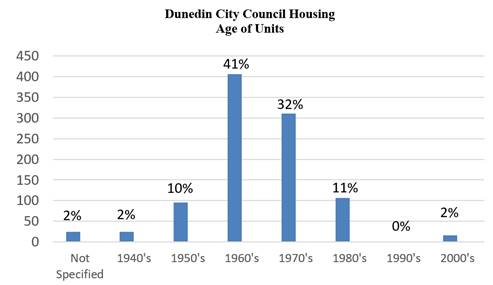
Graph 1 – Age of housing units
39 Breakeven
rents allow for renewal and refurbishment of existing housing units to be
funded from depreciation, but does not provide sufficient funding to buy new
land or build new housing units.
40 DCC
continues to renew and refurbish existing units from depreciation funding,
including the ongoing refurbishment of 37 units at the Palmyra housing site,
and the renewal of ten units at the School Street housing site.
41 Any capital funding to grow the DCC Community Housing
portfolio would likely need to be funded by additional borrowing.
42 No
capital funding is currently included in the draft 10 year plan 2021-2031 to
grow the DCC Community Housing portfolio, and Council will be asked to consider
this once submissions from 10 year plan 2021-2031 are
received.
43 It
is proposed that the 10 year plan 2021-2031 consultation document will
seek feedback on growth of the DCC Community Housing portfolio by including the
following question;
· Should
the DCC build more community housing units?
OPTIONS
44 The
review of the Dunedin City Council Housing Policy 1997 and the
Dunedin City Social Housing Strategy 2010-2020 is ongoing, and this report
proposes that feedback be sought in the 10 year plan 2021-2031
consultation document, to inform the next stage of the review.
45 Feedback is proposed in
three key areas;
i) Prioritisation
ii) Funding
iii) Growth
46 Staff
will report back to Council with recommendations during deliberations on the 10
year plan 2021-2031 in May 2021.
47 Council
has the option to include any or all of the proposed questions in the 10 year
plan 2021-2031 consultation document.
Option
One – Approve the proposed questions, with any amendments, for inclusion
in the 10 year plan 2021-2031 consultation document (Recommended Option)
48 This
option seeks Council approval of the proposed questions, with any amendments,
for inclusion in the 10 year plan 2021-31 consultation document.
49 Do
you support the DCC prioritising its community housing for people aged 65 and
over?
50 Do
you support rates being used to subsidise rents for DCC community housing?
51 Should
the DCC build more community housing units?
Advantages
· Resident
feedback from the questions will inform the next stage of the review of the Dunedin City Council Housing Policy 1997 and the Dunedin City Social
Housing Strategy 2010-2020.
Disadvantages
· There
are no identified disadvantages.
Option
Two – Do not include any questions on housing for inclusion in the 10
year plan 2021-2031 consultation document
52 Under
this option Council does not include any questions related to the Community
Housing portfolio in the 10 year plan 2021-31 consultation document.
Advantages
· There
are no identified advantages.
Disadvantages
· The
next stage of the review of the Dunedin City Council Housing
Policy 1997 and the Dunedin City Social Housing Strategy 2010-2020 will be
uninformed by resident feedback.
NEXT STEPS
53 Should
Council approve the inclusion of the proposed questions, feedback will
be sought through the 10 year plan 2021-31 consultation document on three key areas;
i) Prioritisation
ii) Funding
iii) Growth
54 This
feedback will inform the next stage of the review, and staff will report back
to Council with recommendations during deliberations on the 10 year plan
2021-2031 in May 2021.
55 The
next stage of the review will include a review of rent setting mechanisms for
the Community Housing portfolio.
56 A
report will be presented to the Community and Culture committee in February
outlining progress made to date on the Housing Action Plan, and the development
of a project plan to ensure cross sector progress on housing initiatives across
the city.
Signatories
|
Author:
|
David Bainbridge-Zafar - Group Manager Property Services
|
|
Authoriser:
|
Robert West - Acting General Manager City Services
|
Attachments
|
|
Title
|
Page
|
|
⇩a
|
Attachment A - DCC
Community Housing Policy 1997
|
390
|
|
⇩b
|
Attachment B - Dunedin
City Social Housing Strategy 2010-2020
|
399
|
|
SUMMARY OF CONSIDERATIONS
|
|
Fit with purpose
of Local Government
This decision enables democratic local
decision making and action by, and on behalf of communities.
This decision promotes the social well-being
of communities in the present and for the future.
This decision promotes the economic
well-being of communities in the present and for the future.
|
|
Fit with strategic
framework
|
|
Contributes
|
Detracts
|
Not applicable
|
|
Social Wellbeing Strategy
|
☒
|
☐
|
☐
|
|
Economic Development Strategy
|
☒
|
☐
|
☐
|
|
Environment Strategy
|
☐
|
☐
|
☒
|
|
Arts and Culture Strategy
|
☐
|
☐
|
☒
|
|
3 Waters Strategy
|
☐
|
☐
|
☒
|
|
Spatial Plan
|
☒
|
☐
|
☐
|
|
Integrated Transport Strategy
|
☐
|
☐
|
☒
|
|
Parks and Recreation Strategy
|
☐
|
☐
|
☒
|
|
Other strategic projects/policies/plans
|
☒
|
☐
|
☐
|
Council decisions will also affect the Social Housing
Strategy 2010-2020.
|
|
Māori Impact
Statement
Property Services do not record whakapapa information of
the Community Housing tenants and are therefore unable to determine the
impact of this decision for Māori.
|
|
Sustainability
There is no implications for sustainability.
|
|
LTP/Annual Plan /
Financial Strategy /Infrastructure Strategy
This report contains decisions relating to the Long Term
Plan (LTP).
|
|
Financial
considerations
Financial implications will be dependent on Council
decisions.
|
|
Significance
Community Housing is listed as a Strategic Asset. This
decision is considered medium in terms of the Council’s Significance
and Engagement Policy.
|
|
Engagement –
external
Community Housing Aotearoa were engaged to carry out an
initial review, and engaged informally with relevant stakeholders.
|
|
Engagement -
internal
There has been internal engagement with Community
Development and Planning teams.
|
|
Risks: Legal /
Health and Safety etc.
There are no identified risks.
|
|
Conflict of
Interest
There is no identified conflict of interest.
|
|
Community Boards
There are no implications for Community Boards.
|
|

|
Council
27 January 2021
|
Review of the Significance and Engagement
Policy
Department: Community and Planning
EXECUTIVE SUMMARY
1 This
report provides an update on the review of the Significance and Engagement
Policy (SEP) and proposes amendments to the SEP for Council consideration for
inclusion in the draft 10 year plan 2021-31.
2 The
SEP establishes a general approach for determining the significance of Council
decisions and sets out when and how the Council will engage the community in
its decision-making relative to the significance of the decision.
3 The
SEP also contains a schedule of strategic assets, which are specific assets or
groups of assets which are considered strategically important to achieve and
promote the current or future wellbeing of the community and the priorities of
the Dunedin City Council (DCC)’s Strategic Framework.
4 The
review of the SEP has identified changes which are proposed for inclusion in
the revised SEP (see Attachment A), and the need for further assessment of the
schedule of strategic assets.
5 It
is recommended that further assessment of the schedule of strategic assets is undertaken
in alignment with the 2021 strategic framework refresh, three waters reform
developments and additional legal review. An updated schedule of strategic
assets will be provided to Council for consideration as part of the 2022/2023
Annual Plan deliberations
|
RECOMMENDATIONS
That the Council:
a) Approves the revised Significance and Engagement
Policy for inclusion in the draft 10 year plan.
b) Notes that staff will undertake further review of the
schedule of strategic assets and provide an update for consideration as part
of the 2022/2023 Annual Plan deliberations.
|
BACKGROUND
6 The
DCC’s current SEP was first adopted on 24 November 2014, and then
reviewed in 2017 for the 10 year plan 2018-28. The 2017 review focused on
legislative changes around materiality.
7 The
current SEP states that the policy “will be reviewed at least once every
three years, and within 12 months following each triennial election”
(section 8 of the SEP).
8 The
purpose of the SEP, as per section 76AA of the Local Government Act 2002 (LGA),
is:
(a) to
enable the local authority and its communities to identify the degree of
significance attached to particular issues, proposals, assets, decisions, and
activities; and
(b) to
provide clarity about how and when communities can expect to be engaged in
decisions about different issues, assets, or other matters; and
(c) to inform the
local authority from the beginning of a decision-making process about—
(i) the
extent of any public engagement that is expected before a particular decision
is made; and
(ii) the
form or type of engagement required.
9 The
LGA also requires (schedule 10, clause 11) that a summary (or other
description) of a local authority’s SEP is contained within the long-term
plan.
DISCUSSION
10 The
SEP provides the guiding principles on how to determine the significance of a
Council proposal, decision or matter and provides a definition and schedule of
‘strategic assets’. There are four assessment criteria collectively
considered to determine the degree of significance (from low to high). All
Council reports include an assessment of the significance of a decision in the
summary of considerations.
Review
11 The
current SEP has been reviewed and is still considered fit for purpose as it
provides a framework for assessing the significance of decisions and an outline
of engagement approaches in line with the International Association of Public
Participation (IAP2) spectrum of public participation.
12 Minor
amendments are proposed to the SEP to provide further clarity for staff
implementing the policy. These include:
a) Adding
in ‘businesses’ where the policy refers to groups to engage with,
as well as consistently adding in ‘organisations’,
‘groups’, ‘individuals’ and ‘communities’
(sections 2.3, 7.1 and 7.5)
b) Adding
in reference to Council’s ‘community outcomes’ in section 2.4
c) Adding
‘financial’ impact on the significance scale, for the ‘impact
on Council’s finances, capacity and capability’ assessment criteria
in section 2.5
d) Minor
edits to the Figure 2 flowchart to improve clarity for DCC departments
assessing when and who to engage with
e) Adding
more examples of engagement activities that DCC might use – both in
person and/or online in Figure 3: Types of Engagement Activities
f) More
consistently referencing ‘engagement tools, activities or processes’
in the Figure 2 flowchart and throughout section 7 as well as adding ‘The
Council will be flexible in its engagement approach and be responsive to new
ideas’ in section 7.1.
g) Inserting
the list of IAP2 Core Values into section 5, and adding that the
Council’s will take a principle-based approach to its community
engagement activities ‘in alignment with the international association
for public participation (IAP2) Core Values’ in section 5.2.
h) Changing
‘Fortune Theatre” to ‘231 Stuart
Street (Formerly the Fortune Theatre)’ in Schedule 2 to reflect the
change in use of this asset.
13 On
25 November 2020, the Māori Participation Working Party
(MPWP) considered the SEP principles in respect of engagement with Māori. The
current SEP notes the ‘unique perspectives of Māori in the
city’ in section 5.2 under the principles of engagement. Although the
principles of engagement are not listed in priority order, the MPWP suggested
that this principle be elevated up the list, and wording
revised to ‘We will engage with Māori in the city in a way that is
reflective of tikanga and kawa’. This amendment has been made
to the revised SEP.
Strategic
assets
14 Local
government has a legislative requirement to provide a schedule of strategic
assets in its SEP. Section 76AA of the LGA states:
Significance and Engagement Policy
(3)
The policy adopted under subsection (1) must list the assets considered by the
local authority to be strategic assets.
15 Section
5 of the LGA provides the following definition of strategic assets:
strategic asset, in relation to the assets
held by a local authority, means an asset or group of assets that the local
authority needs to retain if the local authority is to maintain the local
authority’s capacity to achieve or promote any outcome that the local
authority determines to be important to the current or future well-being of the
community; and includes—
(a) any asset or group of assets listed in accordance
with section 76AA(3) by the local authority; and
(b) any land or building owned by the local authority and
required to maintain the local authority’s capacity to provide affordable
housing as part of its social policy; and
(c) any equity securities held by the local authority
in—
(i) a port company within the meaning of the Port
Companies Act 1988:
(ii) an airport company within the meaning of the Airport
Authorities Act 1966.
16 The
current SEP contains a schedule of Strategic Council-Owned assets, varying from
individual assets such as Moana Pool, to groups of assets such as the
transportation network. It defines a strategic asset as ‘strategically
important to achieve and promote the current or future well-being of the
community and the priorities of the Strategic Framework’.
17 Review
of the SEP has found that the schedule of strategic assets needs further
consideration. One minor change is proposed in the revised SEP; from
‘Fortune Theatre’ to ‘231 Stuart Street (Formerly the Fortune
Theatre)’ to reflect the change in usage of this asset.
18 As
noted to Council on 14 December 2020, the Strategic Framework refresh project
is also progressing in 2021, and this may impact upon which strategic assets or
groups of assets are considered strategically important to achieve and promote
the current or future wellbeing of the community and the priorities of the
Strategic Framework. The three waters reform programme will also be progressed
in 2021, which is expected to impact upon strategic assets.
19 It
is anticipated that an update to the SEP schedule of strategic assets will be
provided to Council for consideration as part of the 2022/2023 Annual Plan
deliberations.
OPTIONS
Option
One – (Recommended Option) Approve the revised Significance and
Engagement Policy and note that staff will undertake further review of the
schedule of strategic assets.
20 Council
approves the revised Significance and Engagement Policy, as attached, for
inclusion in the draft 10 year plan 2021-31.
Advantages
· Fulfils
the DCC commitment to review the SEP once every three years.
· Provides
clarity amendments to the existing SEP as part of the development of the draft
2021-31 10 year plan.
· Responds
to feedback from the Māori Participation Working Party.
Disadvantages
· No
disadvantages identified.
Option
Two – (Status Quo) Do not adopt the revised Significance and Engagement
Policy
21 Council
does not approve the revised Significance and Engagement Policy, as attached,
for inclusion in the draft 10 year plan 2021-31, and the current SEP is
included in the draft 10 year plan 2021-31.
Advantages
· Provides
opportunity for further assessment of the schedule of strategic assets before
any updates are made to the SEP.
Disadvantages
· Misses
an opportunity to provide clarity amendments to the existing SEP as part of the
development of the draft 2021-31 10 year plan.
· Does
not respond to feedback provided by the Māori Participation Working Party.
NEXT STEPS
22 If
Council approves the revised Significance and Engagement Policy, it will be
included in the draft 10 year plan 2021-31.
23 Staff
will progress further assessment of the schedule of strategic assets and
provide an update to Council for consideration as part of the 2022/2023 Annual
Plan deliberations.
Signatories
|
Author:
|
Nicola Pinfold - Group Manager Community and Planning
|
|
Authoriser:
|
Robert West - Acting General Manager City Services
|
Attachments
|
|
Title
|
Page
|
|
⇩a
|
Revised Significance
and Engagement Policy
|
430
|
|
SUMMARY OF CONSIDERATIONS
|
|
Fit with purpose
of Local Government
This decision enables democratic local
decision making and action by, and on behalf of communities.
|
|
Fit with strategic
framework
|
|
Contributes
|
Detracts
|
Not applicable
|
|
Social Wellbeing Strategy
|
☒
|
☐
|
☐
|
|
Economic Development Strategy
|
☒
|
☐
|
☐
|
|
Environment Strategy
|
☒
|
☐
|
☐
|
|
Arts and Culture Strategy
|
☒
|
☐
|
☐
|
|
3 Waters Strategy
|
☒
|
☐
|
☐
|
|
Spatial Plan
|
☒
|
☐
|
☐
|
|
Integrated Transport Strategy
|
☒
|
☐
|
☐
|
|
Parks and Recreation Strategy
|
☒
|
☐
|
☐
|
|
Other strategic projects/policies/plans
|
☒
|
☐
|
☐
|
The SEP outlines how the Council will engage with the
community and this includes any discussion in relation to Council’s
strategic priorities. The SEP also lists the DCC’s strategic assets,
which contribute to delivery of the DCC’s strategic priorities.
|
|
Māori Impact
Statement
Proposed amendments to the SEP have been informed by
feedback from the Māori Participation Working Party and Aukaha.
|
|
Sustainability
There are no known implications for sustainability.
|
|
LTP/Annual Plan /
Financial Strategy /Infrastructure Strategy
The SEP will be included in the draft 10 year plan
2021-31.
|
|
Financial
considerations
There are no financial implications associated with
approving the SEP in the draft 10 year plan 2021-31.
|
|
Significance
This decision is considered low in terms of the
Council’s Significance and Engagement Policy, as the report recommends
minor clarity amendments to the SEP itself.
|
|
Engagement –
external
The Māori Participation Working Party and Aukaha have
been consulted.
|
|
Engagement -
internal
There has been internal engagement with DCC staff and the
Senior Leadership Team.
|
|
Risks: Legal /
Health and Safety etc.
There are no identified risks.
|
|
Conflict of
Interest
There are no known conflicts of interest.
|
|
Community Boards
There are no specific impacts for Community Boards
although there are strategic assets in various Community Board areas.
|
|

|
Council
27 January 2021
|
Revenue and Financing Policy
Department: Corporate Policy
EXECUTIVE SUMMARY
1 A
Revenue and Financing Policy is required by the Local Government Act. It
sets out how Council’s operating and capital expenditure will be funded,
and the sources of those funds.
2 This
report seeks Council approval for the draft Revenue and Financing Policy (the
draft Policy), to be used in the preparation of the 10 year plan 2021-31.
|
RECOMMENDATIONS
That the Council:
a) Approves the Revenue and Financing Policy, with
any amendment, to be used in the preparation of the 10 year plan 2021-31.
|
BACKGROUND
3 Section
102 of the Local Government Act 2002 (LGA) requires all councils to prepare and
adopt a Revenue and Financing Policy. The policy must set out:
· How
operating and capital expenditure will be funded; and
· The
sources of those funds.
4 Section
103 (2) LGA sets out the funding sources that are available, and they are as
follows:
· General
rates including:
o Choice
of valuation system;
o Differential
rating; and
o Uniform
annual general rates.
· Targeted
rates;
· Lump
sum contributions;
· Fees
and charges;
· Interest
and dividends from investments;
· Borrowing;
· Proceeds
from the sale of assets;
· Development
contributions;
· Financial
contributions under the Resource Management Act 1991;
· Grants
and subsidies;
· Regional
fuel taxes under the Land Transport Management Act 2003; and
· Any
other source.
5 The
Revenue and Financing Policy must show how the local authority has complied
with section 101(3) of the LGA, which provides that Council must consider the
following for each activity:
· Community
outcomes to which the activity primarily contributes;
· The
distribution of benefits between the community as a whole, any identifiable
part of the community, and individuals;
· The
period over which the benefits are expected to occur;
· The
extent to which the actions or inactions of particular individuals or a group
contribute to the need to undertake the activity;
· The
cost and benefits, including consequences for transparency and accountability,
of funding the activity distinctly from other activities; and
· The
overall impact of any allocation of liability for revenue needs on the current
and future social, economic, environmental and cultural wellbeing of the
community.
DISCUSSION
6 A
review has been undertaken of the current Revenue and Financing Policy (10 year
plan 2018-28) for each activity of Council, to consider all matters identified
in section 101(3) of the LGA, (as described in paragraph 6 above) and determine
if any changes are appropriate.
7 The
matters identified in section 101(3) of the LGA are discussed below.
8 Community
outcomes to which the activity primarily contributes - Local Authorities
must have specified community outcomes under the LGA. Section 5 of the
LGA defines Community outcomes as:
“Community outcomes means the outcomes that a local
authority aims to achieve in order to promote the social, economic,
environmental, and cultural well-being of its district or region in the present
and for the future.”
9 At
its meeting on 25 August 2020, Council confirmed the community outcomes, as
shown in Attachment B.
10 The
draft Policy at Attachment A shows the community outcomes that each of the
activities contribute to.
11 The
distribution of benefits between the community as a whole, and any identifiable
part of the community, and/or individuals - this consideration is often
referred to as the public/private good split or the user pays principle.
An activity may generate public benefits, private benefits, or a mixture of
both. Public benefits are those that benefit the whole community.
Private benefits are those that benefit identifiable parts of a community and /
or individuals.
12 Examples
of funding sources for the types of benefits are shown in table 1.
Table 1 – types of benefit
|
Types of benefit
|
Examples of Funding Sources
|
|
Public benefit
|
General Rates
Grants
|
|
Private benefit
|
Targeted rates
Fees and Charges
Development
Contributions
|
13 The
draft Policy has considered the benefits generated by each activity of
Council.
14 The
period over which the benefits are expected to occur - this is sometimes
referred to as the intergenerational equity principle. If assets have a
long service life, consideration should be given to the time period over which
they are funded. If future generations will benefit from the provision of
the assets, then it may be considered appropriate that they contribute to the
funding of those assets.
15 The
extent to which the actions or inactions of particular individuals or a group
contribute to the need to undertake the activity - this principle is also
known as the exacerbator pays principle, for example, enforcement work is
undertaken because of the actions or inactions of individuals such as
non-compliance with consent conditions, unregulated building activity etc.
16 The
cost and benefits, including consequences for transparency and accountability,
of funding the activity distinctly from other activities - If consideration
is being given to funding an activity differently from other activities, e.g.,
establishing a new and separate targeted rate, then it is prudent to also
consider matters such as the scale of the activity and the costs of
administering a separate funding mechanism.
17 The
overall impact of any allocation of liability for revenue needs on the current
and future social, economic, environmental and cultural wellbeing of the
community - the overall impact of the combined policies are to be considered,
including affordability, barriers to the accessibility of some services, and
alignment with Council’s strategic direction.
Summary of review
18 The
table below shows the current Revenue and Financing Policy and the draft Policy
for each activity of Council. Proposed changes are discussed in the notes
below.
Table 2 – current
and draft Revenue and Financing Policy’s
|
Activity
|
2018-28 Policy
|
Draft 2021-31
Policy
|
Comments
|
|
|
Rates
Revenue
%
|
Other
Revenue
%
|
Rates
Revenue
%
|
Other
Revenue
%
|
|
|
Roading and
footpaths
|
|
Transport
|
62%
|
38%
|
62%
|
38%
|
Note 1
|
|
3
Waters
|
|
|
Water
supply
|
80%
|
20%
|
80%
|
20%
|
|
|
Wastewater
|
98%
|
2%
|
98%
|
2%
|
|
|
Stormwater
|
98%
|
2%
|
99%
|
1%
|
Note 2
|
|
Waste management
|
|
Landfills
|
1%
|
99%
|
0%
|
100%
|
Note 3
|
|
Refuse / recycling collection,
clean up days
|
62%
|
38%
|
75%
|
25%
|
Note 3
|
|
Waste
minimisation
|
0%
|
100%
|
0%
|
100%
|
|
|
Reserves and
recreational facilities
|
|
Aquatic
services
|
55%
|
45%
|
55%
|
45%
|
|
|
Cemeteries
(parks and burials)
|
50%
|
50%
|
50%
|
50%
|
|
|
Crematorium
|
0%
|
100%
|
0%
|
100%
|
|
|
Dunedin
Botanic Garden
|
98%
|
2%
|
98%
|
2%
|
|
|
Parks
and reserves
|
96%
|
4%
|
96%
|
4%
|
|
|
Property
|
|
Community
housing
|
0%
|
100%
|
0%
|
100%
|
Note 4
|
|
Other property
|
-
|
-
|
45%
|
55%
|
Note 4
|
|
Ara Toi
|
|
Ara
Toi services
|
-
|
-
|
100%
|
0%
|
Note 5
|
|
Dunedin
public art gallery
|
85%
|
15%
|
85%
|
15%
|
|
|
Dunedin
public libraries
|
95%
|
5%
|
98%
|
2%
|
Note 5
|
|
Lan
Yuan Chinese Garden
|
75%
|
25%
|
75%
|
25%
|
|
|
Olveston
|
33%
|
67%
|
33%
|
67%
|
|
|
Otago
Museum levy
|
100%
|
0%
|
100%
|
0%
|
|
|
Toitū
Settlers Museum
|
92%
|
8%
|
92%
|
8%
|
|
|
Regulatory
services
|
|
Animal
services
|
20%
|
80%
|
10%
|
90%
|
Note 6
|
|
Building
services
|
33%
|
67%
|
25%
|
75%
|
Note 6
|
|
Environmental
health
|
65%
|
35%
|
65%
|
35%
|
|
|
Liquor
licensing
|
35%
|
65%
|
10%
|
90%
|
Note 6
|
|
Parking
operations
|
0%
|
100%
|
0%
|
100%
|
|
|
Parking
services (enforcement)
|
2%
|
98%
|
2%
|
98%
|
|
|
Economic
development
|
|
Economic development and
marketing
|
90%
|
10%
|
90%
|
10%
|
|
|
Visitor
Centre (i-Site)
|
55%
|
45%
|
60%
|
40%
|
Note 7
|
|
Community and
planning
|
|
Community development
and events
|
95%
|
5%
|
95%
|
5%
|
|
|
City
development
|
100%
|
0%
|
100%
|
0%
|
|
|
Resource
consent management
|
60%
|
40%
|
60%
|
40%
|
|
|
Governance and
support services
|
|
Civic and governance
support services
|
100%
|
0%
|
100%
|
0%
|
|
|
Corporate
support
|
77%
|
23%
|
90%
|
10%
|
Note 8
|
|
Warm
Dunedin
|
100%
|
0%
|
100%
|
0%
|
|
Note 1 – Roading and footpaths
19 The
current policy provides for 62% general rates and 38% other revenue, which is
primarily made up of Waka Kotahi NZ Transport Agency’s Funding Assistance
Rate subsidy. Subsidy rates are set by government and vary depending on
the nature of the work being completed, and the current areas of government
focus, e.g., road safety. The costs not funded by grants provide a public
benefit to the community and are funded through general rates.
Note 2 – Stormwater
20 Stormwater
funding is currently based on the wastewater revenue policy, with targeted
rates of 98% charged on properties within the scheme area. Other revenue
of 2% for wastewater includes trade waste charges, however these do not apply
to stormwater.
21 It
is proposed that the Policy for stormwater is amended to provide 99% targeted
rates and 1% of other revenue for connection fees and development contributions
only, being approximately $116,000 on budgeted costs of $9.6 million.
22 Council
charges a drainage rate that incorporates both stormwater and wastewater.
It is recommended that work be undertaken during the 2021/22 year to split this
rate into the two components, as this will likely be needed as part of the 3
waters reform.
Note 3 – Waste Management
23 Landfills
– this activity provides a private benefit to those using the
landfill. Landfill fees recover the cost of this activity, and so it is
recommended that the policy be amended from 1% rates revenue and 99% other
revenue, to 100% other revenue to reflect this.
24 Refuse/recycling
and clean up days – this activity is estimated to cost $6.7 million,
and is currently funded 75% from rates, being a mix of targeted rates for
recycling kerbside collection and general rates for litter bins and clean up
days. Other revenue of 25% is recovered from the purchase of black bags
for refuse collection, estimated as $1.7 million.
25 A
new revenue policy will be required with the introduction of a new kerbside
collection service in 2022/23. Funding options are presented in the
report “Kerbside Collection Funding Options” for consideration at
the 27 January 2021 Council meeting.
Note 4 - Property
26 Community
housing – at the 27 January 2021 meeting, Council will consider a
report “Community Housing – Strategy and Policy Review
Update”, proposing that feedback be sought on funding for the DCC
Community Housing portfolio through the 10 year plan consultation
document. It is therefore recommended that this revenue policy remains
unchanged with 100% recovery of costs through other revenue, pending a decision
at Council’s deliberations meeting in May 2021.
27 Other
property– this activity does not have a current policy. It is
made up of properties held for investment purposes that achieve positive returns
through rental incomes, property held for the community e.g., community halls
and public toilets, and operational properties that owned and occupied by the
DCC.
28 Other
revenue of approximately $10.5 million is received on investment properties and
some of Council’s operational properties that are rented to external
parties. The balance of costs is recovered through approximately $8.8
million of rates. It is recommended that this policy reflects the current
recovery of costs, being 45% rates revenue and 55% other revenue.
Note 5 – Ara Toi
29 Ara
Toi - this activity, estimated to cost approximately $730,000, does not
have a current policy. It includes the provision of arts grants, City of
Literature, and providing advice to the arts and culture sector. These
activities provide a public benefit and are funded 100% general rates. It
is recommended that the policy reflects this.
30 Dunedin
public libraries – the current policy is 95% from general rates, with
5% from fees and charges, for late returns, borrowing “Hotpicks”
etc. The chargeable services at the library are reducing because of an
increase in digital use by library users, and this is reflected in the actual
recovery of 3% fees and charges over the past two years. It is
recommended that the policy is amended to recover 98% from general rates and 2%
from fees and charges, being approximately $215,000 on costs of $10.7
million.
Note 6 – Regulatory
services
31 Animal
services – the current policy provides for 20% public benefits funded
from rates and 80% private benefit funded from dog registration fees. The
level of dog registration fees being received is approximately $1.5 million,
and now covers approximately 90% of the cost of this activity, budgeted to be
$1.7 million. It is recommended that the Policy be amended to reflect the
actual recovery.
32 Building
services – the current policy provides for 33% rates funding, and 67%
from building consent fees. The level of building consent fees being
received now covers approximately 75% of the cost of this activity. It is
recommended that the Policy be amended to reflect what is being achieved, and
for 2021/22 this is estimated to be $6.7 million of other revenue on costs of
$8.6 million.
33 Liquor
Licensing - the current policy provides for 35% public benefits funded from
rates and 65% private benefit funded from liquor licensing fees. The
actual fee revenue received recovers approximately 90% of the cost of this
activity. As fees are set by statute, it is recommended that the policy
is amended to 10% rates and 90% other revenue on an estimated cost of $510,000.
Note 7 – Economic
Development
34 Visitor
centre (i-Site) - Other revenue of 45% received by the visitor centre is
primarily from commission income from the sale of tours and accommodation
bookings, and is demand driven. It is recommended that the policy is
amended to 60% general rates and 40% other revenue on an estimated cost of $1.1
million, which reflects the actual recoveries through i-Site pre
COVID-19. It is acknowledged that with the current downturn in the
tourism industry, this proposed revenue policy will not be attainable in the
short term.
Note 8 – Governance
and support services
35 Corporate
Support – This activity includes corporate leadership, business information
systems, finance and other internal support for all areas of council. The
cost of this activity is approximately $37 million, of which $25 million is
recovered through internal charges to other areas of council and are therefore
funded in accordance with their respective revenue policies.
36 It
is recommended that the policy is amended to reflect only those costs (i.e.,
$12 million) that cannot be recovered through internal charges. This
split would be 90% general rates and 10% other revenue, reflecting the
recoveries that have been achieved in recent years.
Proposed Policy and Budget
37 Table
3 below shows a comparison of the draft policy with the draft 2021-22
budget.
38 The
draft Policy sets out the revenue sources following consideration of each of
the matters identified in section 101(3) of the LGA. The budget sets out
what the estimated recovery of costs is likely to be in the first year of the
10 year plan 2021-31, having considered the current environment, and the
impacts of COVID-19.
39 In
any budget year, there is likely to be a level of variability between the
policy and the budget, but it would not be expected to be more than +/-
5%.
Table 3 – Draft
policy and draft budgets comparison
|
2021-2031 Draft Policy
|
2021/22 Budgets
|
Variance
|
|
Activity
|
Rates Revenue %
|
Other Revenue %
|
Rates Revenue %
|
Other Revenue %
|
Within +/- 5%
|
|
Roading and footpaths
group
|
|
|
Transport
|
62%
|
38%
|
64%
|
36%
|
✓
|
|
Three Waters
|
|
|
Water supply
|
80%
|
20%
|
81%
|
19%
|
✓
|
|
Waste water
|
98%
|
2%
|
97%
|
3%
|
✓
|
|
Stormwater
|
99%
|
1%
|
99%
|
1%
|
✓
|
|
Waste management group
|
|
|
Landfills
|
0%
|
100%
|
0%
|
100%
|
✓
|
|
Refuse/recycling collection
and clean ups days
|
75%
|
25%
|
75%
|
25%
|
✓
|
|
Waste minimisation
|
0%
|
100%
|
0%
|
100%
|
✓
|
|
Reserves and recreational
facilities group
|
|
|
Aquatic services
|
55%
|
45%
|
62%
|
38%
|
Note 9
|
|
Cemeteries (parks and
burials)
|
50%
|
50%
|
50%
|
50%
|
✓
|
|
Crematorium
|
0%
|
100%
|
0%
|
100%
|
✓
|
|
Dunedin Botanic Garden
|
98%
|
2%
|
99%
|
1%
|
✓
|
|
Parks and reserves
|
96%
|
4%
|
93%
|
7%
|
✓
|
|
Property group
|
|
|
Community housing
|
0%
|
100%
|
9%
|
91%
|
Note 10
|
|
Other property
|
45%
|
55%
|
46%
|
54%
|
✓
|
|
Ara Toi group
|
|
|
Ara Toi services
|
100%
|
0%
|
97%
|
3%
|
✓
|
|
Dunedin Public Art Gallery
|
85%
|
15%
|
89%
|
11%
|
✓
|
|
Dunedin Public Libraries
|
98%
|
2%
|
97%
|
3%
|
✓
|
|
Lan Yuan Chinese Garden
|
75%
|
25%
|
95%
|
5%
|
Note 11
|
|
Olveston
|
33%
|
67%
|
71%
|
29%
|
Note 11
|
|
Otago Museum levy
|
100%
|
0%
|
100%
|
0%
|
✓
|
|
Toitū Otago Settlers
Museum
|
92%
|
8%
|
91%
|
9%
|
✓
|
|
Regulatory services group
|
|
|
Animal Services
|
10%
|
90%
|
11%
|
89%
|
✓
|
|
Building Services
|
25%
|
75%
|
22%
|
78%
|
✓
|
|
Environmental Health
|
65%
|
35%
|
70%
|
30%
|
✓
|
|
Liquor Licensing
|
10%
|
90%
|
19%
|
81%
|
Note 11
|
|
Parking Operations
|
0%
|
100%
|
0%
|
100%
|
✓
|
|
Parking services
(enforcement)
|
2%
|
98%
|
10%
|
90%
|
Note 11
|
|
Economic
development group
|
|
|
Economic
development and marketing
|
90%
|
10%
|
96%
|
4%
|
Note 12
|
|
Visitor centre (i-Site) *
|
60%
|
40%
|
79%
|
21%
|
Note 11
|
|
Community and planning
group
|
|
|
Community development and
events
|
95%
|
5%
|
94%
|
6%
|
✓
|
|
City development
|
100%
|
0%
|
100%
|
0%
|
✓
|
|
Resource consent management
|
60%
|
40%
|
61%
|
39%
|
✓
|
|
Governance and support
services group
|
|
|
Civic & governance
support services
|
100%
|
0%
|
100%
|
0%
|
✓
|
|
Corporate support services
|
90%
|
10%
|
91%
|
9%
|
✓
|
|
Warm Dunedin
|
100%
|
0%
|
100%
|
0%
|
✓
|
40 Note
9 - The estimated cost of aquatic services for 2021/22 is $9.1 million and
other revenue is estimated to be $3.4 million in the 2021/22 year. The
fees and charges for this activity are currently being reviewed. It is
recommended that during the 2021/22 year, the revenue policy for this activity
is reviewed with the review of fees.
41 Note
10 - Community housing has been discussed in paragraph 26 above.
42 Note
11 – The budgets have been prepared, taking into account the impacts
of COVID-19.
43 Note
12 – The Economic Development activity receives other revenue from external partners for specific
projects. This will vary from year to year, depending on the planned
projects in any one year.
OPTIONS
44 Council
is required to have a Revenue and Financing Policy as part of the 10 year
plan. Options have not been presented but Council is able to modify the
draft Revenue and Financing Policy.
NEXT STEPS
45 If
Council assesses for any activity that the revenue split is different to that
proposed, amendments to the fees and charges schedule will be made to reflect
those changes.
46 The
approved Revenue and Financing Policy will form part of the supporting
documentation for the 10 year plan consultation.
Signatories
|
Author:
|
Sharon Bodeker - Corporate Planner
|
|
Authoriser:
|
Gavin Logie - Acting General Manager Finance
|
Attachments
|
|
Title
|
Page
|
|
⇩a
|
Revenue and Financing
Policy
|
451
|
|
⇩b
|
Community Outcomes
|
476
|
|
SUMMARY OF CONSIDERATIONS
|
|
Fit with purpose
of Local Government
This decision enables democratic local
decision making and action by, and on behalf of communities, and promotes the
social, economic, environmental and cultural well-being of communities in the
present and for the future.
|
|
Fit with strategic
framework
|
|
Contributes
|
Detracts
|
Not applicable
|
|
Social Wellbeing Strategy
|
☒
|
☐
|
☐
|
|
Economic Development Strategy
|
☒
|
☐
|
☐
|
|
Environment Strategy
|
☒
|
☐
|
☐
|
|
Arts and Culture Strategy
|
☒
|
☐
|
☐
|
|
3 Waters Strategy
|
☒
|
☐
|
☐
|
|
Spatial Plan
|
☒
|
☐
|
☐
|
|
Integrated Transport Strategy
|
☒
|
☐
|
☐
|
|
Parks and Recreation Strategy
|
☒
|
☐
|
☐
|
|
Other strategic projects/policies/plans
|
☒
|
☐
|
☐
|
The 10 year plan contributes to the objectives and
priorities of the strategic framework as it describes the Council’s
activities, the community outcomes, and provides a long term focus for
decision making and coordination of the Council’s resources, as well as
a basis for community accountability. The Revenue and Financing Policy
is a key component of the development of the 10 year plan.
|
|
Māori Impact
Statement
There are no known impacts for tangata whenua.
|
|
Sustainability
The Revenue and Financing Policy considers the overall
impact of its funding requirements on the current and future social,
economic, environmental and cultural wellbeing of the community, when setting
the policy.
|
|
LTP/Annual Plan /
Financial Strategy /Infrastructure Strategy
The Revenue and Financing Policy does not impact on levels
of service provided but provides for how the activities of Council are
funded.
|
|
Financial
considerations
The financial impacts are discussed in the report.
|
|
Significance
Proposed changes to the Revenue and Financing Policy are
not considered significant in terms of the Council’s Significance and
Engagement Policy. The Policy will be included in the supporting
documentation for consultation on the 10 year plan.
|
|
Engagement –
external
There has been no external engagement in the development
of the Revenue and Financing Policy.
|
|
Engagement -
internal
Staff and managers from across Council have been consulted
on in the review of the Revenue and Financing Policy.
|
|
Risks: Legal /
Health and Safety etc.
There are no identified risks.
|
|
Conflict of
Interest
There are no known conflicts of interest.
|
|
Community Boards
There are no implications for Community Boards.
|
|

|
Council
27 January 2021
|
Rates Remission and Postponement Policy
Department: Corporate Policy
EXECUTIVE SUMMARY
1 The
Local Government Act (LGA) provides that local authorities may have a rates
remission policy and a rates postponement policy. Any policy adopted must
be reviewed every six years and be consulted on.
2 A
review of Council’s Rates Remission and Postponement Policy (the Policy)
has been undertaken, and minor changes to the Policy are proposed. The
Policy with tracked changes is provided at Attachment A.
3 The
purpose of this report is to seek Council’s approval of the changes and
approve that the Policy be consulted on through the 10 year plan consultation
process.
|
RECOMMENDATIONS
That the Council:
a) Approves the proposed Rates Remission and
Postponement Policy, with any amendments.
b) Approves that the policy be consulted on through the 10 year plan
consultation process.
|
BACKGROUND
4 Section
102(3) of the LGA provides that a local authority may adopt either or both of
the following policies:
· A
rates remission policy;
· A
rates postponement policy.
5 Polices
adopted under that section must state the objectives sought to be achieved by
the remission and postponement of rates, and the conditions and criteria to be
met for rates to be remitted or postponed.
6 The
policies must be reviewed at least once every six years and be consulted on.
DISCUSSION
7 Council’s
Policy was last reviewed in 2015. In accordance with the LGA, a review
has now been undertaken, and some minor amendments are proposed to be made to
the Policy. These changes are summarised below:
|
Section of Policy
|
Detail of change
|
|
4.3 – removal of “or the penalty refers to
the previous rating year.
|
The policy provides that a request for remission of a
penalty of less than $100 in the current year does not need to be made in
writing, but that any similar request for prior years penalties must be in
writing. The proposed amendment would treat all penalties less than
$100 the same.
|
|
6.2 – removal of “non”
|
Correcting an error in the current policy –
reference should be “contiguous”, not
“non-contiguous”.
|
|
7 – new policy for remission of certain targeted
rates for a family flat.
|
If a property has a main dwelling and a second,
self-contained dwelling that is for the owner’s own use, this would be
assessed as having two separately used and inhabited parts, and therefore
attract two kerbside, water and other rates. Declaration forms must be
completed by these ratepayers for one set of rates to be remitted. This
should be included in the policy.
|
|
10 – new policy for unexpected events
|
A general “catch all” provision to cover
any other event not captured by the policy. Any decision to remit rates
and/or penalties would require a resolution of Council.
|
OPTIONS
8 As
this review is required by legislation, there are no options.
NEXT STEPS
9 The
proposed policy including any amendments will be consulted on as part of the 10
year plan consultation.
Signatories
|
Author:
|
Sharon Bodeker - Corporate Planner
|
|
Authoriser:
|
Gavin Logie - Acting General Manager Finance
|
Attachments
|
|
Title
|
Page
|
|
⇩a
|
Rate Remissions and
Postponement Policy - track changes
|
483
|
|
⇩b
|
Rate Remission and
Postponement Policy
|
492
|
|
SUMMARY OF CONSIDERATIONS
|
|
Fit with purpose
of Local Government
This decision enables democratic local
decision making and action by, and on behalf of communities.
|
|
Fit with strategic
framework
|
|
Contributes
|
Detracts
|
Not applicable
|
|
Social Wellbeing Strategy
|
☐
|
☐
|
☒
|
|
Economic Development Strategy
|
☐
|
☐
|
☒
|
|
Environment Strategy
|
☐
|
☐
|
☒
|
|
Arts and Culture Strategy
|
☐
|
☐
|
☒
|
|
3 Waters Strategy
|
☐
|
☐
|
☒
|
|
Spatial Plan
|
☐
|
☐
|
☒
|
|
Integrated Transport Strategy
|
☐
|
☐
|
☒
|
|
Parks and Recreation Strategy
|
☐
|
☐
|
☒
|
|
Other strategic projects/policies/plans
|
☒
|
☐
|
☐
|
The review of the Rates Remission and
Postponement Policy contributes to the Financial Strategy and Revenue and
Financing Policy.
|
|
Māori Impact
Statement
There are no known impacts for tangata whenua.
|
|
Sustainability
There are no implications for sustainability.
|
|
LTP/Annual Plan /
Financial Strategy /Infrastructure Strategy
Any decision to change the rating policies may impact on
the 10 year plan, Annual Plan and Financial Strategy.
|
|
Financial
considerations
There are no financial implications for Council from the
proposed amendments.
|
|
Significance
The proposed amendments to the policy are considered of
low significance in terms of the Council’s Significance and Engagement
Policy. The policy will however be consulted on in accordance with the
requirements of the Local Government Act.
|
|
Engagement –
external
There has been no external engagement in reviewing this
policy.
|
|
Engagement -
internal
Finance staff have been engaged in the review of this
policy.
|
|
Risks: Legal /
Health and Safety etc.
There are no identified risks.
|
|
Conflict of
Interest
There are no known conflicts of interest.
|
|
Community Boards
There are no implications for Community Boards.
|
|

|
Council
27 January 2021
|
DCC Submission on the University of Otago's
Vision 2040 Discussion Paper
Department: Community and Planning
EXECUTIVE SUMMARY
1 This
report seeks approval of a draft Dunedin City Council (DCC) submission
(Attachment A) to the University of Otago on the ‘Vision 2040’
discussion paper (Attachment B).
|
RECOMMENDATIONS
That the Council:
a) Approves the draft DCC submission to the University
of Otago on the ‘Vision 2040’ discussion paper.
|
Background
2 The
University of Otago (the University) is seeking feedback on its discussion
paper ‘Vision 2040’. This document reviews and re-sets the
University’s strategic direction for the next 20 years.
3 The
DCC submitted to the University’s previous vision document in 2013.
4 The
Mayor and the Chief Executive met electronically with the Vice-Chancellor and
Director of Strategy, Analytics and Reporting in November 2020 to discuss the
University’s strategic direction.
5 The
DCC was granted and extension to the timeframe to allow it to consider the
matter at its first meeting in 2021.
Discussion
6 The
University’s proposed guiding principles are:
· honouring the Treaty
Partnership
· sustainability
· social
responsibility
· academic freedom.
7 The
University’s strategic imperatives to 2040 are:
· excellence in
research
· excellence in
teaching
· outstanding student
experience
· outstanding campus
environments
· commitment and
citizenship
· sustaining capability.
8 Overall, the draft DCC submission is supportive of the
University’s vision as it is complementary to the city vision of Dunedin
being one of the world’s great small cities.
9 The submission supports the University’s guiding principles,
particularly regarding the Treaty of Waitangi and sustainability, as these are
aligned with the key principles underpinning the DCC strategic framework.
10 However, the submission notes that there is an opportunity to
strengthen the commitment to working in partnership with the DCC. This is
particularly relevant in the ‘outstanding student experience’
(pages 12-13) and ‘outstanding campus environments’ (pages 14-15)
sections of the discussion document.
Options
Option
one (recommended option) – Approve the submission (with or without
amendment)
11 Approve
the DCC submission to the University on the ‘Vision 2040’
discussion paper.
Advantages
· Opportunity
to show support for the University’s strategic vision, and highlight the
strategic partnership between the DCC and the University.
Disadvantages
· There
are no identified disadvantages for this option.
Option
Two – Do not approve the submission
12 Do
not approve the DCC submission to the University on the ‘Vision
2040’ discussion paper.
Advantages
· There
are no identified advantages for this option.
Disadvantages
· Missed
opportunity to show support for the University’s strategic vision, and
highlight the strategic partnership between the DCC and the University.
Next Steps
13 If
approved, the submission will be sent to the University. Staff and
Council’s elected representatives will continue to work in partnership
with the University through the Tertiary Sector Steering Group structure and
through involvement in joint project teams on major projects.
Signatories
|
Author:
|
Nicola Pinfold - Group Manager Community and Planning
|
|
Authoriser:
|
Robert West - Acting General Manager City Services
|
Attachments
|
|
Title
|
Page
|
|
⇩a
|
DCC submission on
Vision 2040
|
506
|
|
⇩b
|
Vision 2040: a
discussion paper
|
509
|
|
SUMMARY OF CONSIDERATIONS
|
|
Fit with purpose
of Local Government
This submission is in alignment with the
Strategic Framework, which promotes the social, economic and environmental
well-being of communities in the present and for the future.
|
|
Fit
with strategic framework
|
|
Contributes
|
Detracts
|
Not applicable
|
|
Social Wellbeing Strategy
|
☒
|
☐
|
☐
|
|
Economic Development Strategy
|
☒
|
☐
|
☐
|
|
Environment Strategy
|
☒
|
☐
|
☐
|
|
Arts and Culture Strategy
|
☒
|
☐
|
☐
|
|
3 Waters Strategy
|
☒
|
☐
|
☐
|
|
Spatial Plan
|
☒
|
☐
|
☐
|
|
Integrated Transport Strategy
|
☒
|
☐
|
☐
|
|
Parks and Recreation Strategy
|
☒
|
☐
|
☐
|
|
Other strategic projects/policies/plans
|
☒
|
☐
|
☐
|
|
This submission is in
alignment with the Tertiary Precinct Development Plan.
|
|
|
Māori Impact
Statement
This submission encourages the University’s ambition
to attract a more diverse student cohort which should have a positive impact
on Māori.
|
|
Sustainability
This submission supports the University’s focus on
sustainability.
|
|
LTP/Annual Plan /
Financial Strategy /Infrastructure Strategy
There are no known impacts.
|
|
Financial
considerations
There are no financial impacts.
|
|
Significance
This decision has been assessed under the Council’s
Significance and Engagement Policy as being of low significance.
|
|
Engagement –
external
There was no external engagement on this submission. However,
the Mayor and CEO met with the University to discuss the vision document, at
the University’s invitation.
|
|
Engagement -
internal
Staff with involvement in the Tertiary Precinct Planning
Group were consulted in the preparation of the draft.
|
|
Risks: Legal /
Health and Safety etc.
There are no known risks.
|
|
Conflict of
Interest
There are no known conflicts of interest.
|
|
Community Boards
There are no known impacts for Community Boards.
|
|

|
Council
27 January 2021
|
Resolution to Exclude the
Public
That the Council excludes
the public from the following part of the proceedings of this meeting (pursuant
to the provisions of the Local Government Official Information and Meetings Act
1987) namely:
|
General subject of the matter to be considered
|
Reasons
for passing this resolution in relation to each matter
|
Ground(s) under
section 48(1) for the passing of this resolution
|
Reason for
Confidentiality
|
|
C1
Confirmation of the Confidential Minutes of Ordinary Council meeting -
14 December 2020 - Public Excluded
|
S7(2)(b)(ii)
The
withholding of the information is necessary to protect information where the
making available of the information would be likely unreasonably to prejudice
the commercial position of the person who supplied or who is the subject of
the information.
S7(2)(h)
The
withholding of the information is necessary to enable the local authority to
carry out, without prejudice or disadvantage, commercial activities.
|
.
|
|
|
C2
Confirmation of the Confidential Minutes of Ordinary Council meeting -
8 December 2020 - Public Excluded
|
S7(2)(g)
The
withholding of the information is necessary to maintain legal professional
privilege.
S7(2)(a)
The
withholding of the information is necessary to protect the privacy of natural
persons, including that of a deceased person.
S7(2)(i)
The
withholding of the information is necessary to enable the local authority to
carry on, without prejudice or disadvantage, negotiations (including
commercial and industrial negotiations).S7(2)(h)
The
withholding of the information is necessary to enable the local authority to
carry out, without prejudice or disadvantage, commercial activities.
|
.
|
|
|
C3
Confidential documents for notification of 2GP Variation 2: Additional
Housing Capacity
|
S7(2)(j)
The
withholding of the information is necessary to prevent the disclosure or use
of official information for improper gain or improper advantage.
|
S48(1)(a)
The public conduct of
the part of the meeting would be likely to result in the disclosure of
information for which good reason for withholding exists under section 7.
|
Information contained
in the documentation for Variation 2 to the 2GP includes details of proposed
changes to the zoning of properties and to the rules managing the development
of properties. These changes could result in increases to the value of
some properties, and public access to the details of these changes ahead of
the formal public notification process could provide persons with an improper
advantage..
|
This resolution is made in
reliance on Section 48(1)(a) of the Local Government Official Information and
Meetings Act 1987, and the particular interest or interests protected by
Section 6 or Section 7 of that Act, or Section 6 or Section 7 or Section 9 of
the Official Information Act 1982, as the case may require, which would be
prejudiced by the holding of the whole or the relevant part of the proceedings
of the meeting in public are as shown above after each item.

































































































































































































